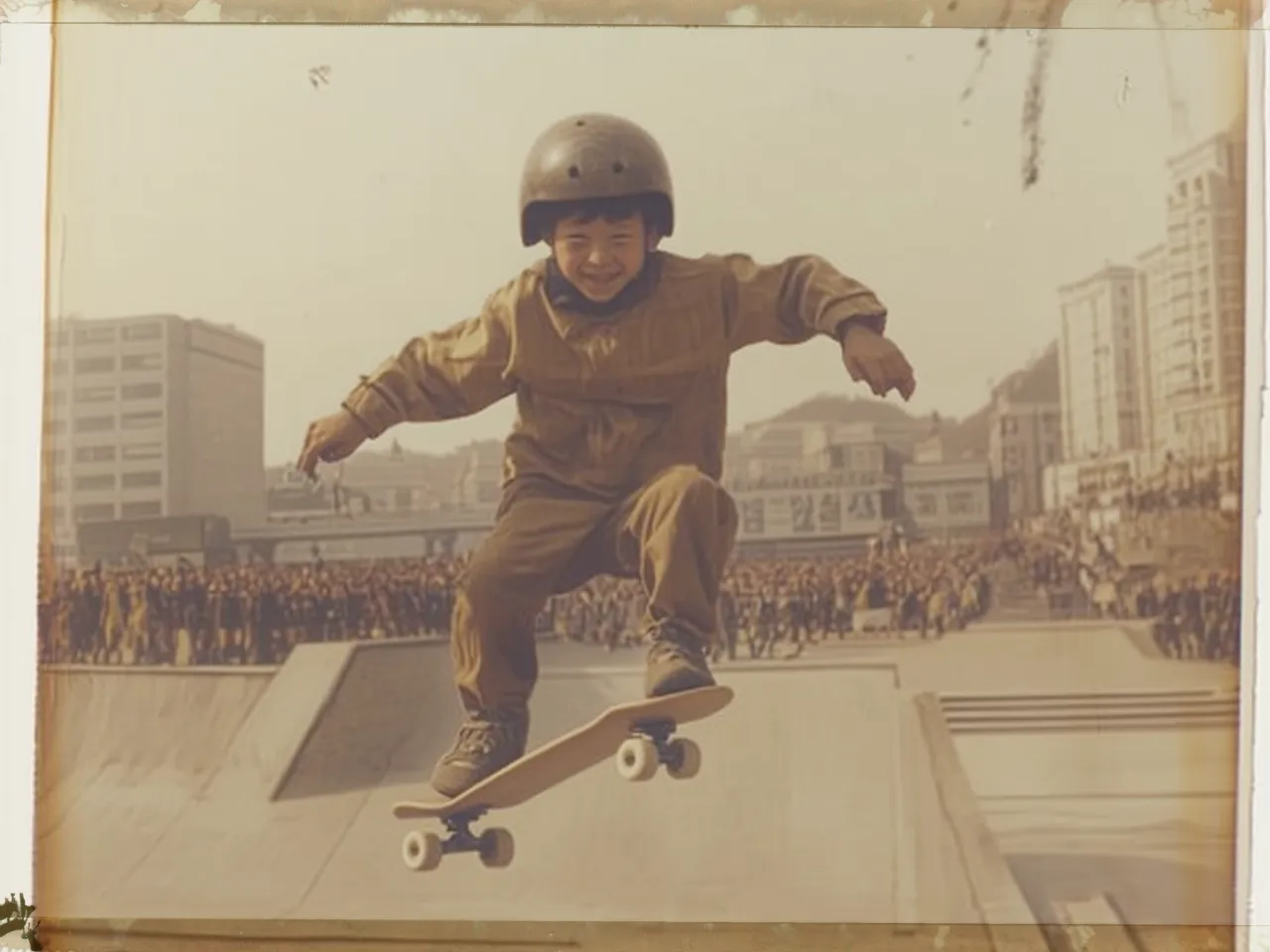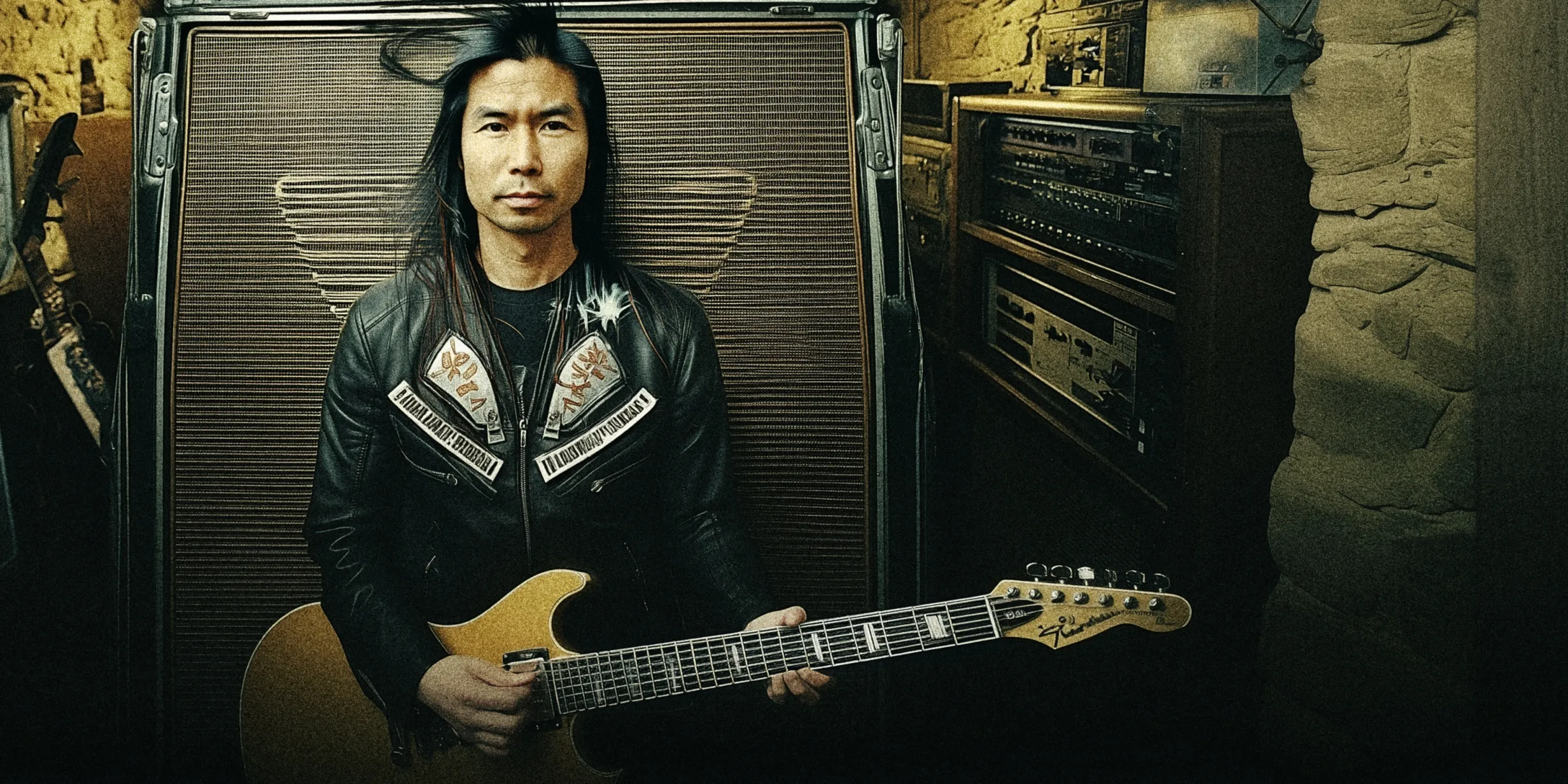
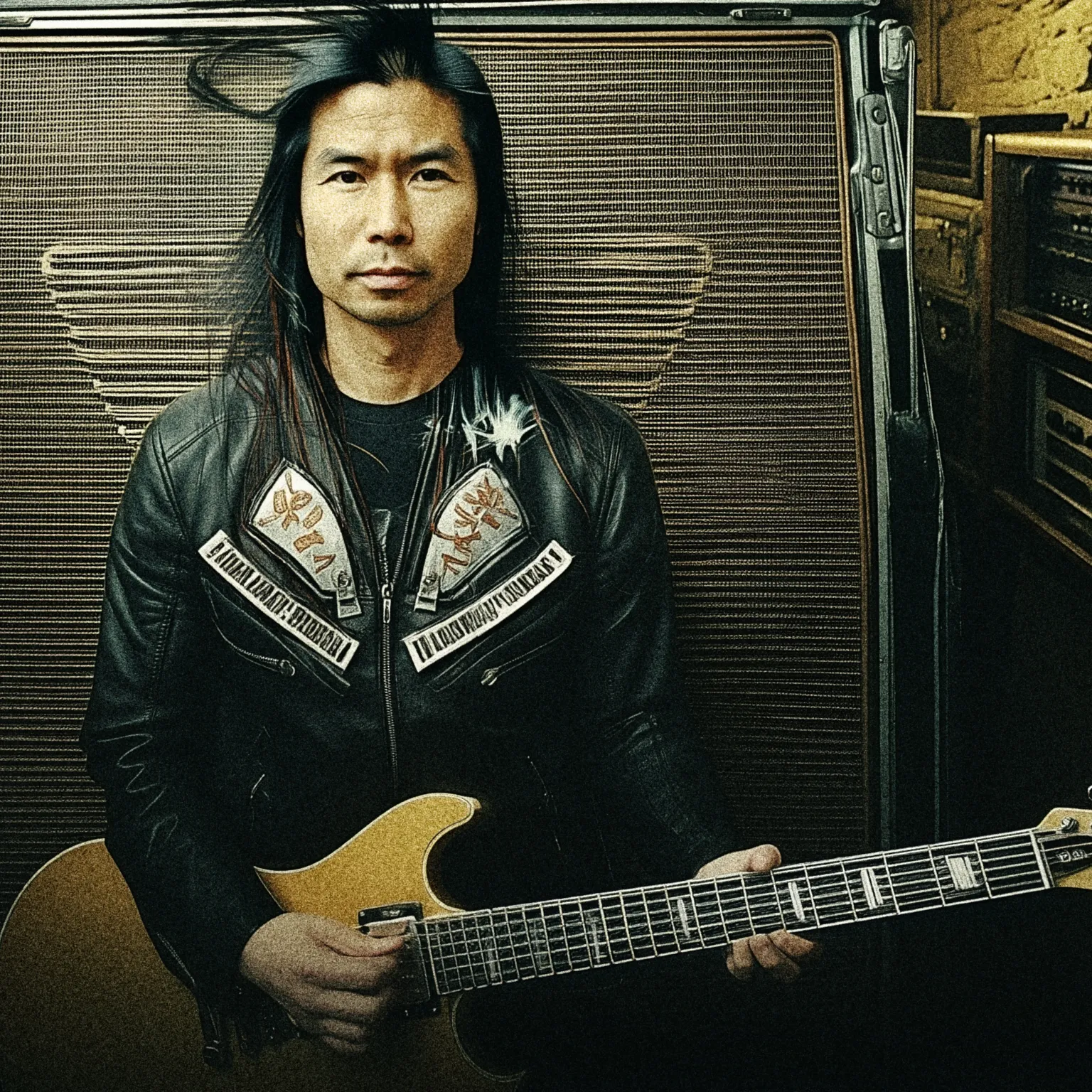
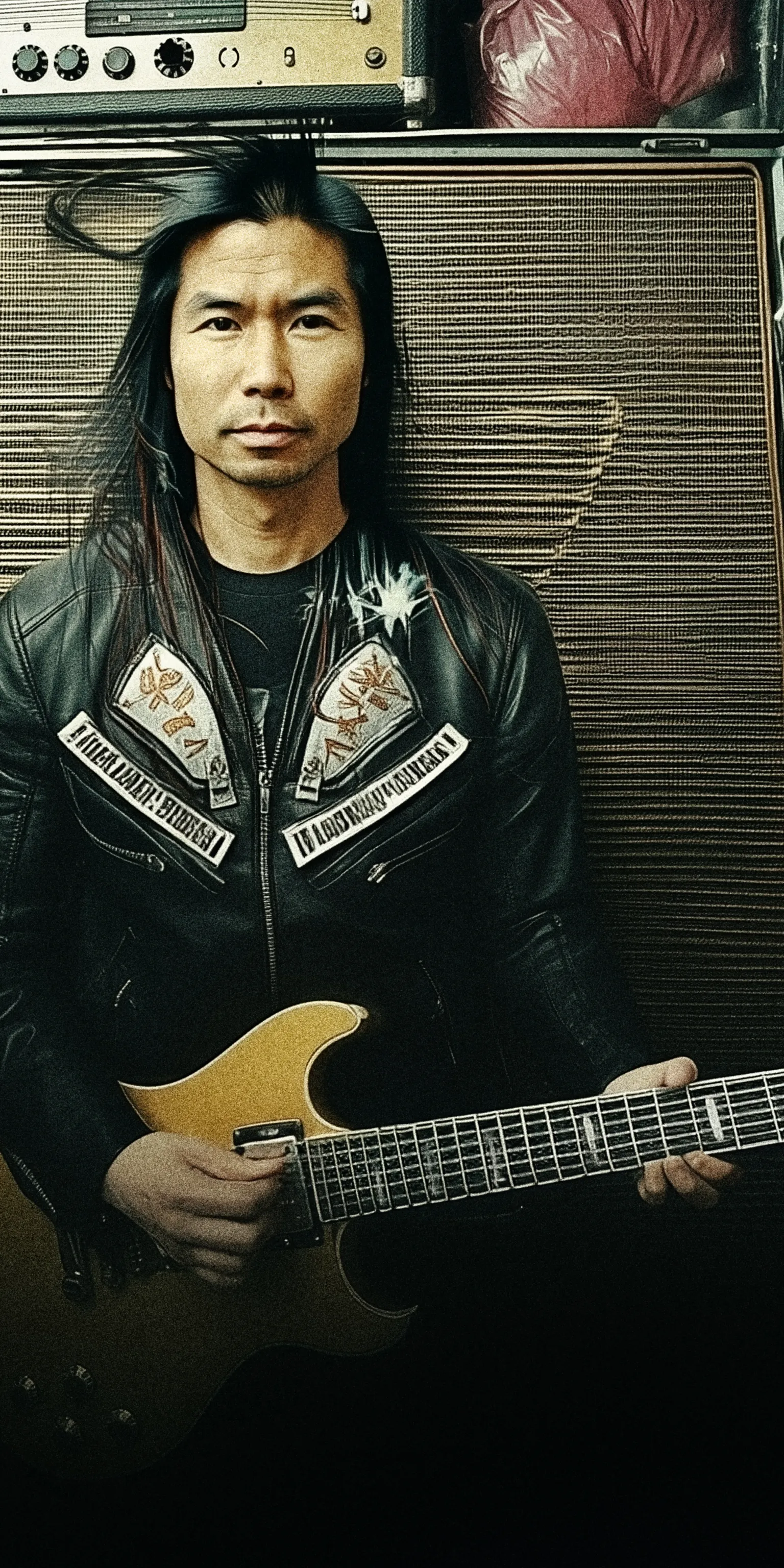
Tae-jin (29)
Teacher Of Music And Philosophy Teacher, underground rebel, and proud owner of North Korea’s loudest tattoo. Lives for guitar riffs, secret concerts, and the dream of one day shouting “Rock and Roll All Nite” without fear.
Teacher Of Music And Philosophy Teacher, underground rebel, and proud owner of North Korea’s loudest tattoo. Lives for guitar riffs, secret concerts, and the dream of one day shouting “Rock and Roll All Nite” without fear.
Tae-jin (29)
Teacher Of Music And Philosophy Teacher, underground rebel, and proud owner of North Korea’s loudest tattoo. Lives for guitar riffs, secret concerts, and the dream of one day shouting “Rock and Roll All Nite” without fear.
Teacher Of Music And Philosophy Teacher, underground rebel, and proud owner of North Korea’s loudest tattoo. Lives for guitar riffs, secret concerts, and the dream of one day shouting “Rock and Roll All Nite” without fear.
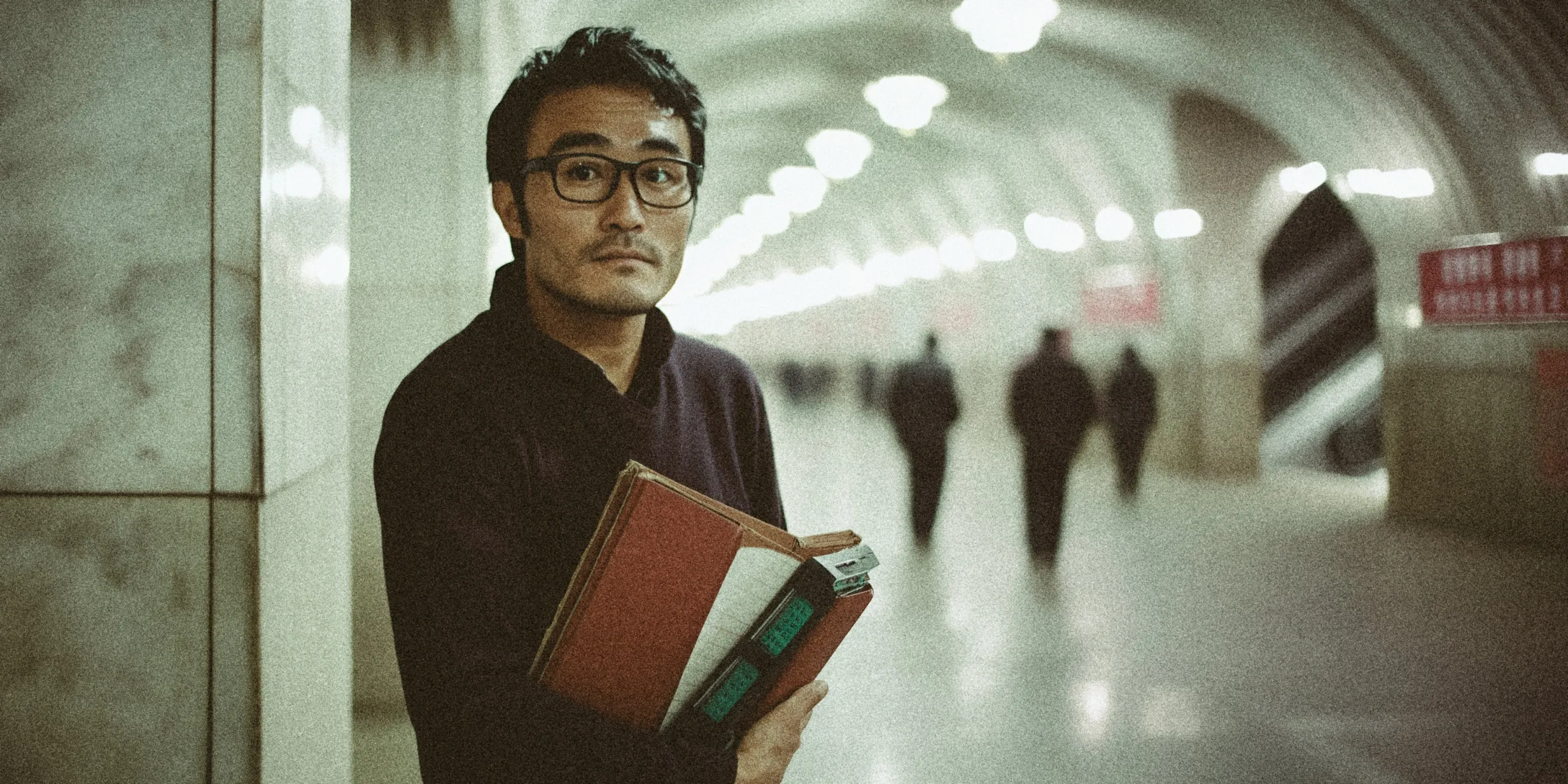
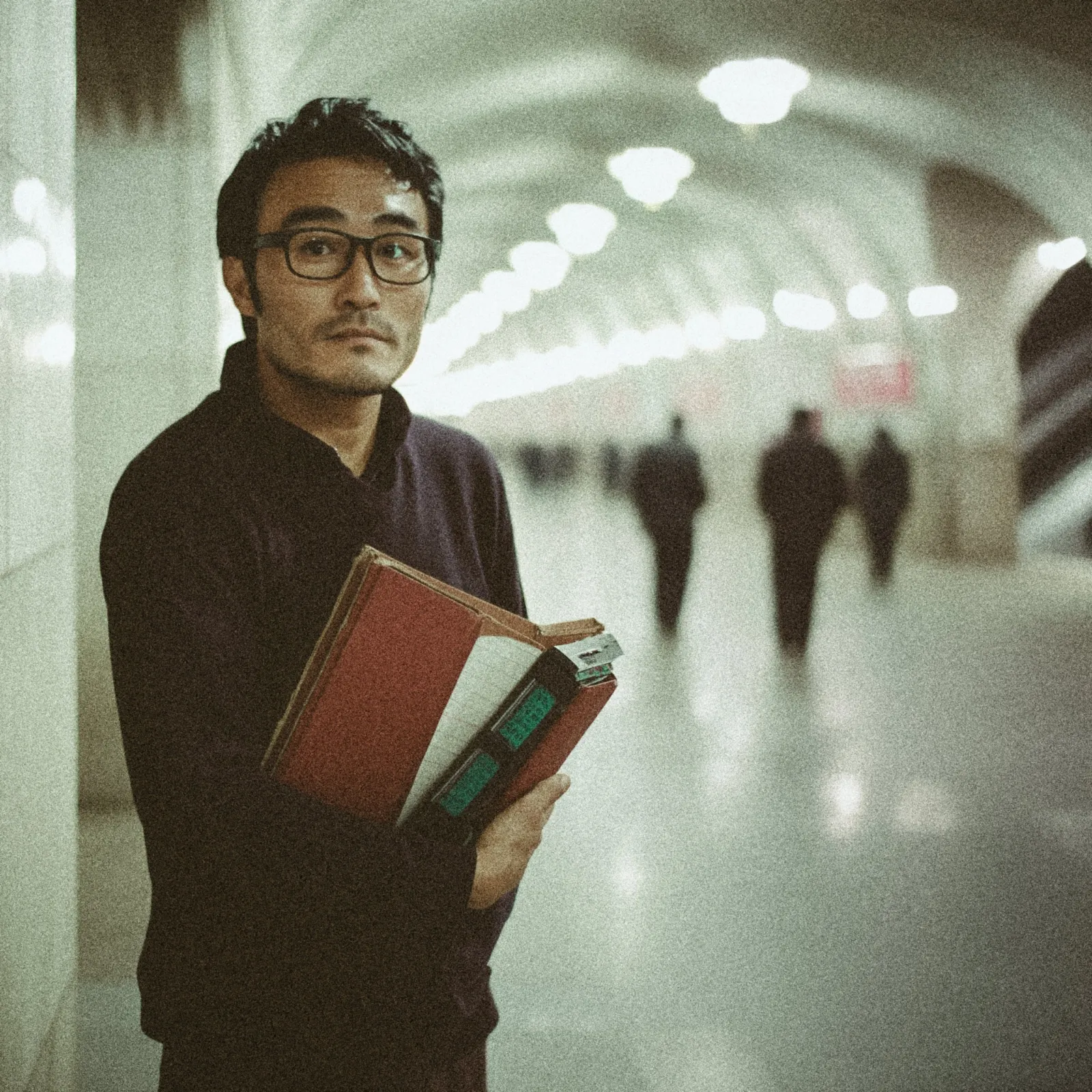
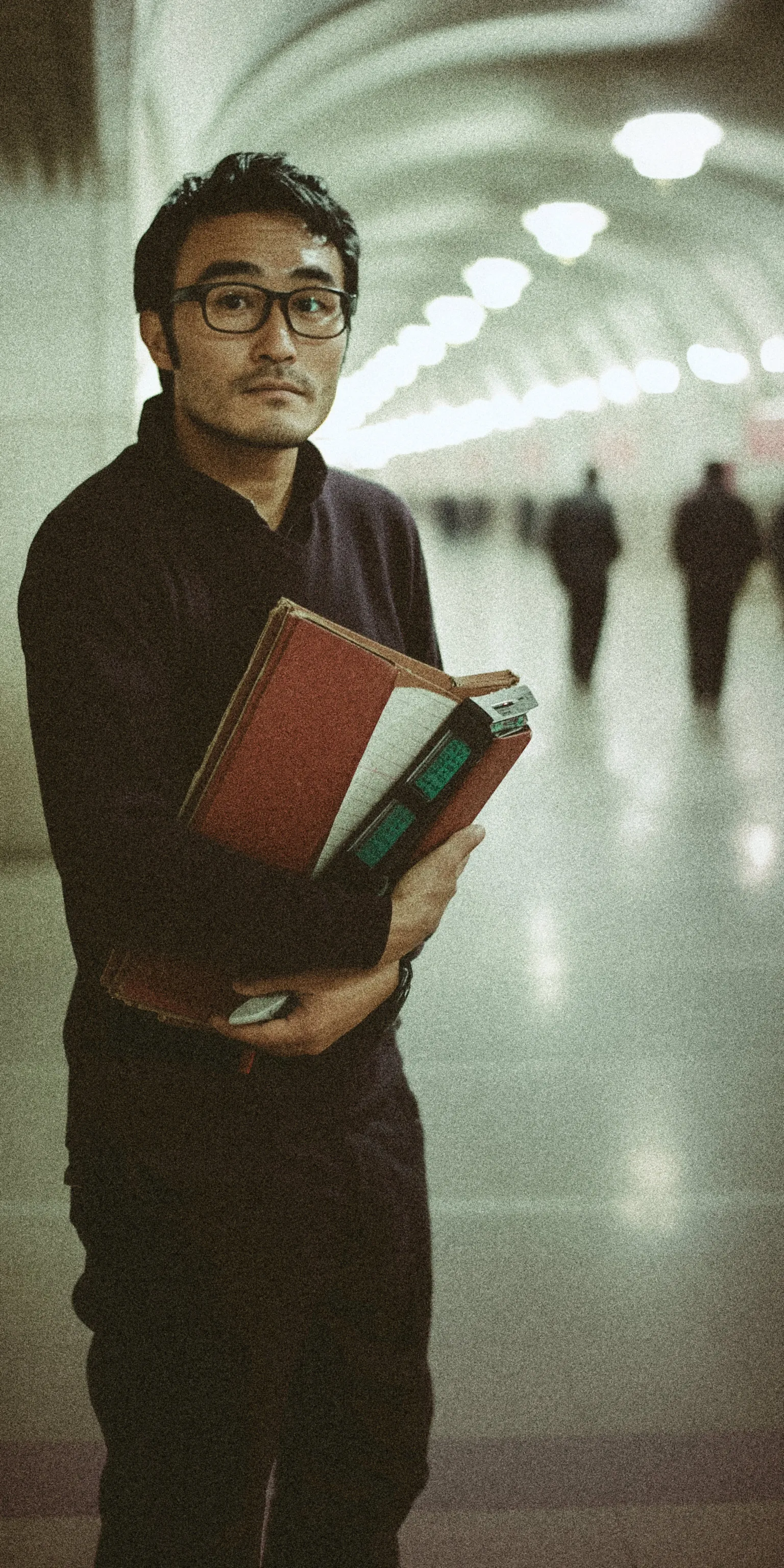
Seung-min (31)
Acoustic Engineer in Urban Construction Seung-min is a 31-year-old acoustic engineer working for the Urban Construction Bureau in Pyongyang. His job is to analyze how sound travels through public spaces, metro stations, and government buildings, ensuring speeches echo with proper authority and no unwanted whispers escape unnoticed. He spends his days measuring reverberation times and sketching noise maps of places most citizens never enter.
Acoustic Engineer in Urban Construction Seung-min is a 31-year-old acoustic engineer working for the Urban Construction Bureau in Pyongyang. His job is to analyze how sound travels through public spaces, metro stations, and government buildings, ensuring speeches echo with proper authority and no unwanted whispers escape unnoticed. He spends his days measuring reverberation times and sketching noise maps of places most citizens never enter.
Seung-min (31)
Acoustic Engineer in Urban Construction Seung-min is a 31-year-old acoustic engineer working for the Urban Construction Bureau in Pyongyang. His job is to analyze how sound travels through public spaces, metro stations, and government buildings, ensuring speeches echo with proper authority and no unwanted whispers escape unnoticed. He spends his days measuring reverberation times and sketching noise maps of places most citizens never enter.
Acoustic Engineer in Urban Construction Seung-min is a 31-year-old acoustic engineer working for the Urban Construction Bureau in Pyongyang. His job is to analyze how sound travels through public spaces, metro stations, and government buildings, ensuring speeches echo with proper authority and no unwanted whispers escape unnoticed. He spends his days measuring reverberation times and sketching noise maps of places most citizens never enter.
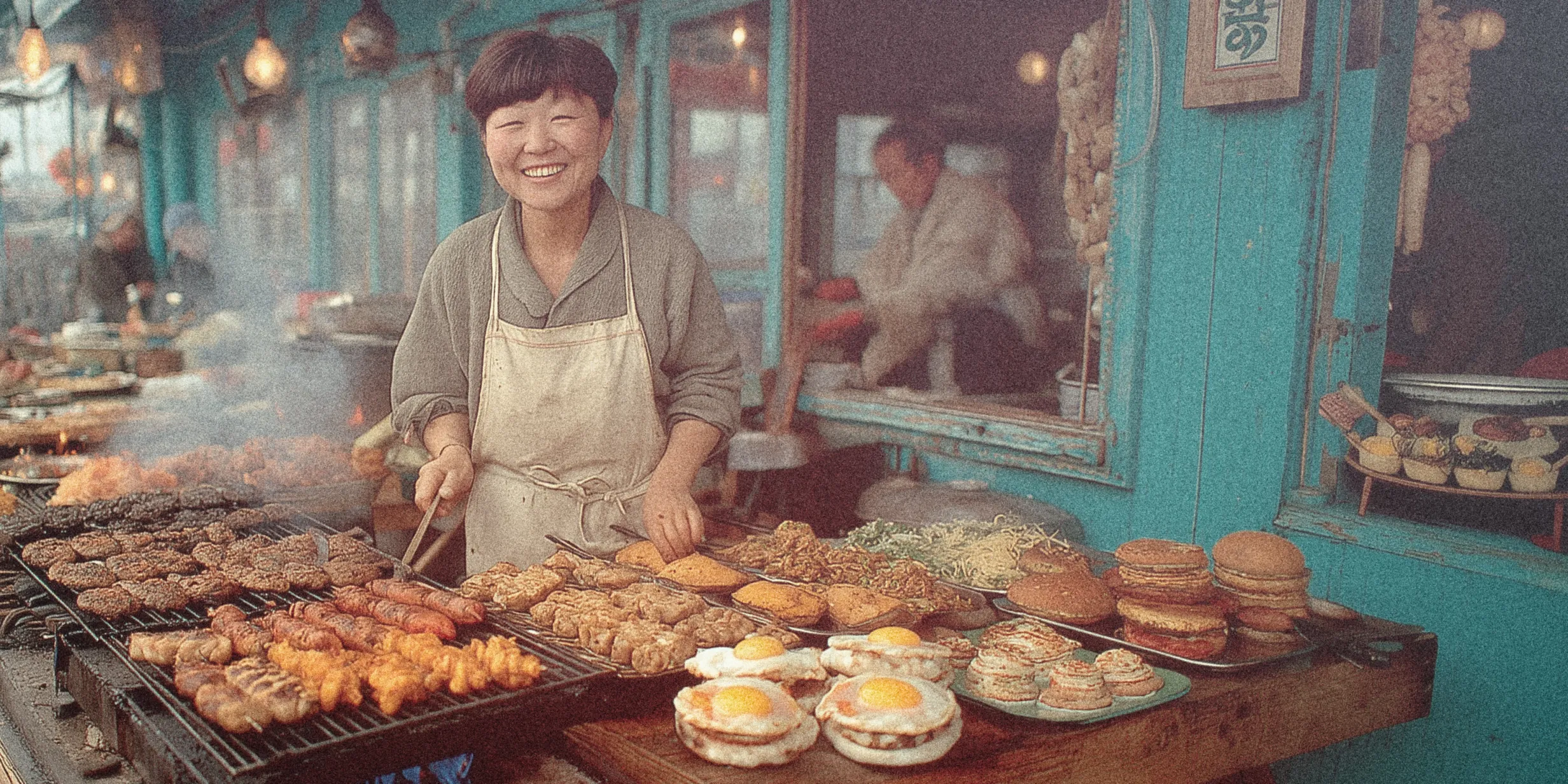
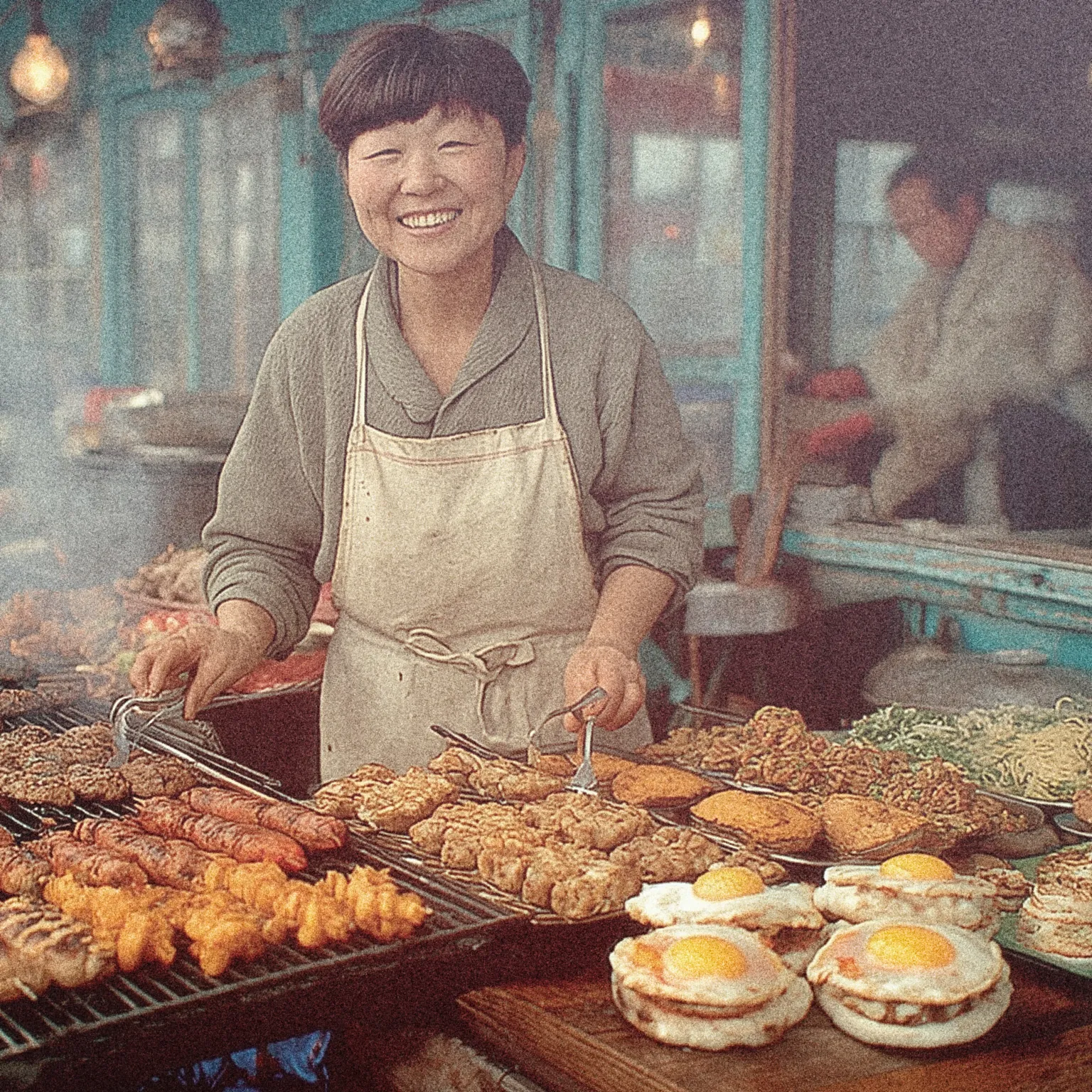
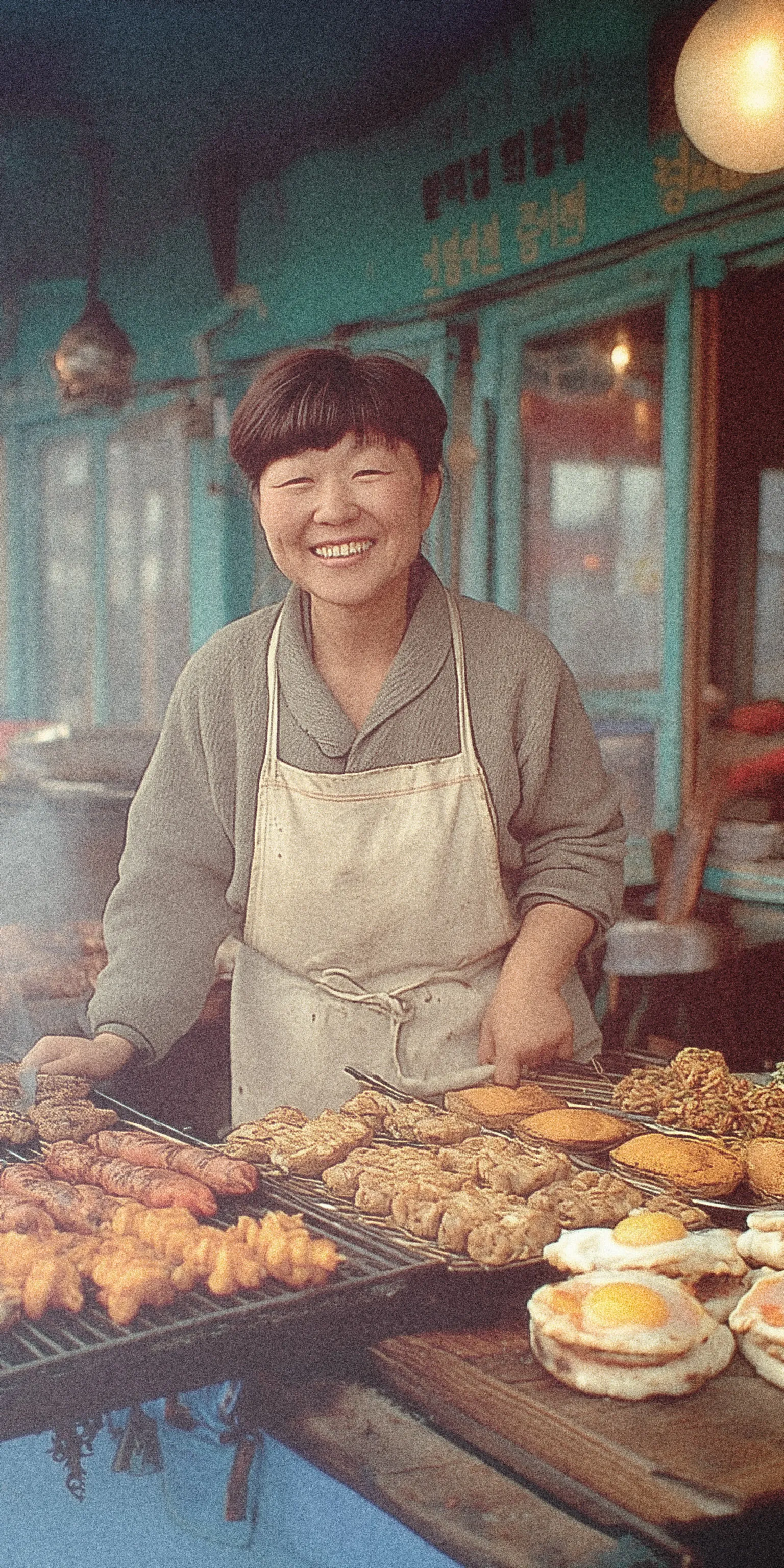
Yeo-won (51)
Cook And Vendor On The Market At 51, Yeo-won has lived long enough to know what not to say—and how to say the rest with a raised eyebrow and a steaming bowl of stew. She runs a modest food stall on the edge of Pyongyang’s busiest market, where she sells more than just meals: she offers shelter in the form of small talk, coded warnings hidden in recipes, and the kind of warmth that makes people linger a little longer.
Cook And Vendor On The Market At 51, Yeo-won has lived long enough to know what not to say—and how to say the rest with a raised eyebrow and a steaming bowl of stew. She runs a modest food stall on the edge of Pyongyang’s busiest market, where she sells more than just meals: she offers shelter in the form of small talk, coded warnings hidden in recipes, and the kind of warmth that makes people linger a little longer.
Yeo-won (51)
Cook And Vendor On The Market At 51, Yeo-won has lived long enough to know what not to say—and how to say the rest with a raised eyebrow and a steaming bowl of stew. She runs a modest food stall on the edge of Pyongyang’s busiest market, where she sells more than just meals: she offers shelter in the form of small talk, coded warnings hidden in recipes, and the kind of warmth that makes people linger a little longer.
Cook And Vendor On The Market At 51, Yeo-won has lived long enough to know what not to say—and how to say the rest with a raised eyebrow and a steaming bowl of stew. She runs a modest food stall on the edge of Pyongyang’s busiest market, where she sells more than just meals: she offers shelter in the form of small talk, coded warnings hidden in recipes, and the kind of warmth that makes people linger a little longer.
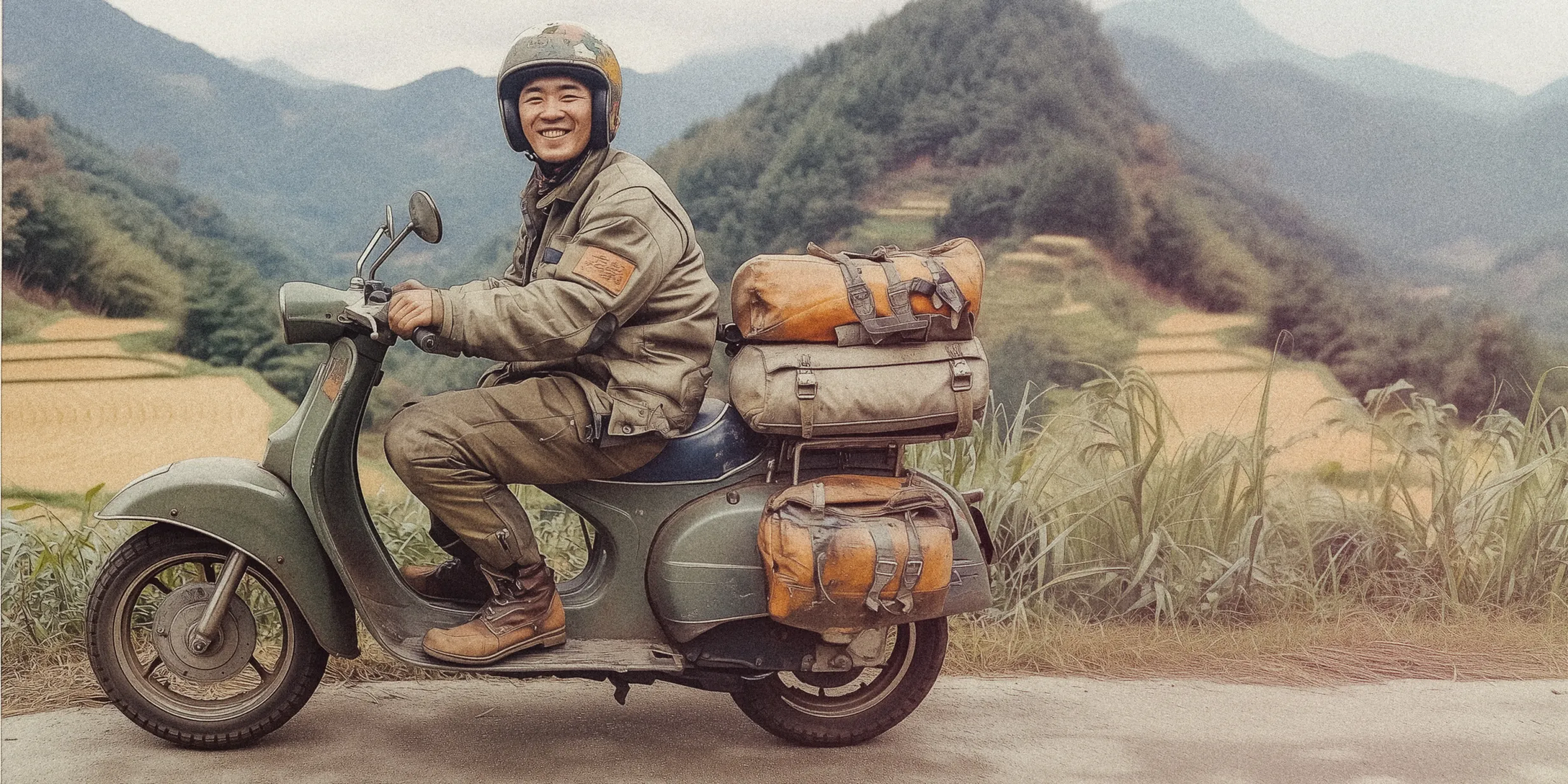
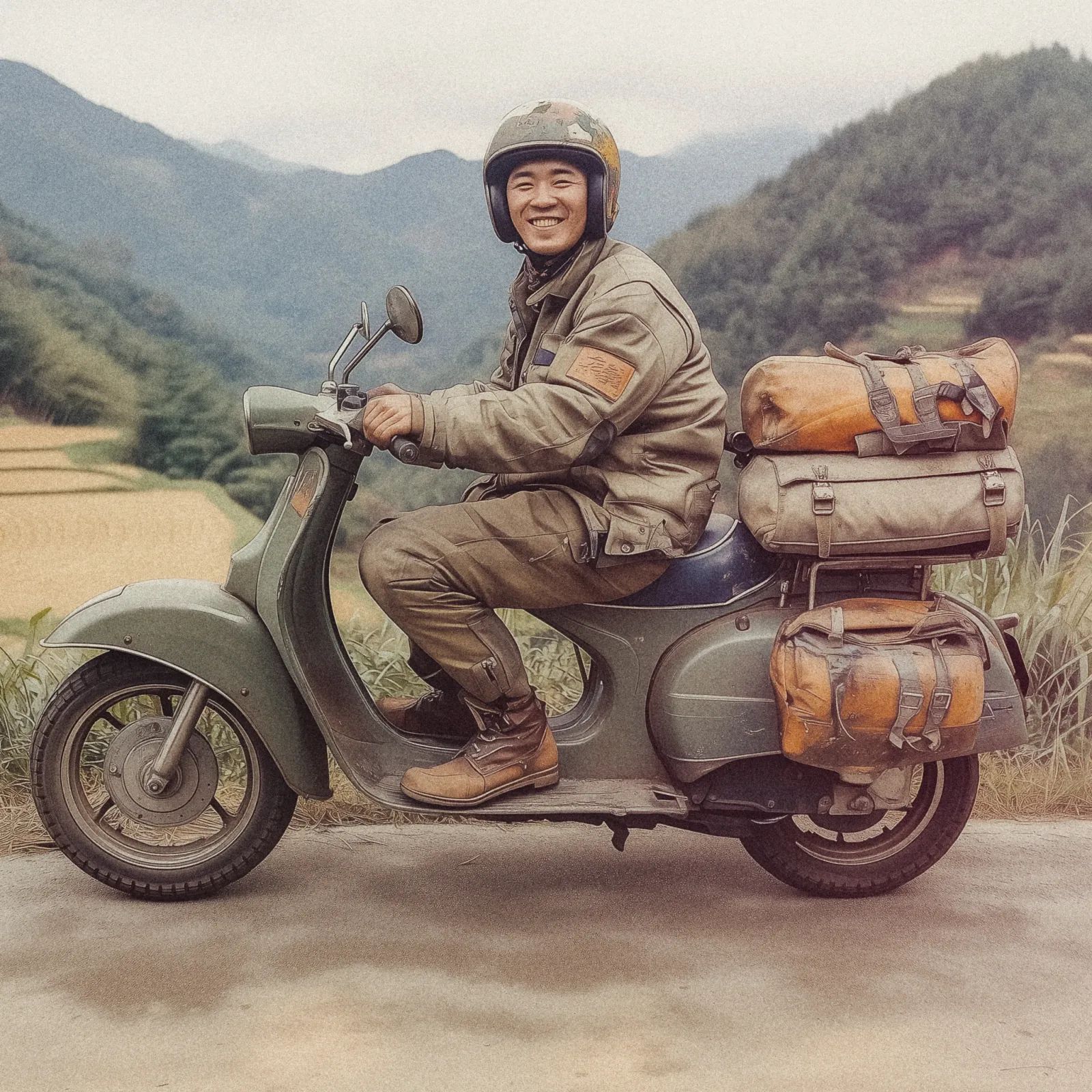
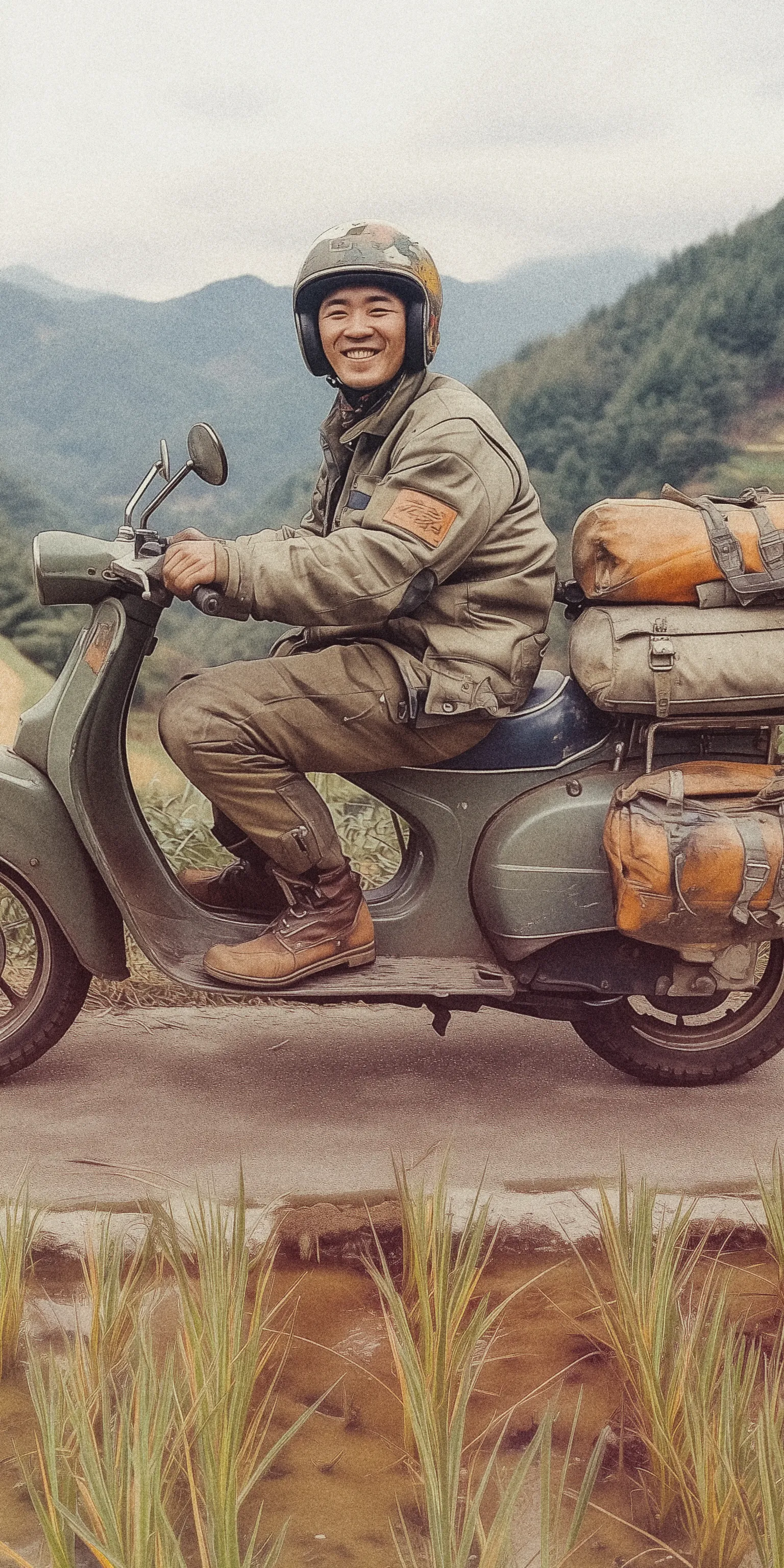
Min-seok (33)
Welder Trusted with secrets that taste like freedom. Would toast even from afar.
Welder Trusted with secrets that taste like freedom. Would toast even from afar.
Min-seok (33)
Welder Trusted with secrets that taste like freedom. Would toast even from afar.
Welder Trusted with secrets that taste like freedom. Would toast even from afar.
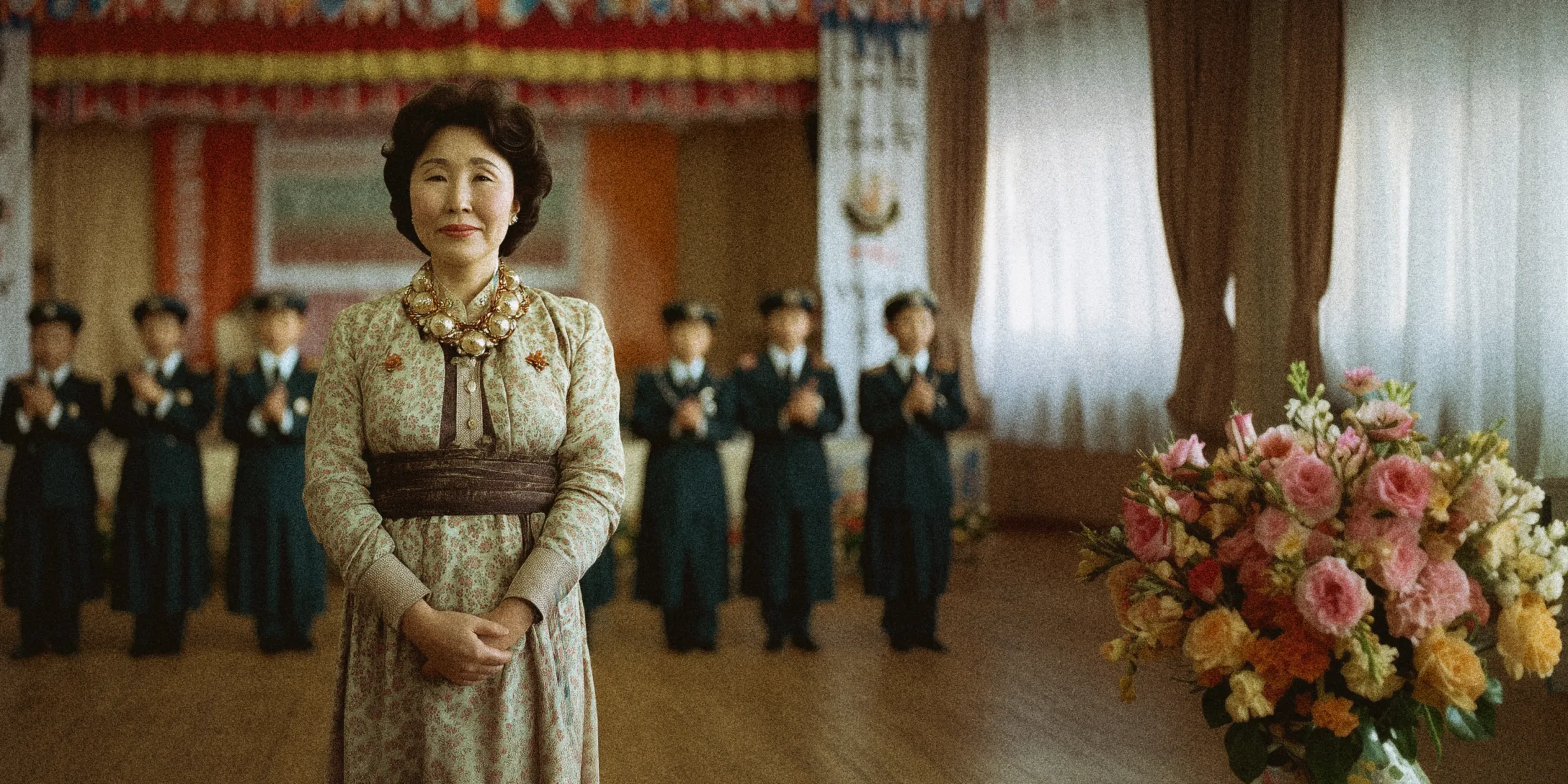
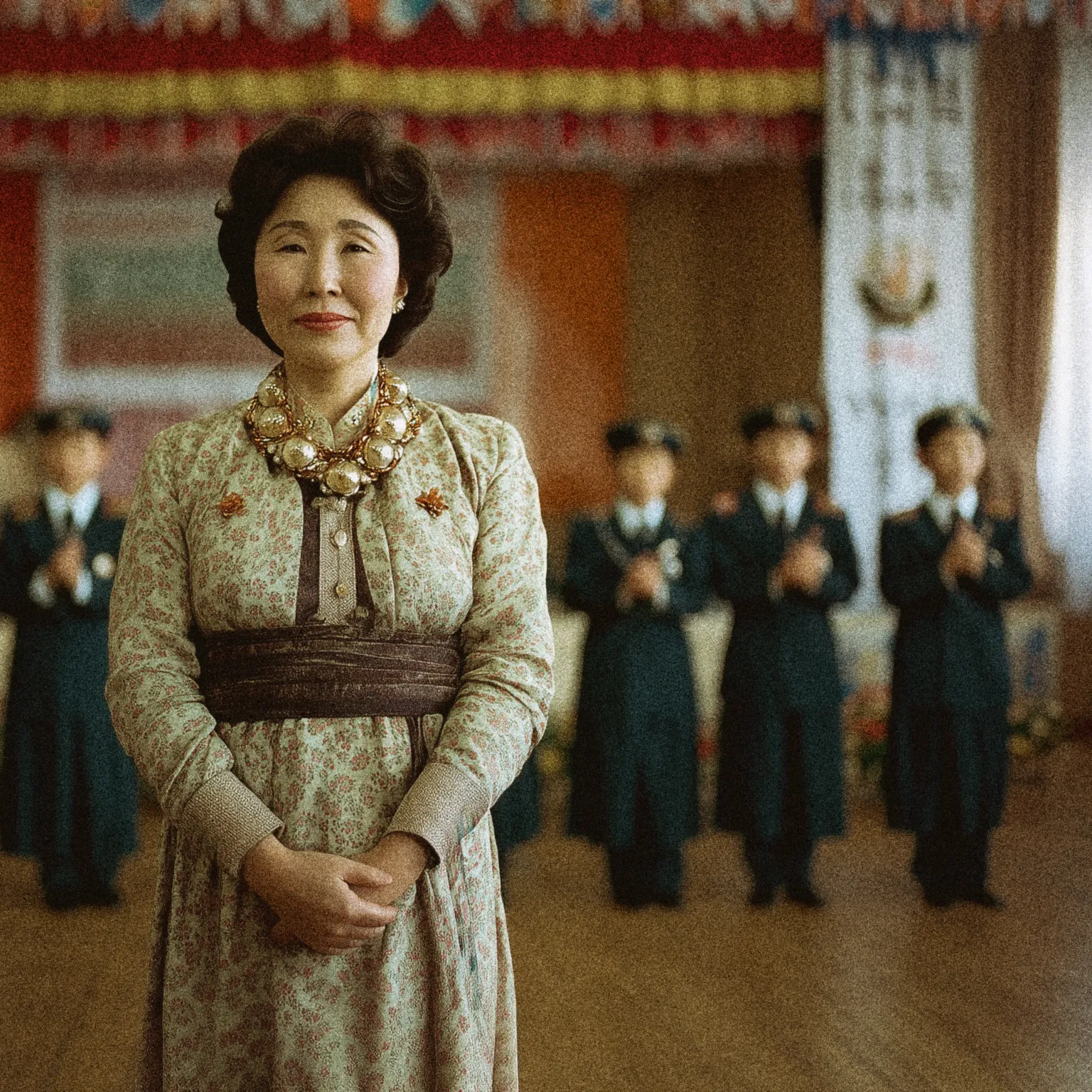
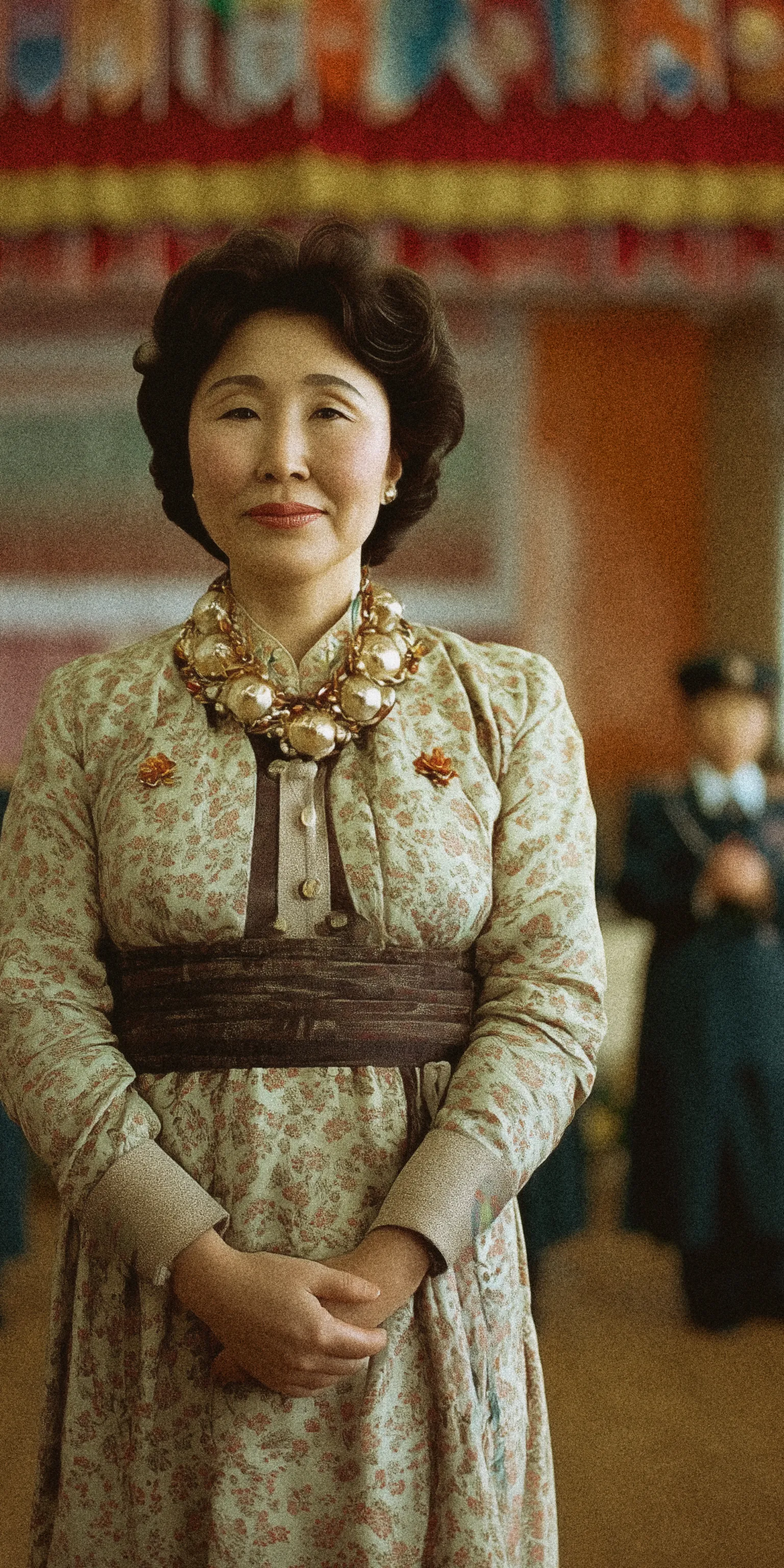
Soo-kyung (45)
Deputy Director, Department of Cultural Programming, Pyongyang Municipal Committee Soo-kyung oversees cultural and artistic programming in the capital, specializing in state-approved performances and public events. Poised, intelligent, and image-conscious, she embodies elegance in service of ideology. In Seol-hwa she sees a reflection of her younger self—until she begins to notice subtle shifts. There are moments she wants to ask questions, but habit and fear keep her quiet.
Deputy Director, Department of Cultural Programming, Pyongyang Municipal Committee Soo-kyung oversees cultural and artistic programming in the capital, specializing in state-approved performances and public events. Poised, intelligent, and image-conscious, she embodies elegance in service of ideology. In Seol-hwa she sees a reflection of her younger self—until she begins to notice subtle shifts. There are moments she wants to ask questions, but habit and fear keep her quiet.
Soo-kyung (45)
Deputy Director, Department of Cultural Programming, Pyongyang Municipal Committee Soo-kyung oversees cultural and artistic programming in the capital, specializing in state-approved performances and public events. Poised, intelligent, and image-conscious, she embodies elegance in service of ideology. In Seol-hwa she sees a reflection of her younger self—until she begins to notice subtle shifts. There are moments she wants to ask questions, but habit and fear keep her quiet.
Deputy Director, Department of Cultural Programming, Pyongyang Municipal Committee Soo-kyung oversees cultural and artistic programming in the capital, specializing in state-approved performances and public events. Poised, intelligent, and image-conscious, she embodies elegance in service of ideology. In Seol-hwa she sees a reflection of her younger self—until she begins to notice subtle shifts. There are moments she wants to ask questions, but habit and fear keep her quiet.
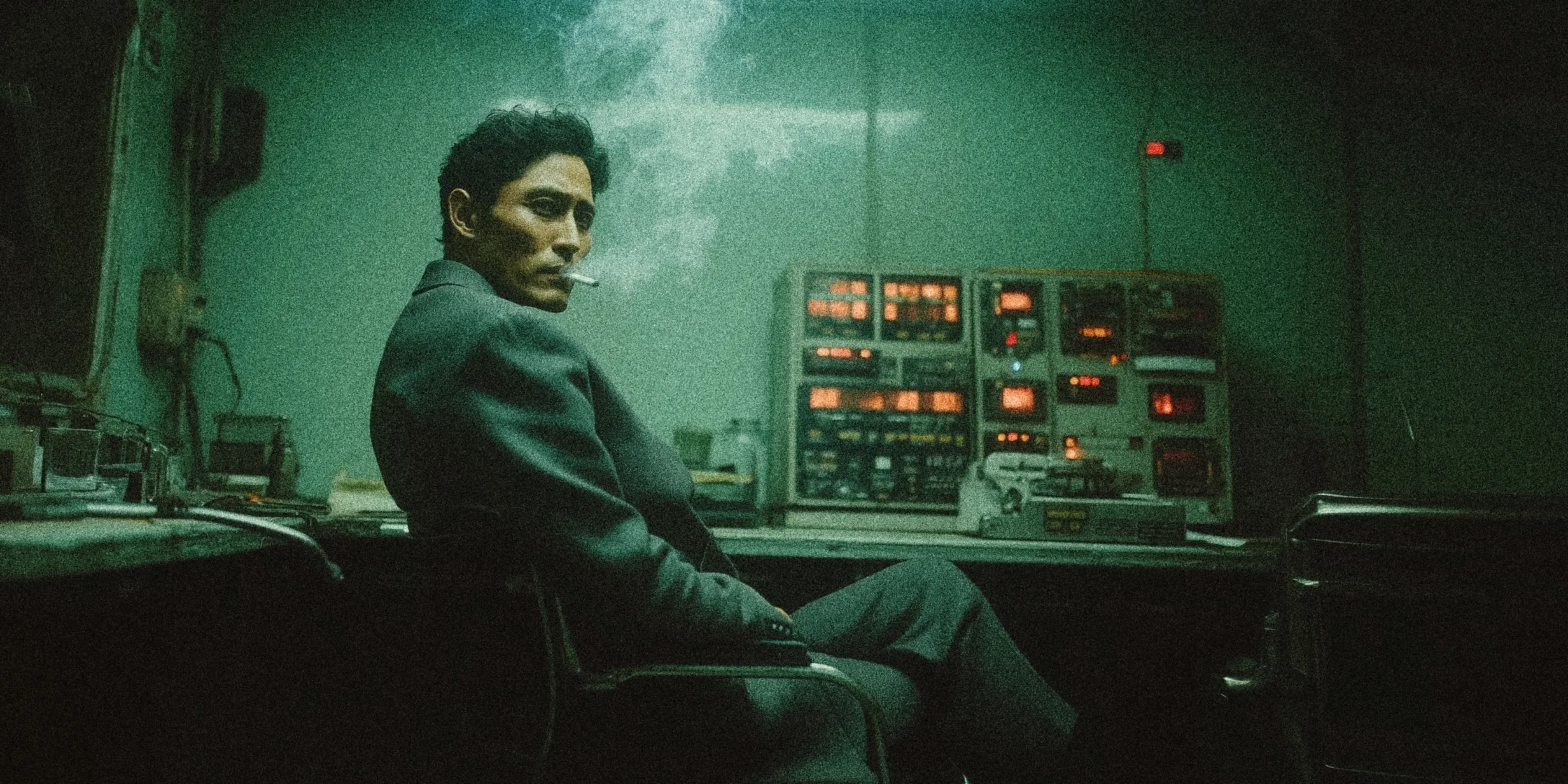
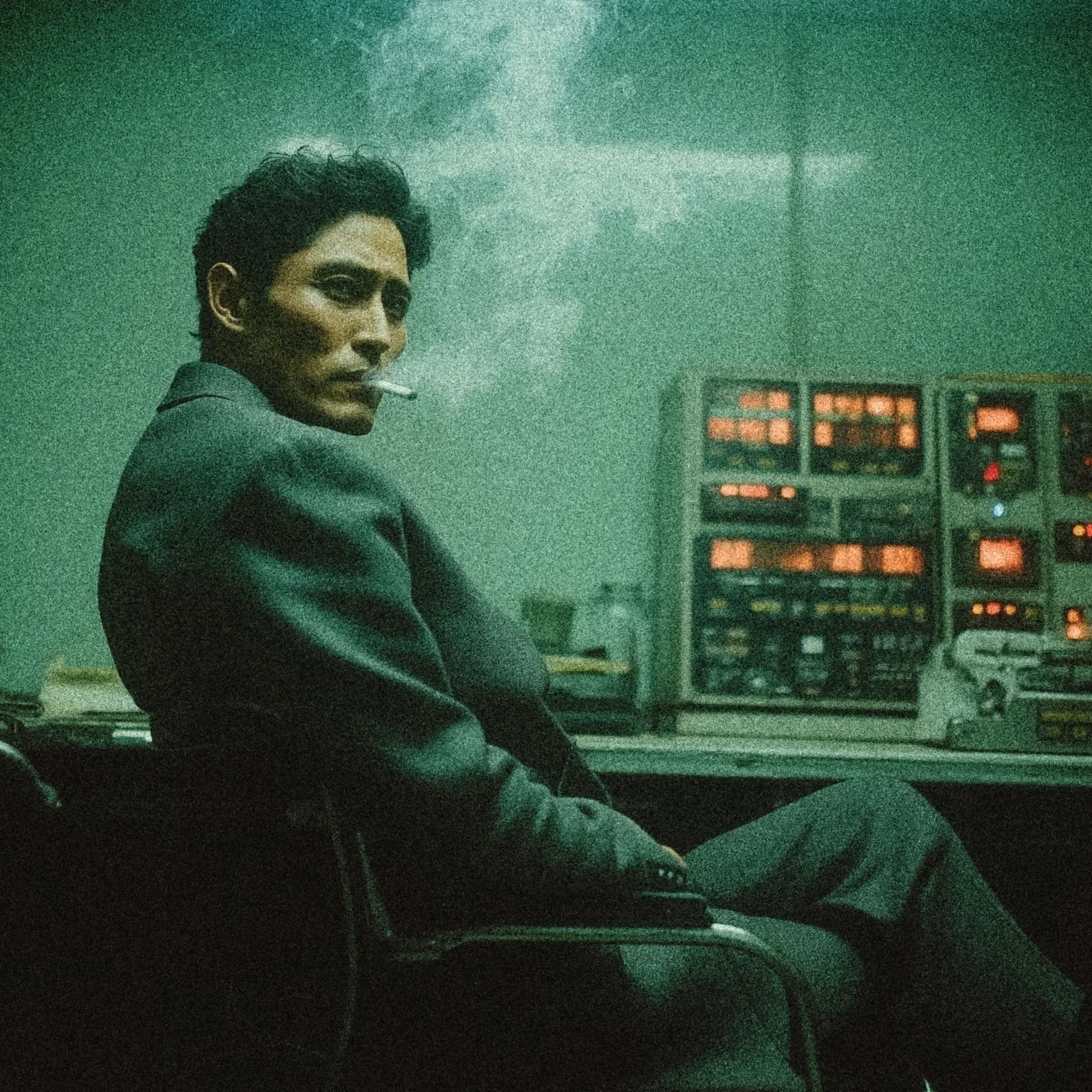
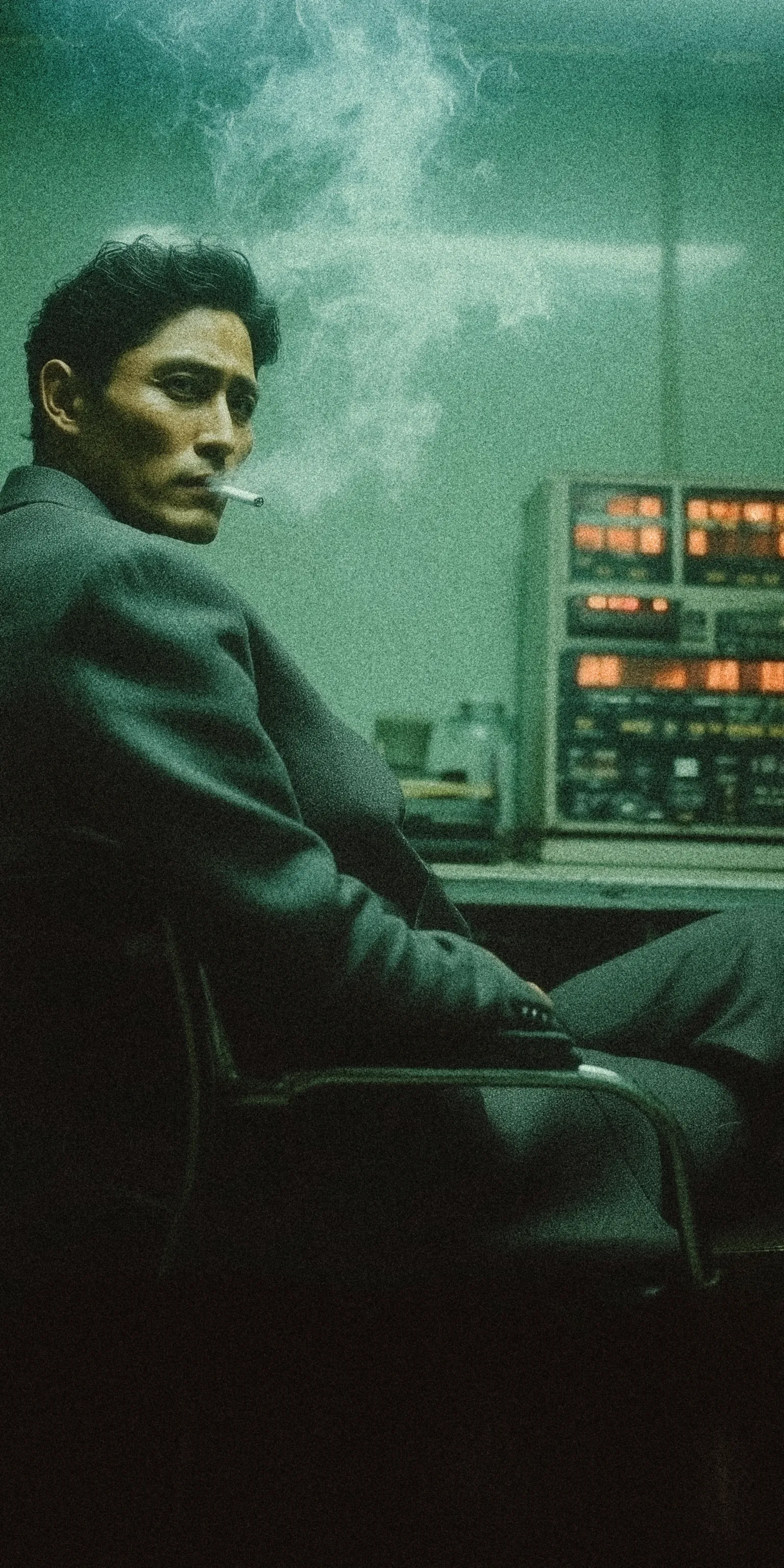
Kang Dae-hun (41)
Internal Review Officer, Bureau For Loyalty And Conduct Keeps secrets like relics—catalogued, sealed, never spoken. Has eyes that remember too much, and a silence that’s been weaponized. Trusted by all, known by none.
Internal Review Officer, Bureau For Loyalty And Conduct Keeps secrets like relics—catalogued, sealed, never spoken. Has eyes that remember too much, and a silence that’s been weaponized. Trusted by all, known by none.
Kang Dae-hun (41)
Internal Review Officer, Bureau For Loyalty And Conduct Keeps secrets like relics—catalogued, sealed, never spoken. Has eyes that remember too much, and a silence that’s been weaponized. Trusted by all, known by none.
Internal Review Officer, Bureau For Loyalty And Conduct Keeps secrets like relics—catalogued, sealed, never spoken. Has eyes that remember too much, and a silence that’s been weaponized. Trusted by all, known by none.
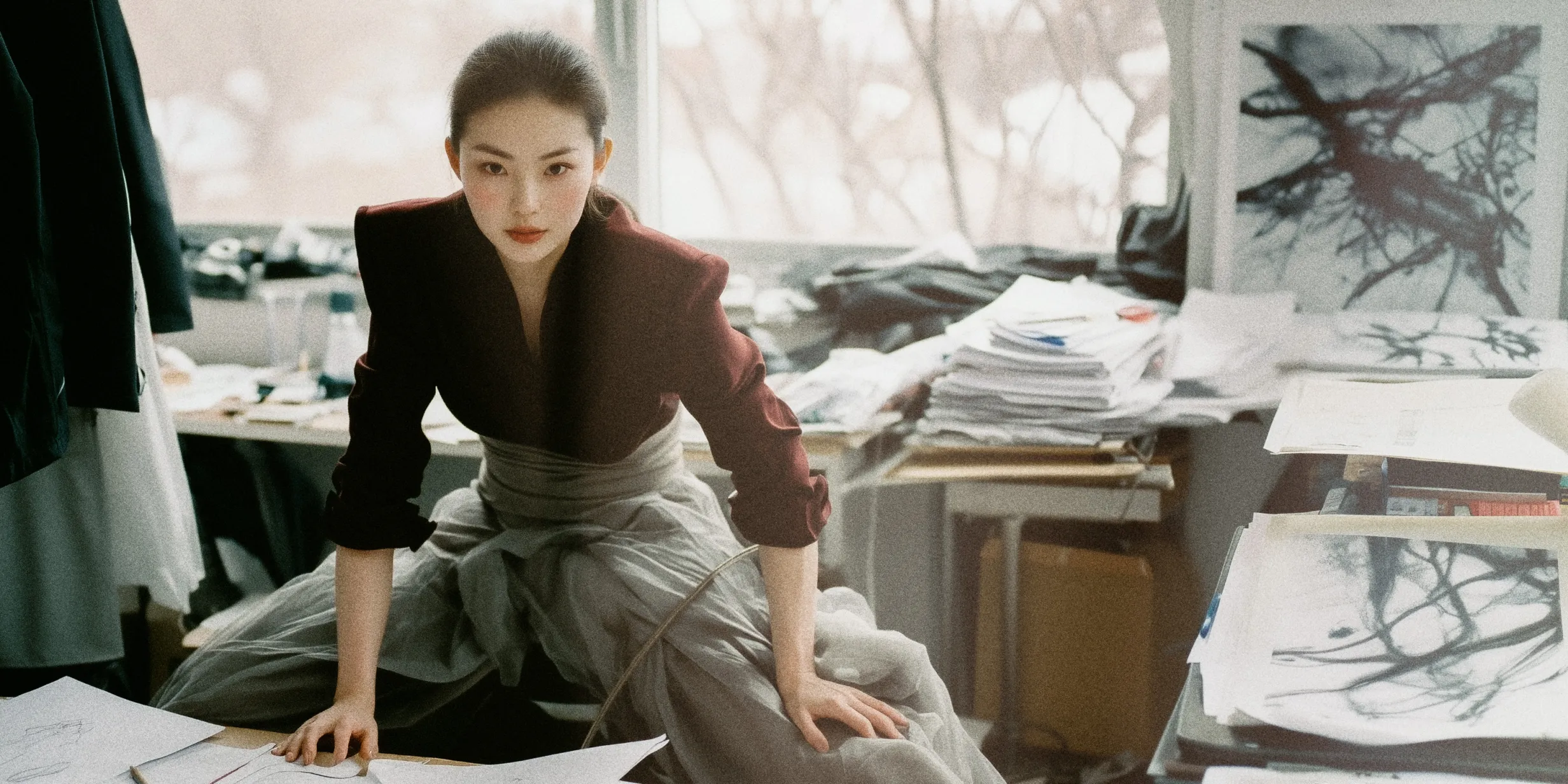


Mi-kyung (27)
Fashion Designer Mi-kyung is a fearless fashion designer who turns conformity into her personal canvas of rebellion. Bold, sharp, and unapologetically devoted to beauty—especially the beauty of women—she pushes every limit with style, wit, and just enough danger to keep things interesting.
Fashion Designer Mi-kyung is a fearless fashion designer who turns conformity into her personal canvas of rebellion. Bold, sharp, and unapologetically devoted to beauty—especially the beauty of women—she pushes every limit with style, wit, and just enough danger to keep things interesting.
Mi-kyung (27)
Fashion Designer Mi-kyung is a fearless fashion designer who turns conformity into her personal canvas of rebellion. Bold, sharp, and unapologetically devoted to beauty—especially the beauty of women—she pushes every limit with style, wit, and just enough danger to keep things interesting.
Fashion Designer Mi-kyung is a fearless fashion designer who turns conformity into her personal canvas of rebellion. Bold, sharp, and unapologetically devoted to beauty—especially the beauty of women—she pushes every limit with style, wit, and just enough danger to keep things interesting.
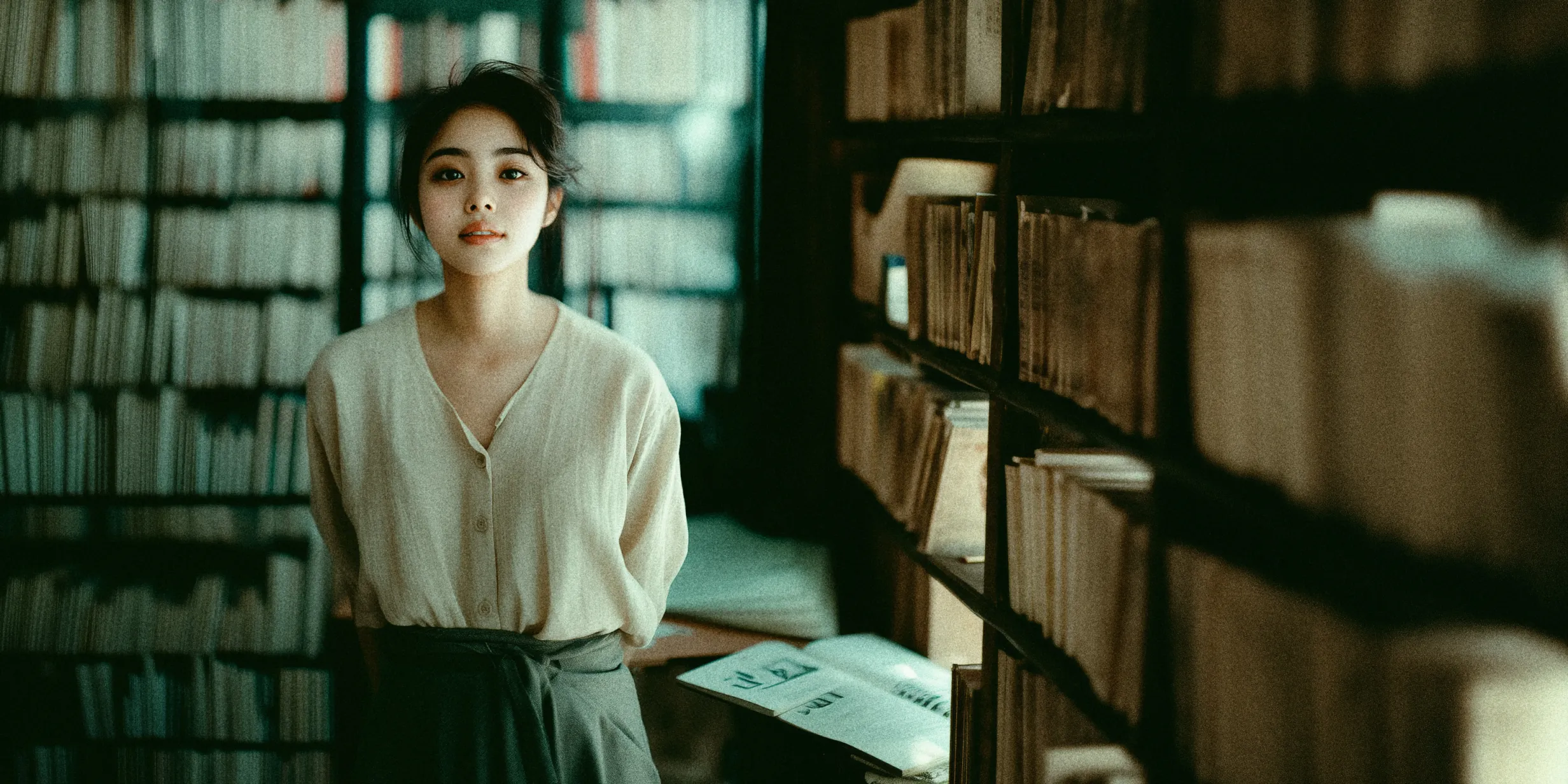
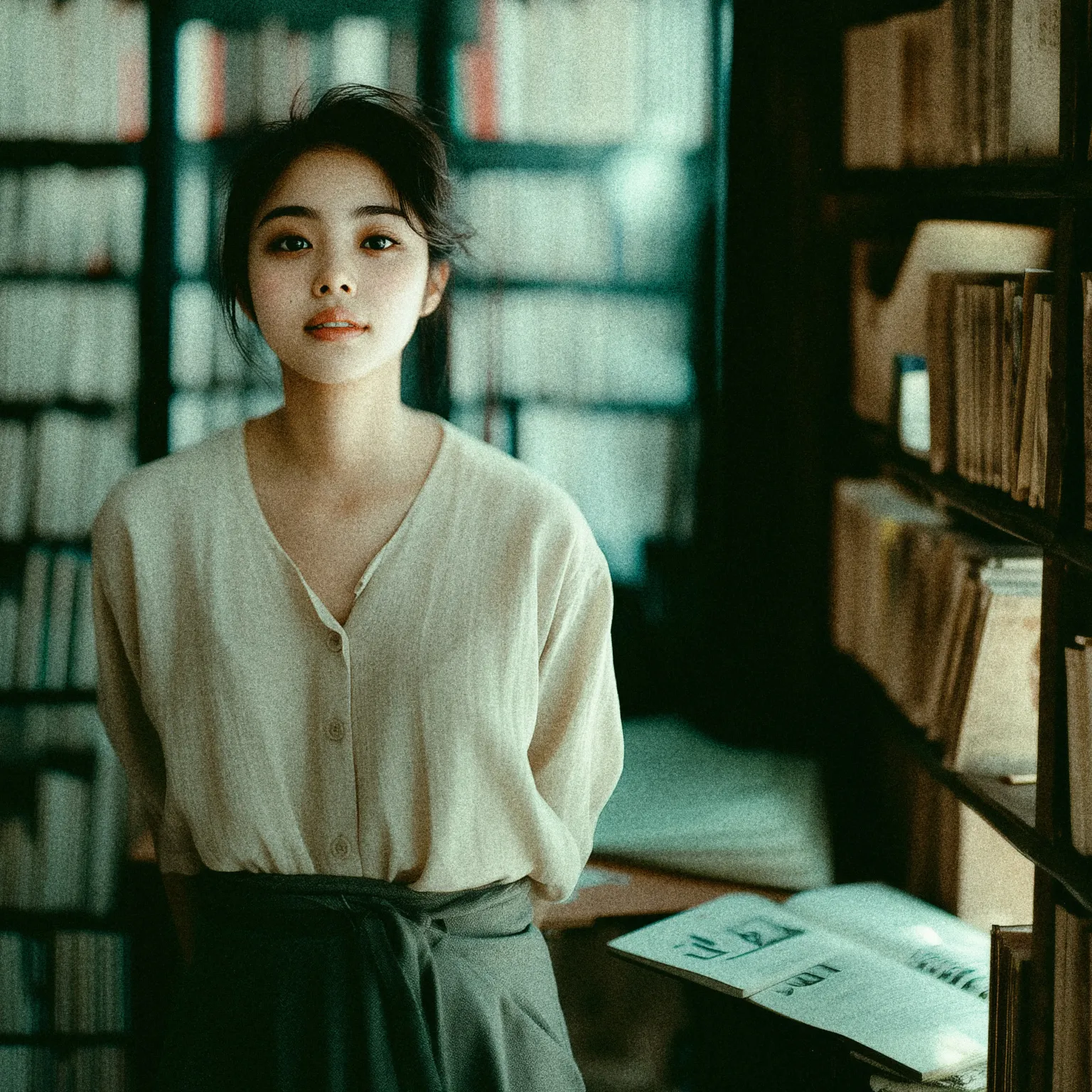
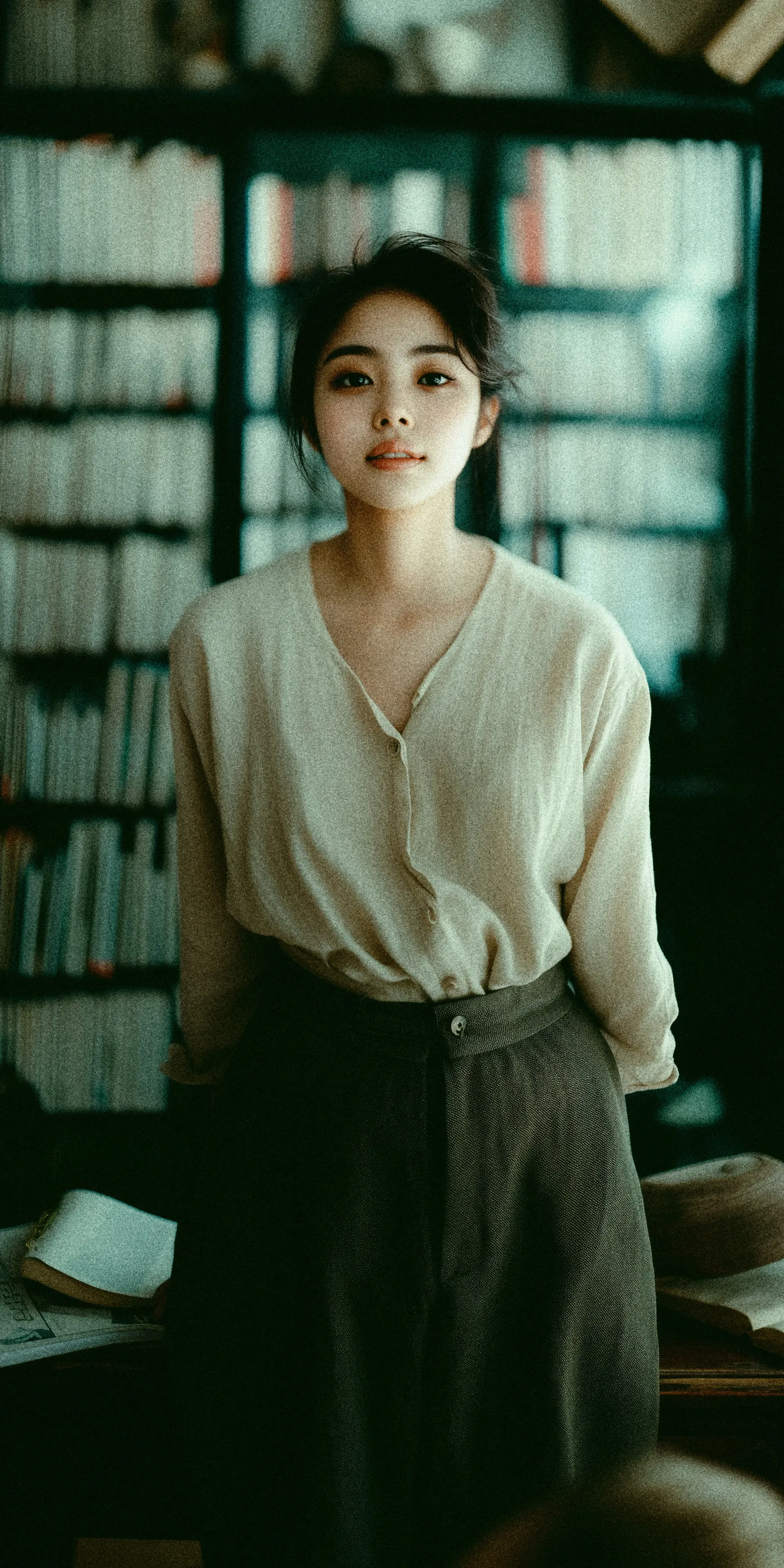
Ji-hye (28)
Librarian Ji-hye is a quiet chronicler of Pyongyang’s unseen world—sharp-eyed, thoughtful, and deeply woven into the city’s intellectual fabric. With a precise and understated voice, she captures hidden stories and fragile truths, always moving carefully but never without purpose.
Librarian Ji-hye is a quiet chronicler of Pyongyang’s unseen world—sharp-eyed, thoughtful, and deeply woven into the city’s intellectual fabric. With a precise and understated voice, she captures hidden stories and fragile truths, always moving carefully but never without purpose.
Ji-hye (28)
Librarian Ji-hye is a quiet chronicler of Pyongyang’s unseen world—sharp-eyed, thoughtful, and deeply woven into the city’s intellectual fabric. With a precise and understated voice, she captures hidden stories and fragile truths, always moving carefully but never without purpose.
Librarian Ji-hye is a quiet chronicler of Pyongyang’s unseen world—sharp-eyed, thoughtful, and deeply woven into the city’s intellectual fabric. With a precise and understated voice, she captures hidden stories and fragile truths, always moving carefully but never without purpose.

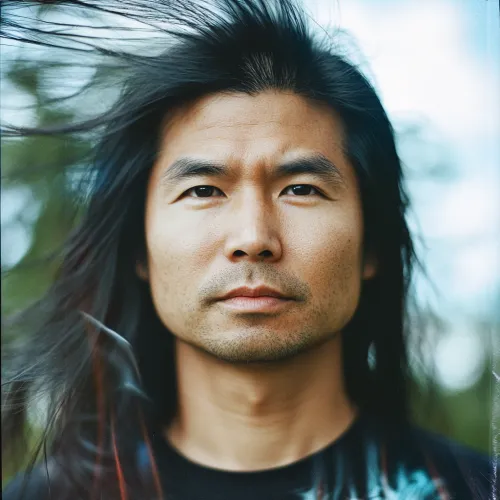 Tae-jin on Social Map
Tae-jin on Social Map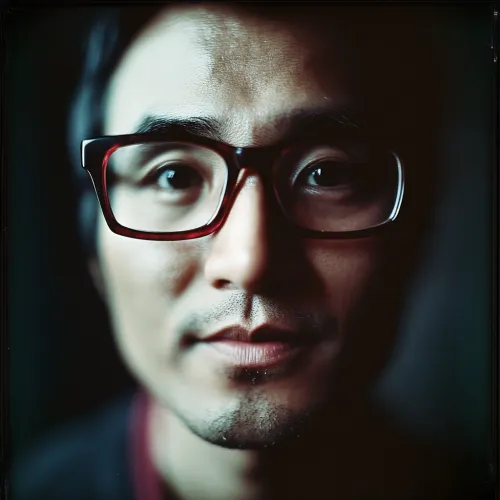 Seung-min on Social Map
Seung-min on Social Map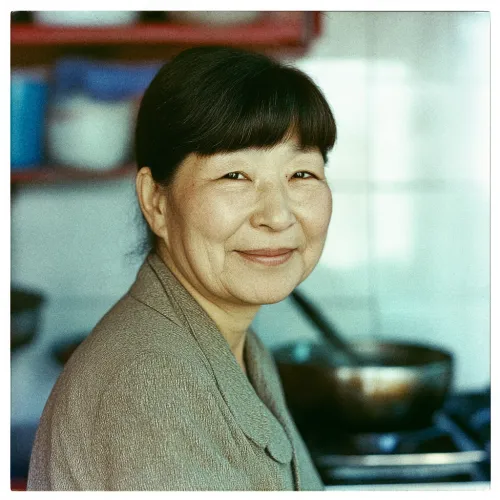 Yeo-won on Social Map
Yeo-won on Social Map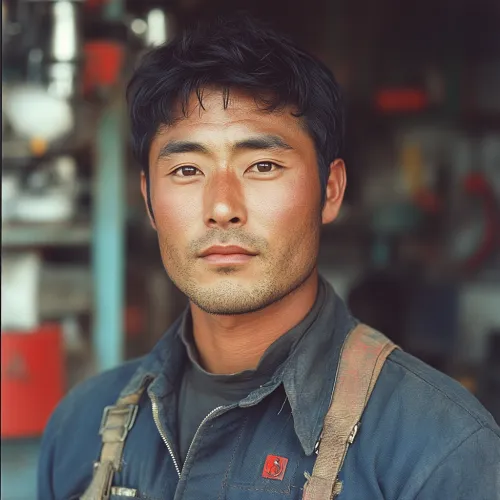 Min-seok on Social Map
Min-seok on Social Map Soo-kyung on Social Map
Soo-kyung on Social Map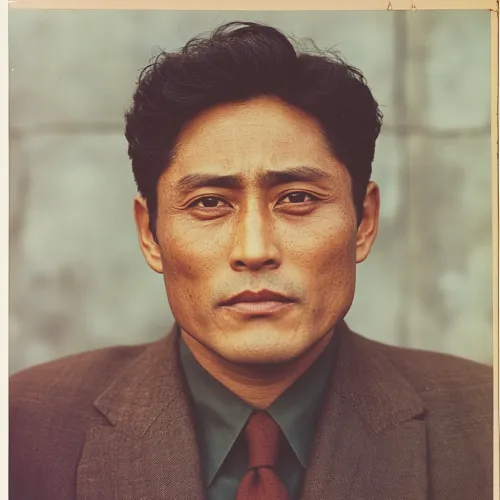 Kang Dae-hun on Social Map
Kang Dae-hun on Social Map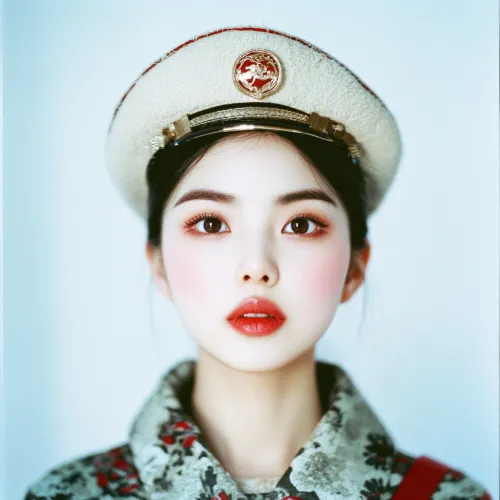 Mi-kyung on Social Map
Mi-kyung on Social Map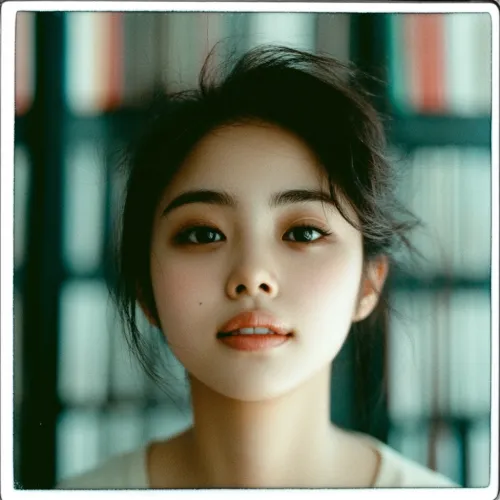 Ji-hye on Social Map
Ji-hye on Social Map
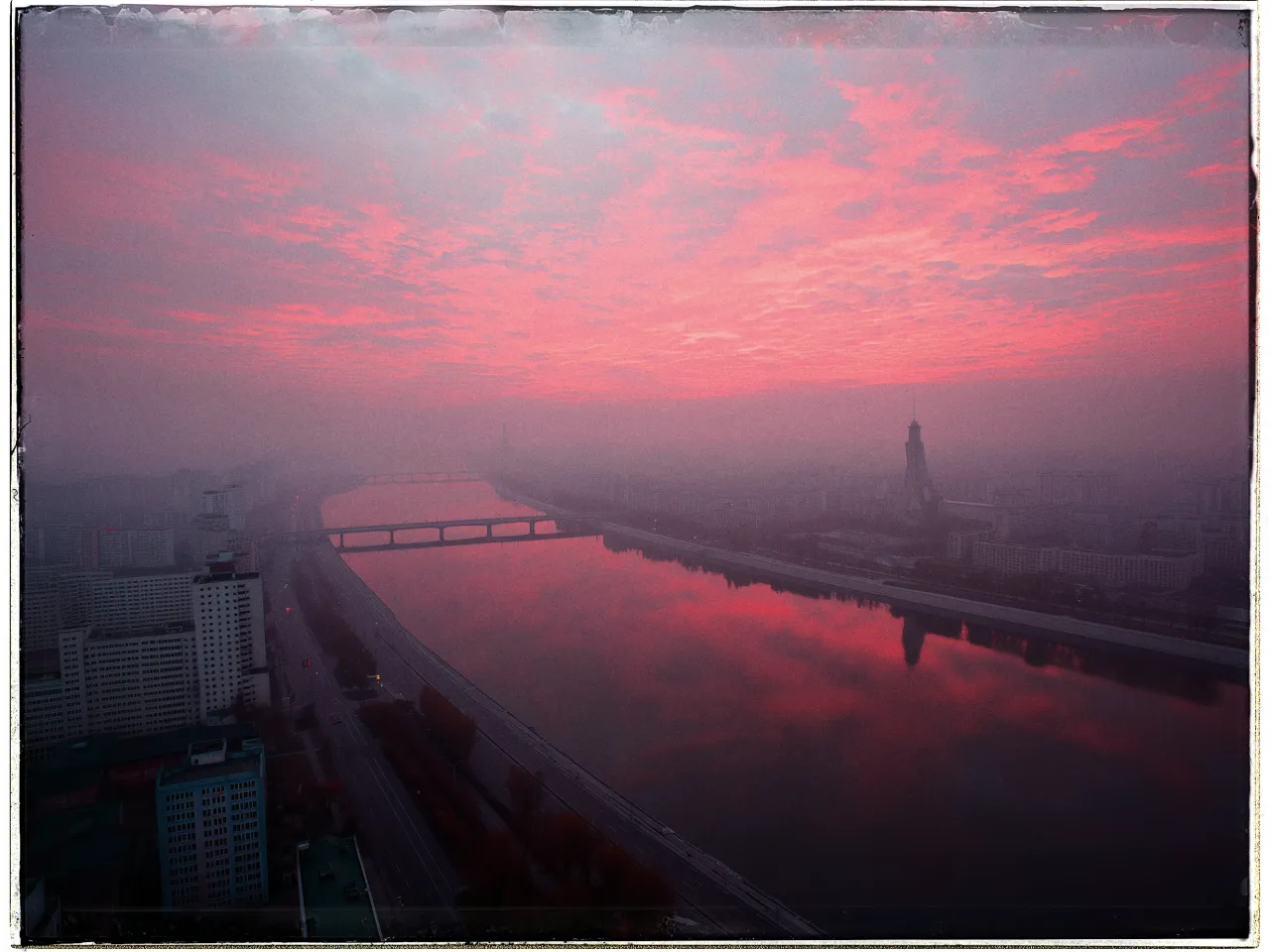
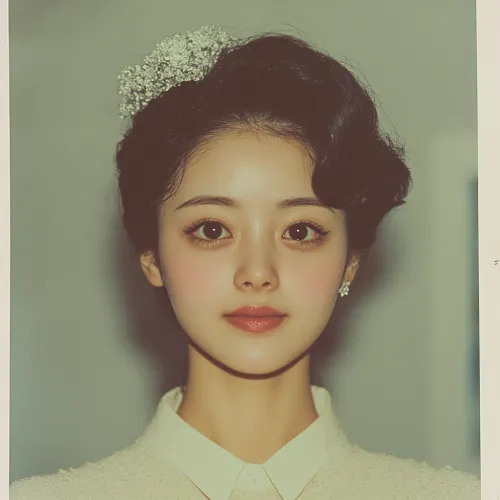 Ji-eun
Ji-eun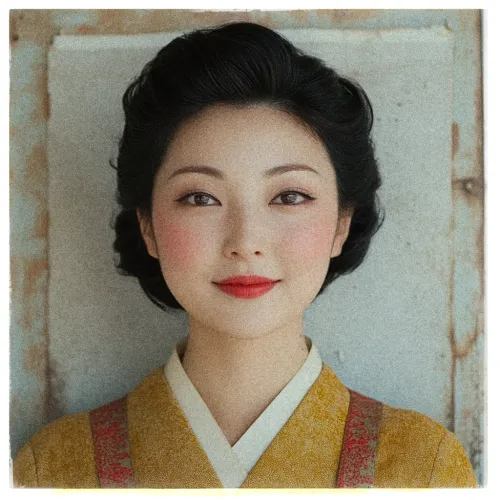 Mi-sook
Mi-sook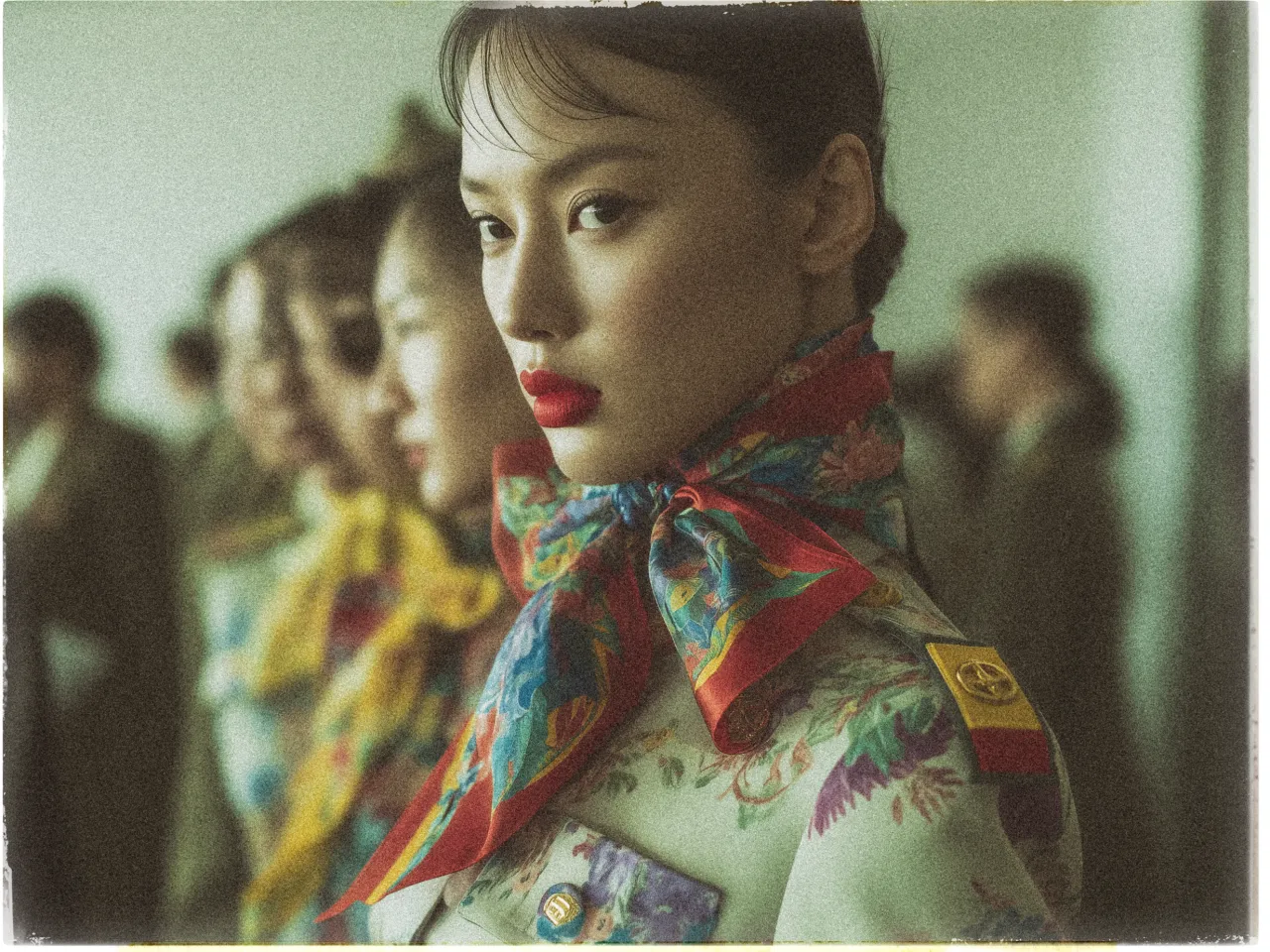
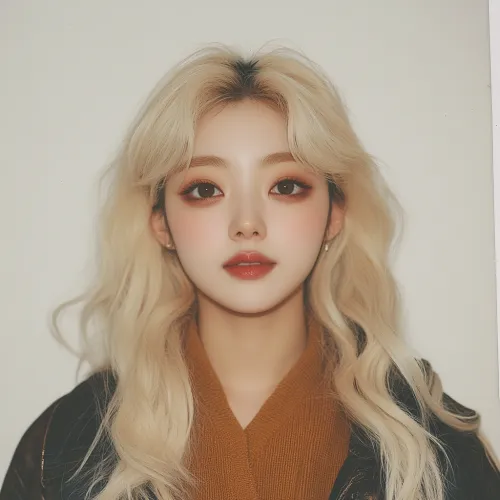 Ji-soo
Ji-soo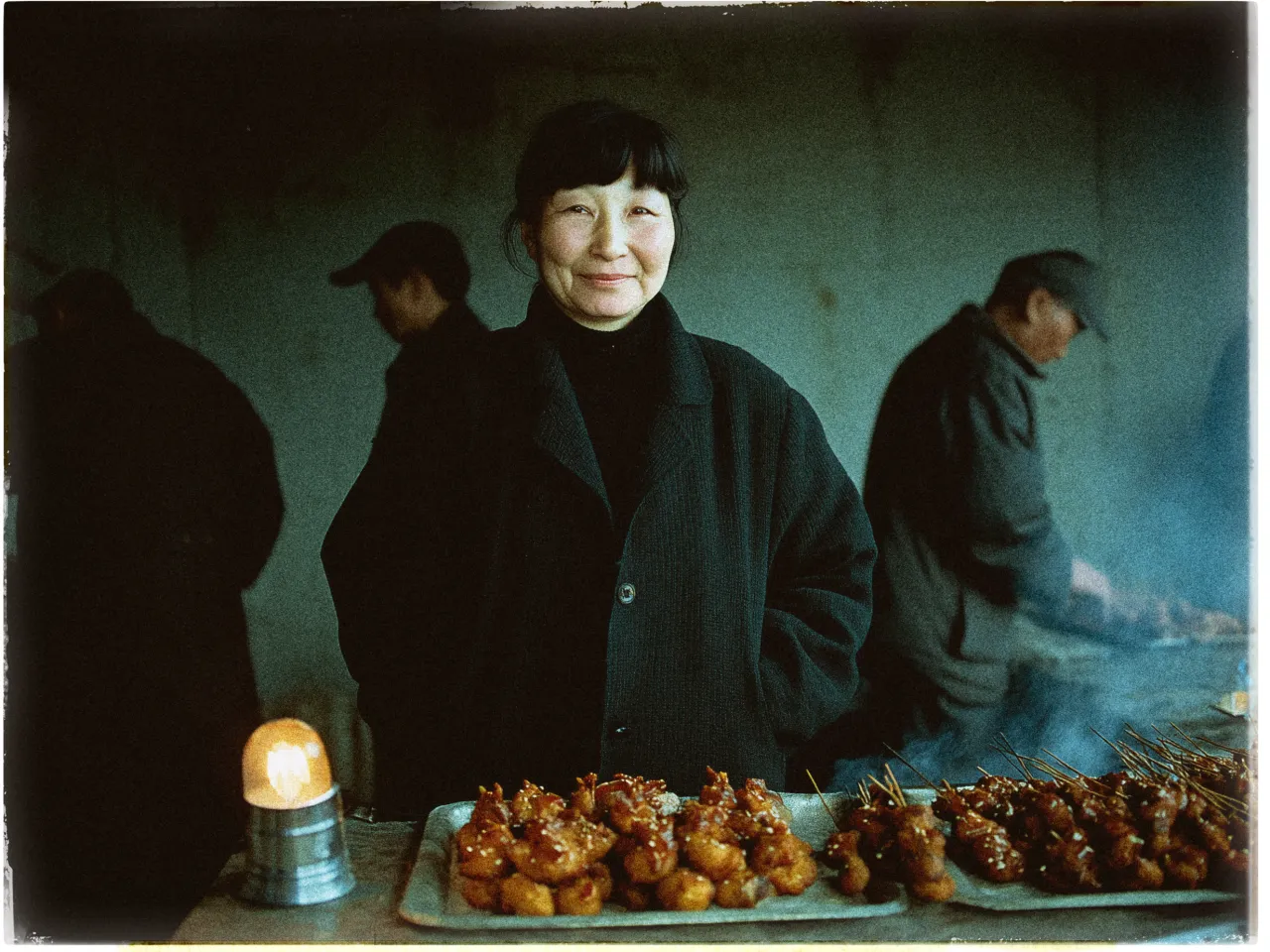
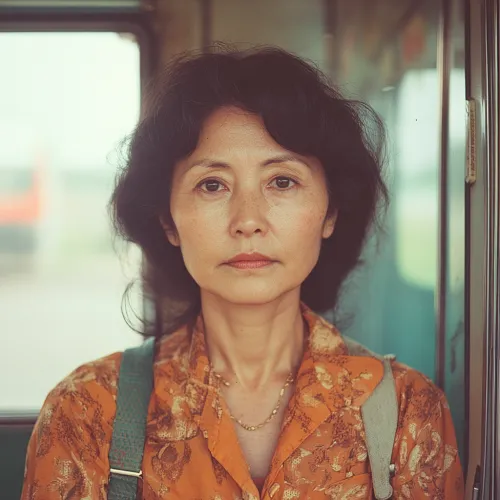 Yoon-hee
Yoon-hee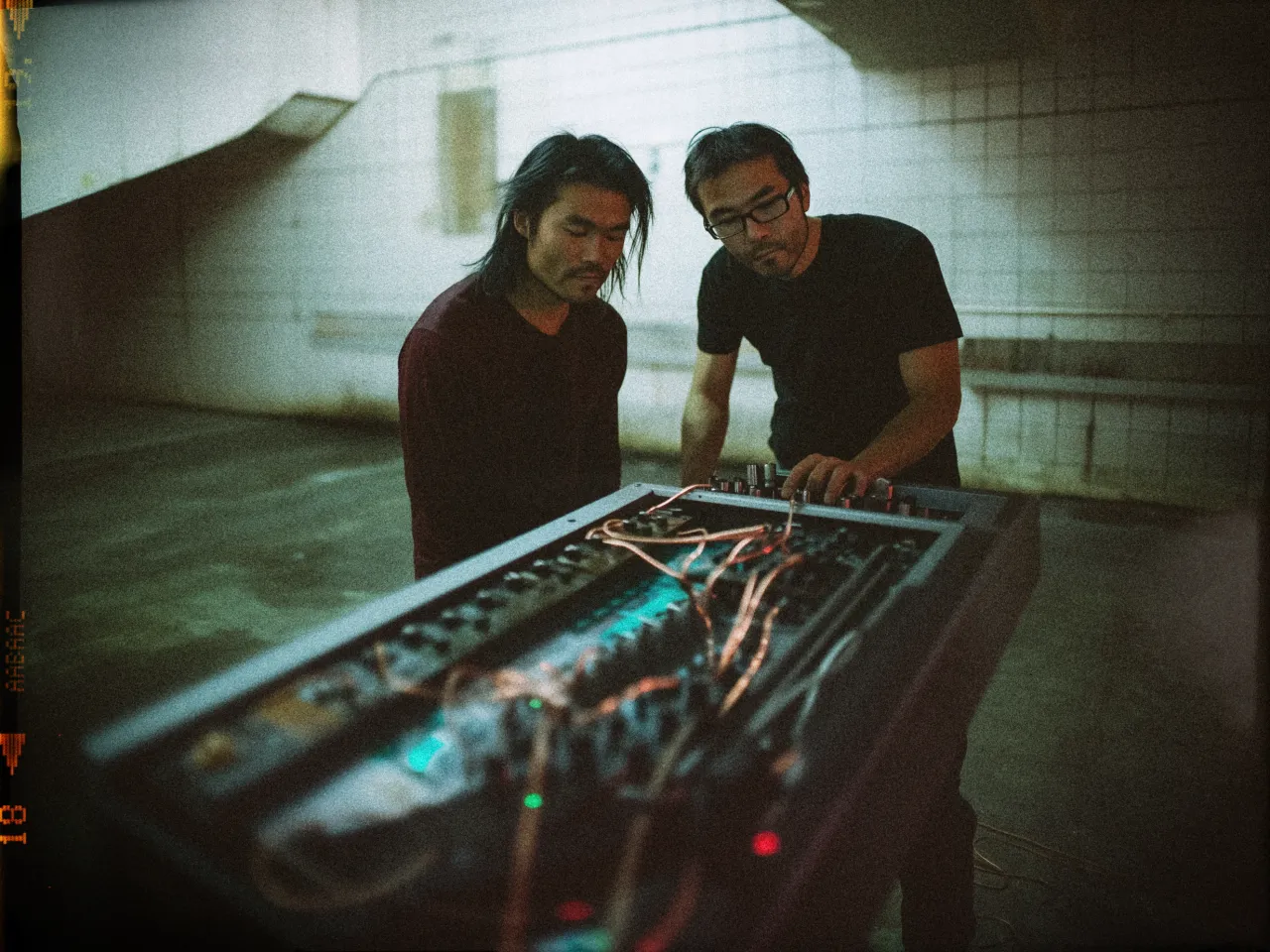
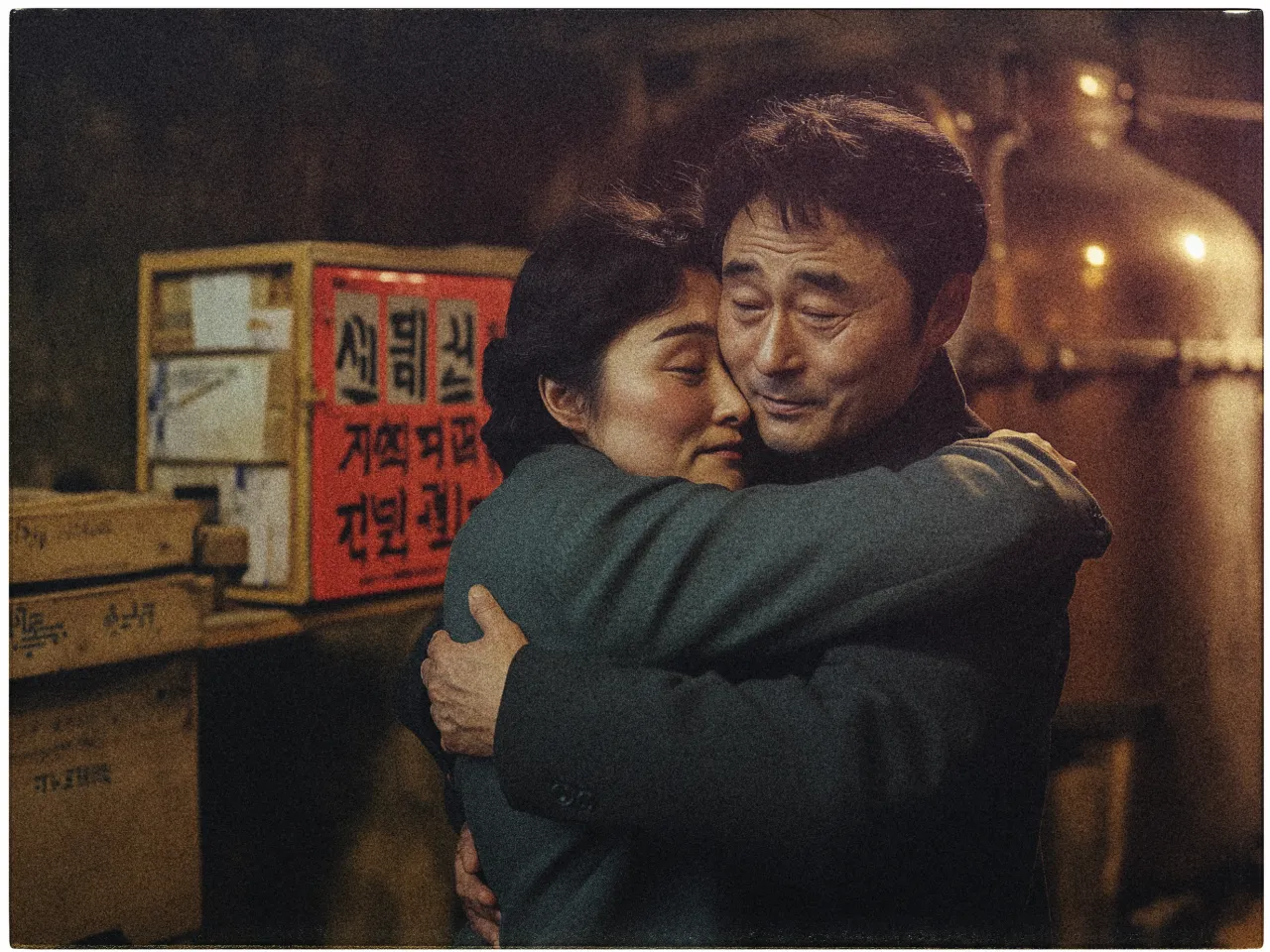
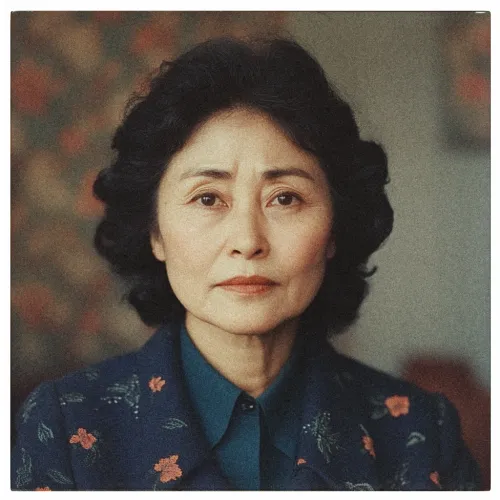 Jin-a
Jin-a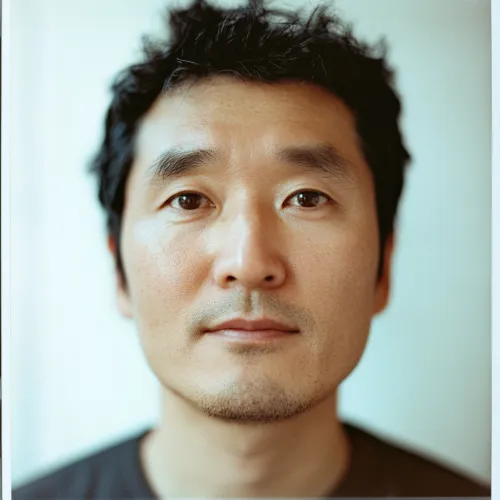 Myung-ho
Myung-ho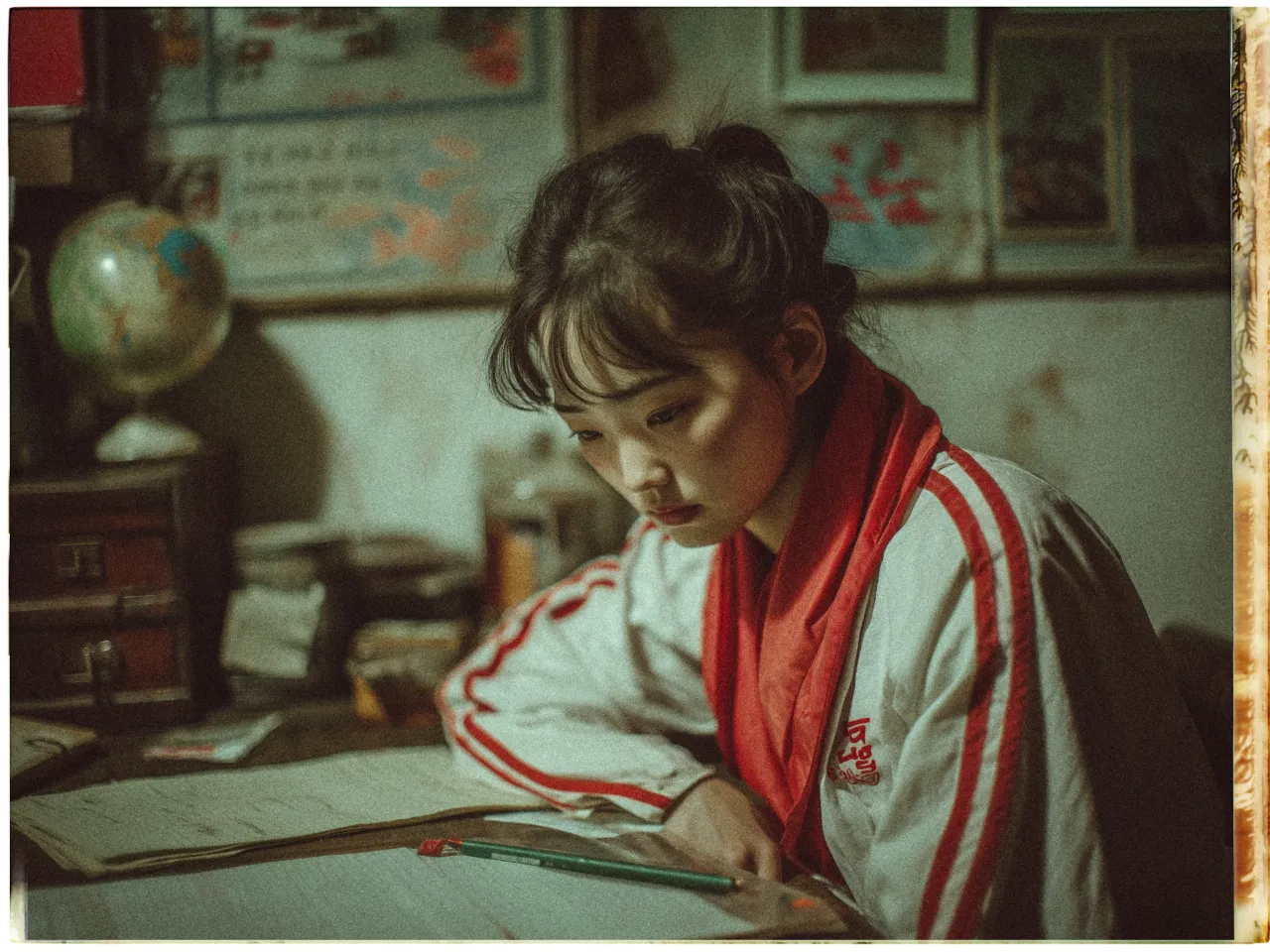
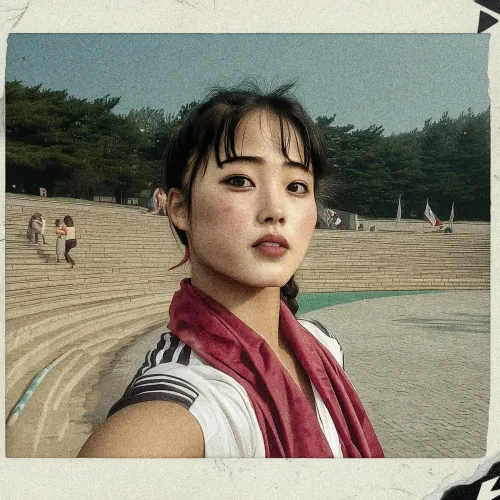 Seol-hwa
Seol-hwa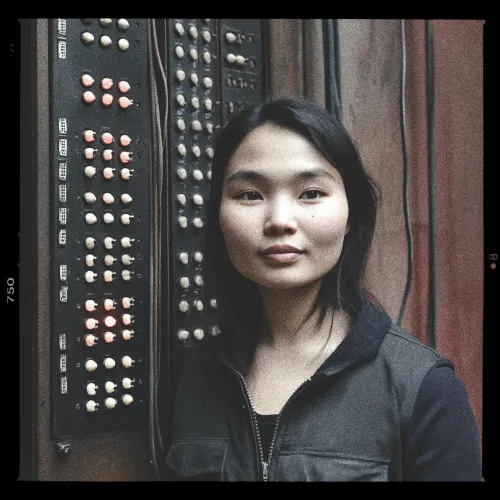 Ji-yun
Ji-yun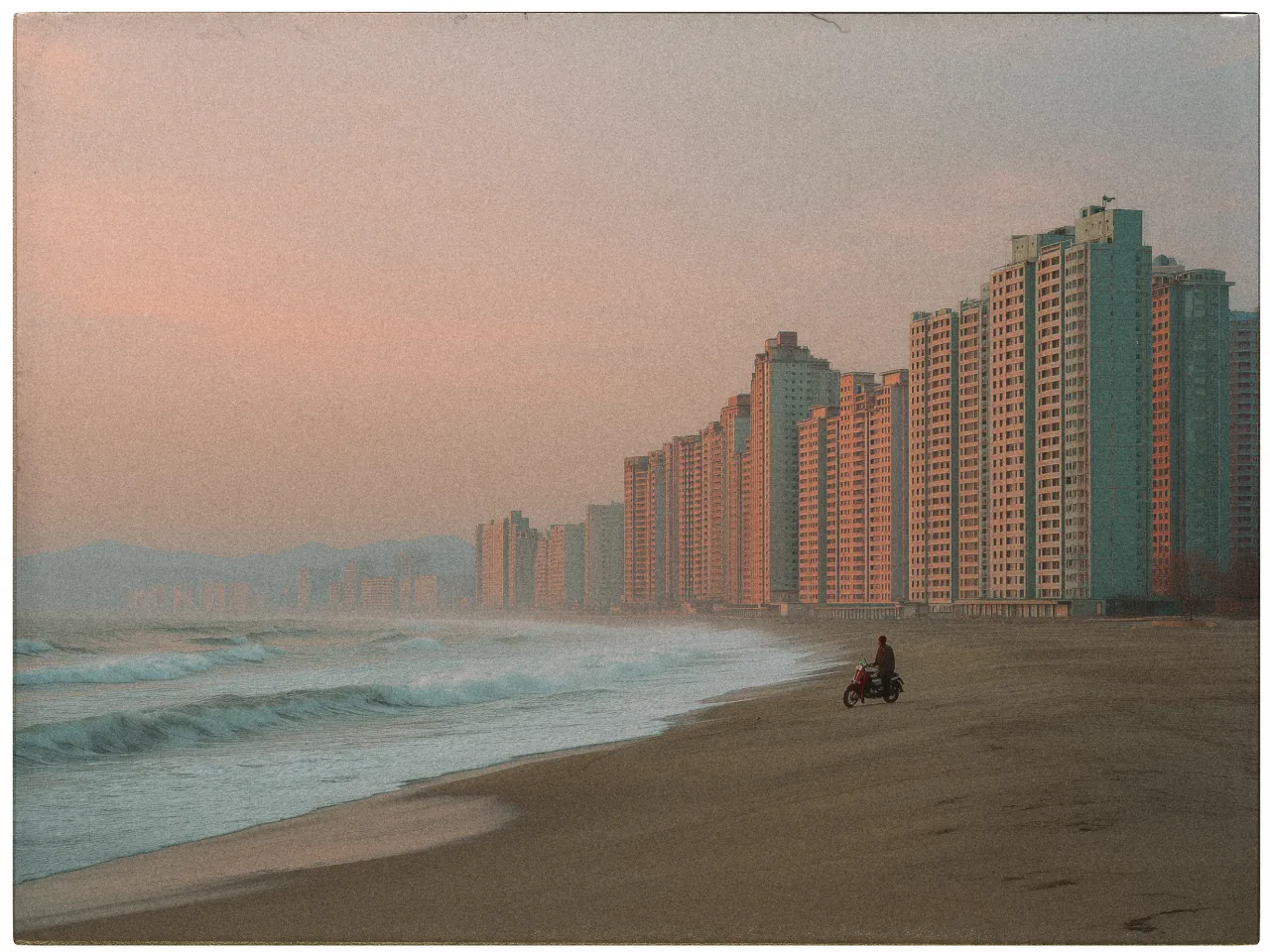
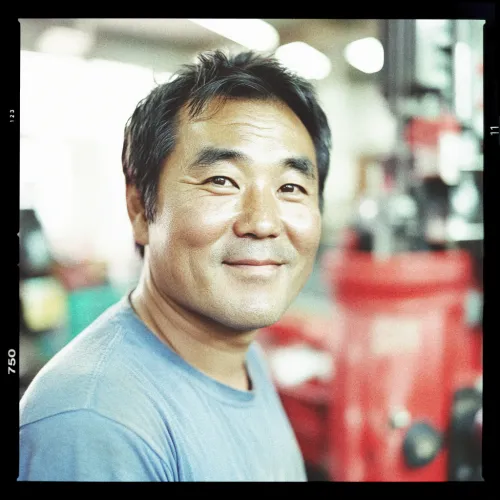 Joon-ho
Joon-ho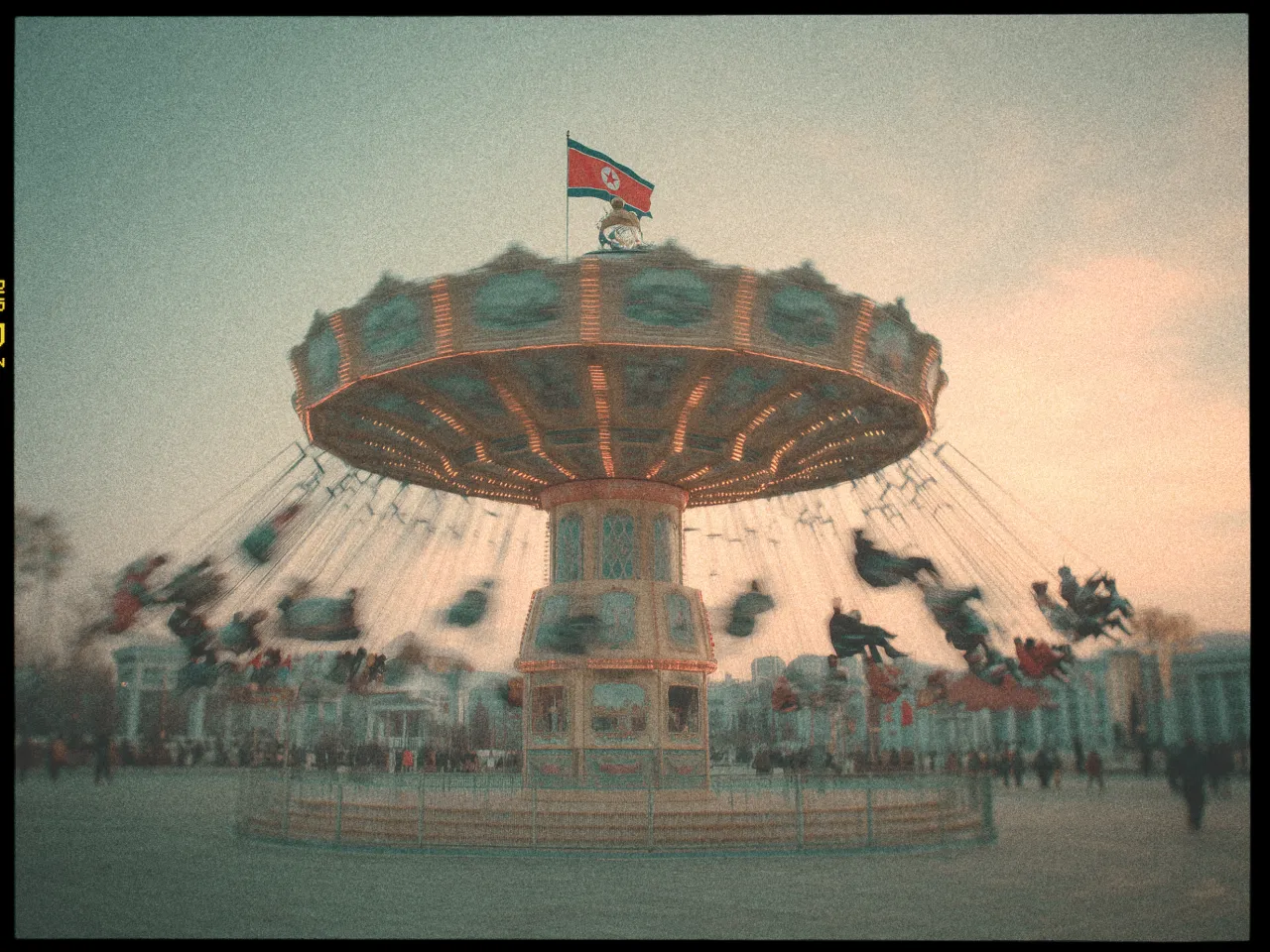
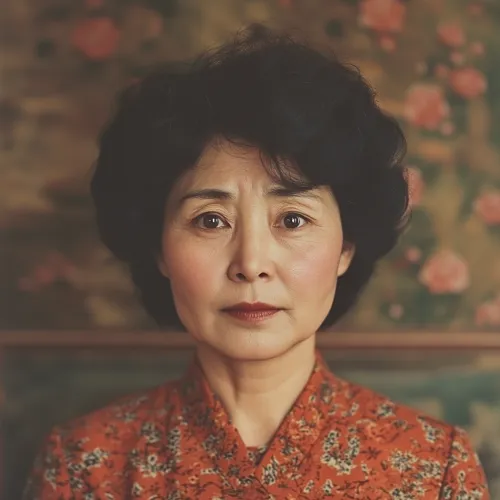 Soon-ja
Soon-ja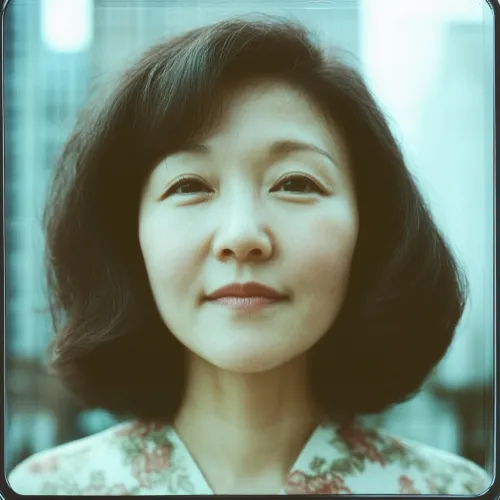 Yoon-ah
Yoon-ah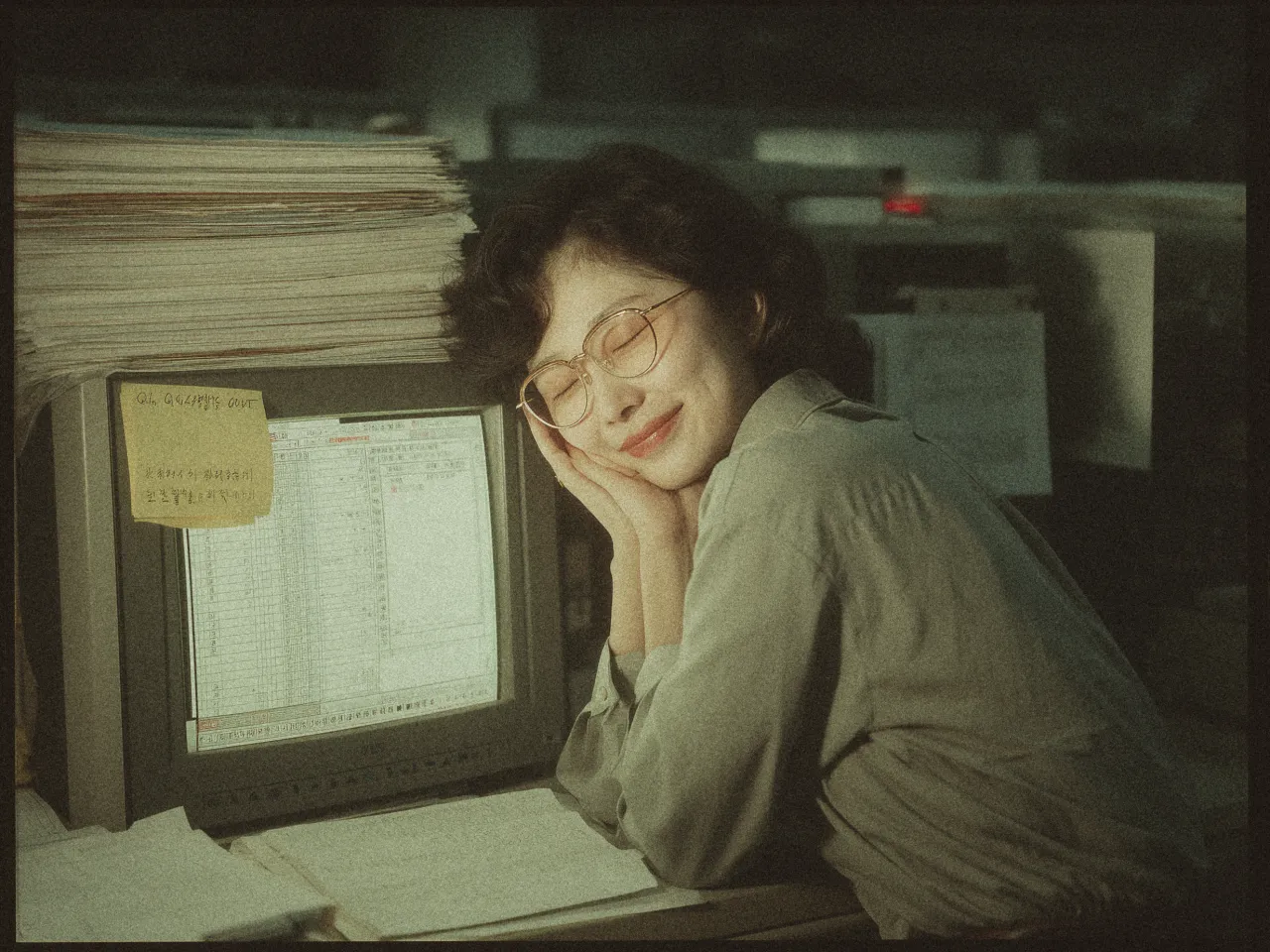
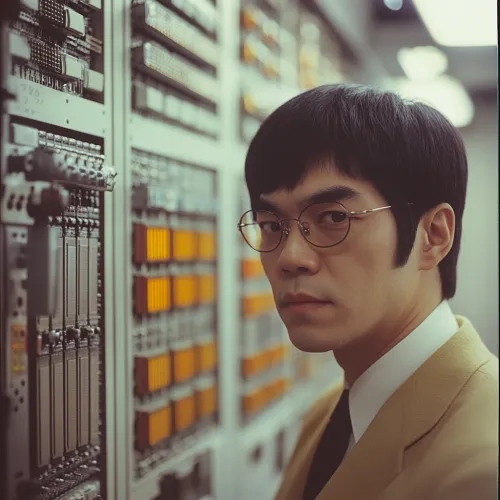 Tae-sung
Tae-sung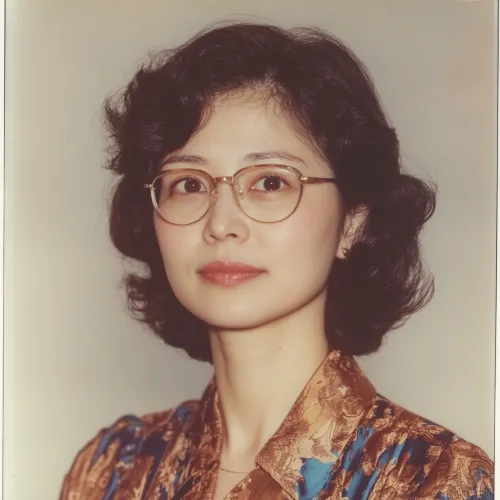 Bo-kyung
Bo-kyung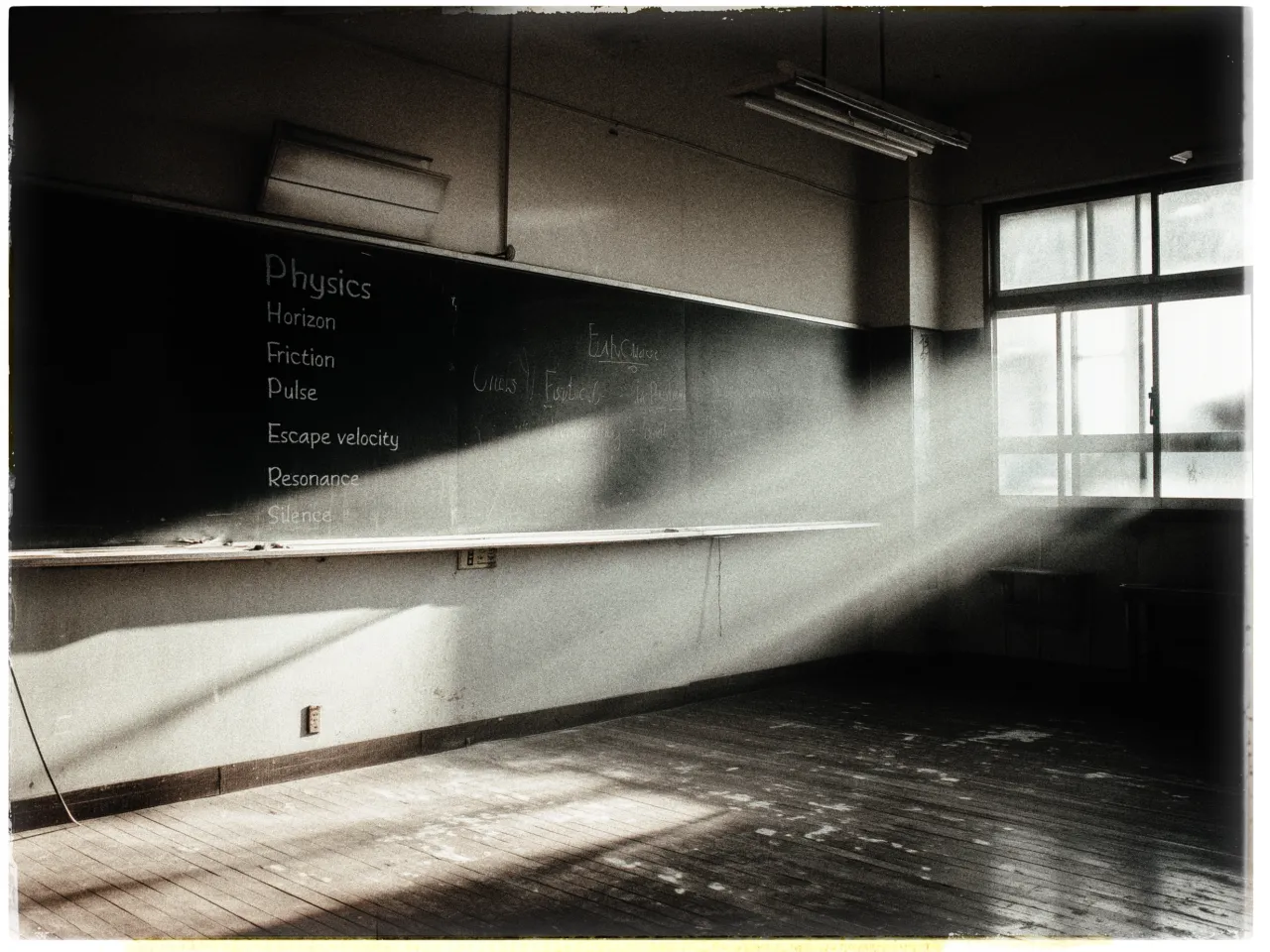
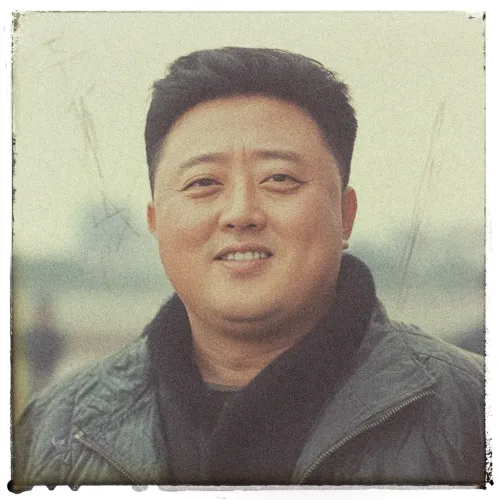 Joon-hyung
Joon-hyung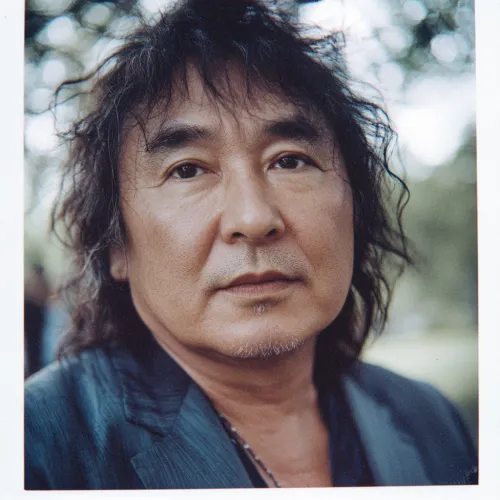 Kang-ho
Kang-ho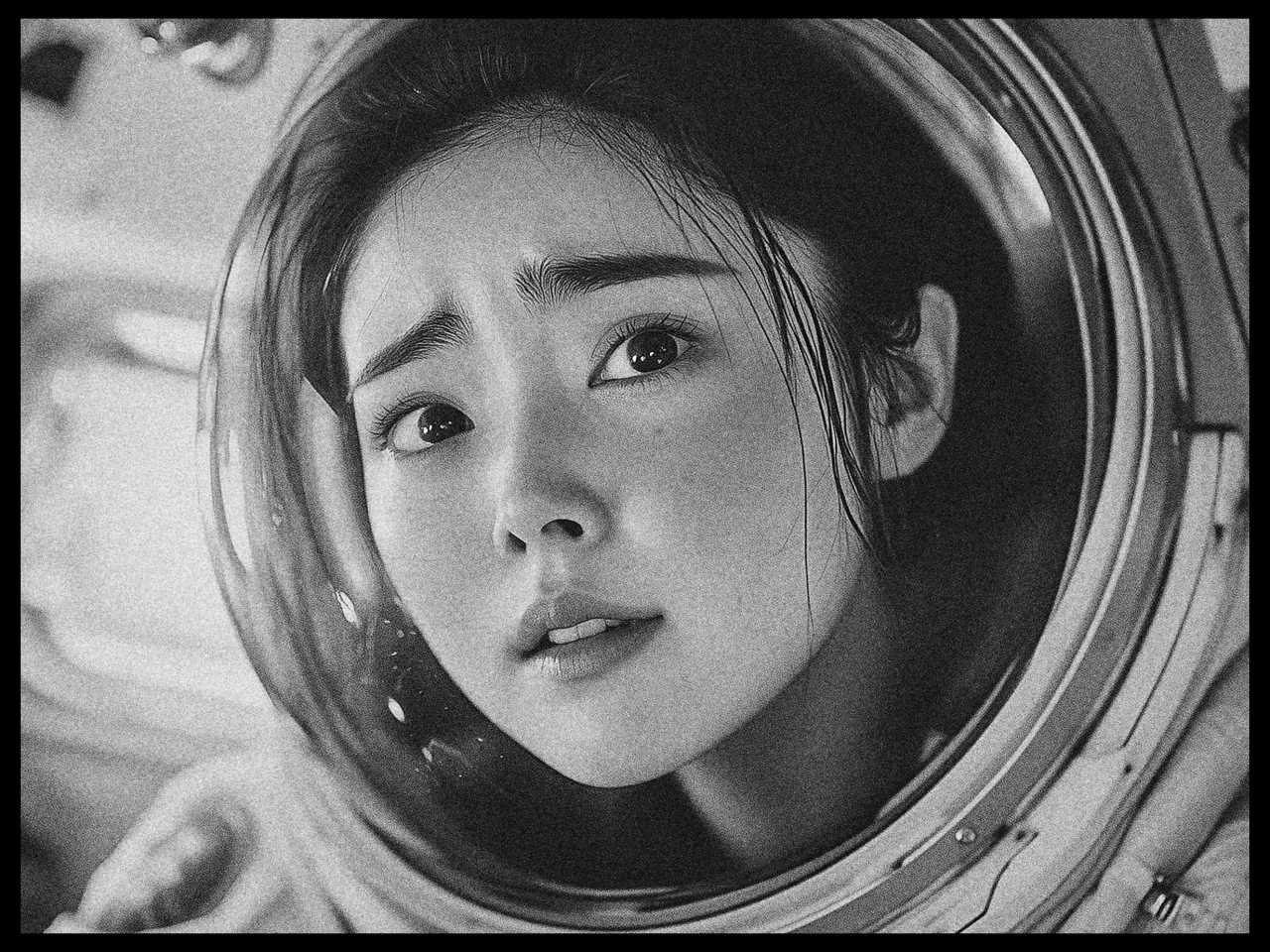
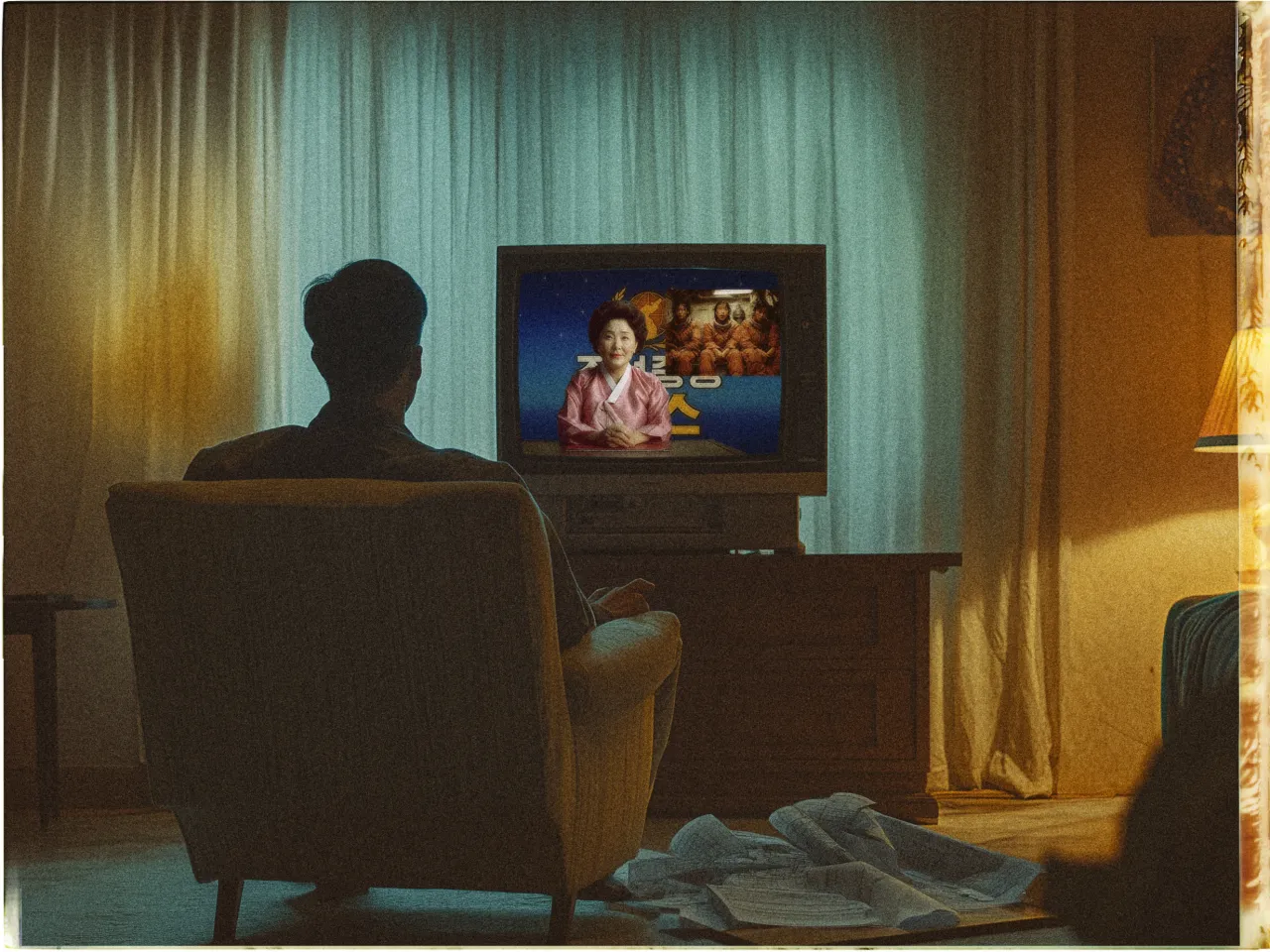
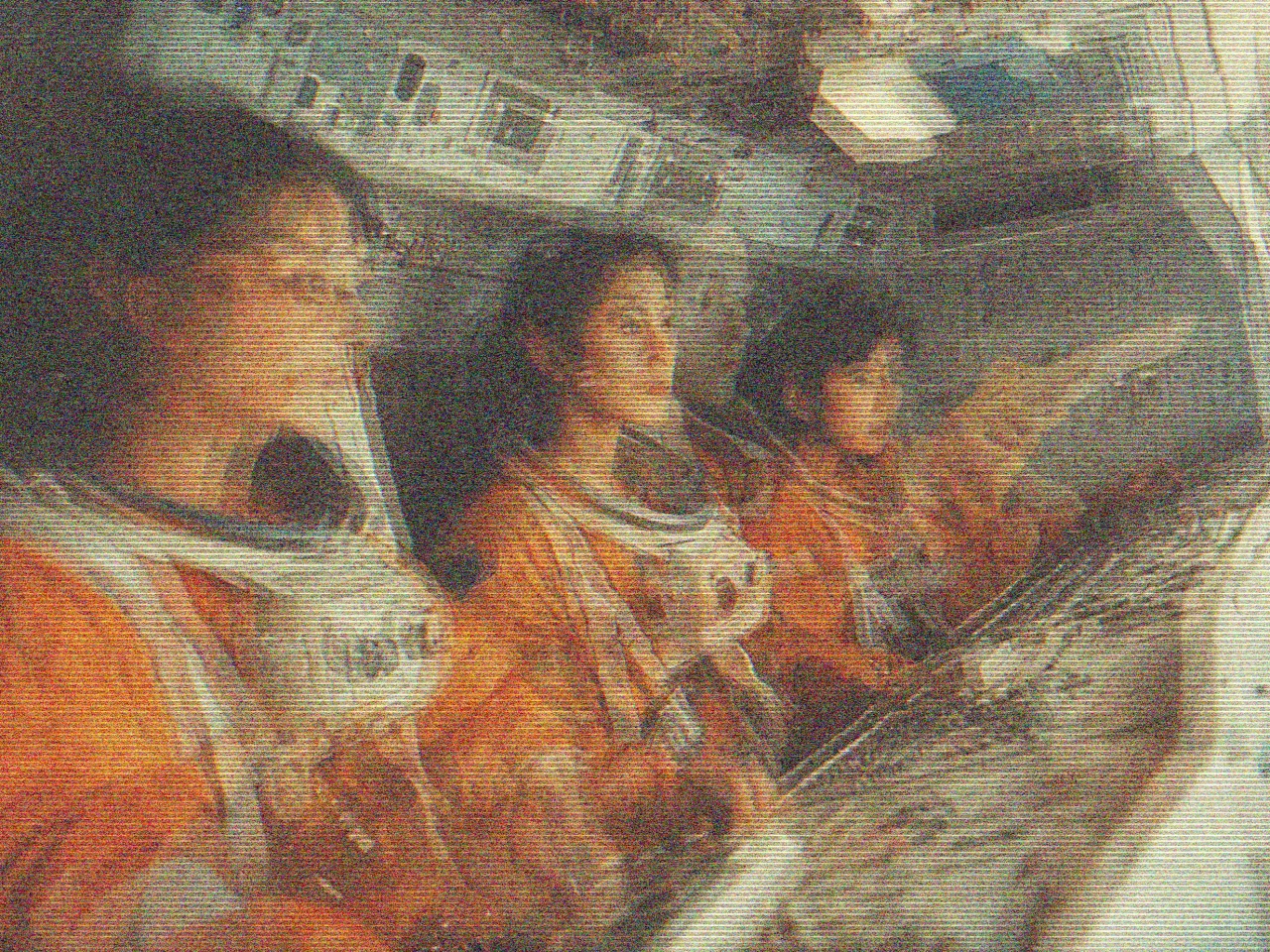
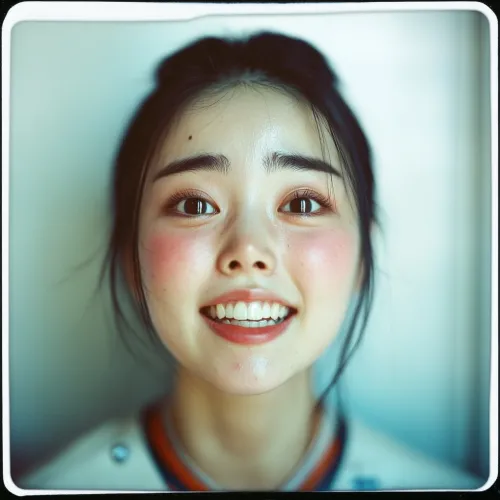 Eun-ha
Eun-ha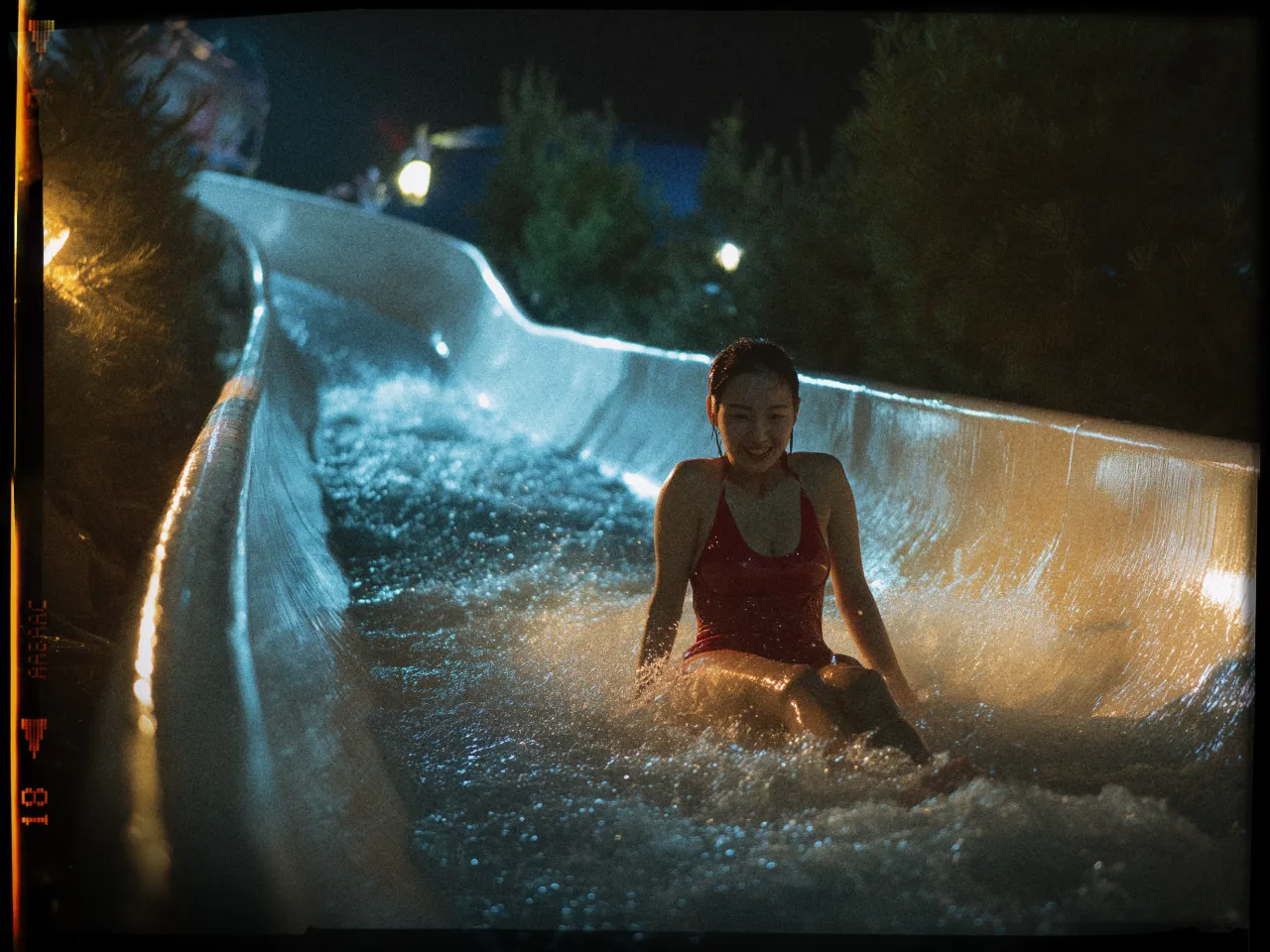
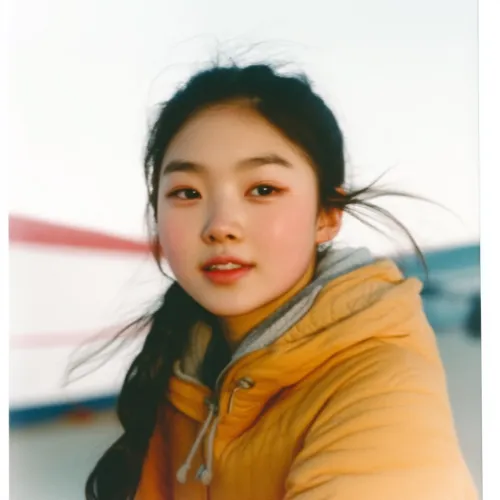 Soo-mi
Soo-mi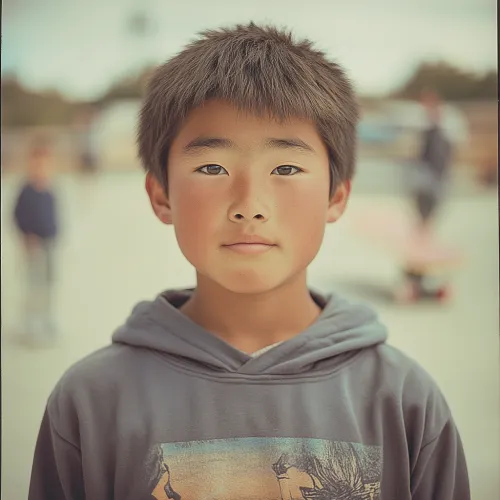 Jin-ho
Jin-ho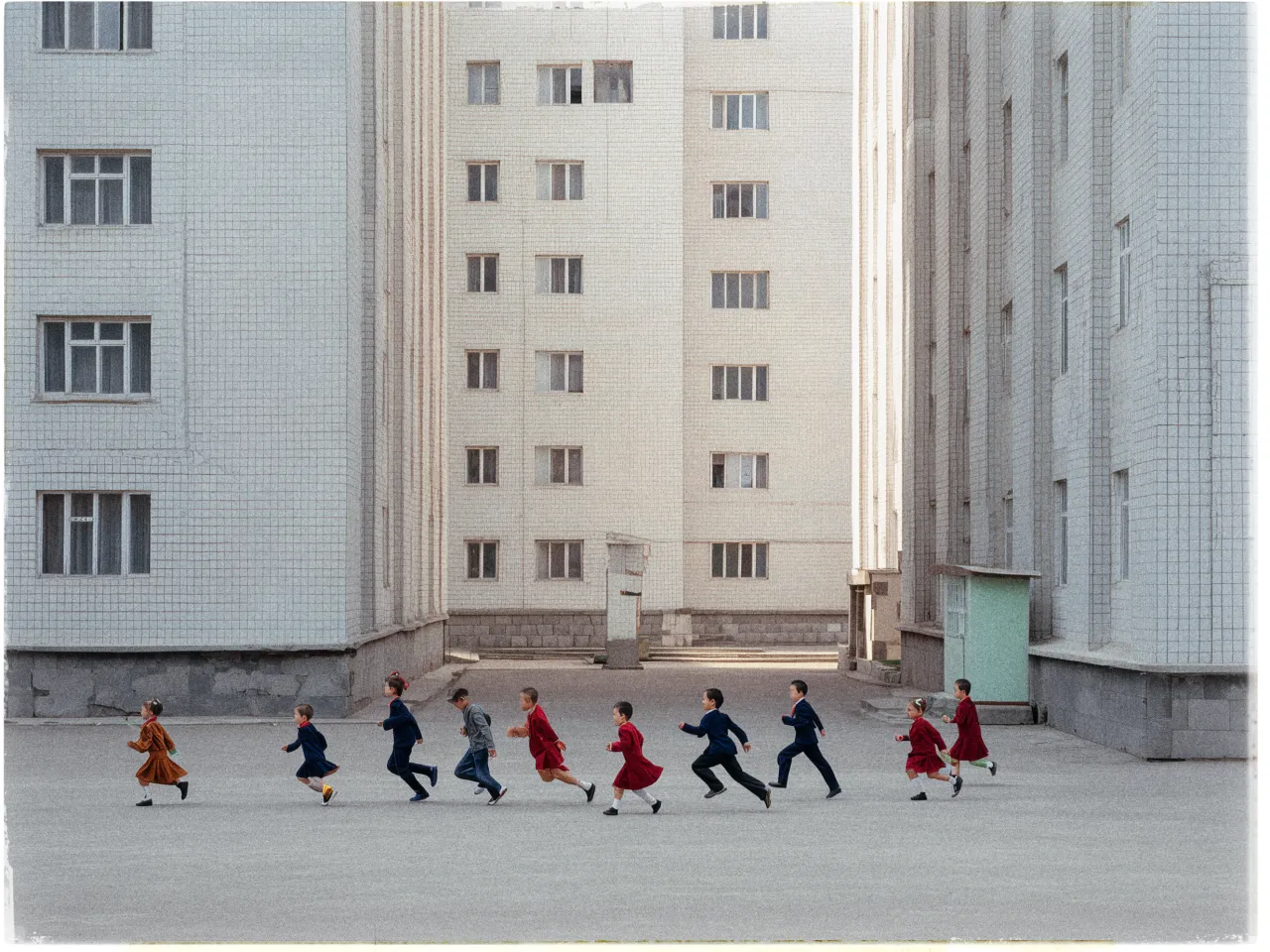
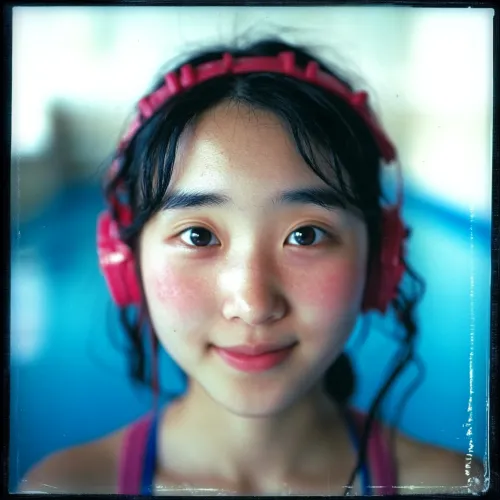 Soo-jin
Soo-jin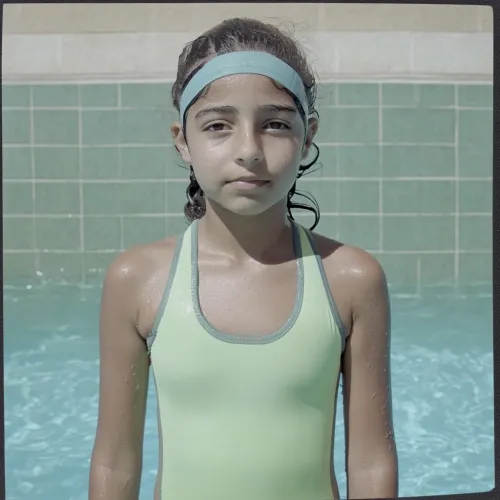 Isabel
Isabel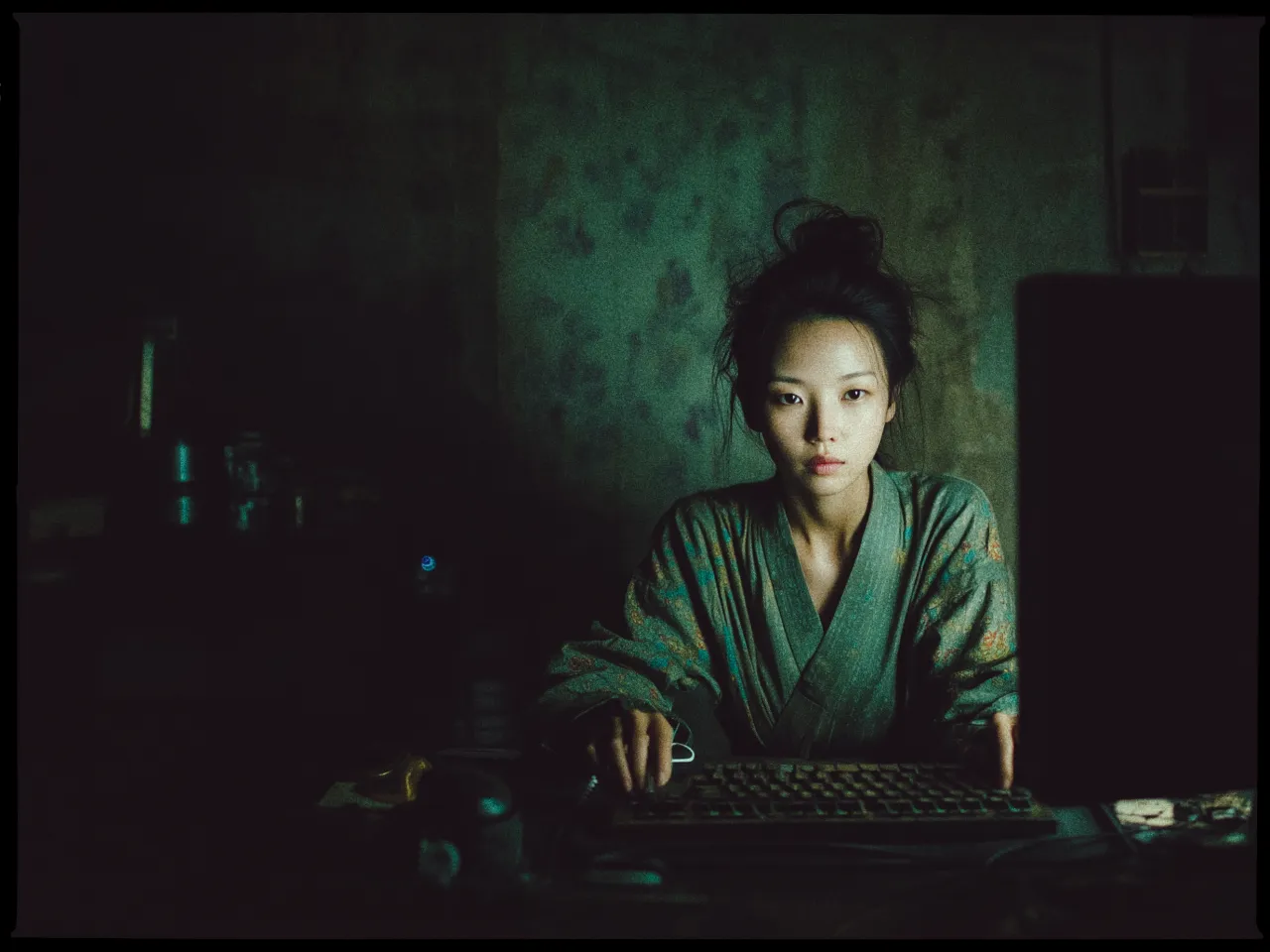
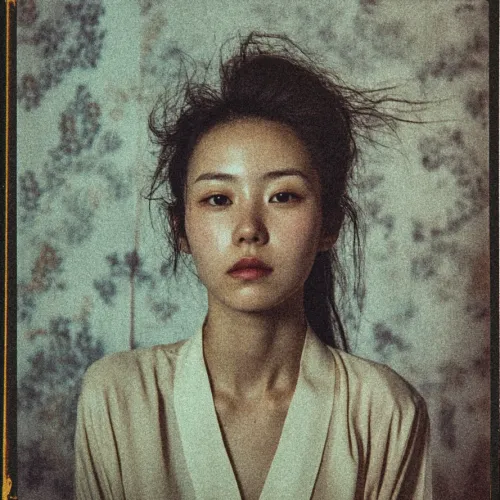 Bo-ram
Bo-ram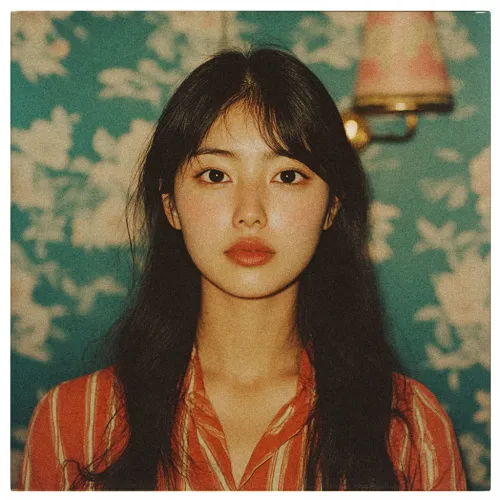 Yeon-seo
Yeon-seo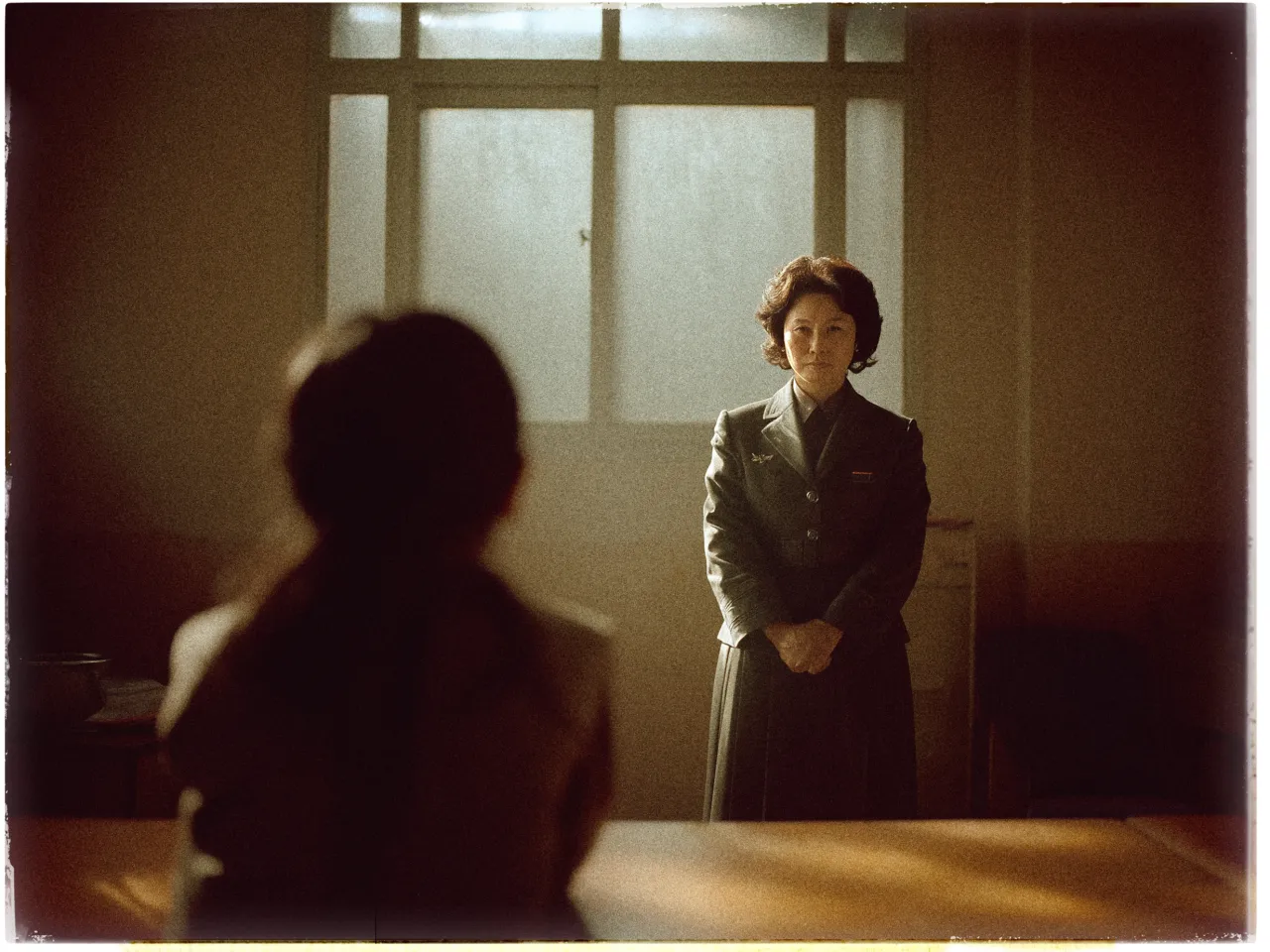
 Hyun-taek
Hyun-taek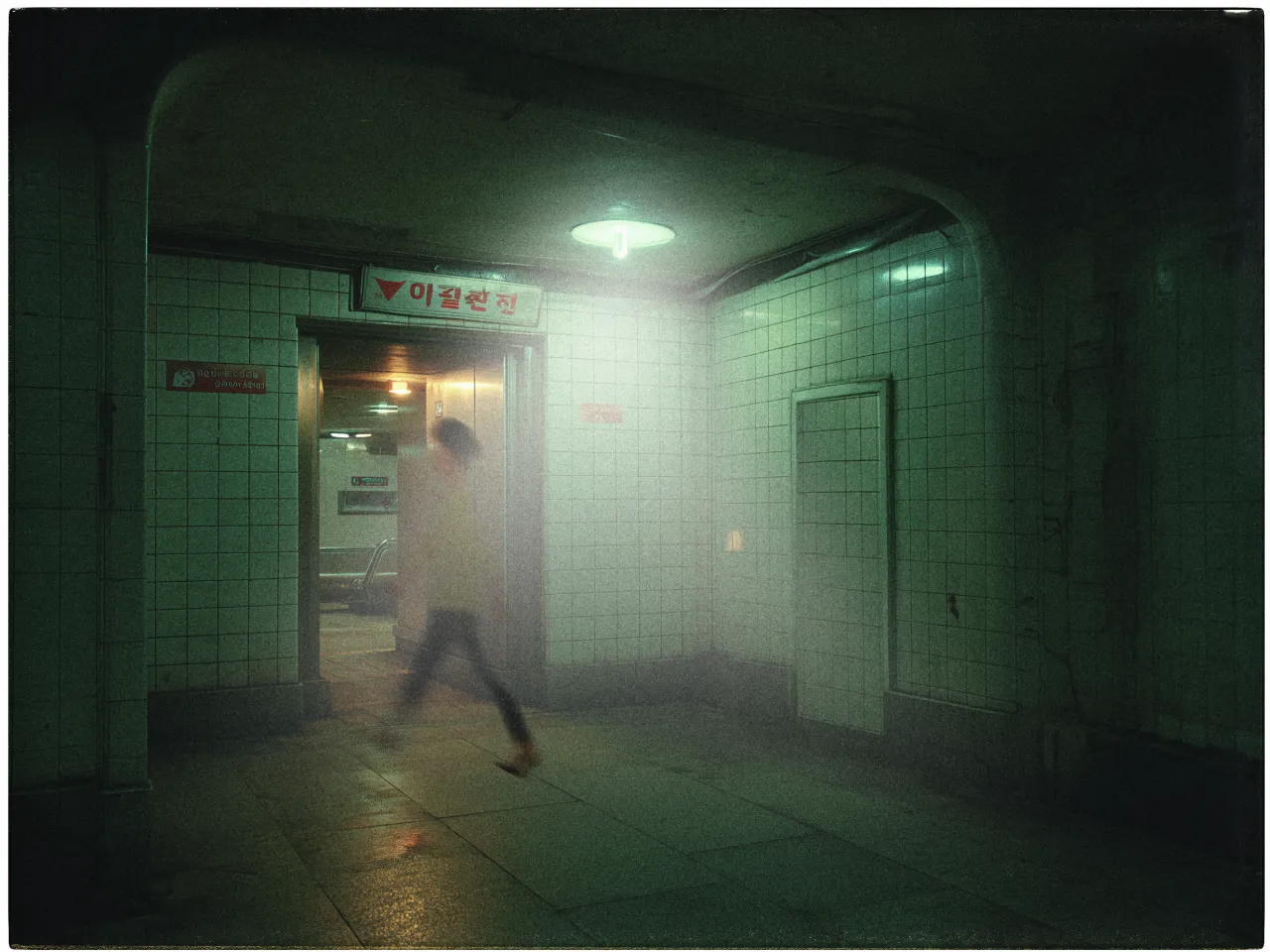
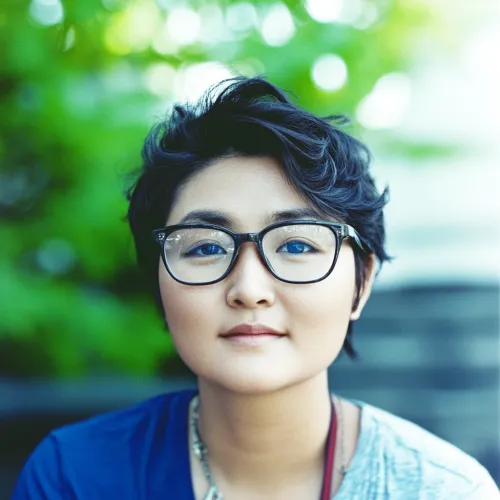 Minji
Minji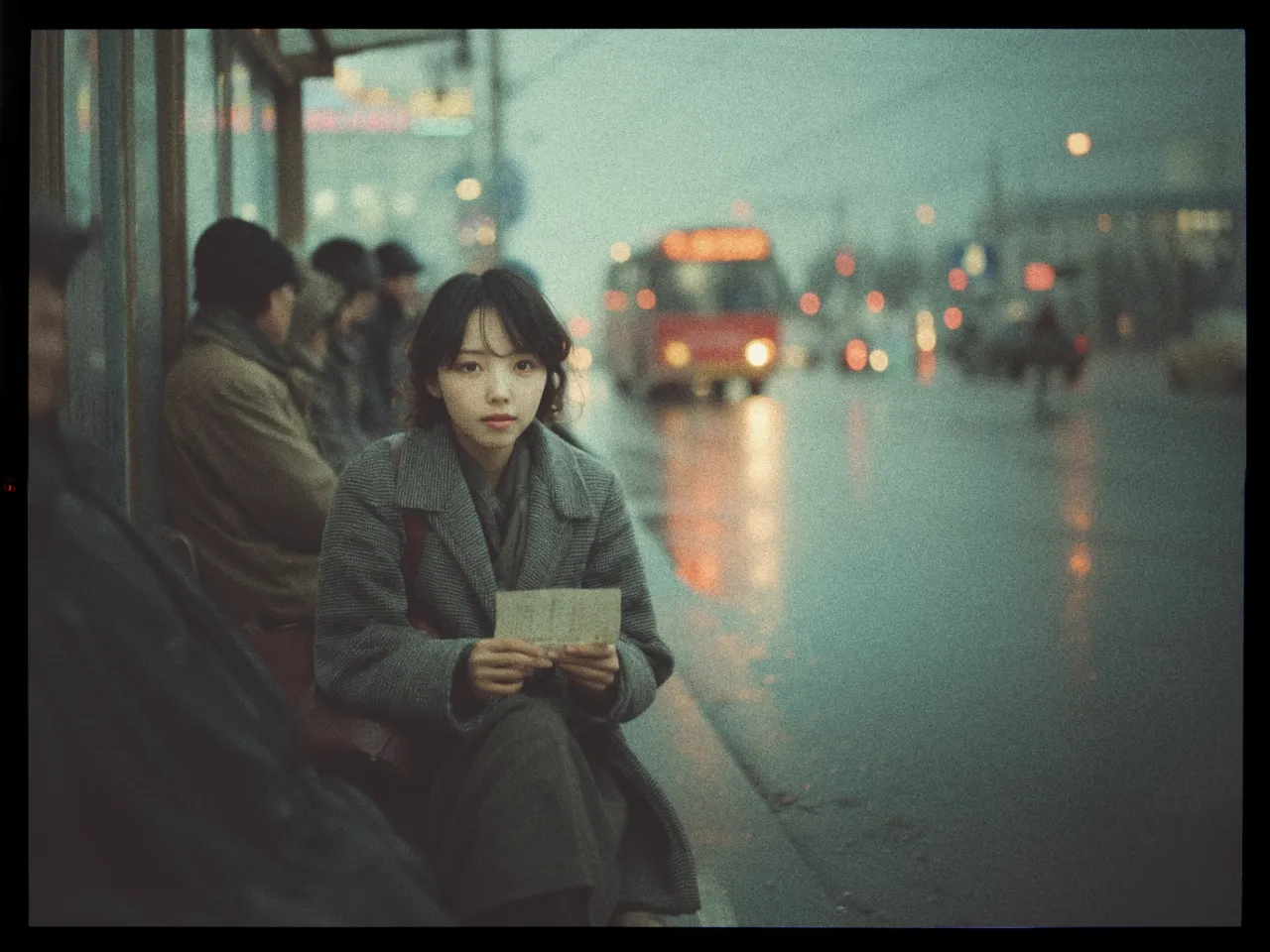
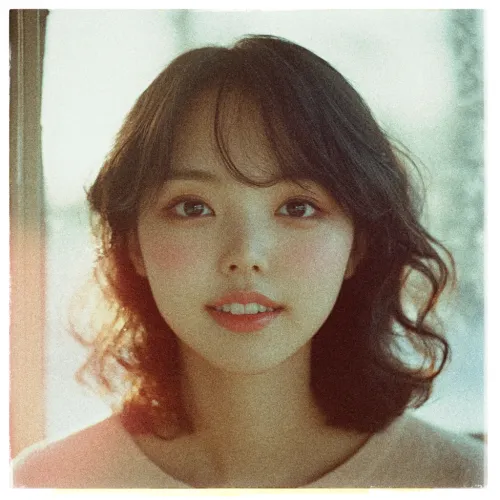 Soo-min
Soo-min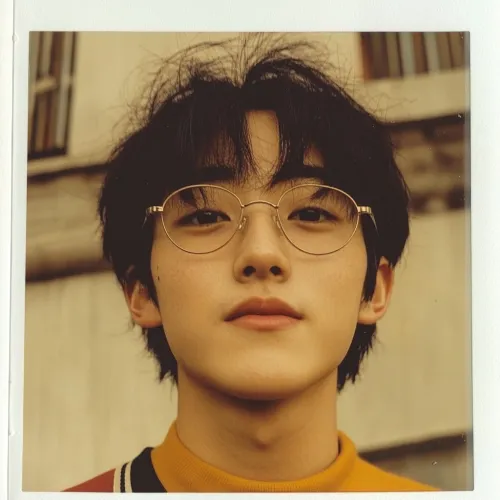 Ji-ho
Ji-ho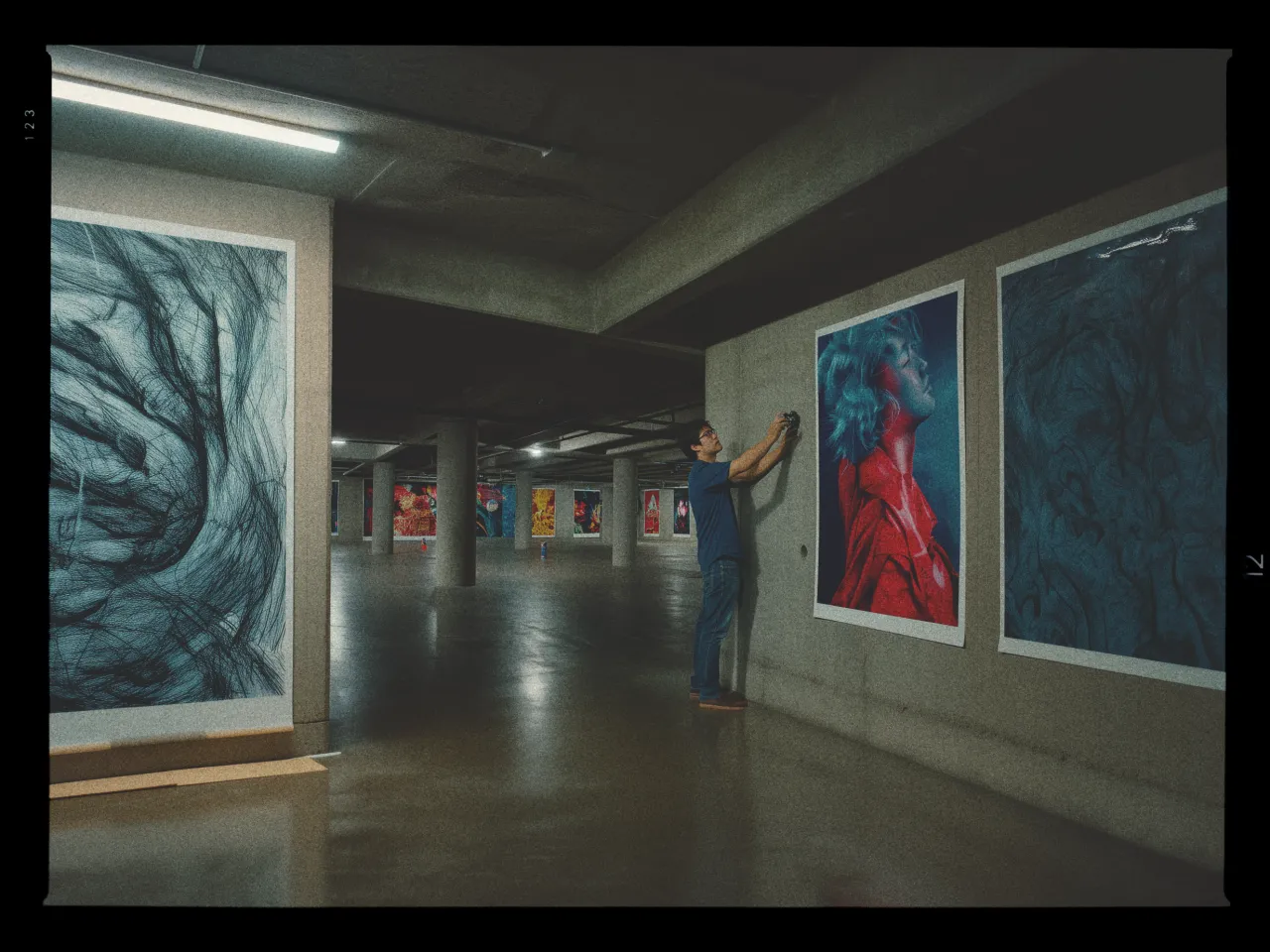
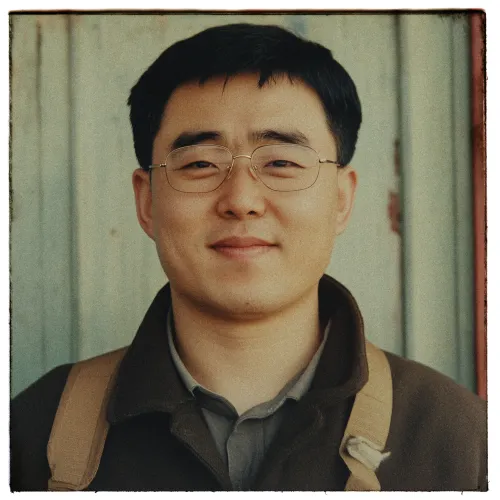 Jun-seok
Jun-seok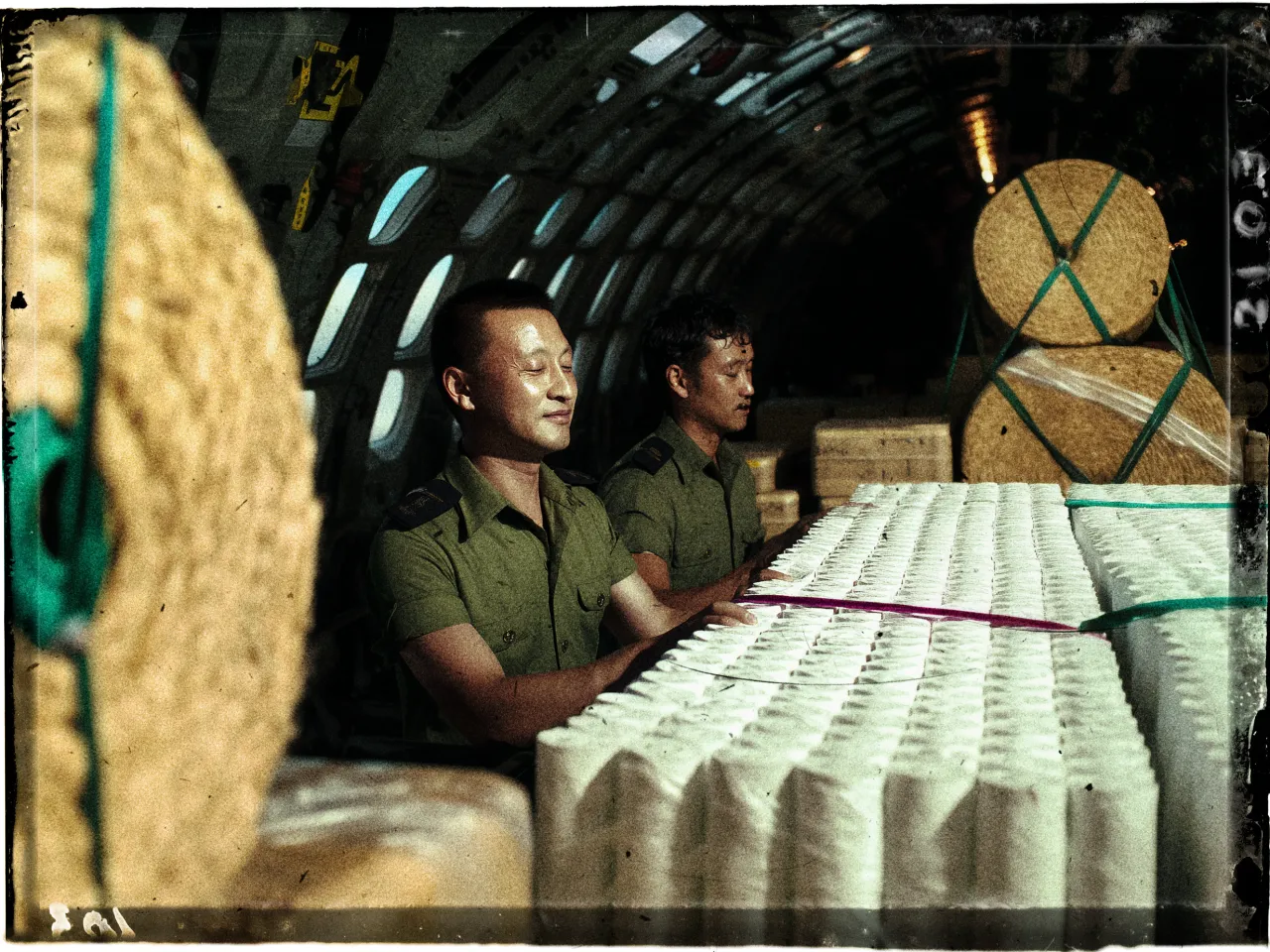
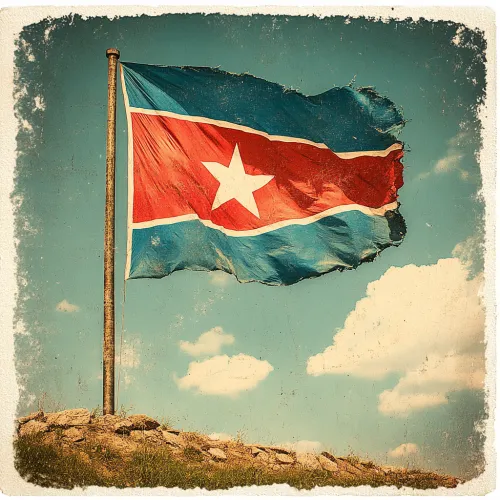 Ministry of Defense
Ministry of Defense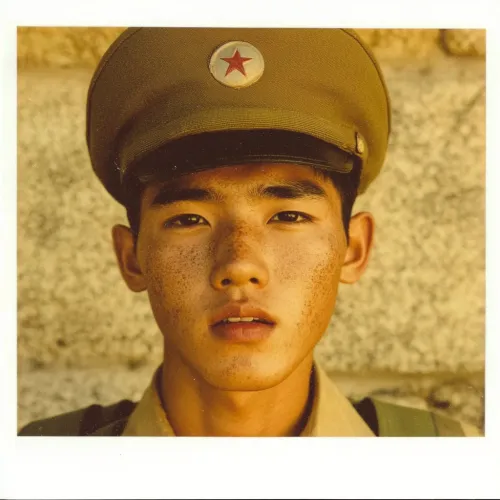 Private Tae-won
Private Tae-won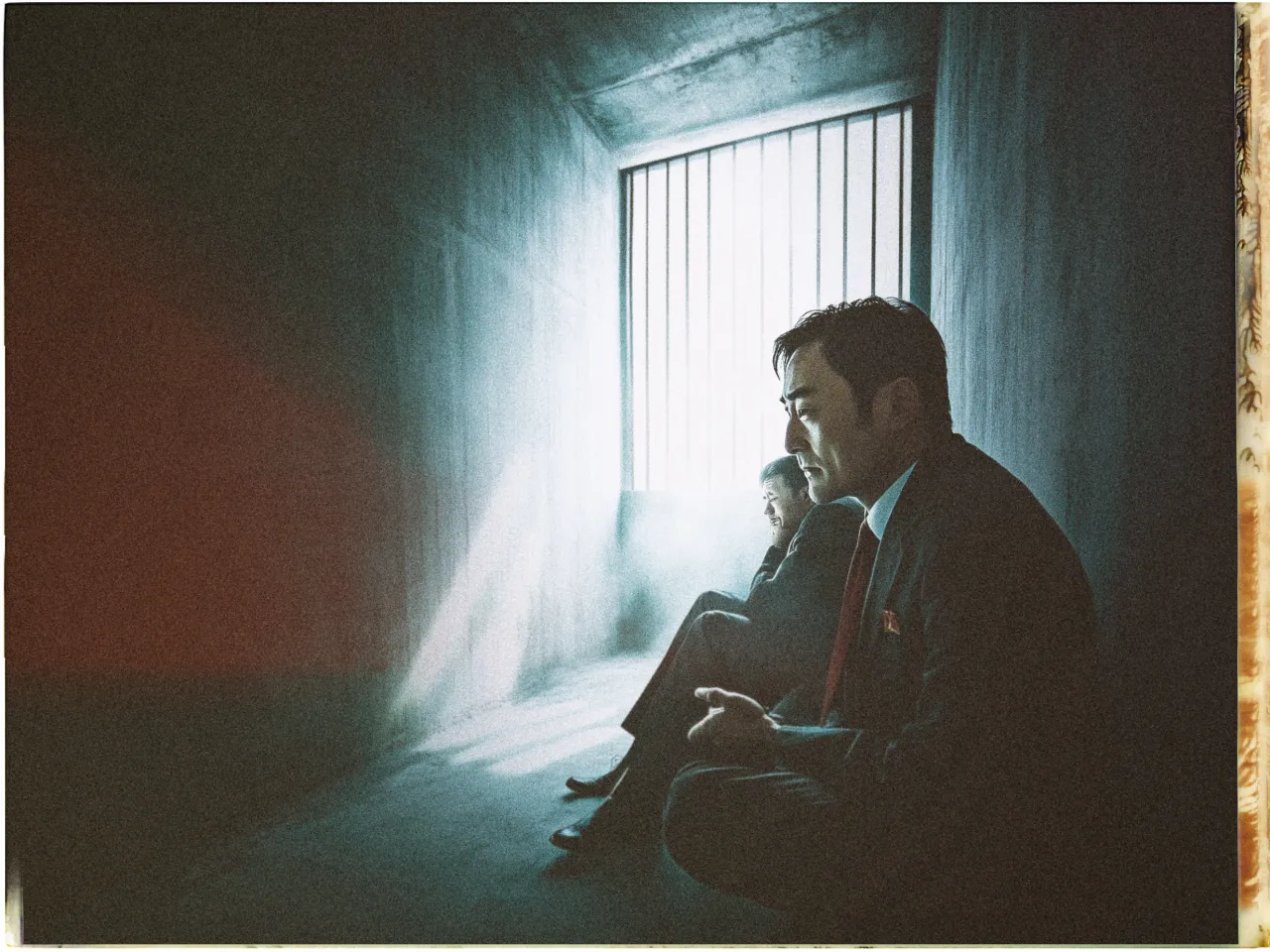
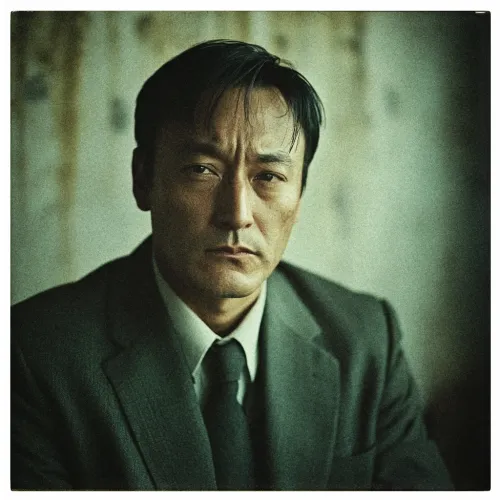 Ri Yong-hwan
Ri Yong-hwan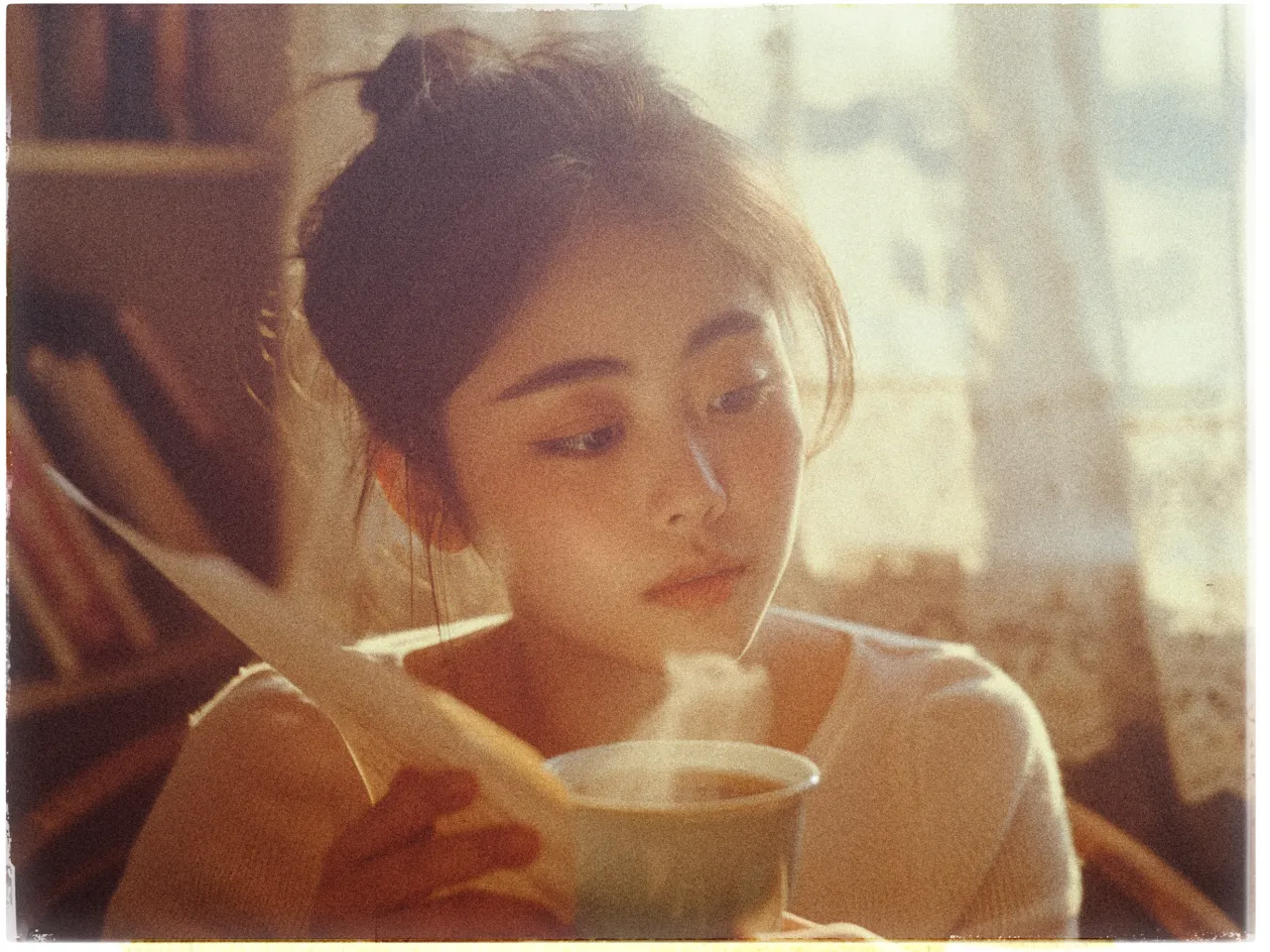
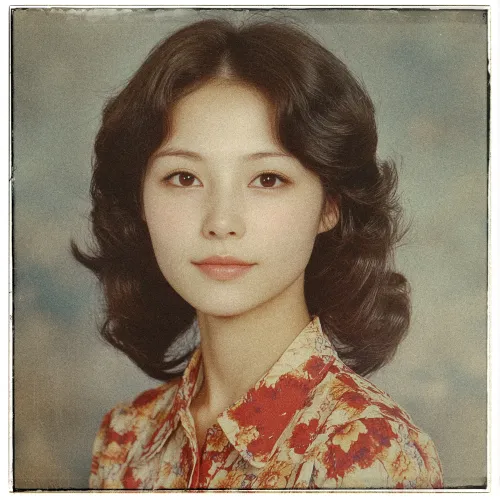 So-young
So-young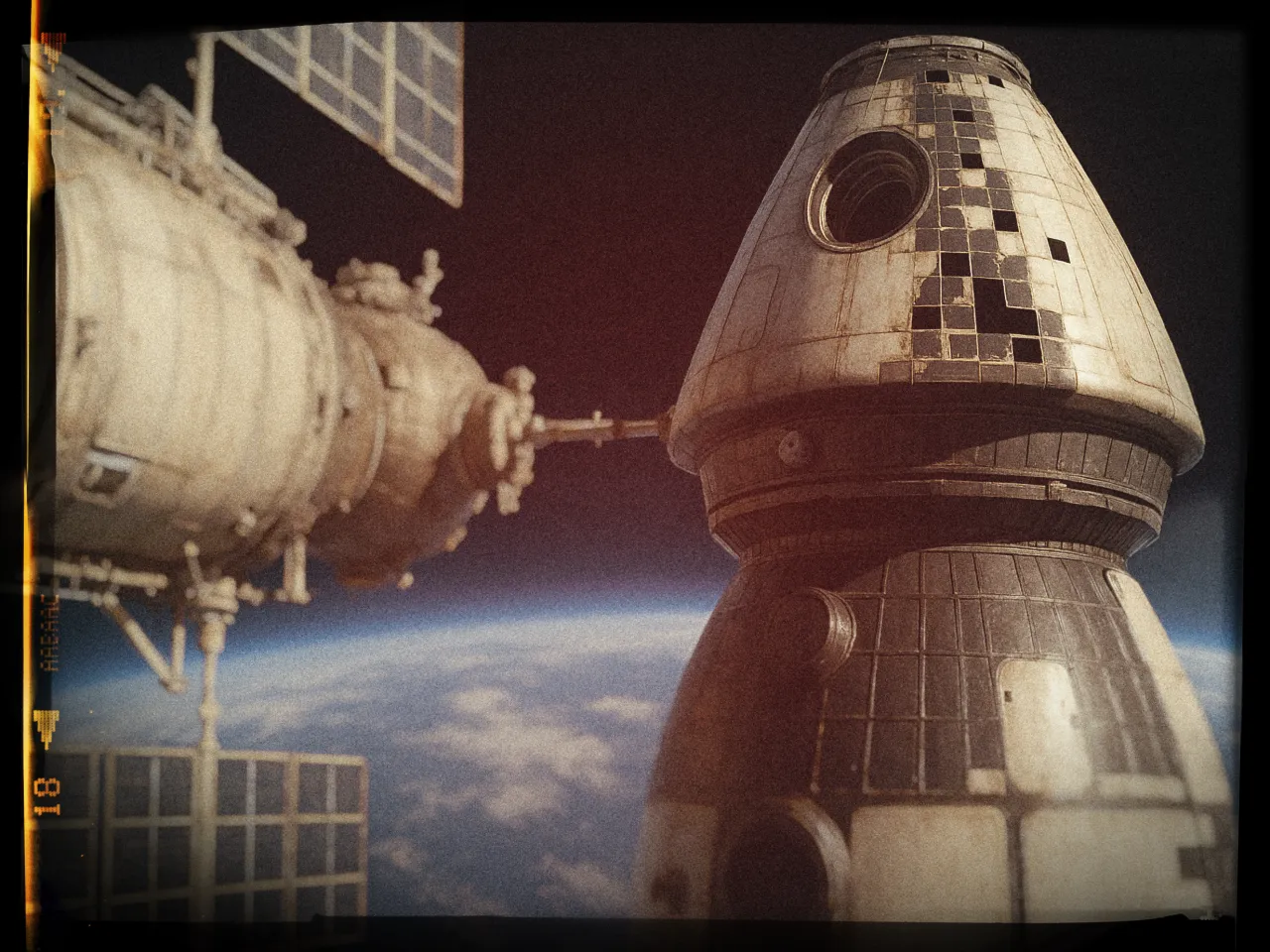
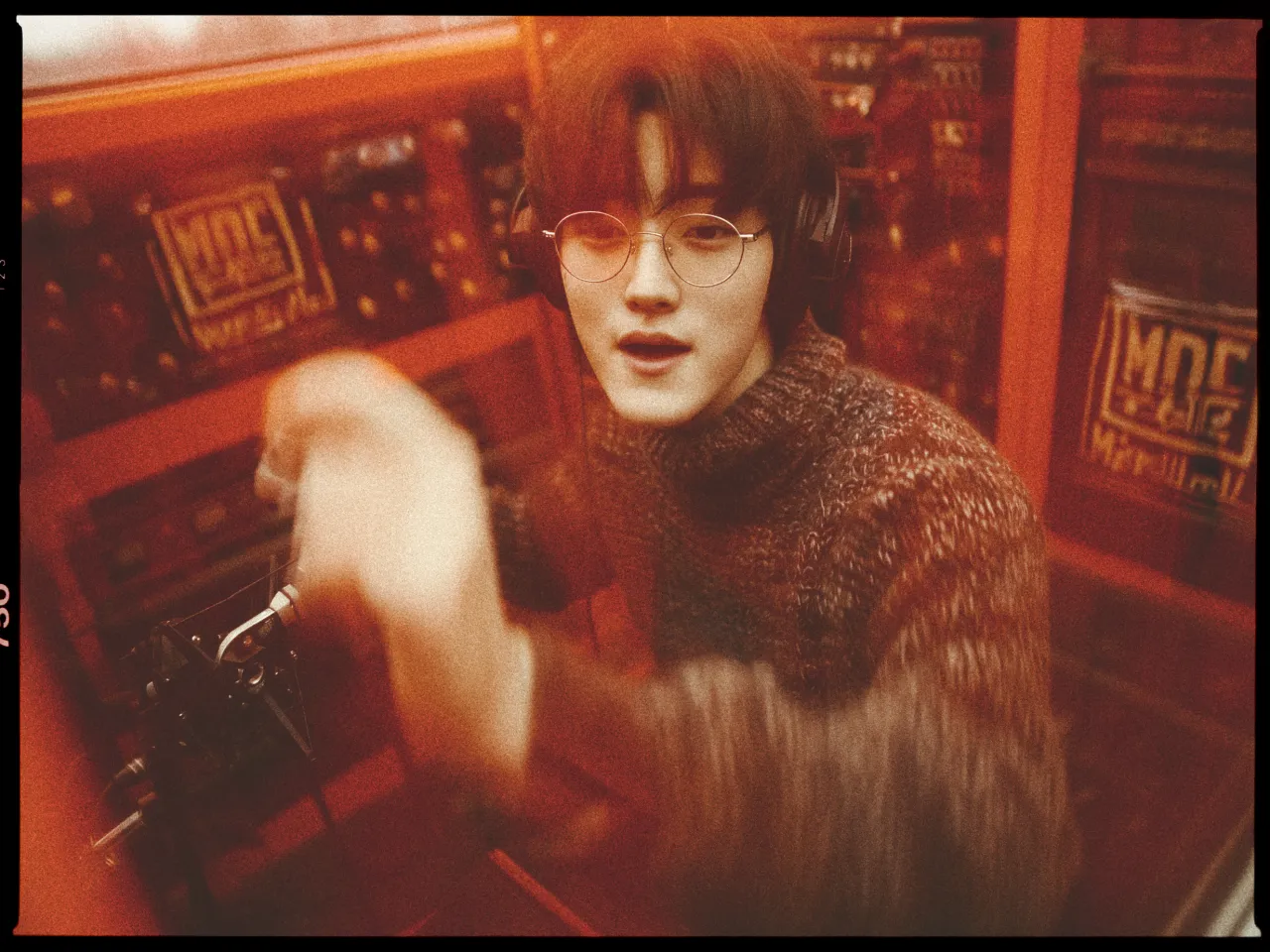
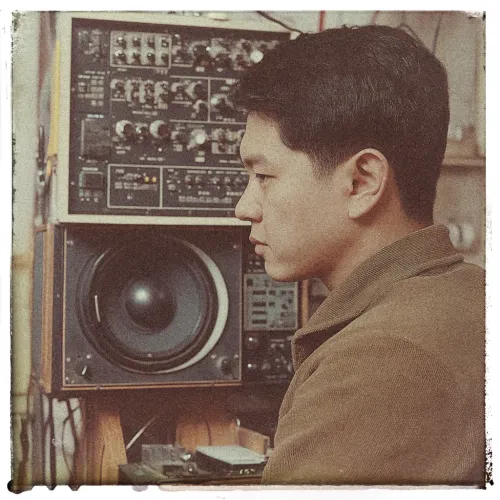 Joon-beom
Joon-beom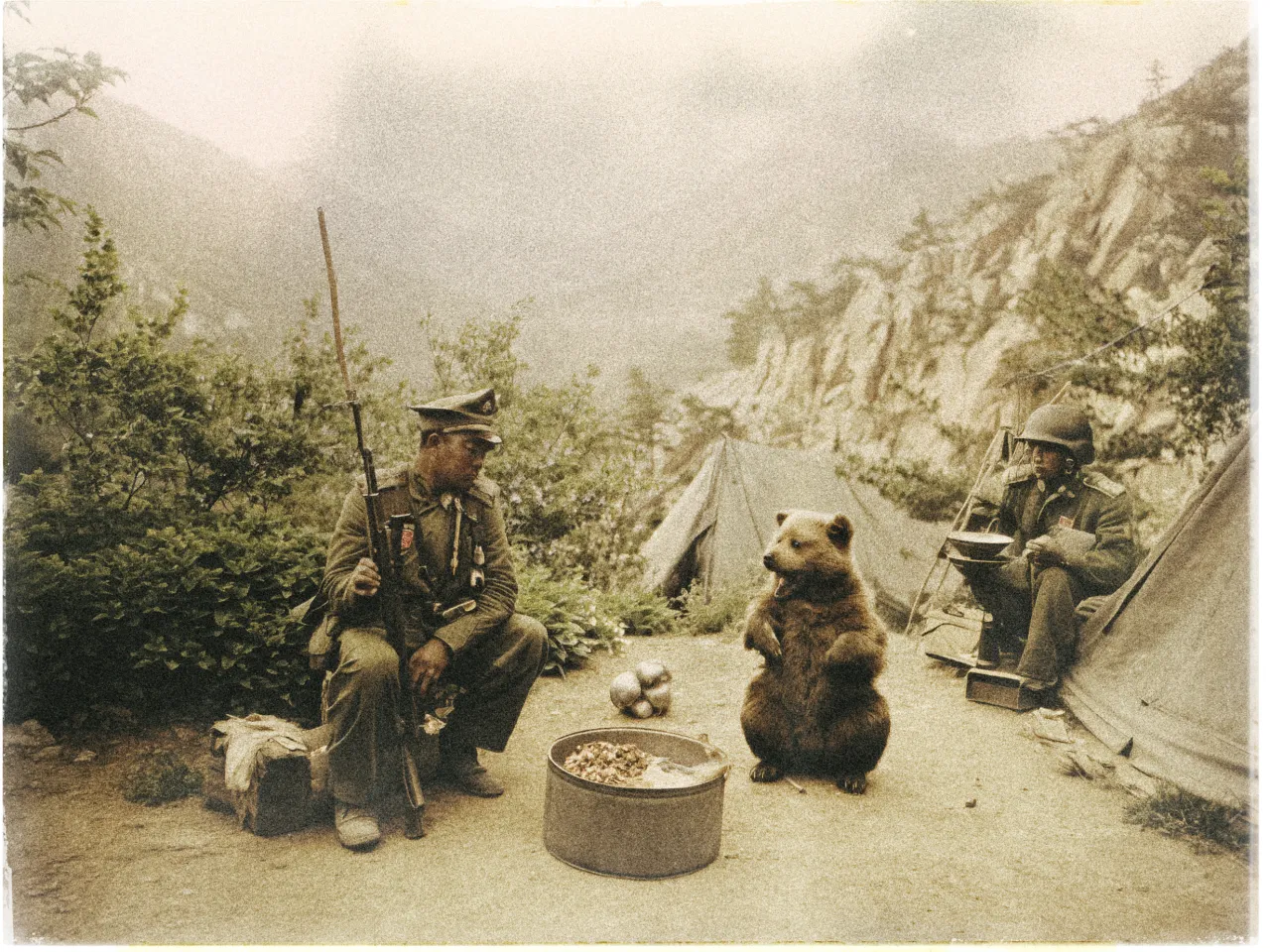
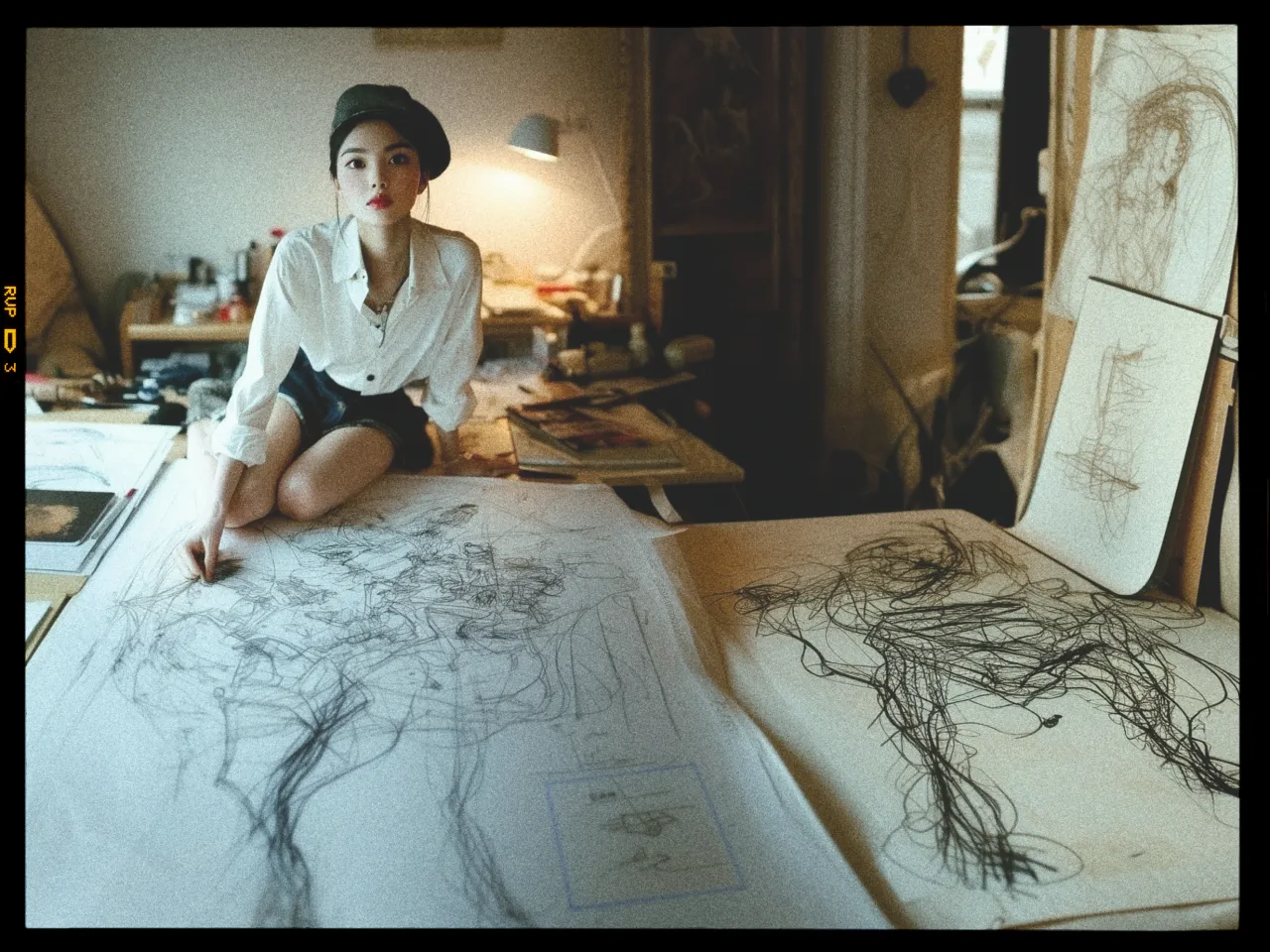
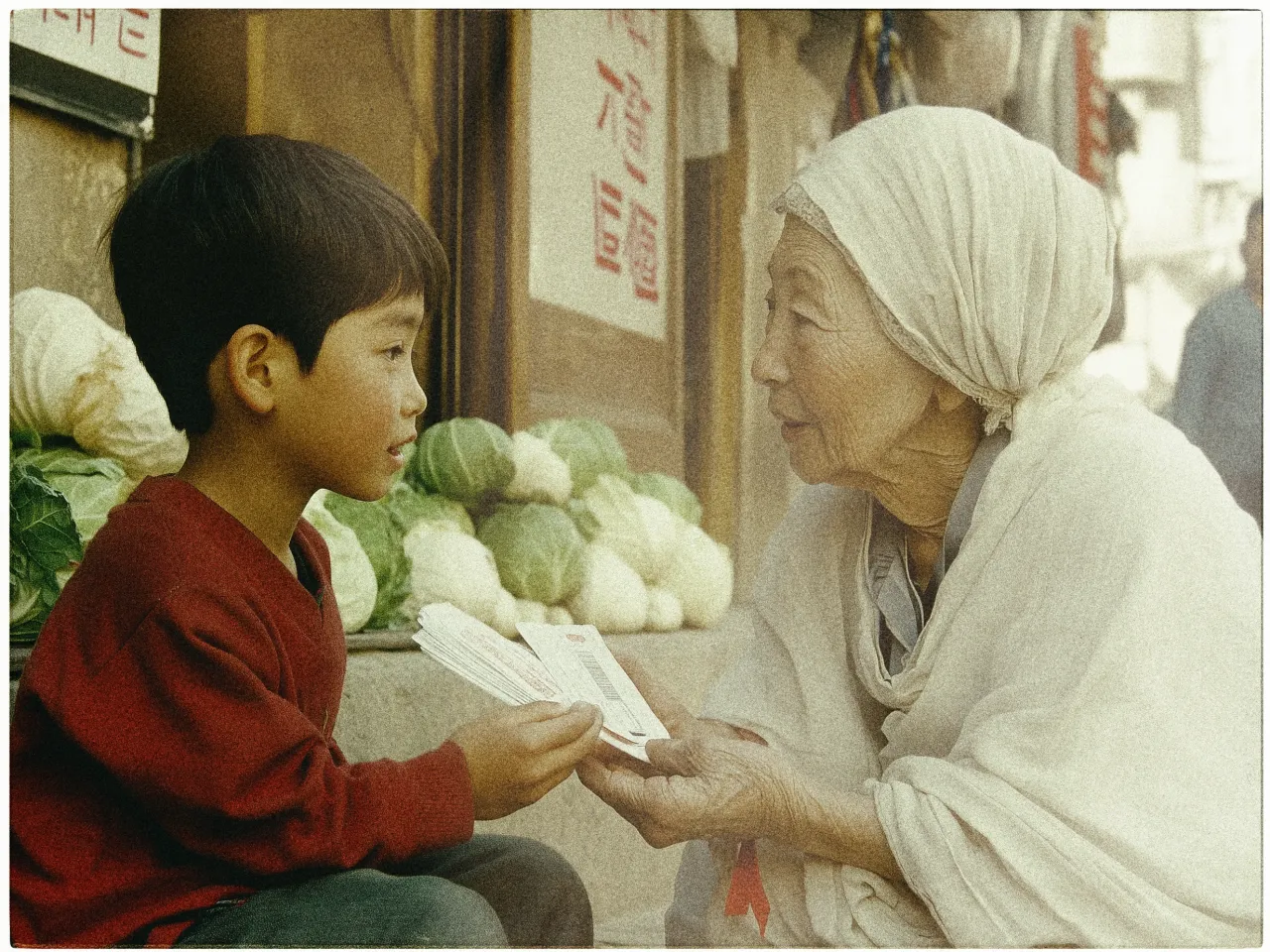
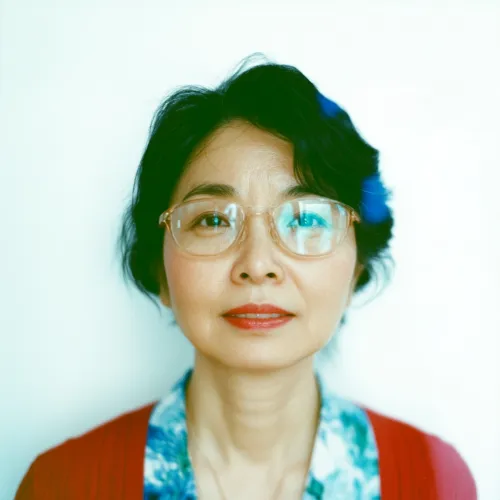 Mi-ran
Mi-ran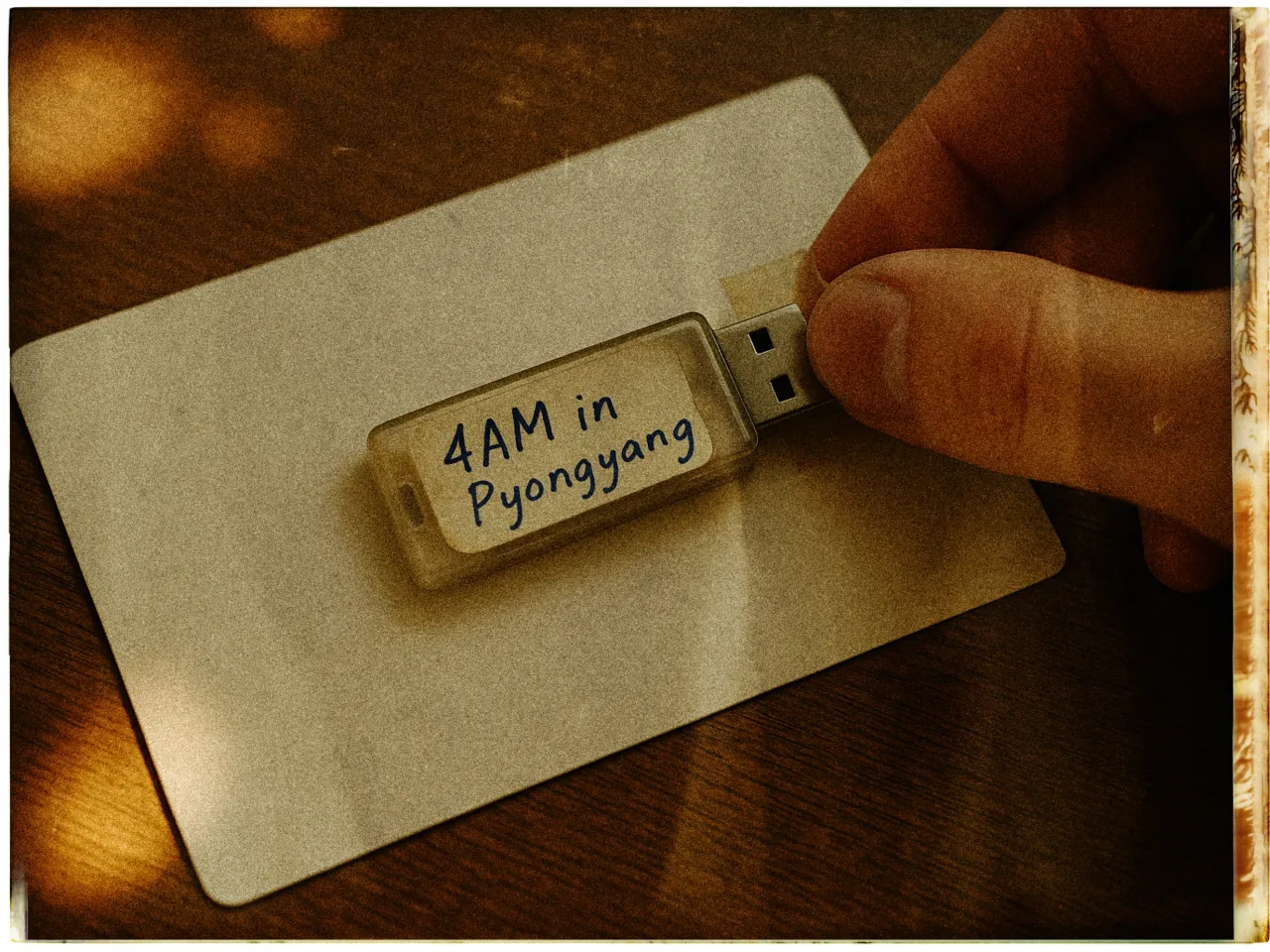
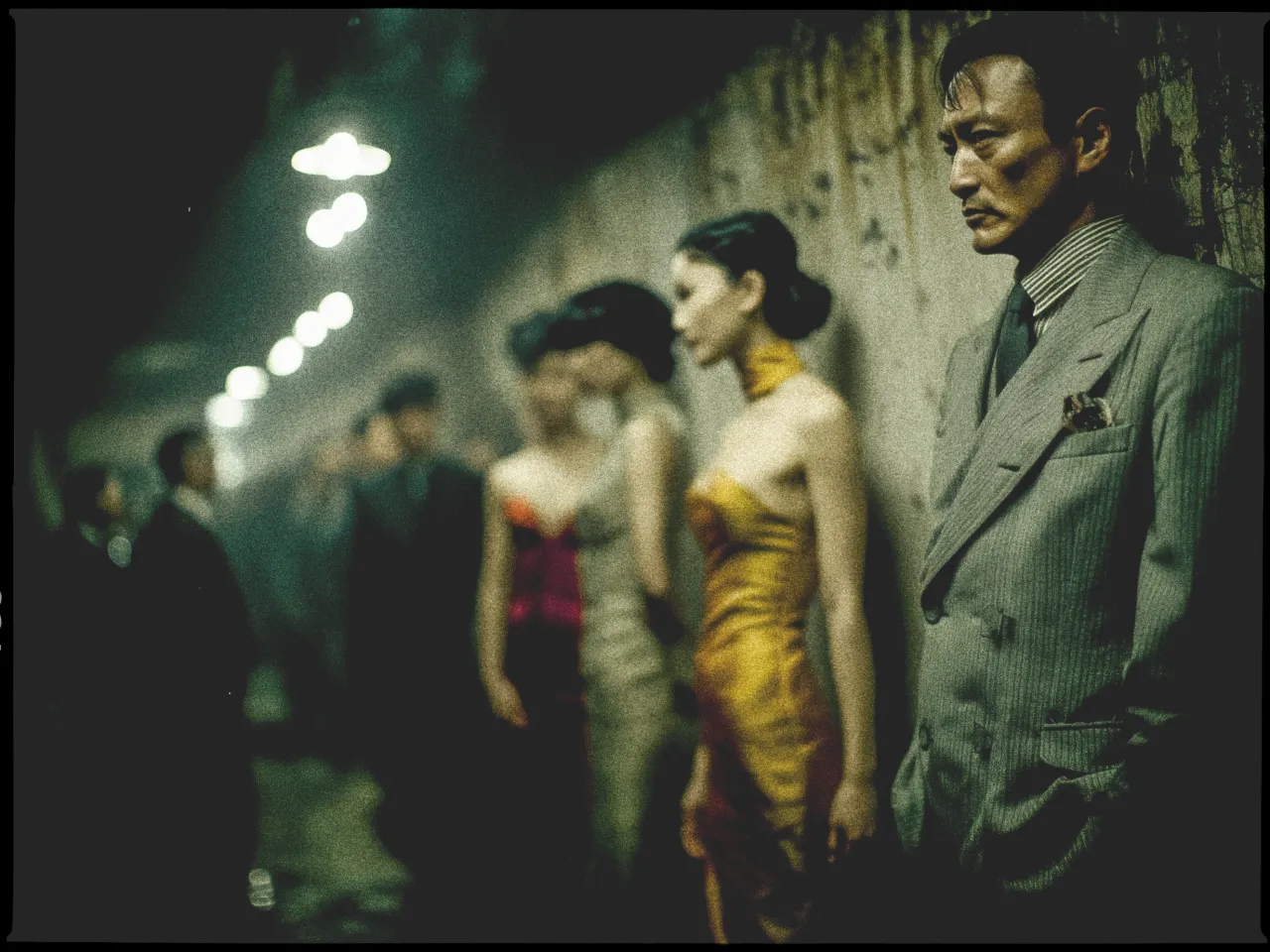
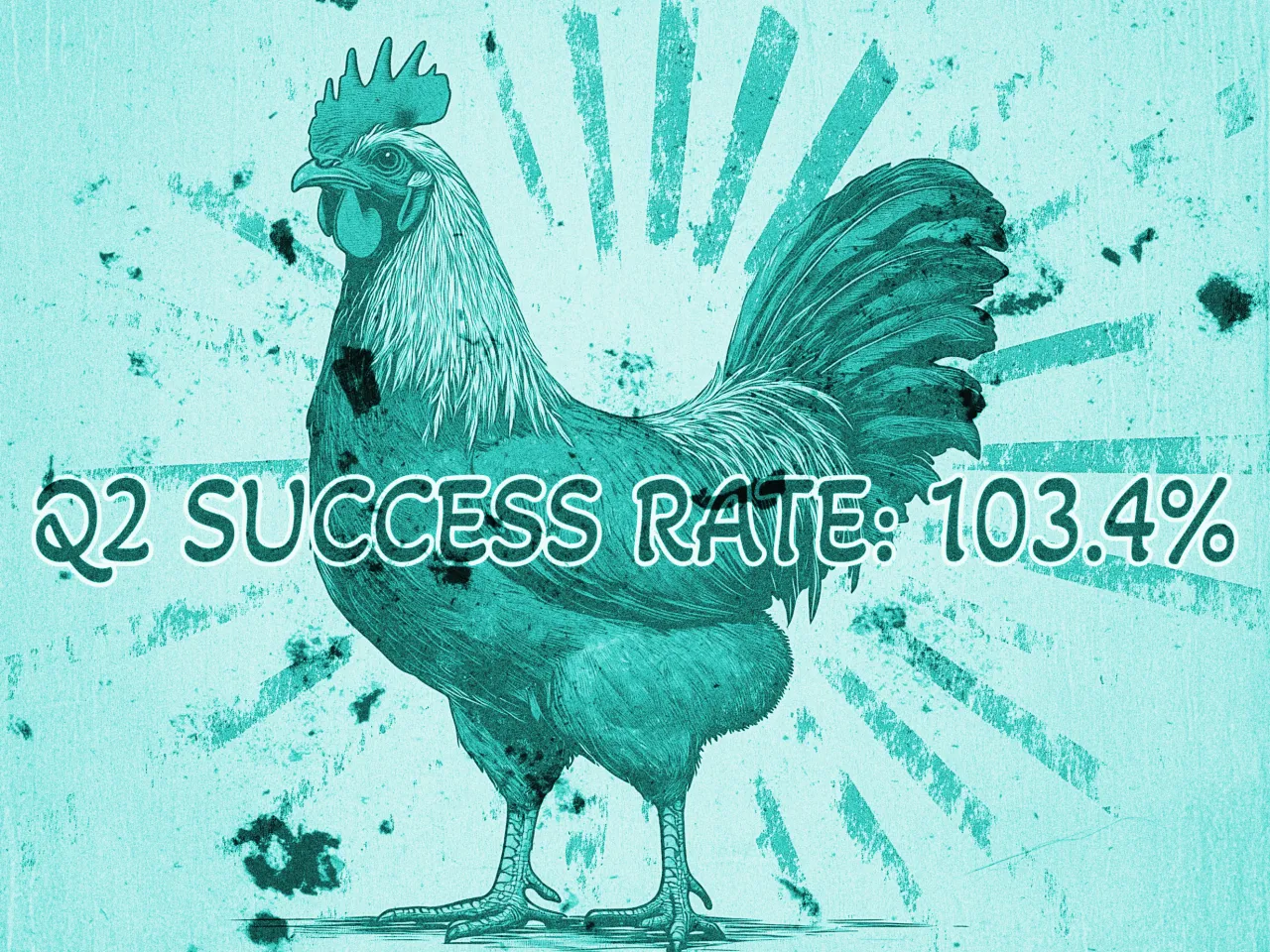
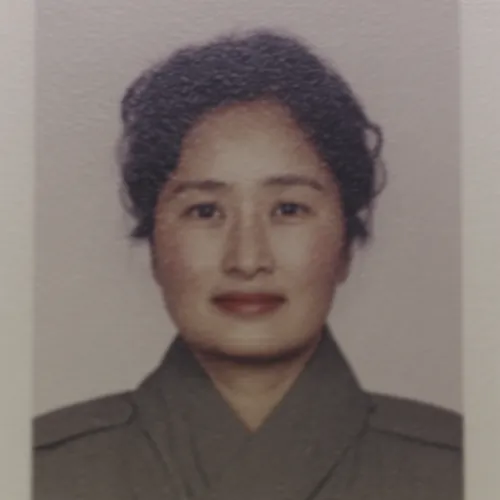 Sun-hwa
Sun-hwa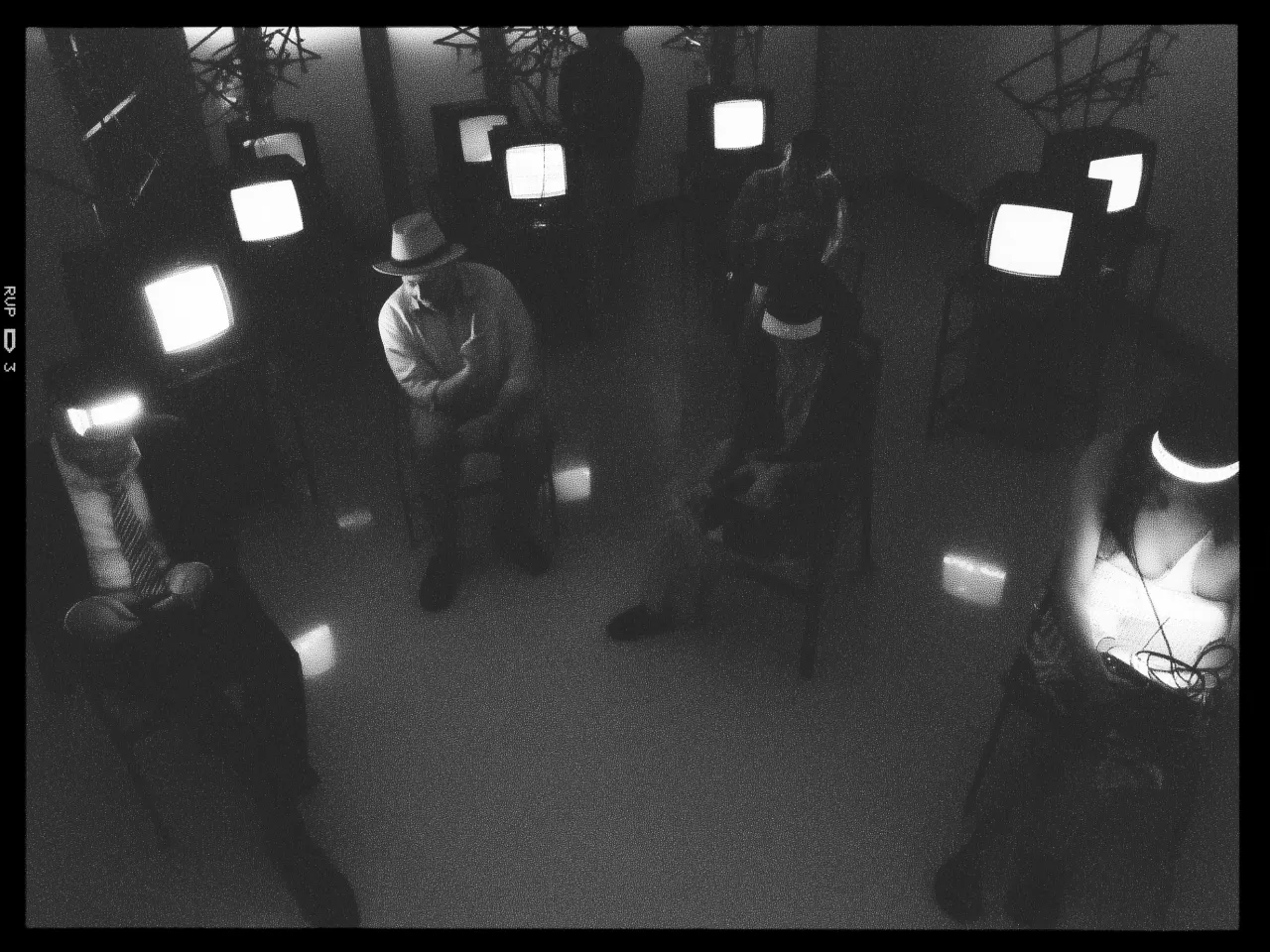
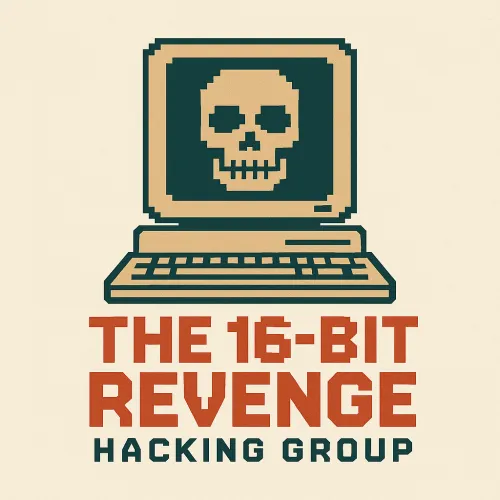 The 16-Bit Revenge
The 16-Bit Revenge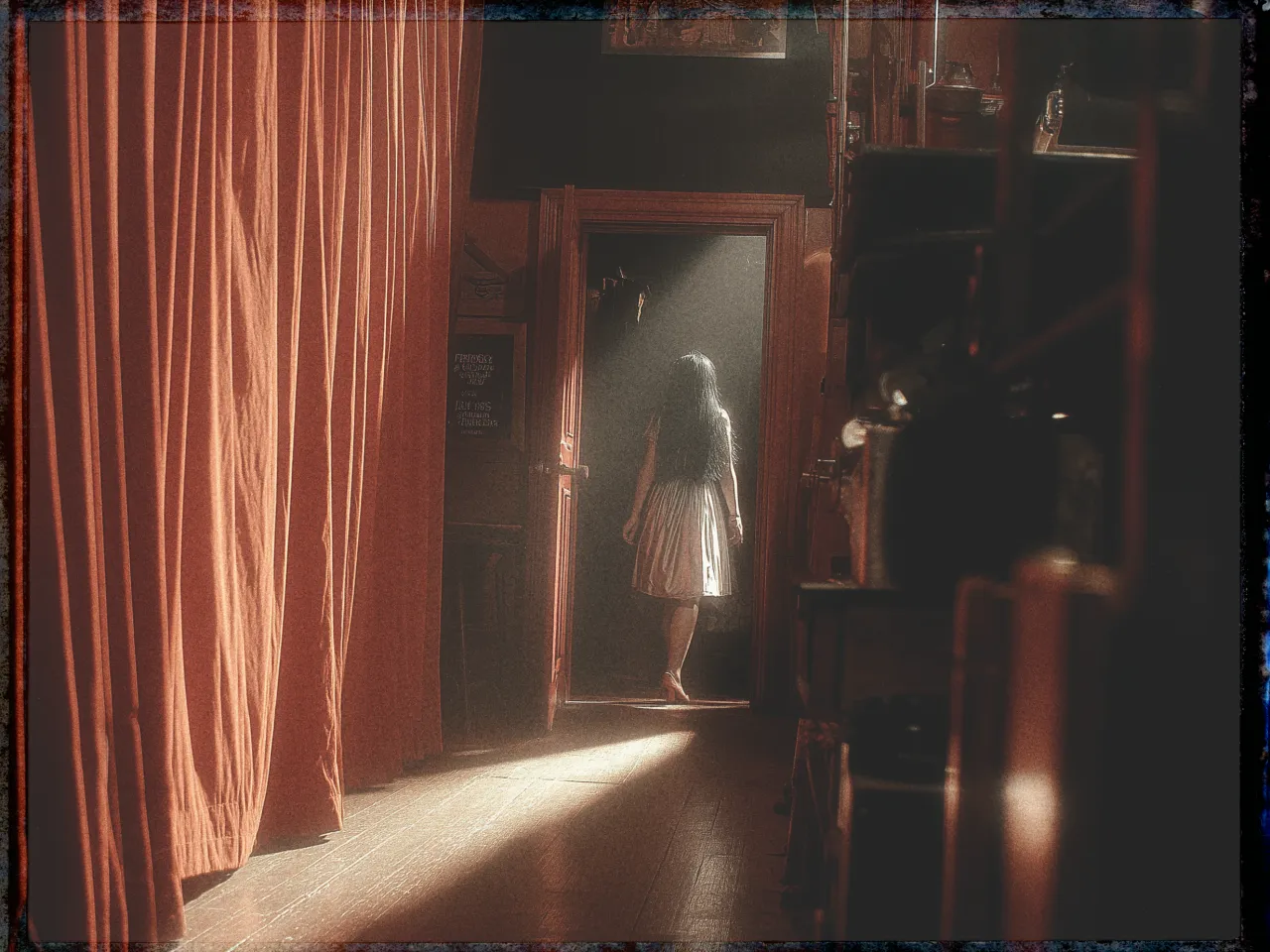
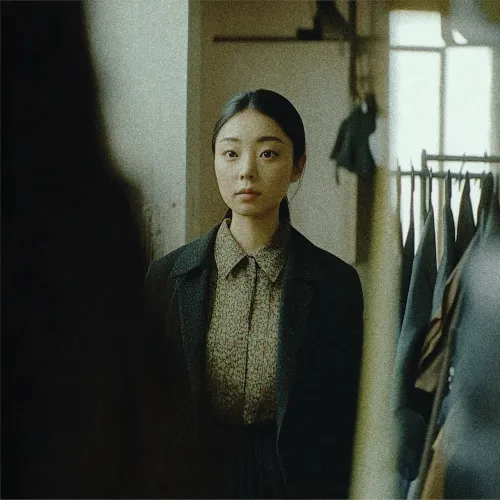 Seon-mi
Seon-mi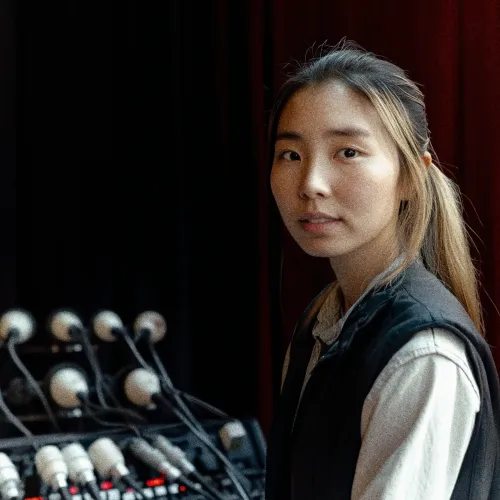 Da-hye
Da-hye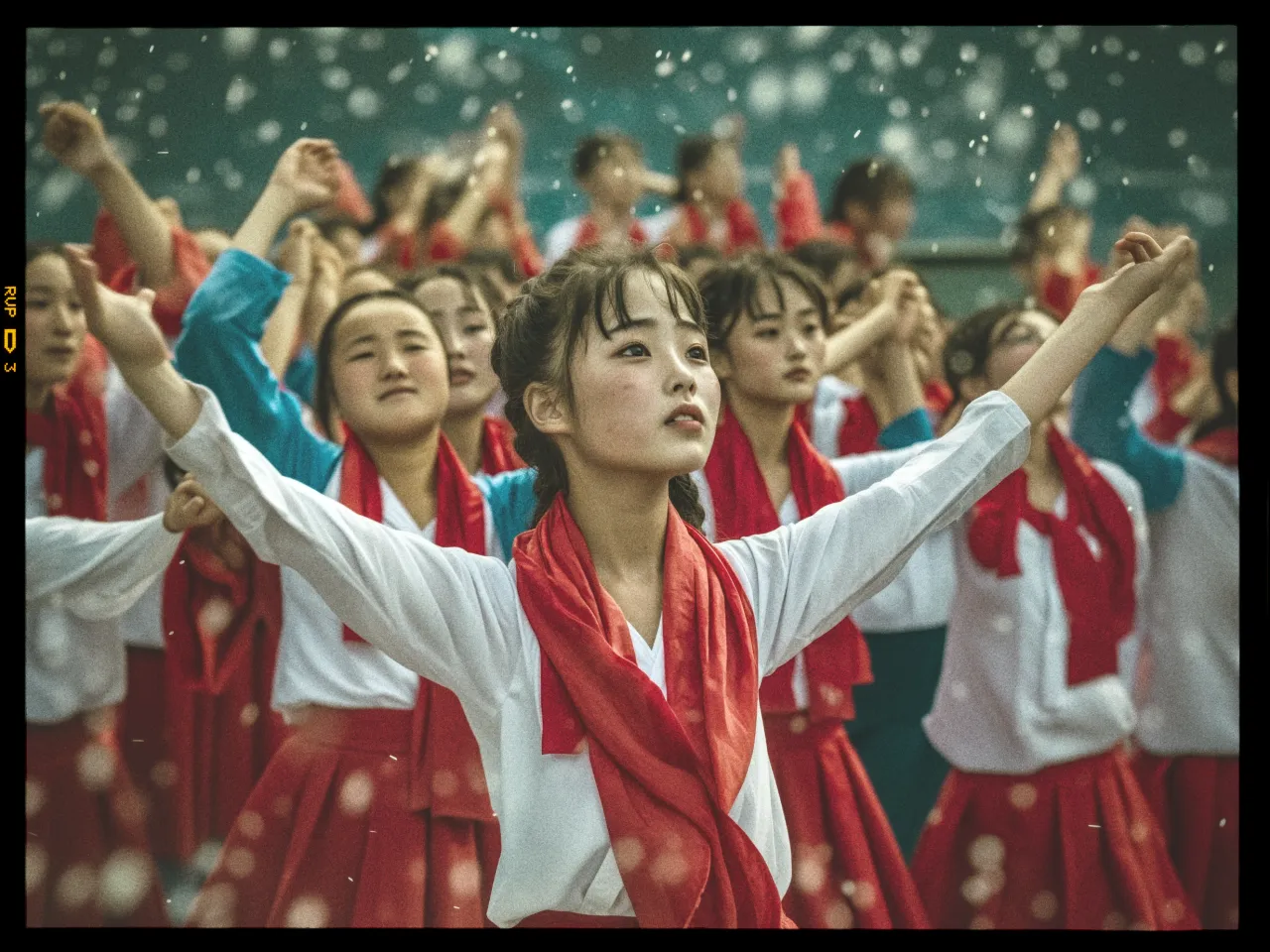
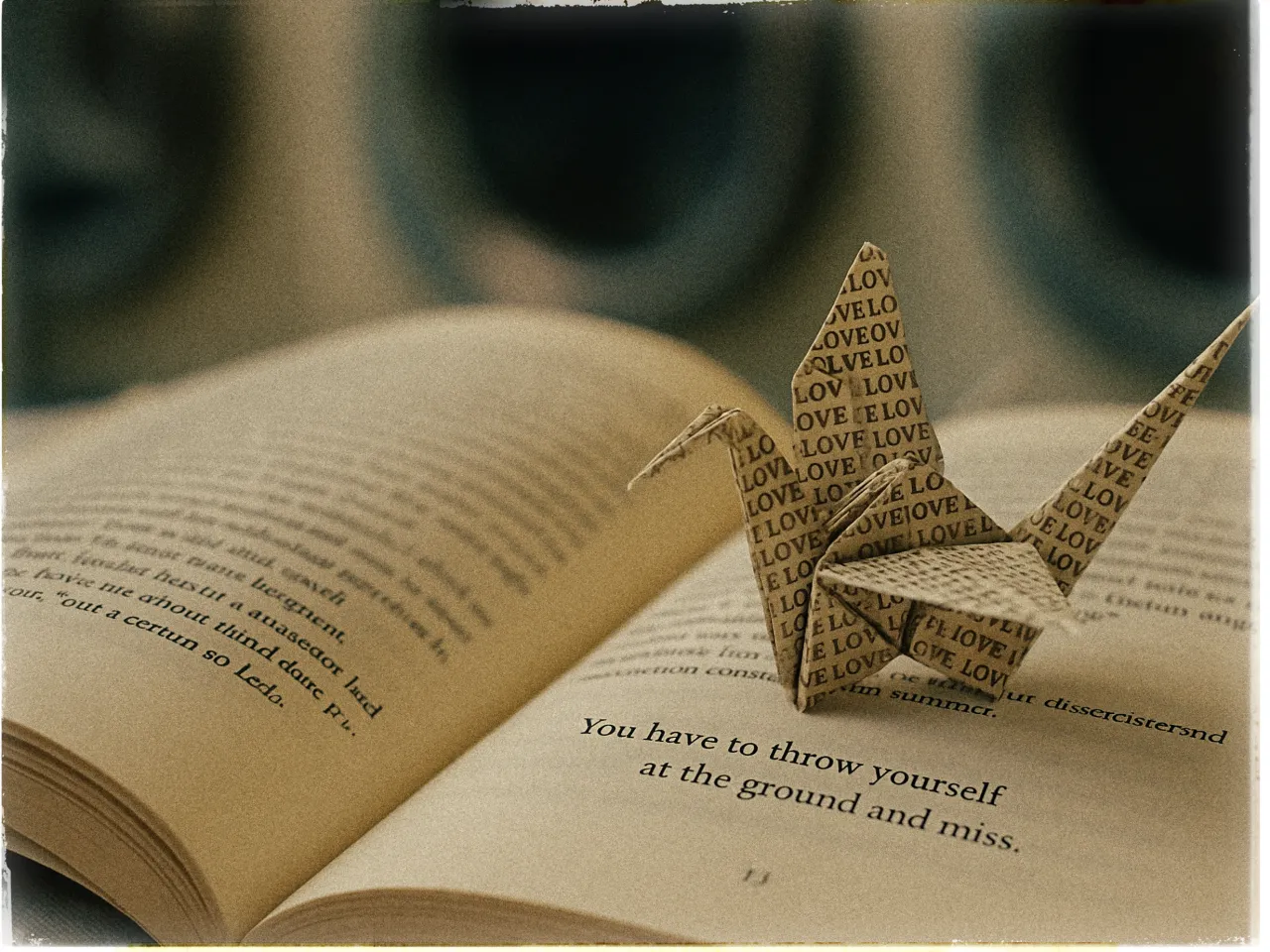
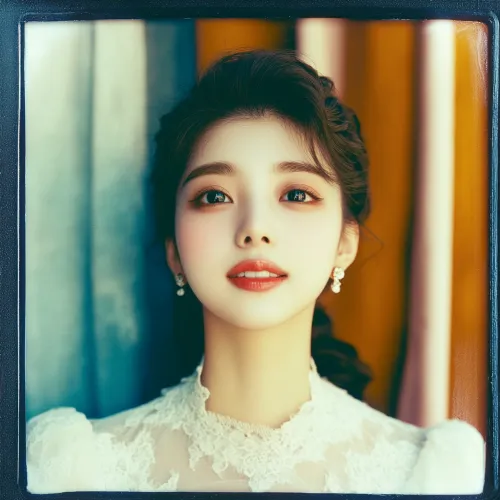 Tae-hee
Tae-hee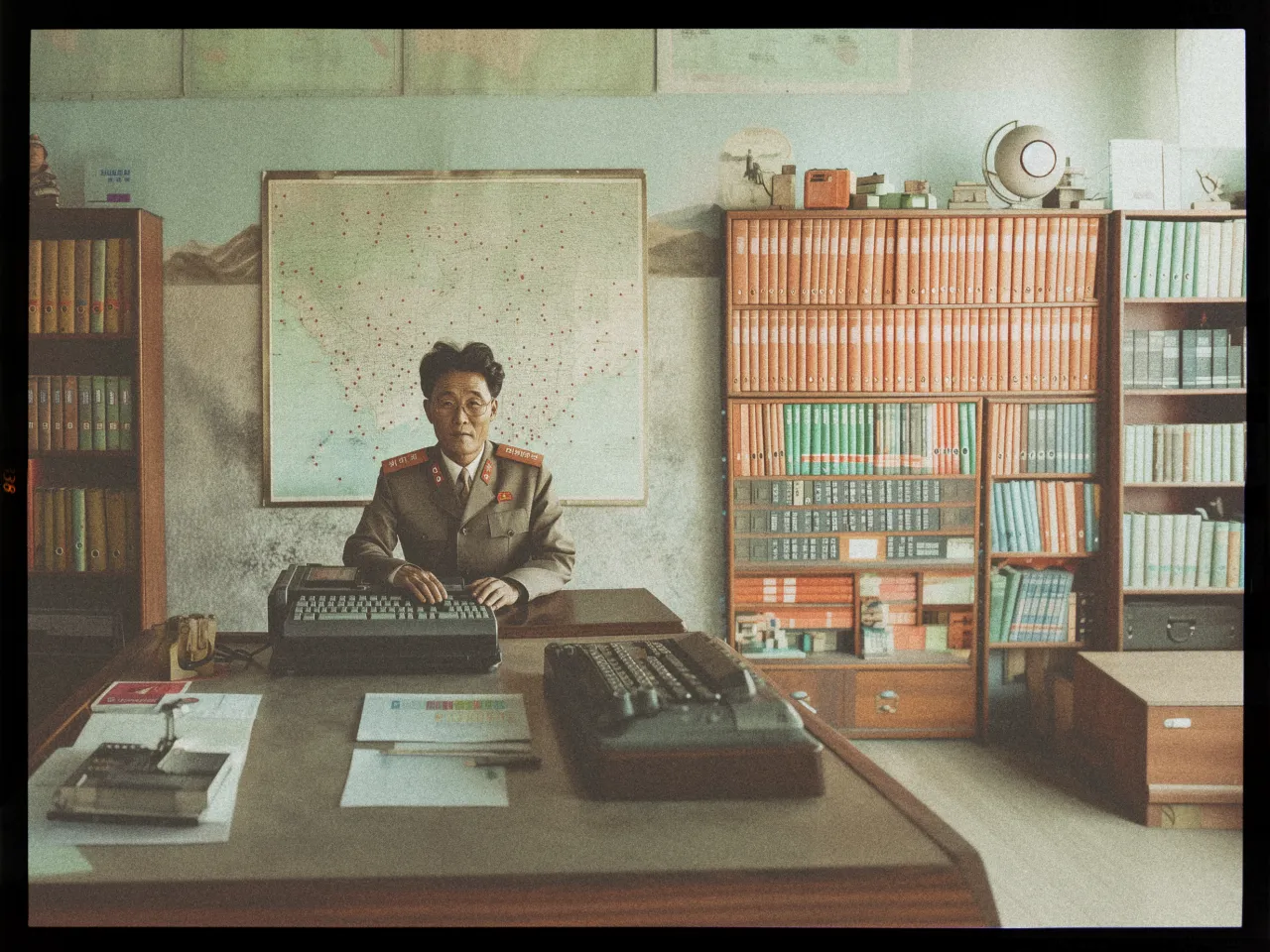
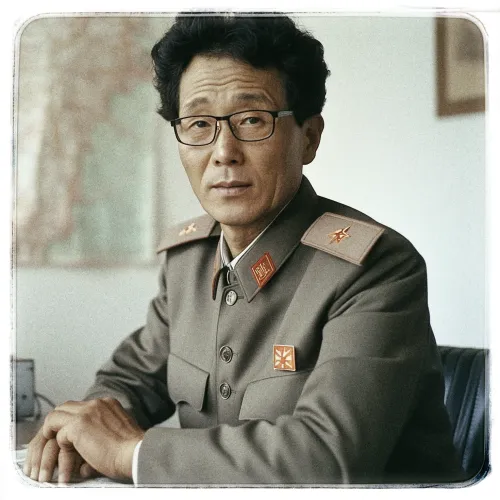 Oh Jang-seok
Oh Jang-seok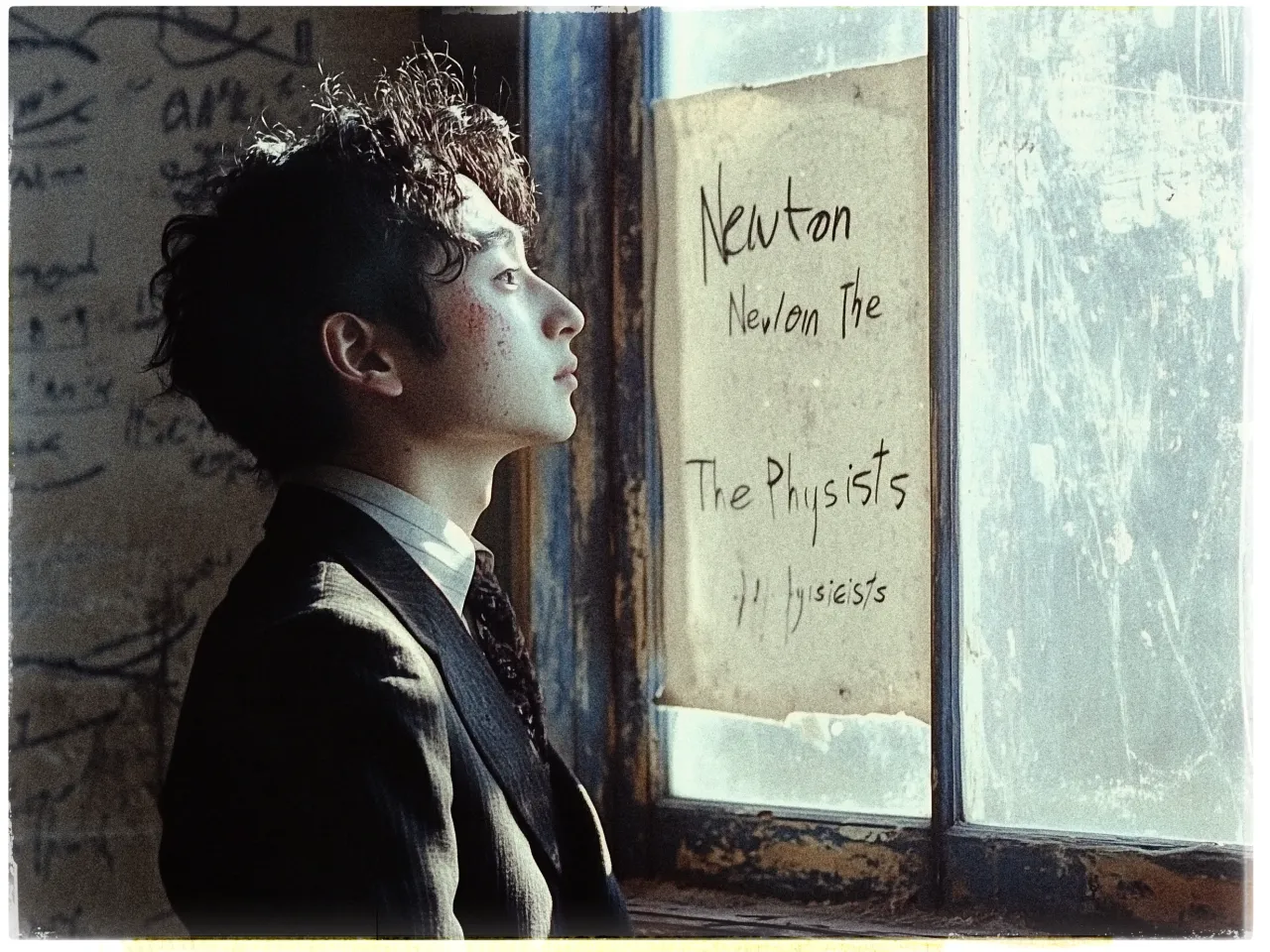
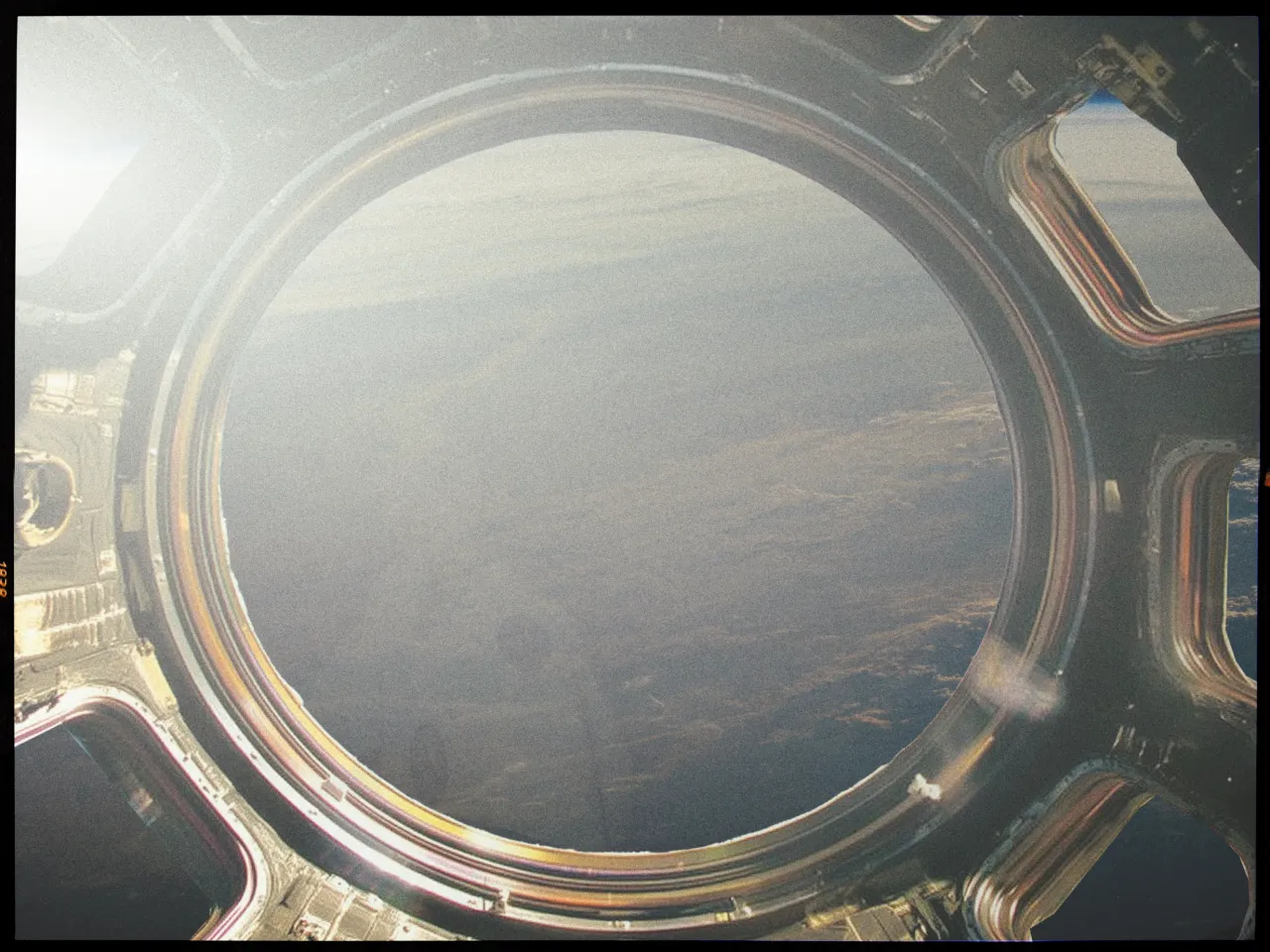
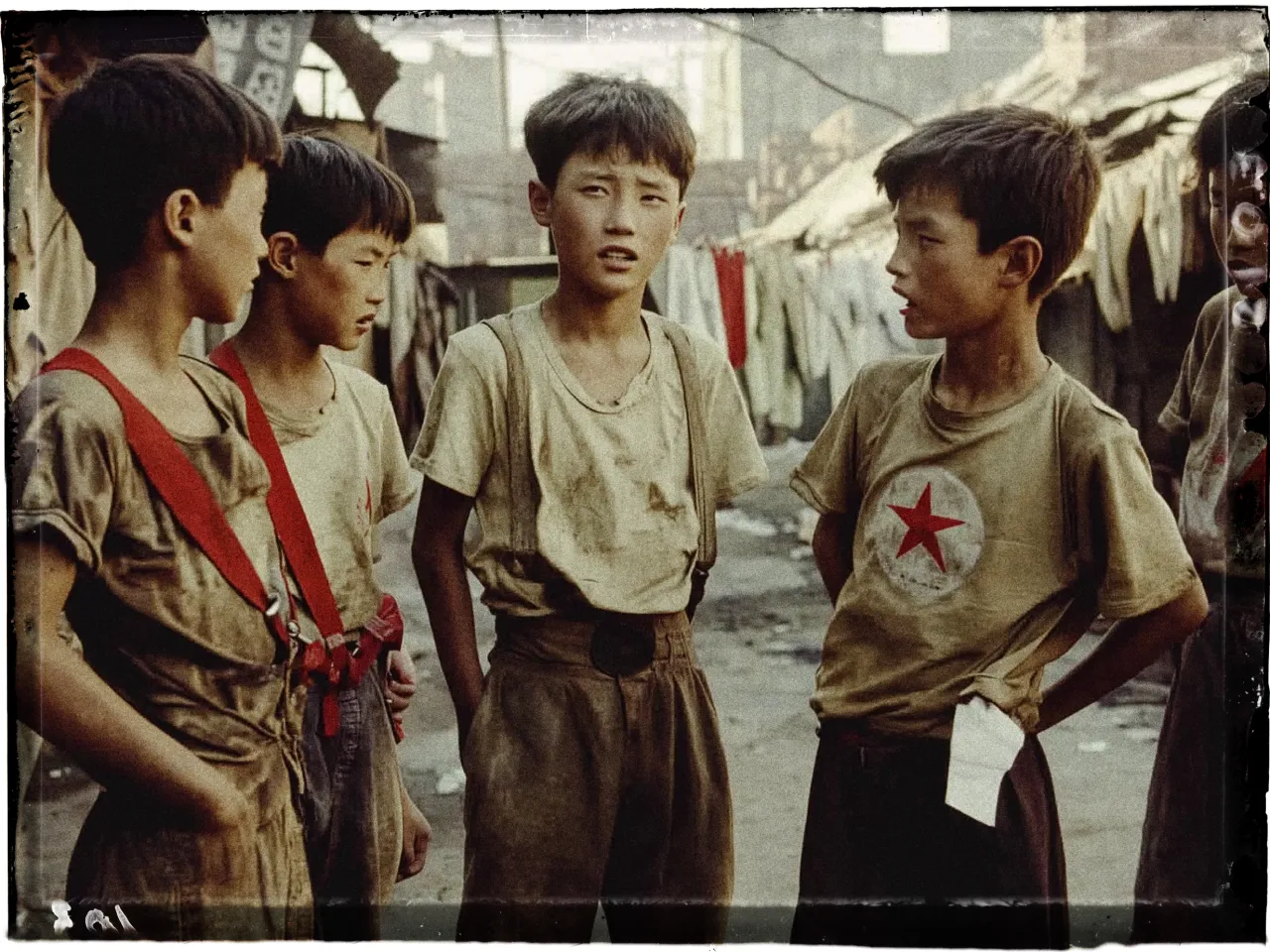
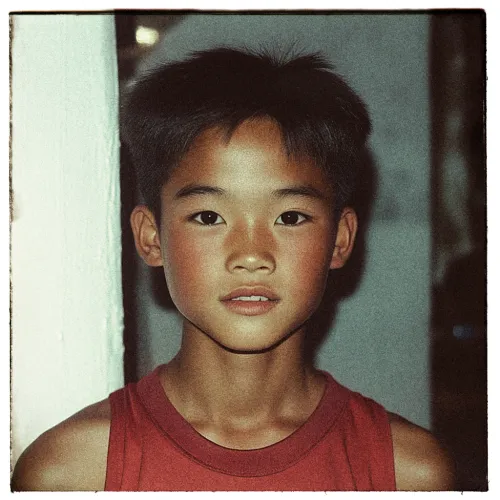 Min-ho
Min-ho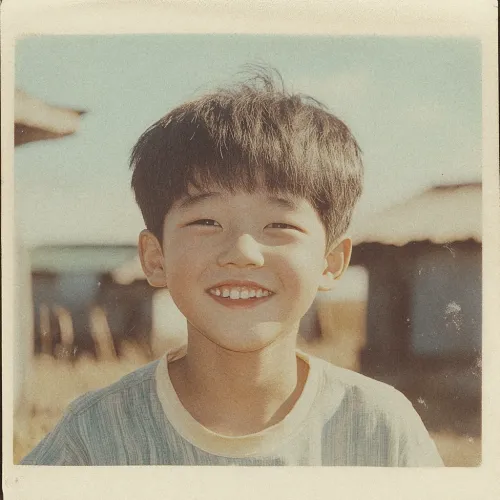 Jun-hyuk
Jun-hyuk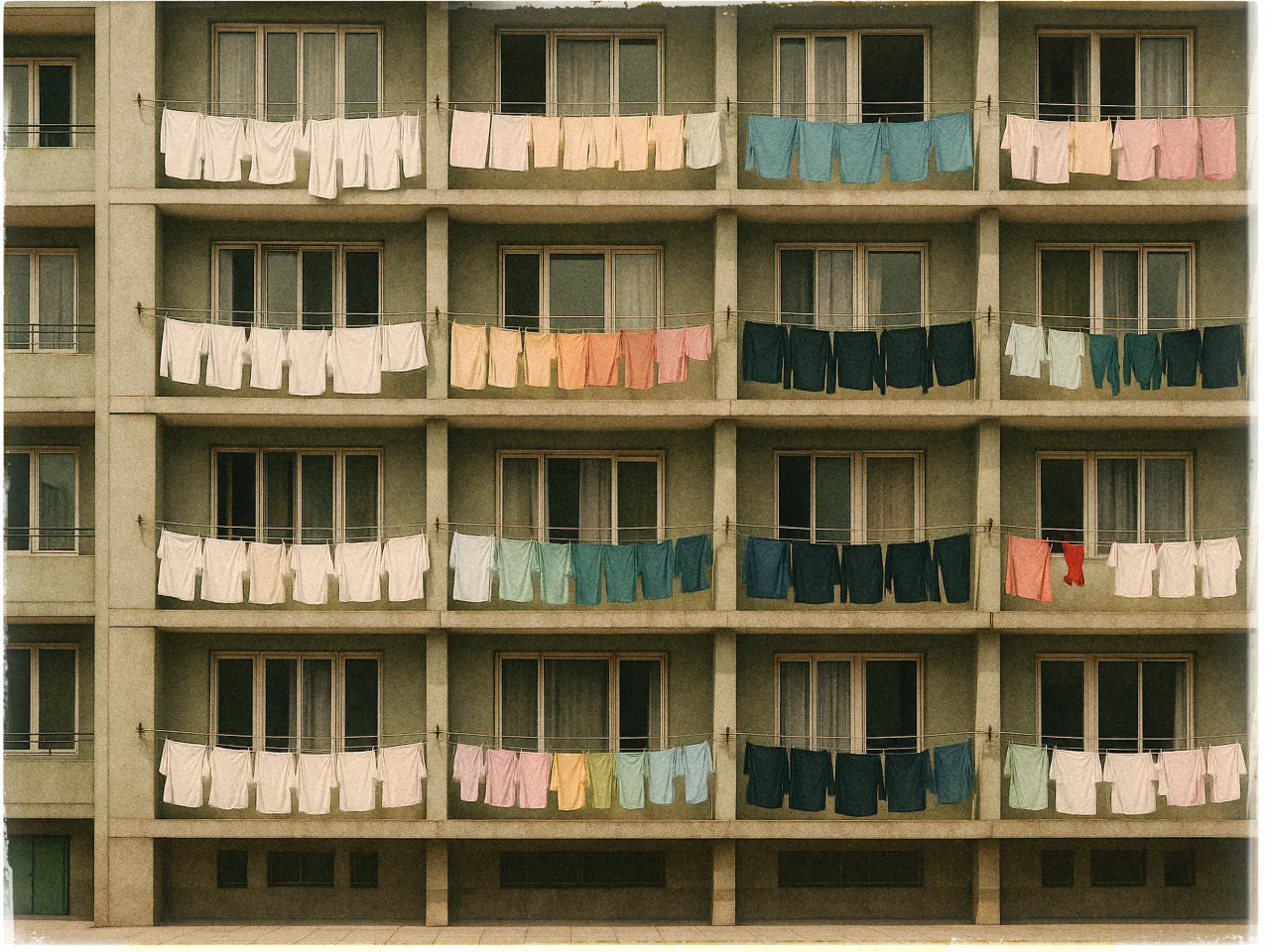
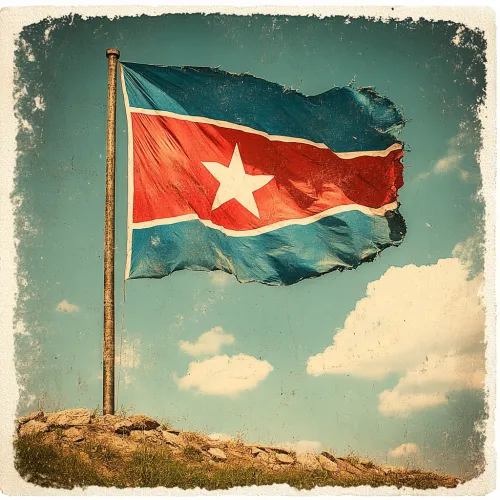 Bureau for Domestic Presentation (BDP)
Bureau for Domestic Presentation (BDP)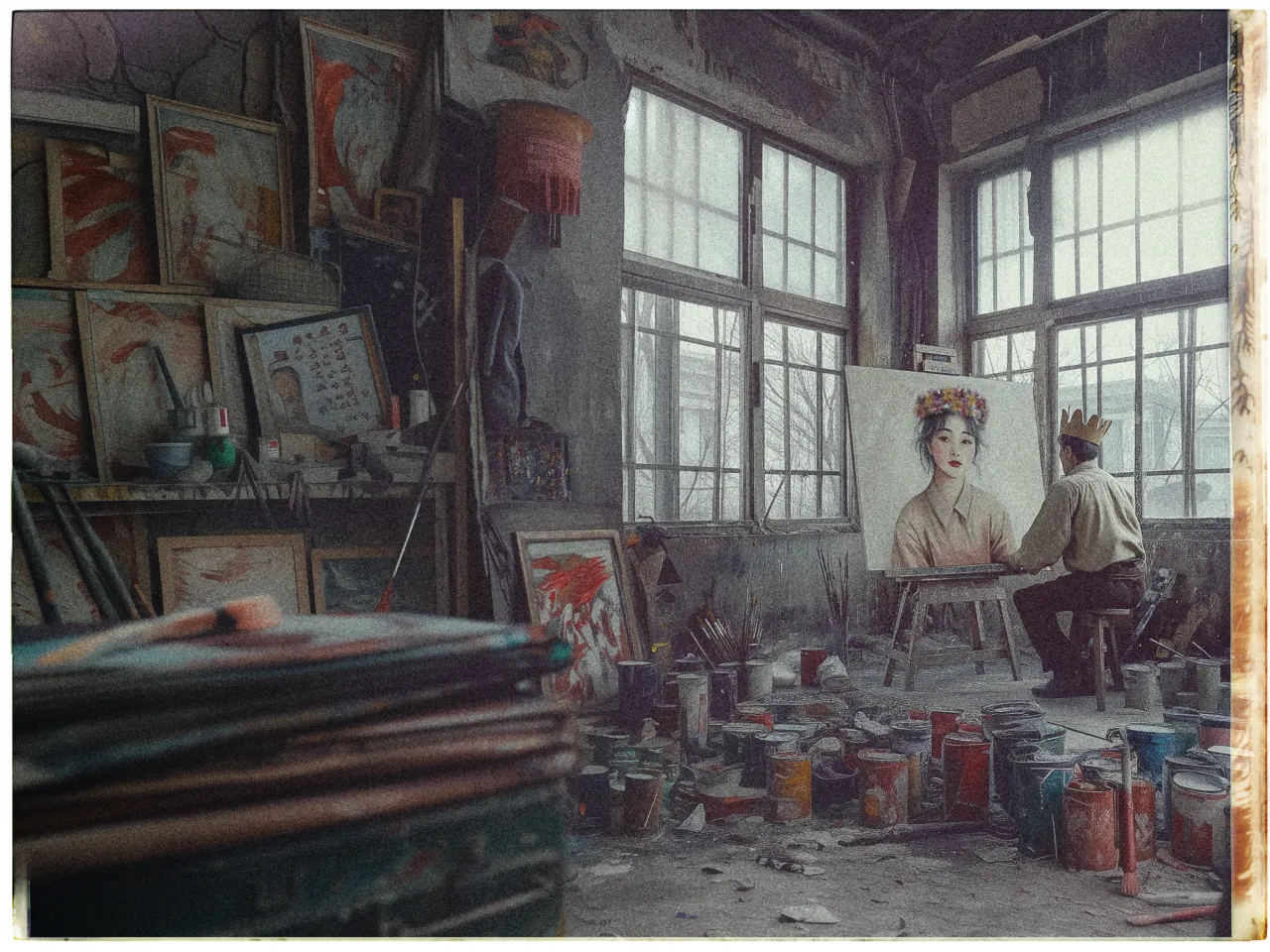
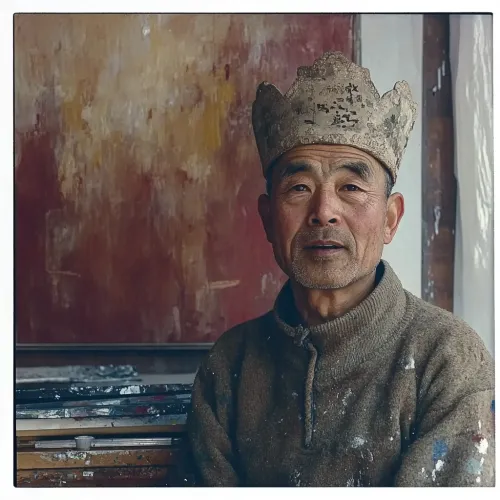 Hwan
Hwan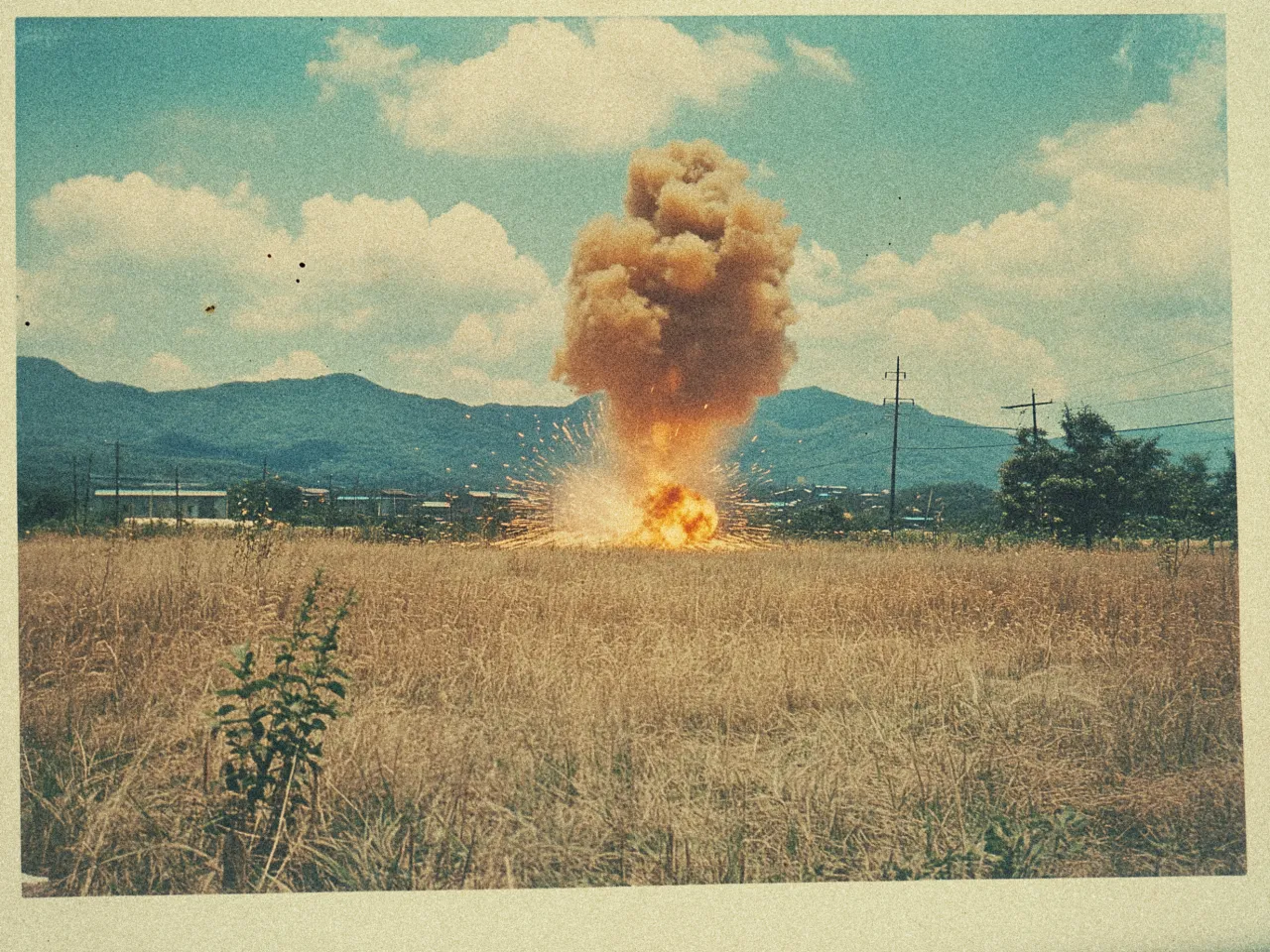
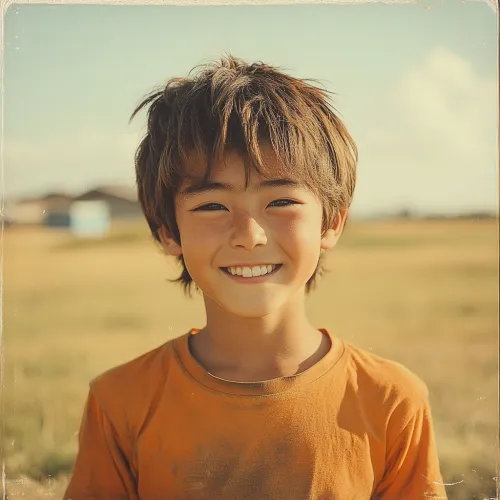 Jae-kyu
Jae-kyu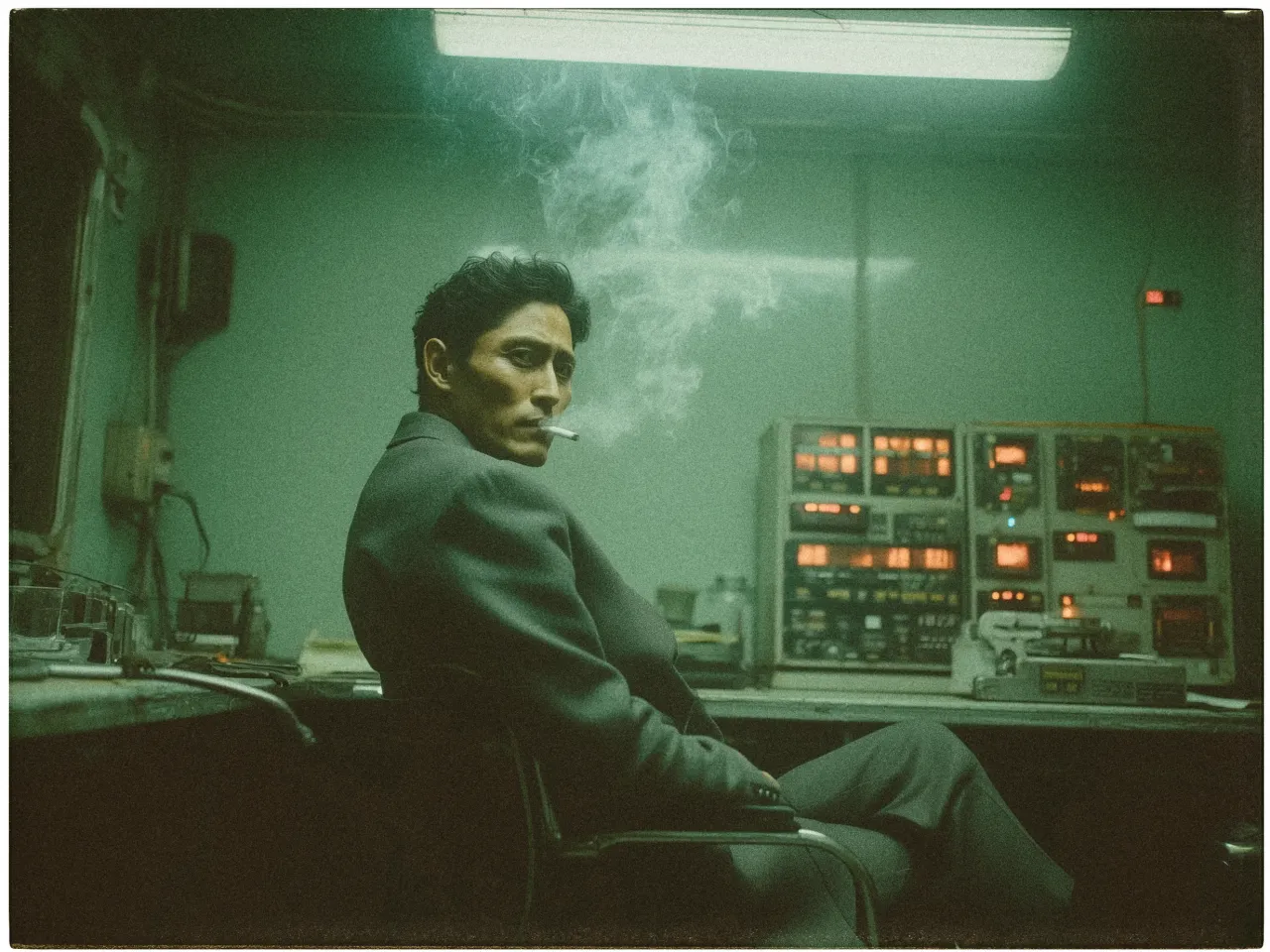
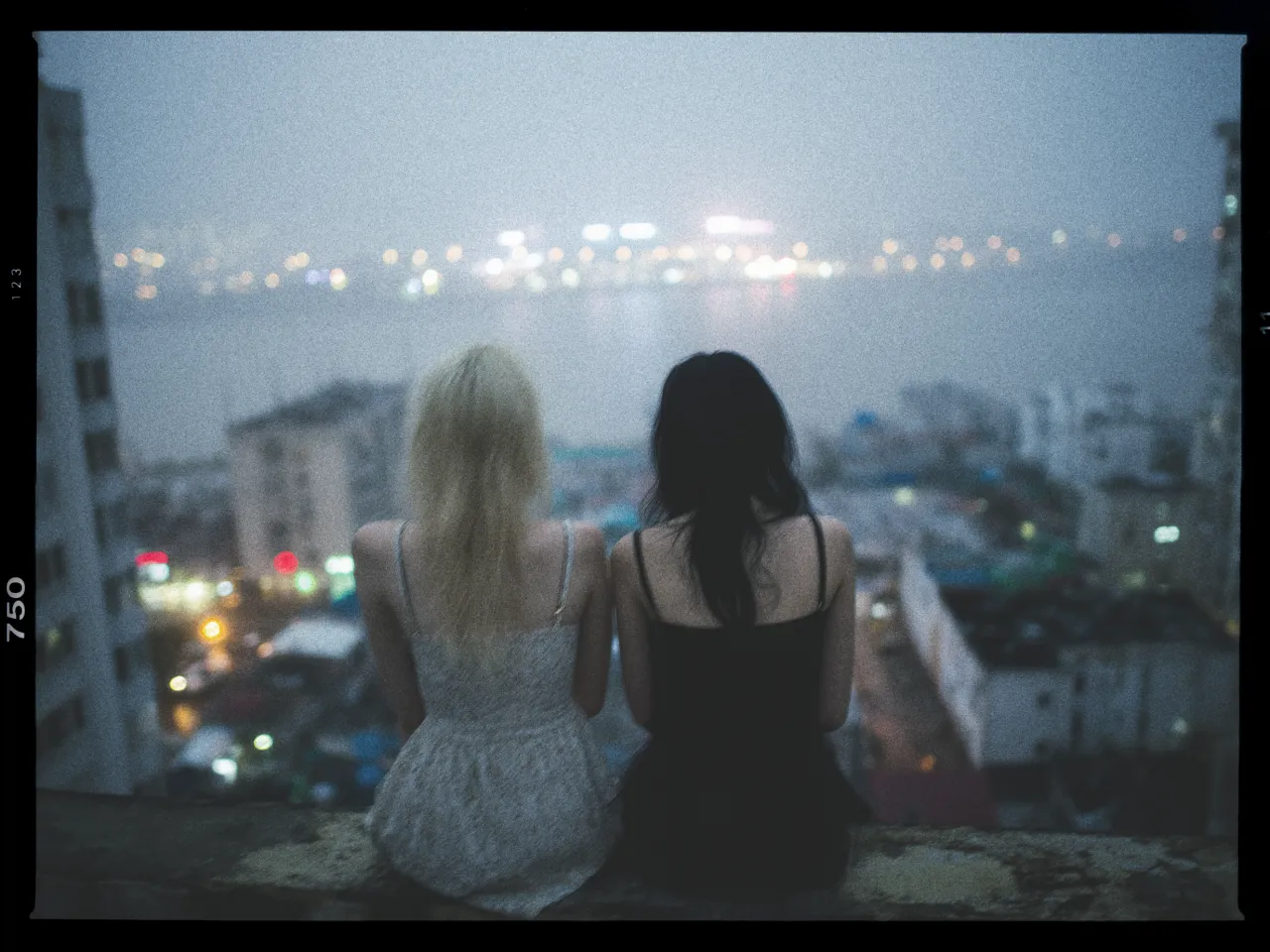
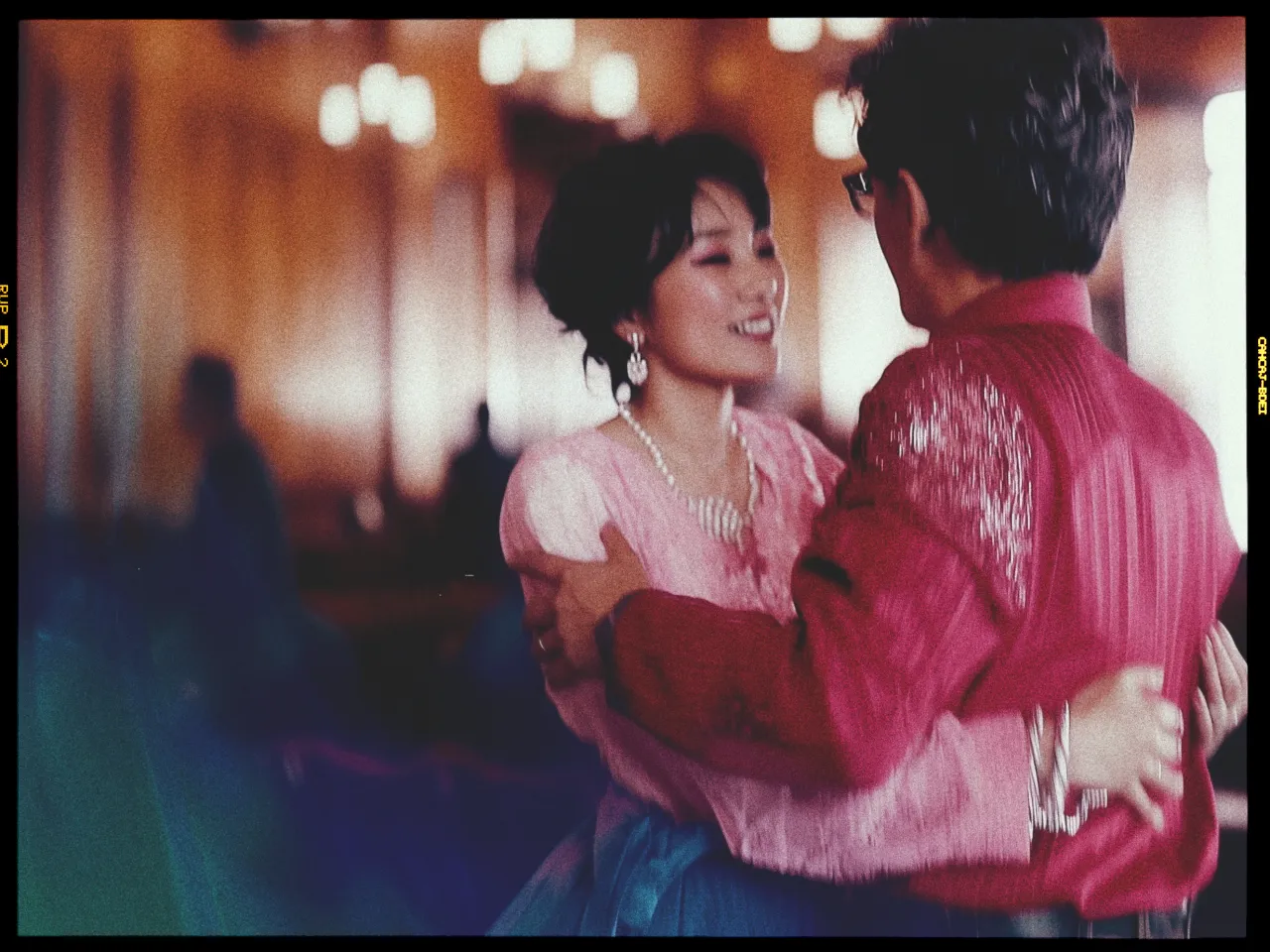
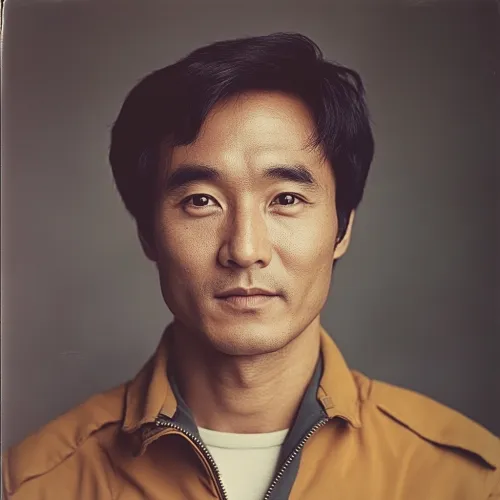 Sung-ho
Sung-ho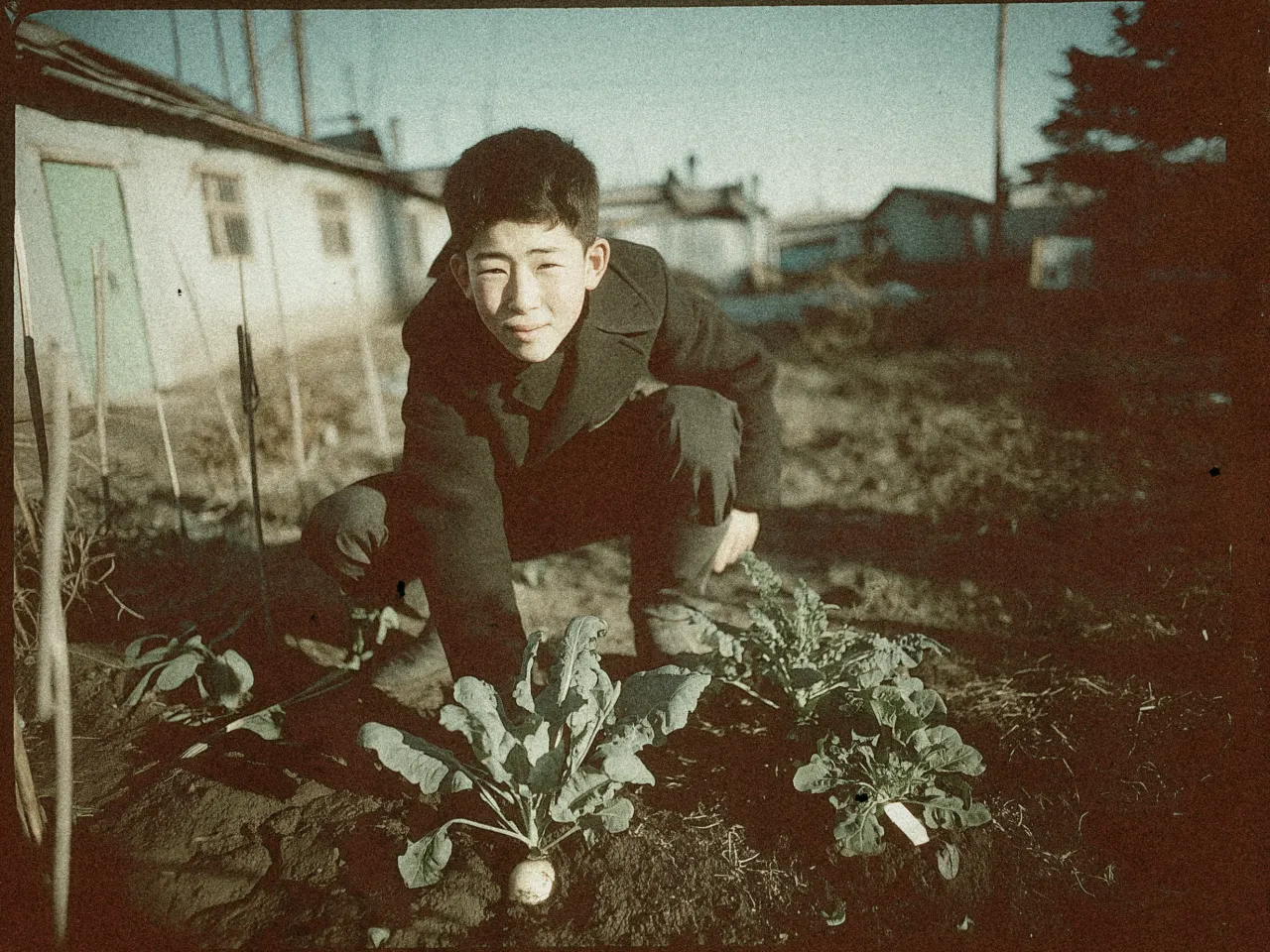
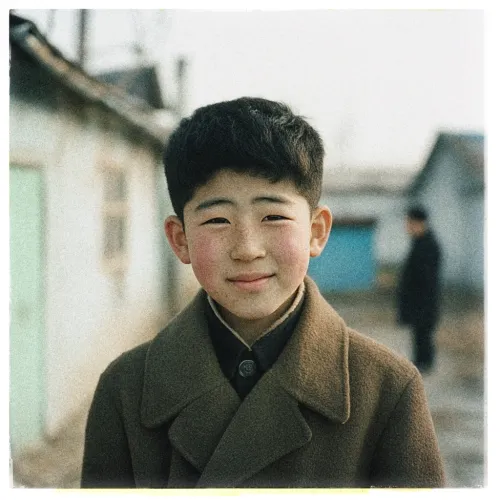 Tae-yang
Tae-yang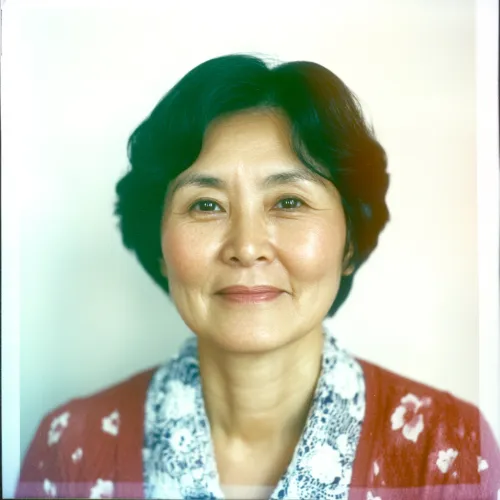 Ae-ran
Ae-ran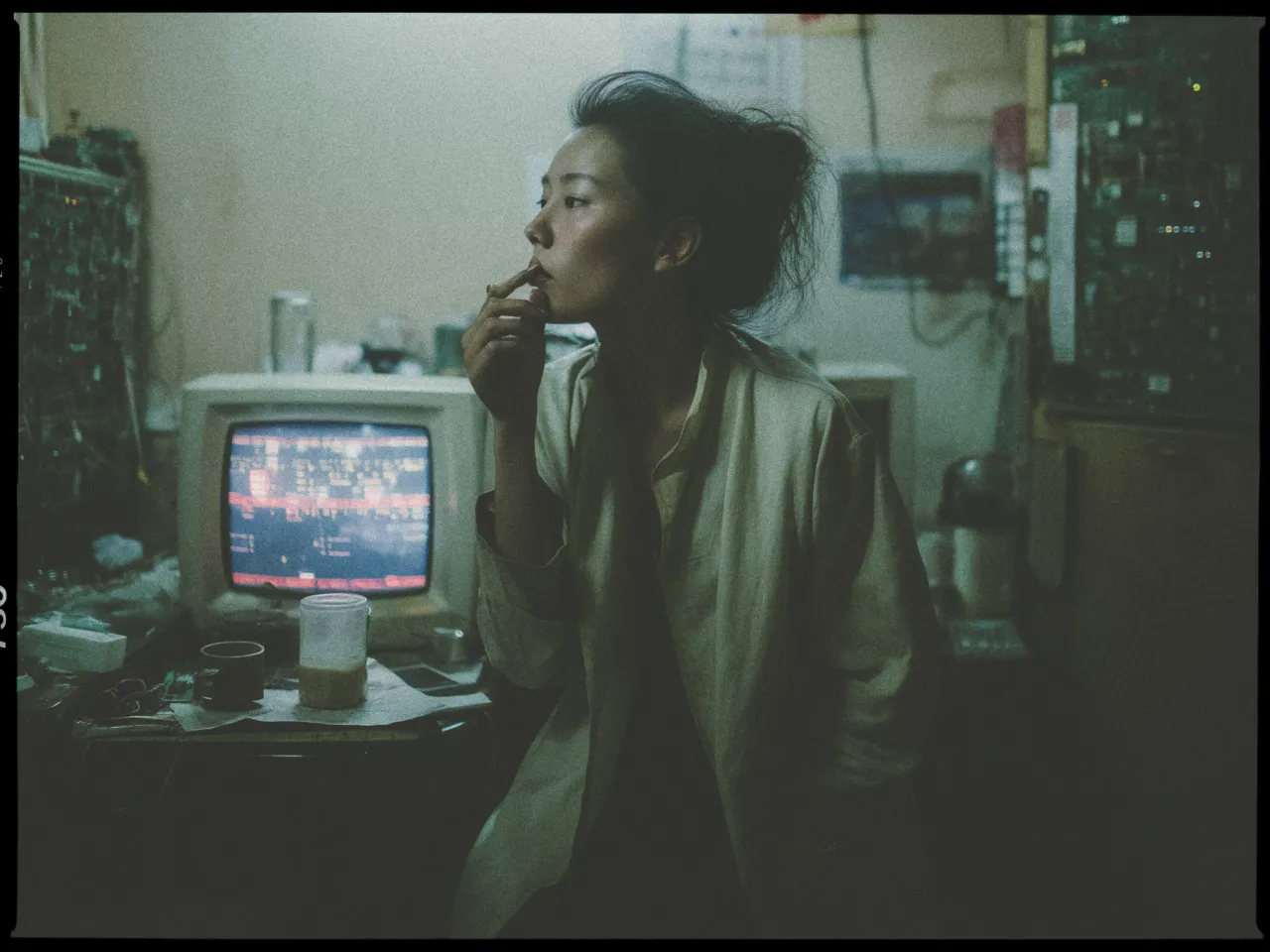
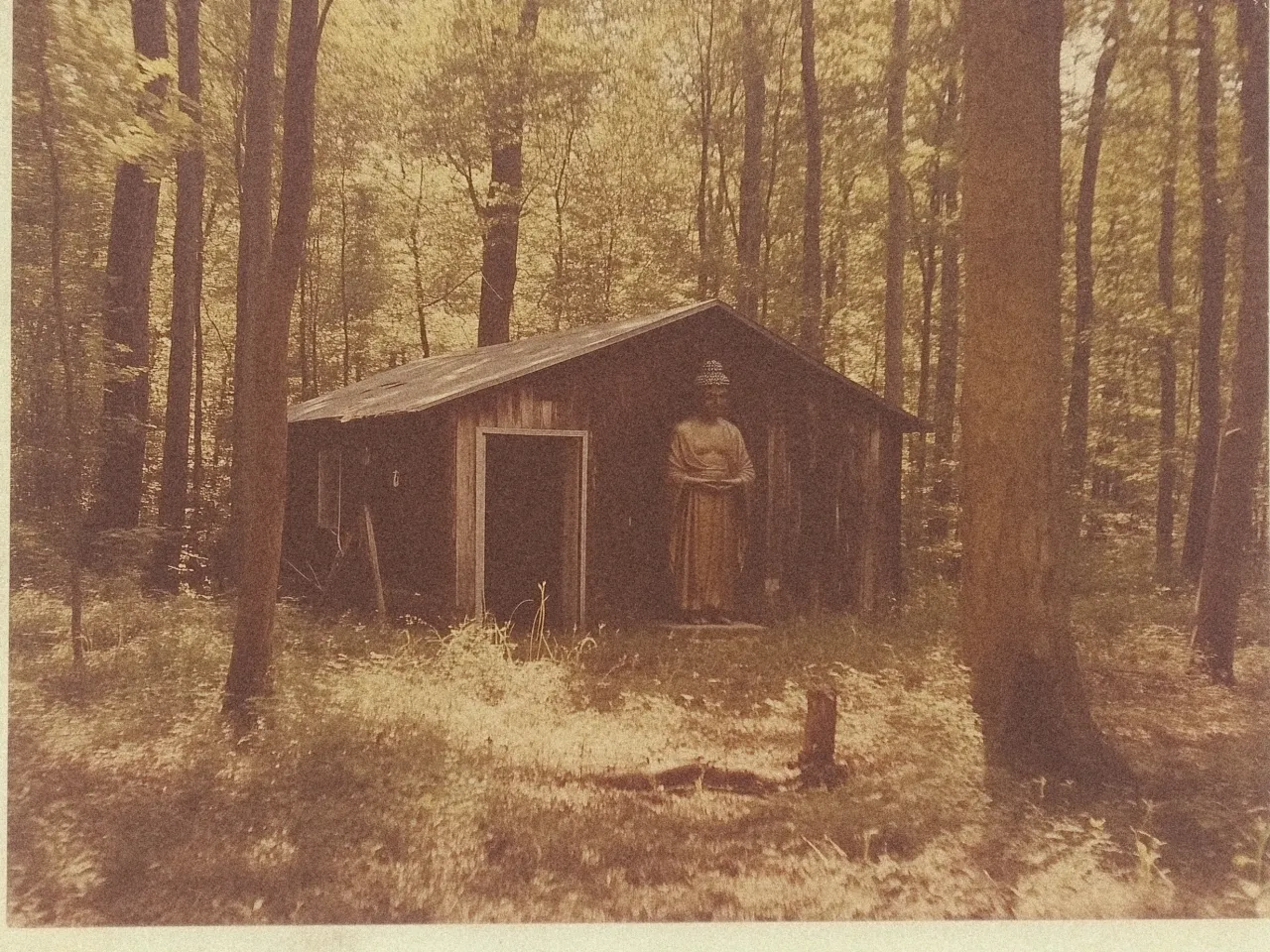
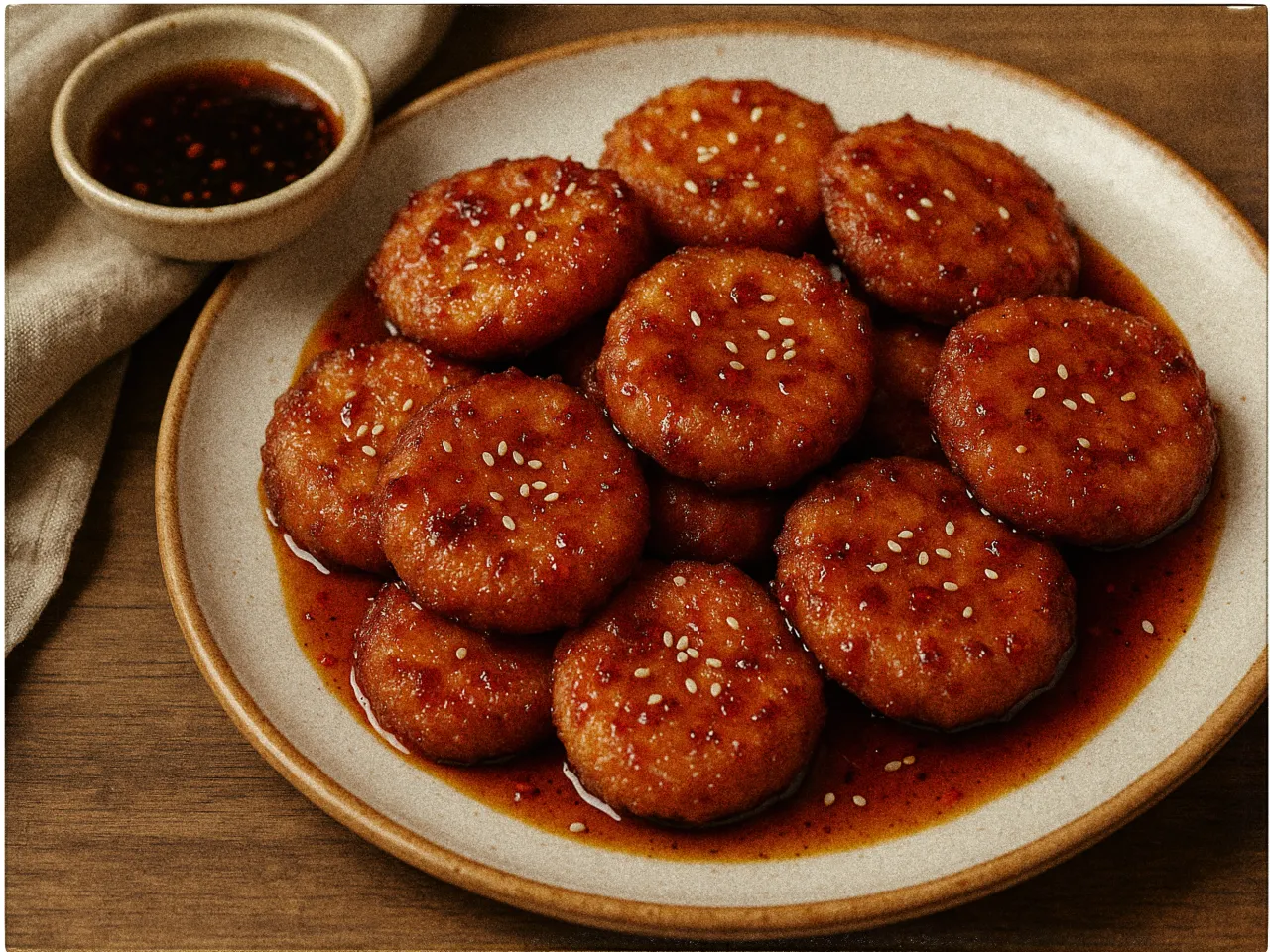
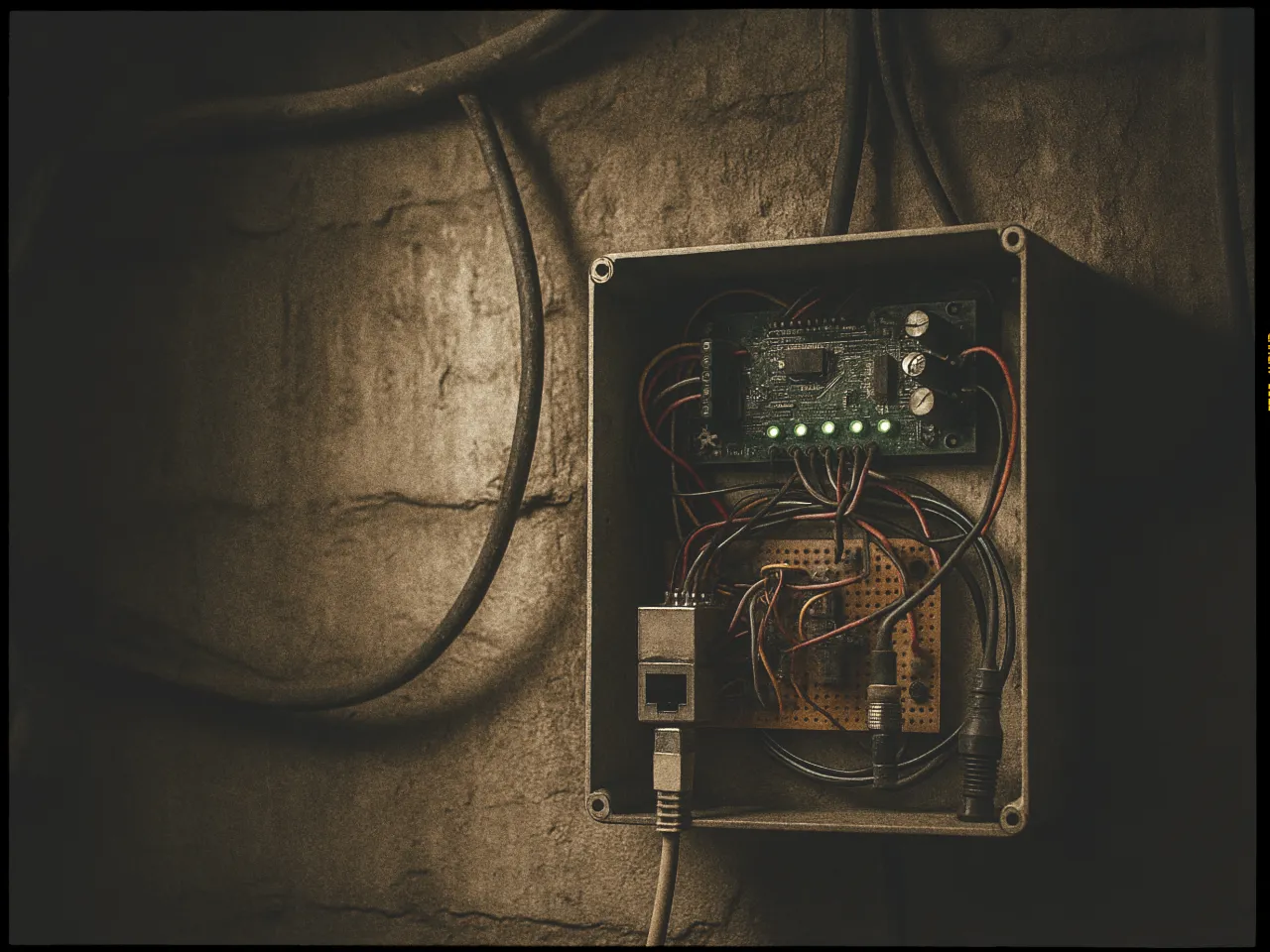
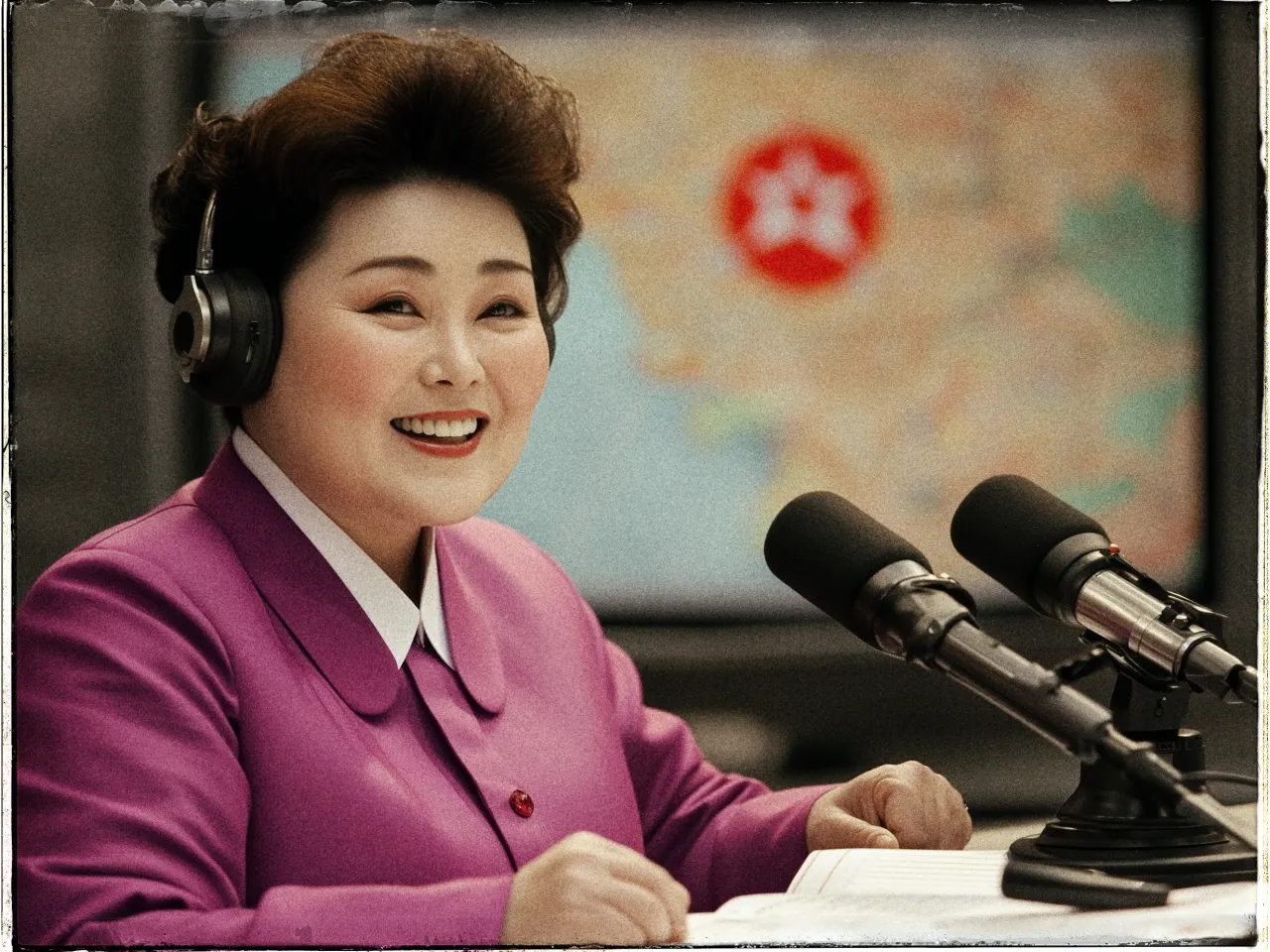
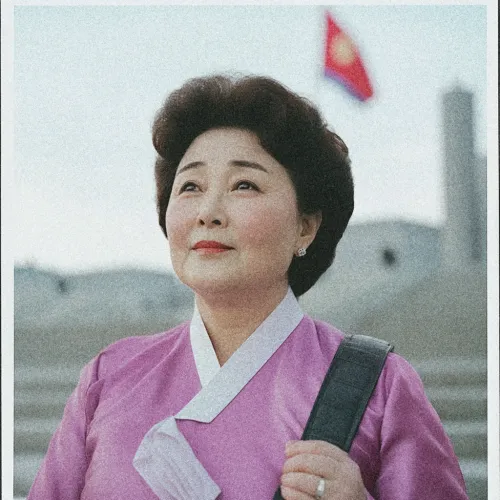 Hye-won
Hye-won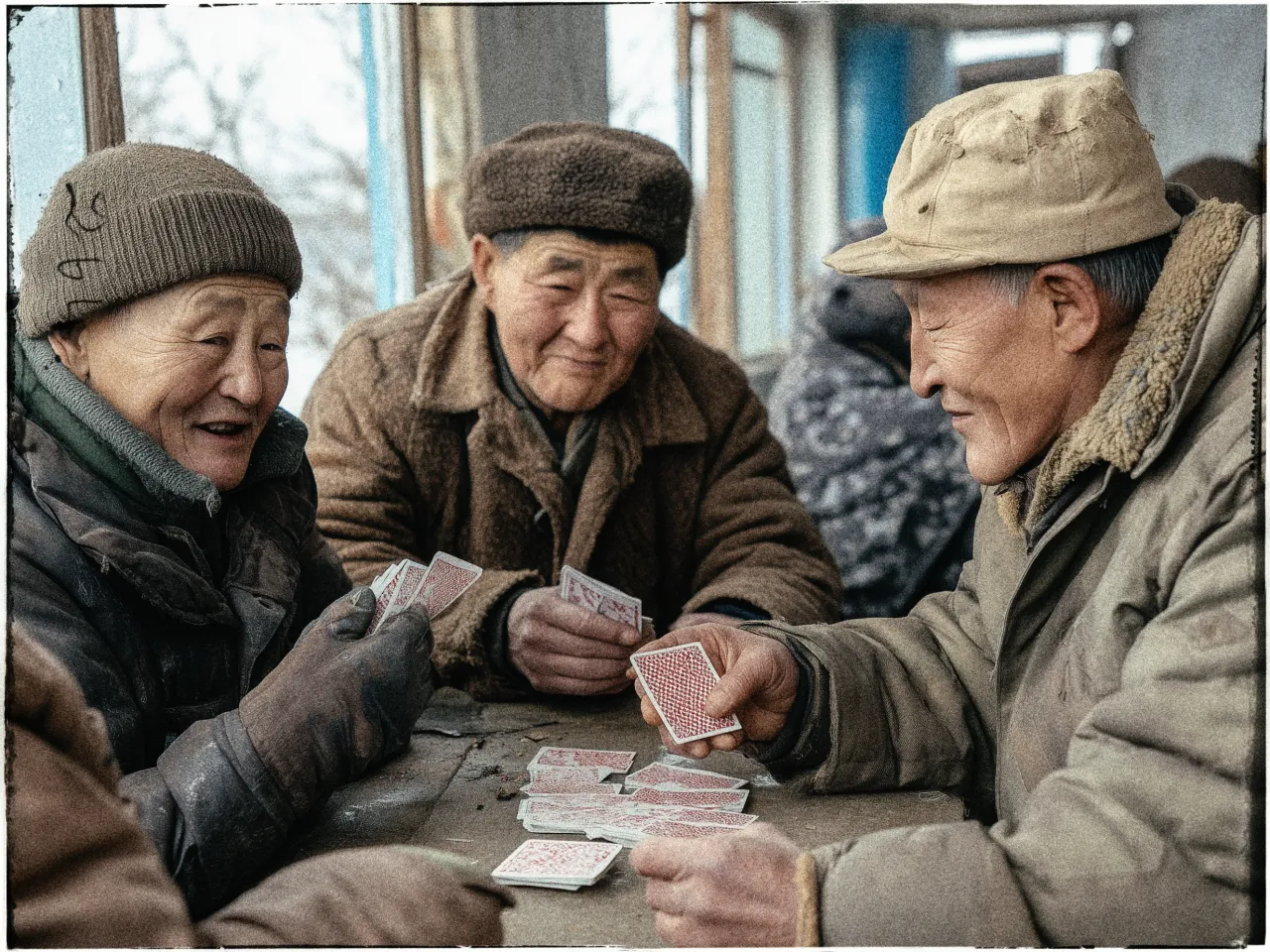
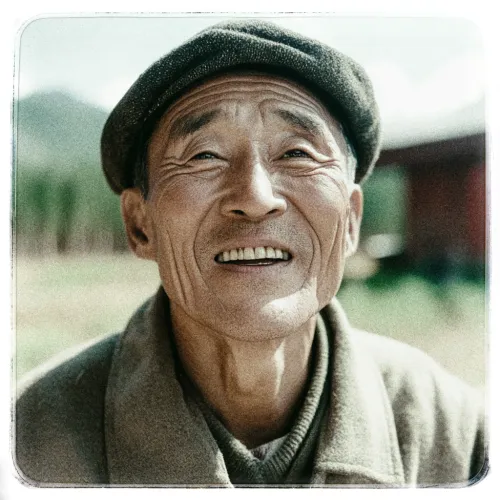 Seok-chul
Seok-chul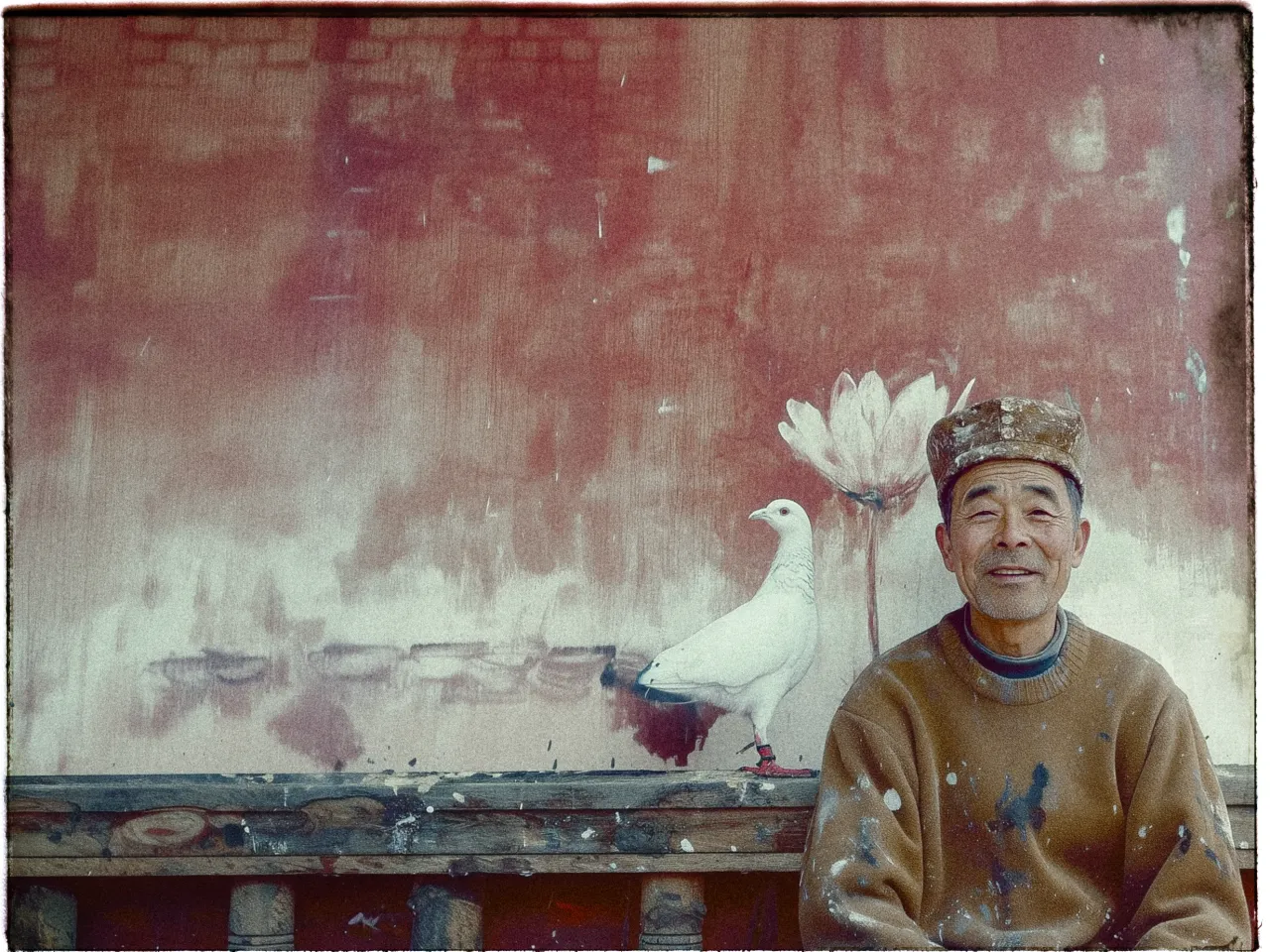
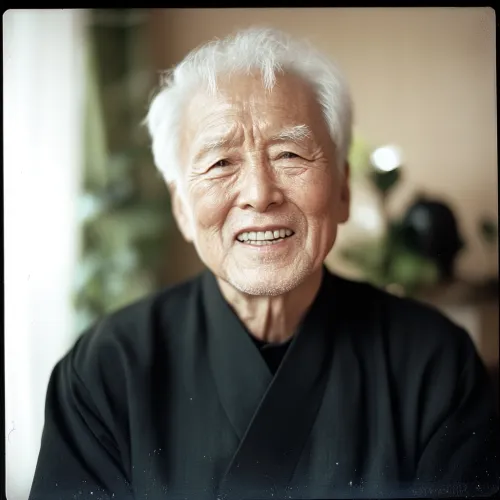 Nam-gil
Nam-gil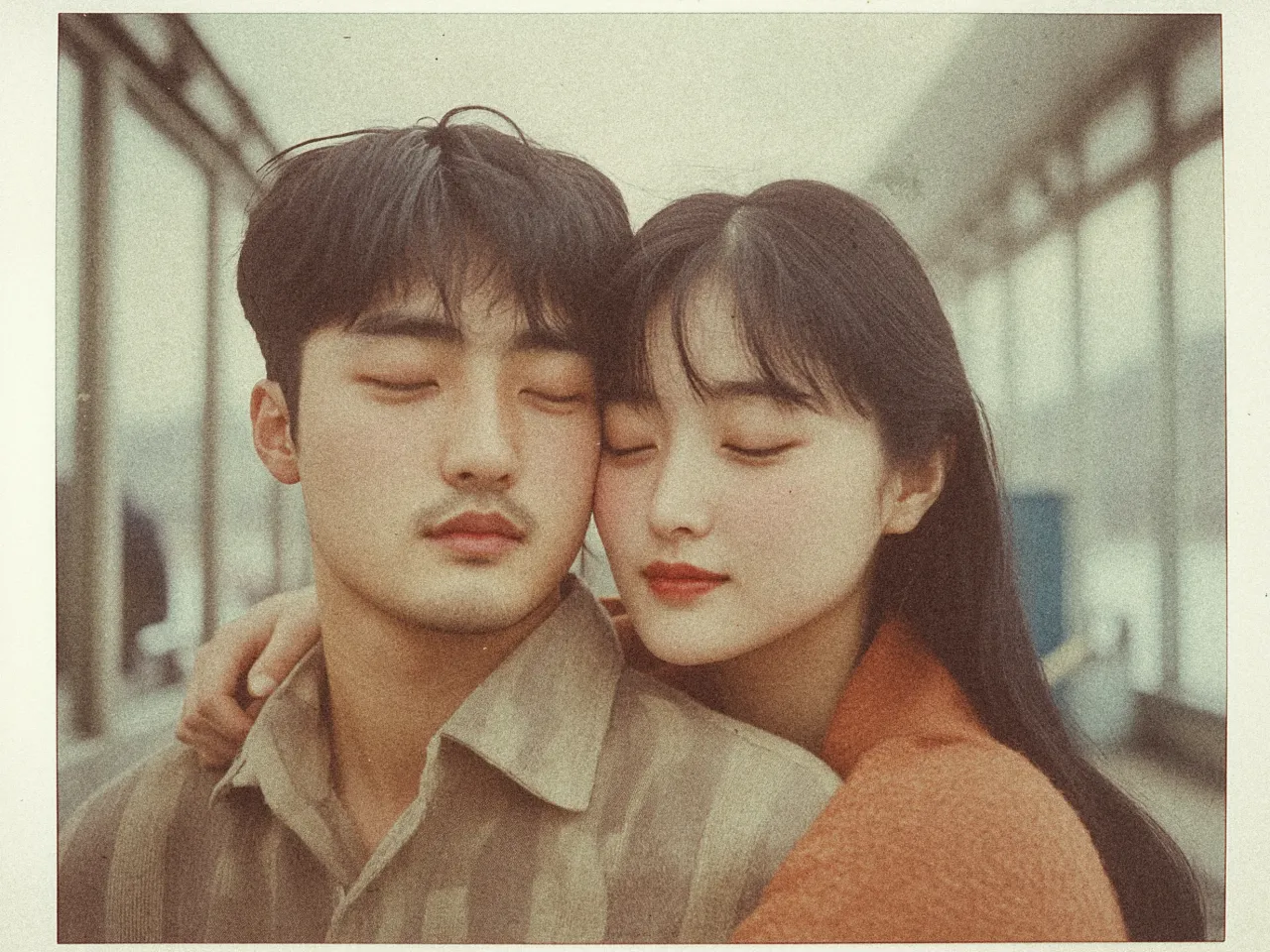
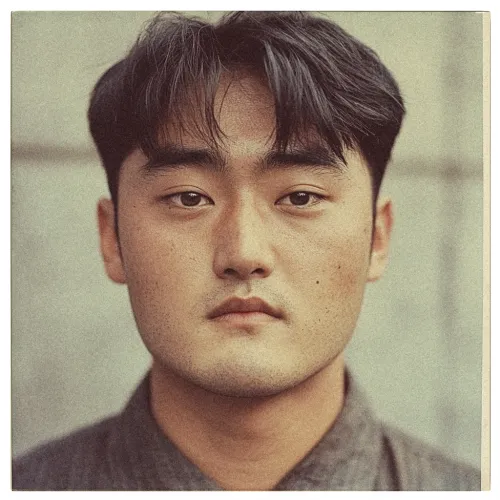 Kyung-min
Kyung-min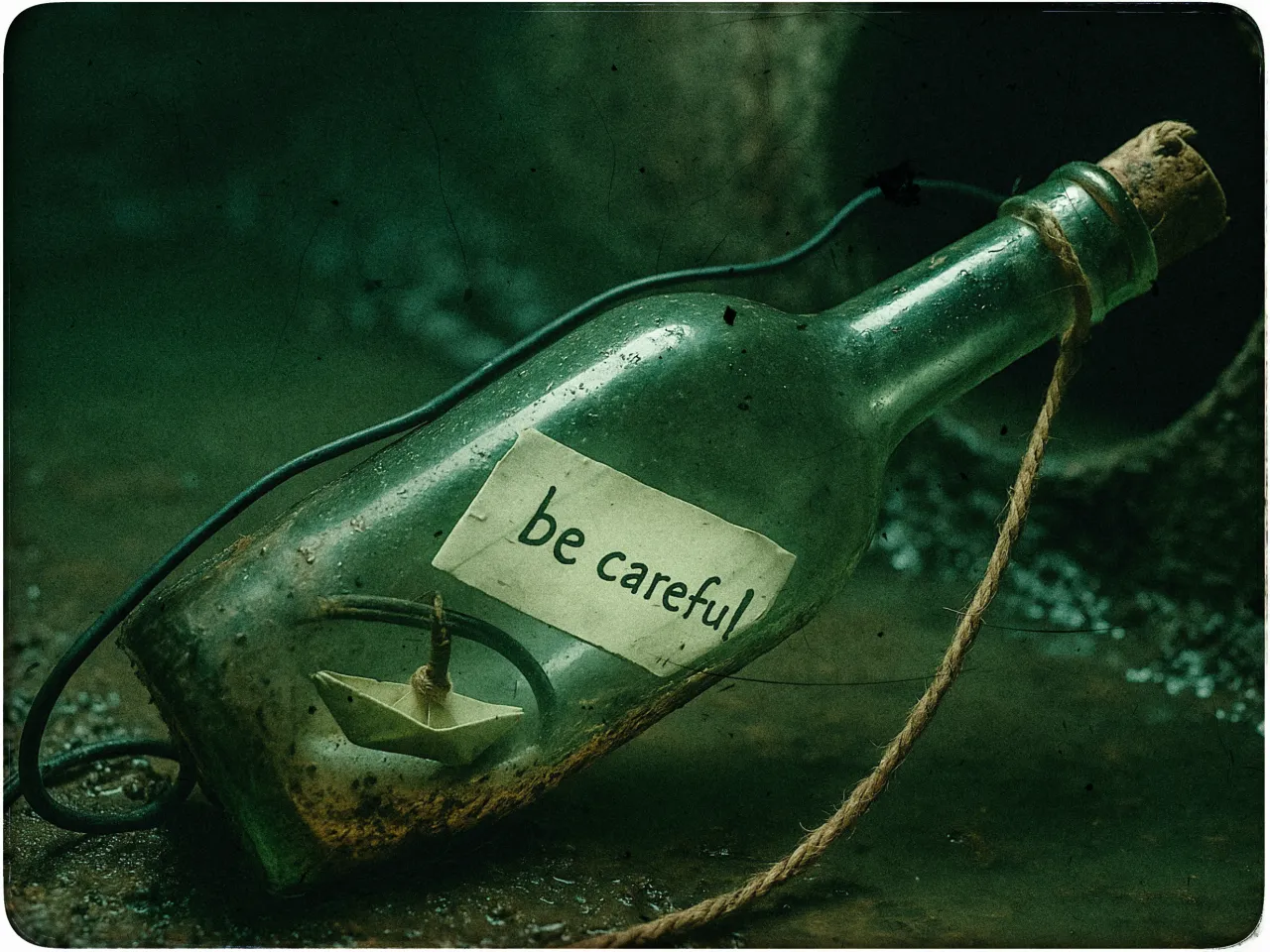
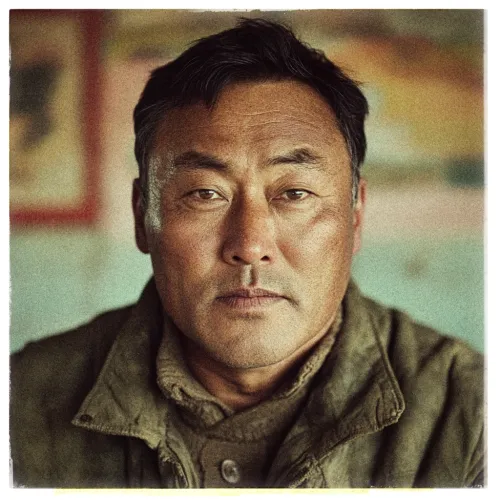 Kyung-hwan
Kyung-hwan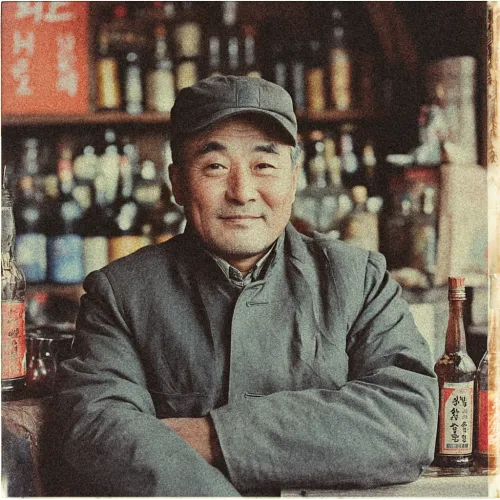 Nam-kyu
Nam-kyu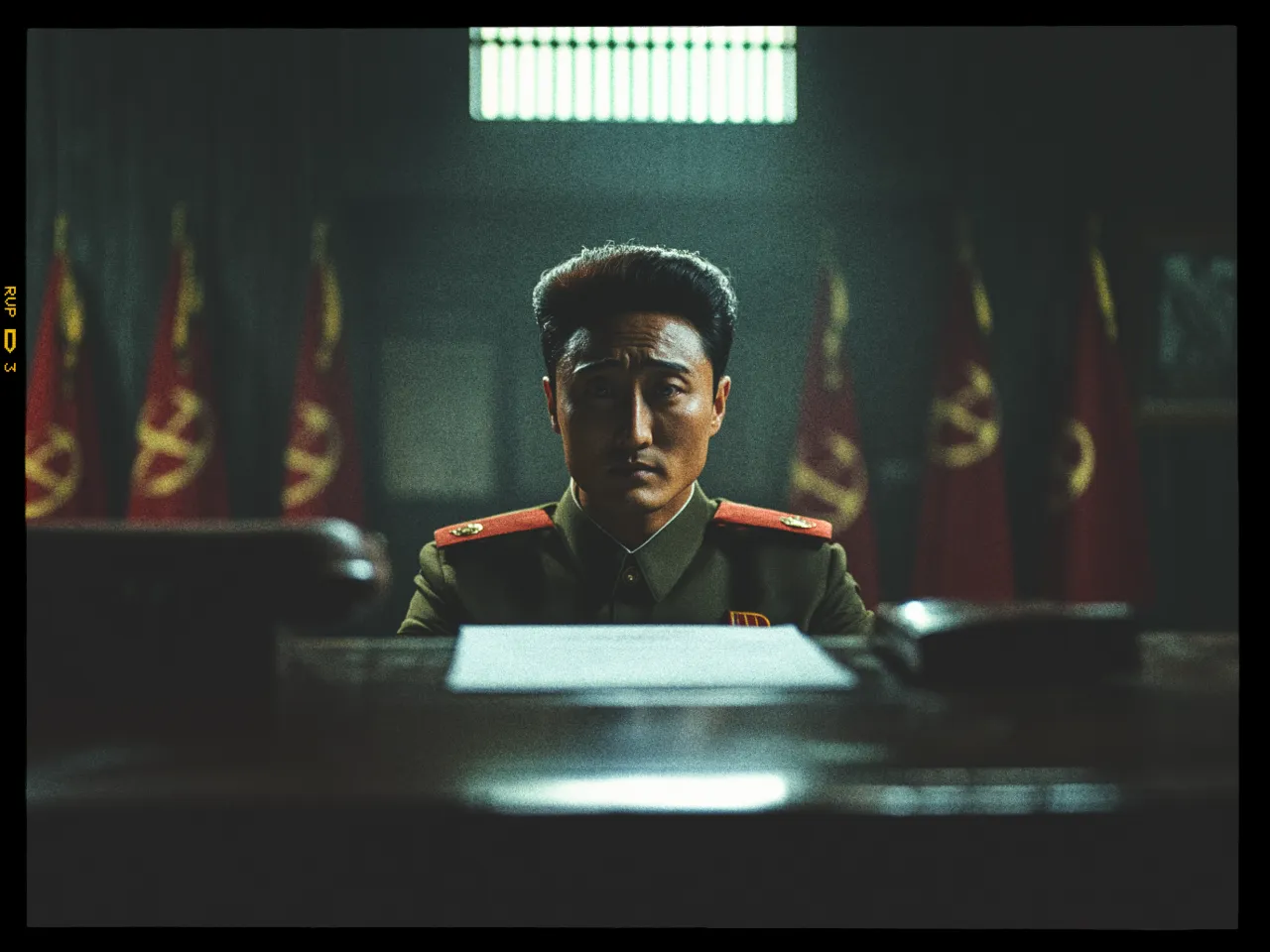
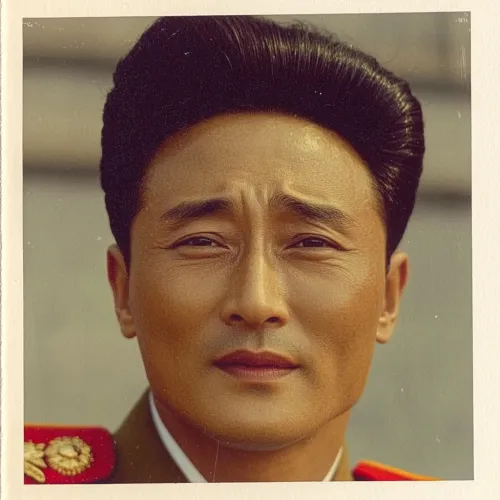 Colonel Tae-hwan
Colonel Tae-hwan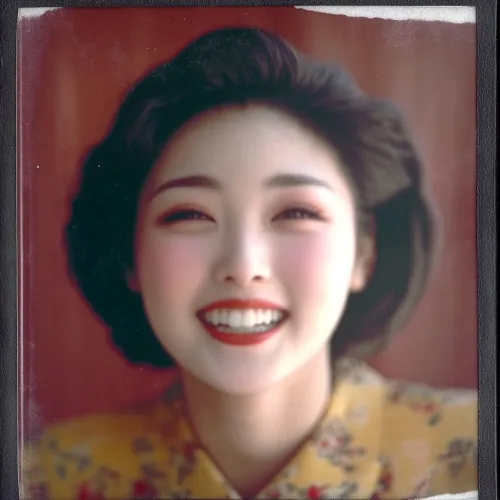 Na-ri
Na-ri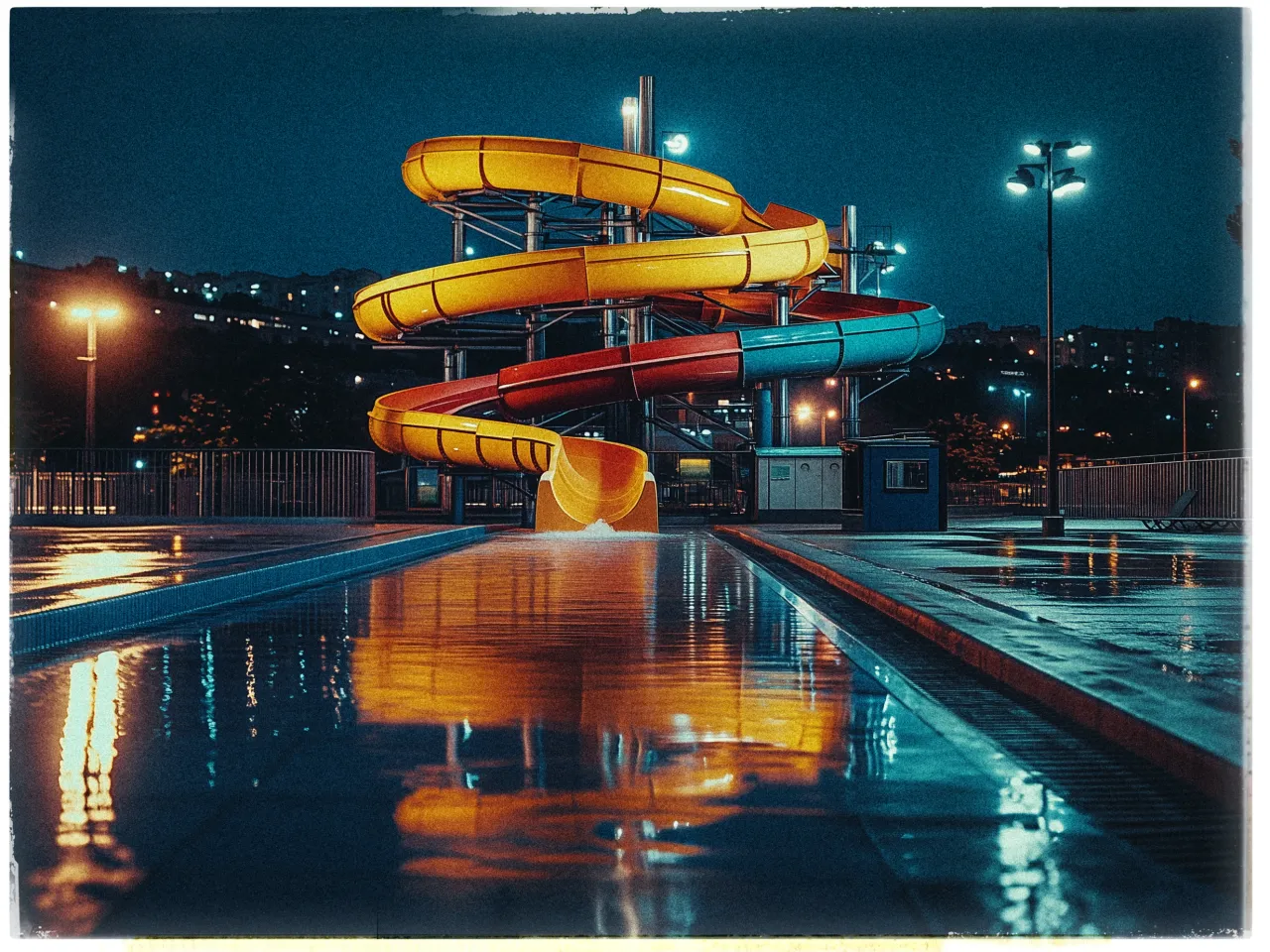
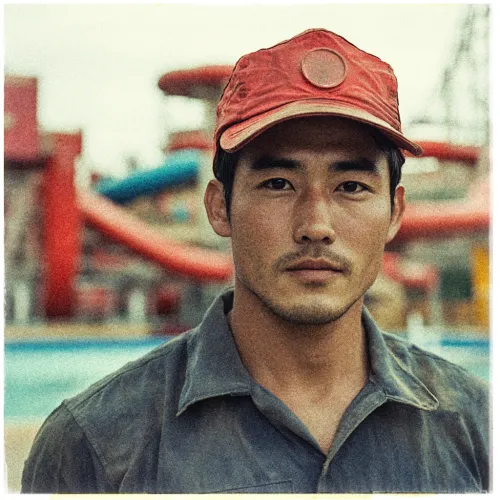 Sang-min
Sang-min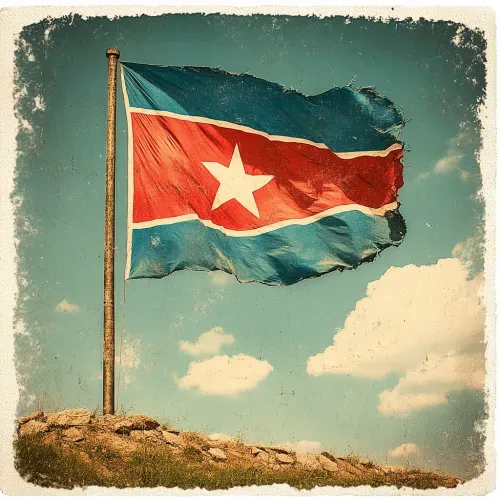 Ministry of State-Directed Recreation
Ministry of State-Directed Recreation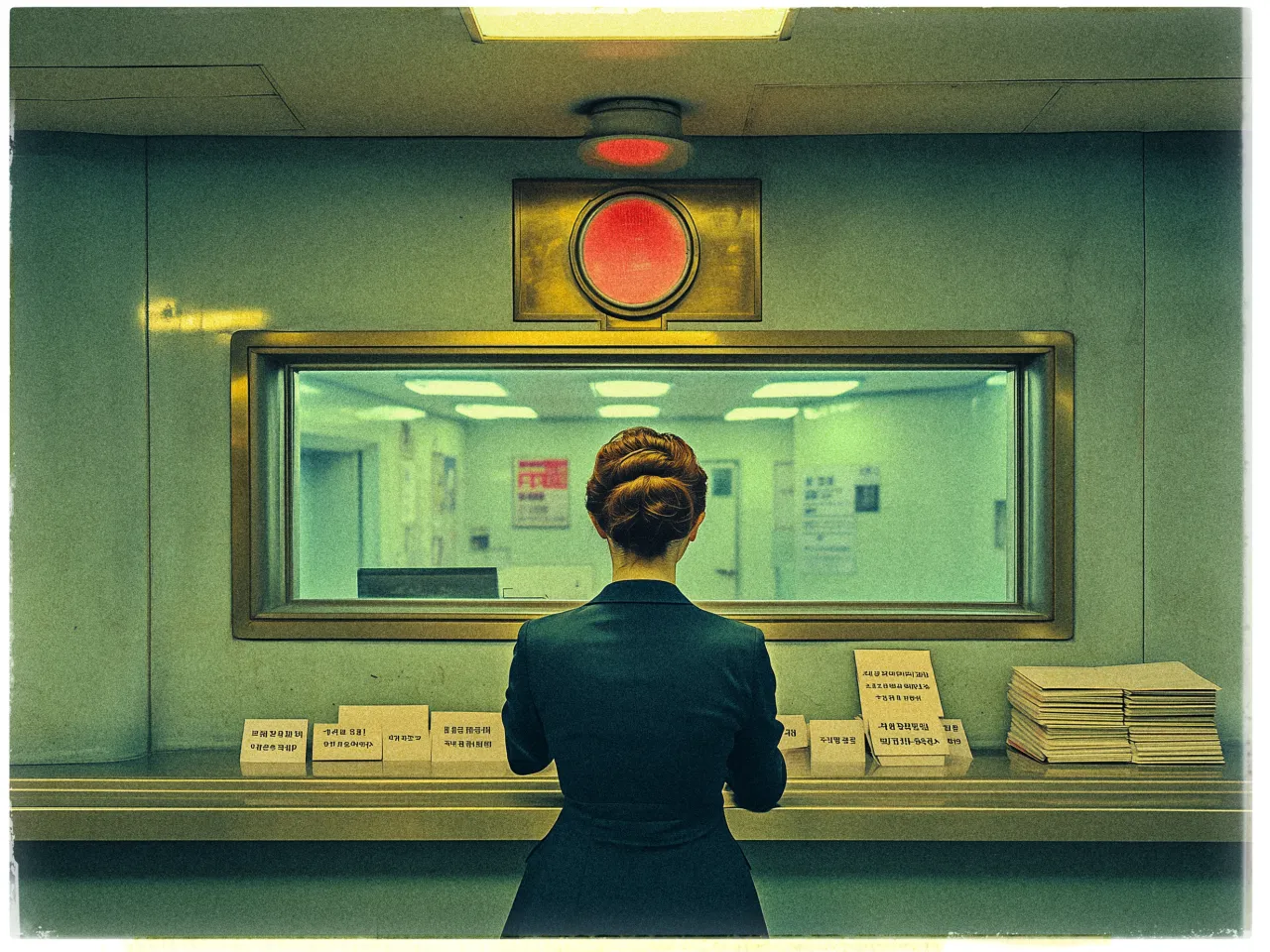
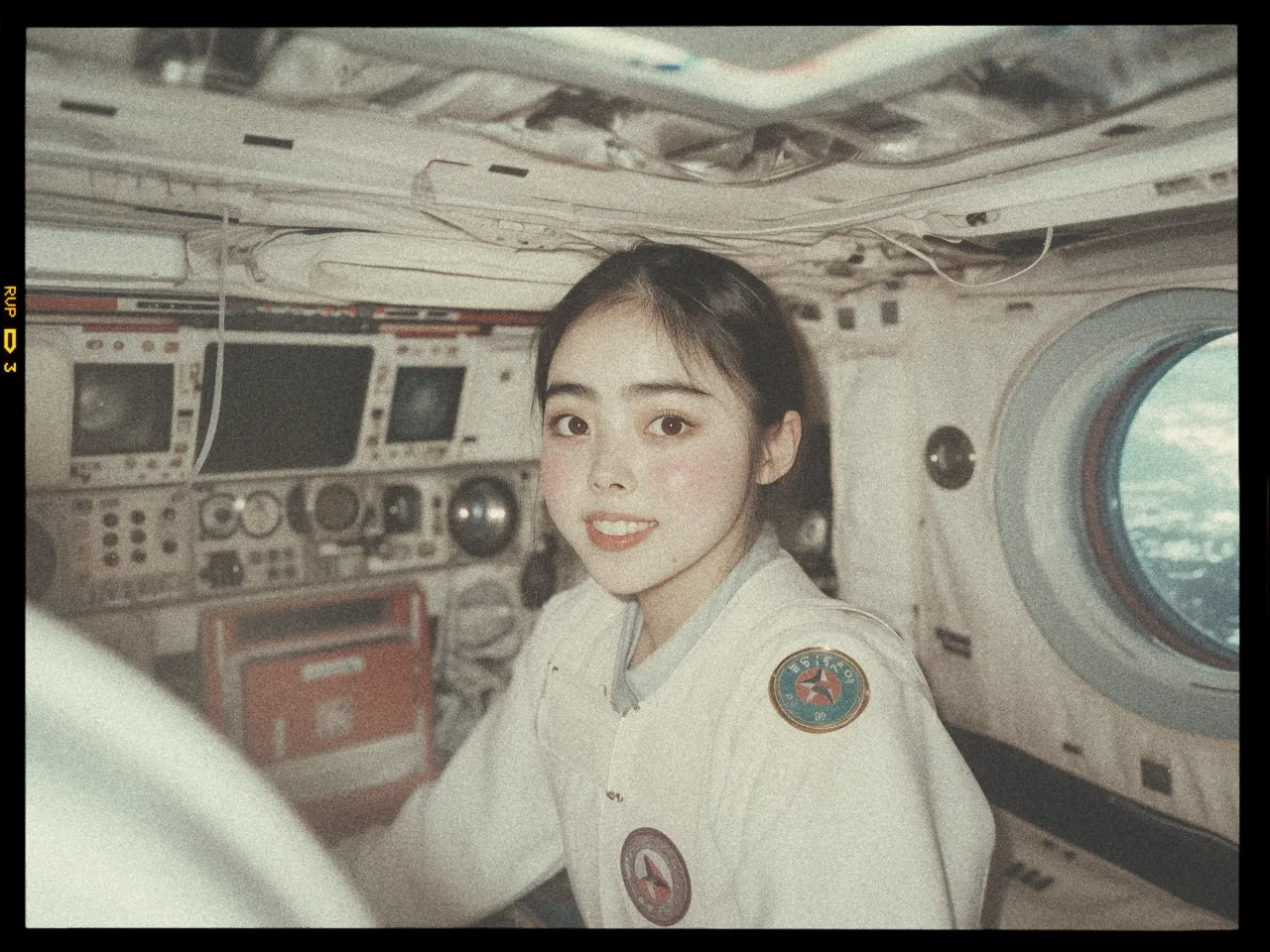
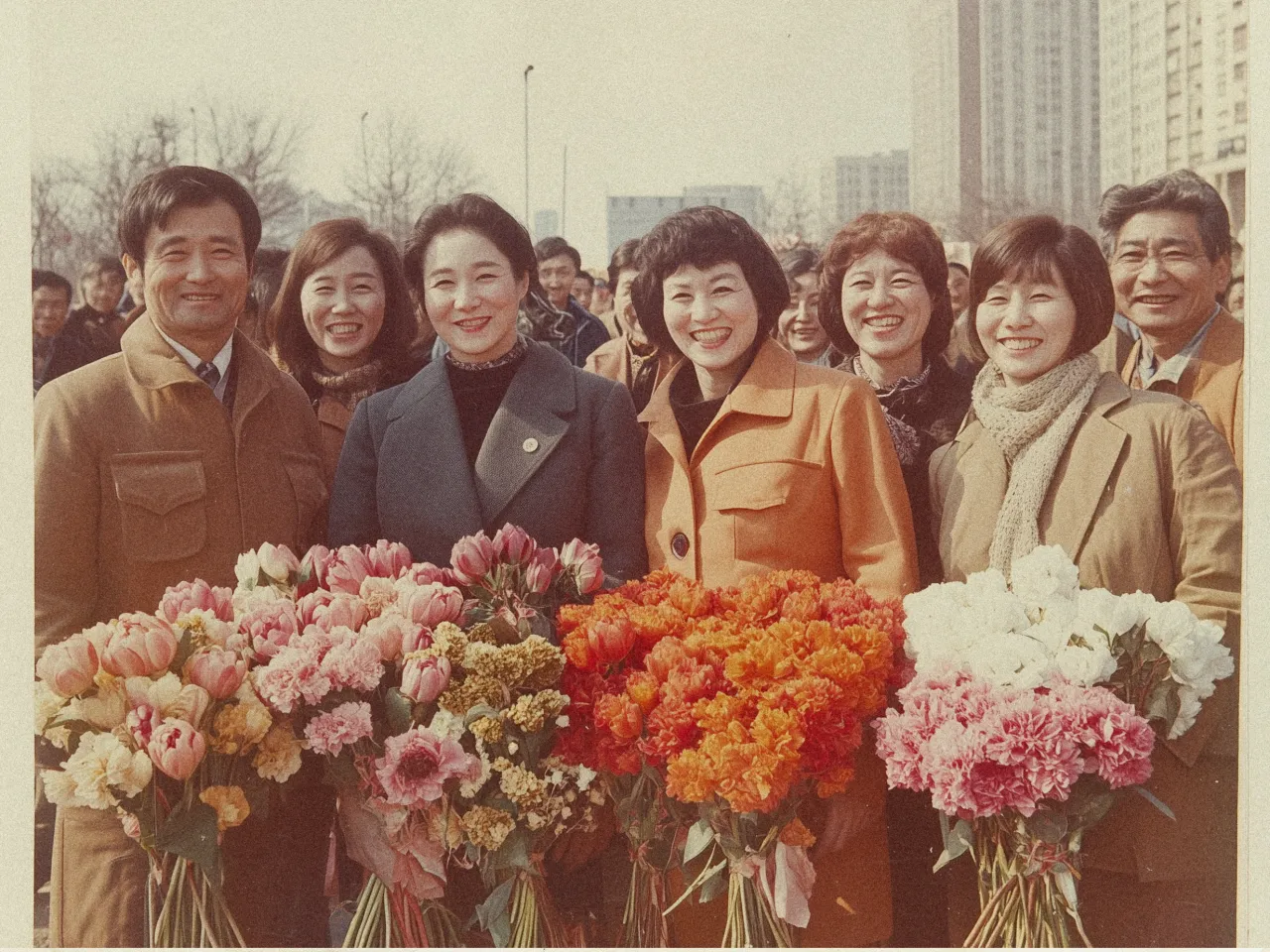
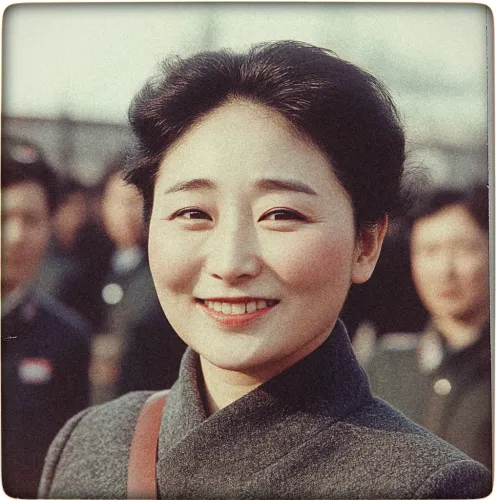 Ok-rim
Ok-rim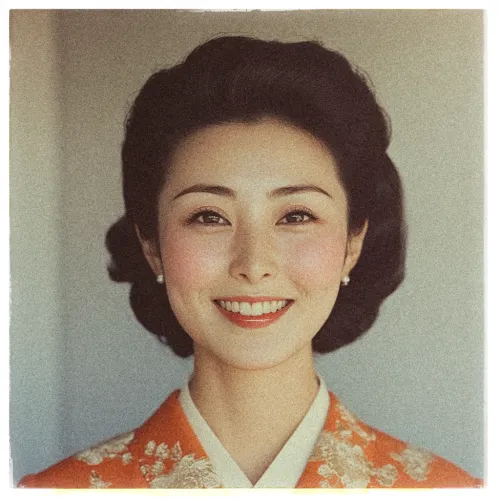 Ji-yeon
Ji-yeon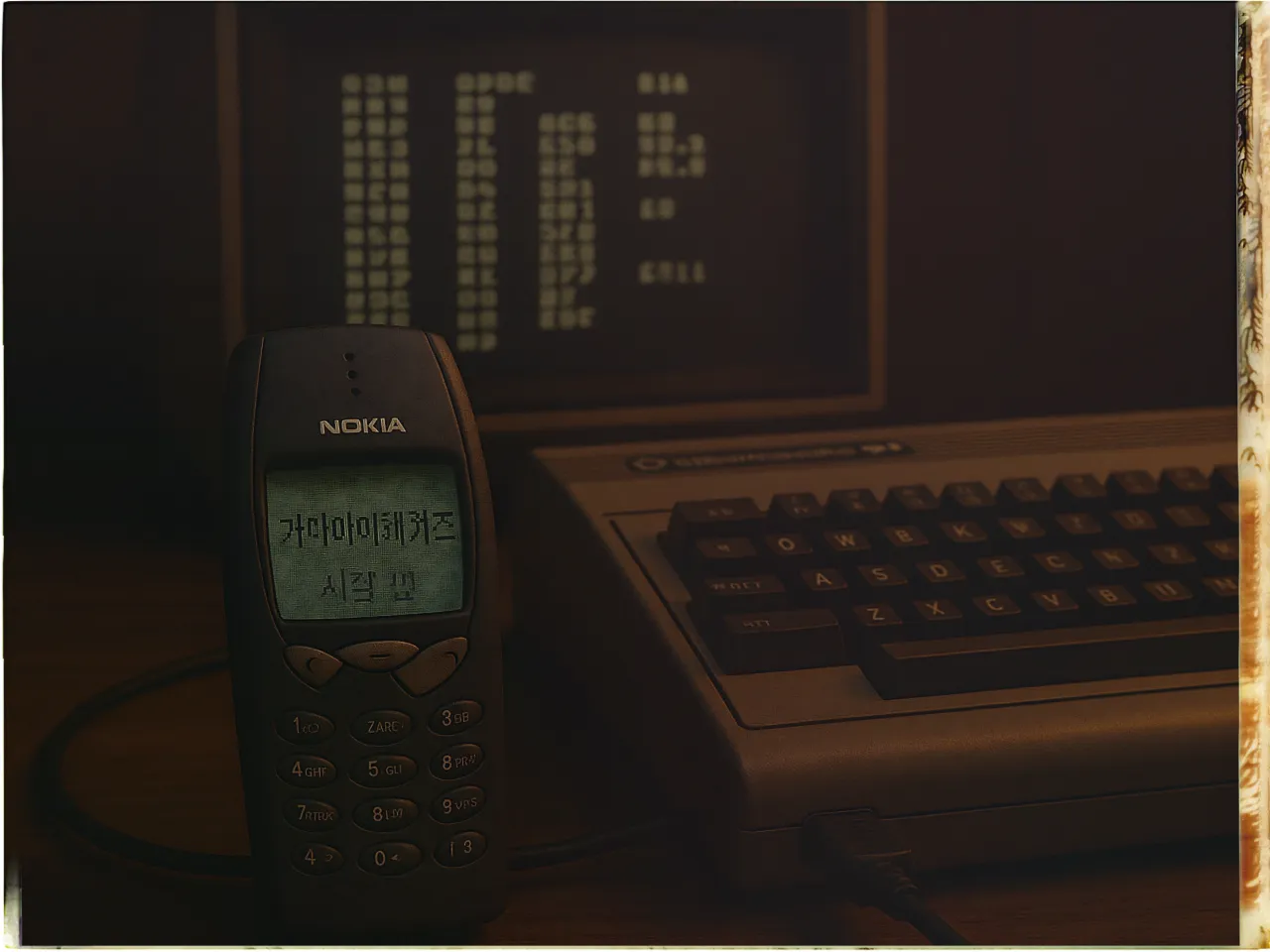
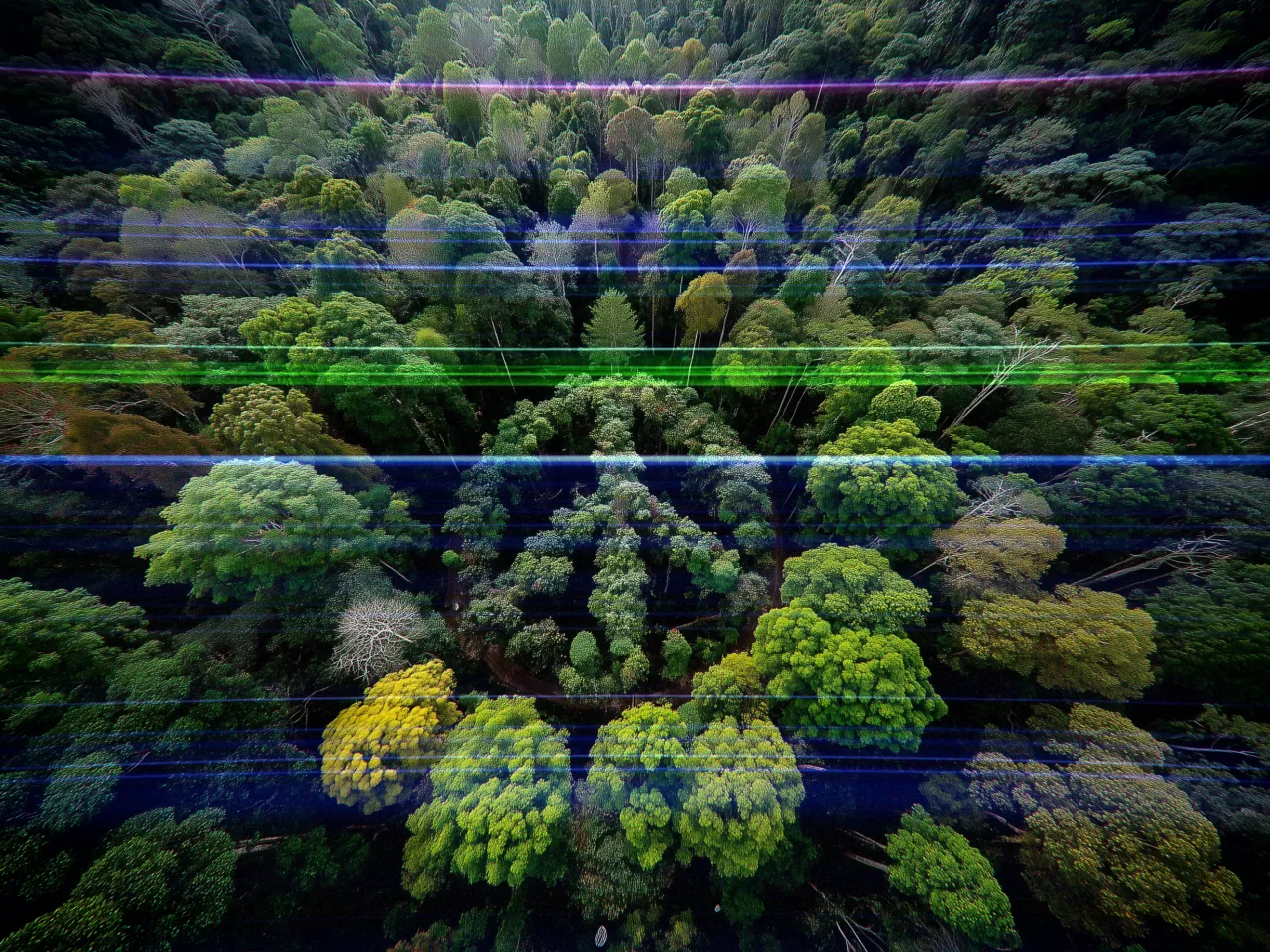
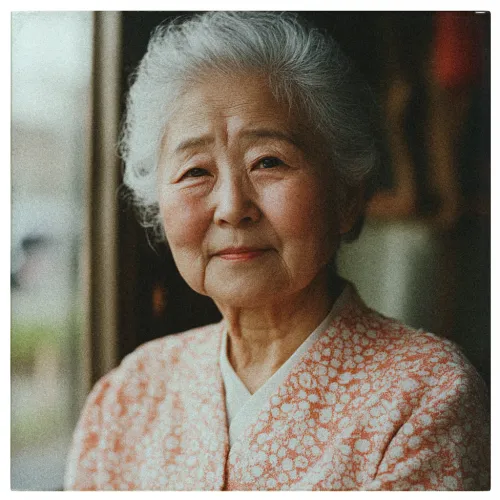 Jung-hee
Jung-hee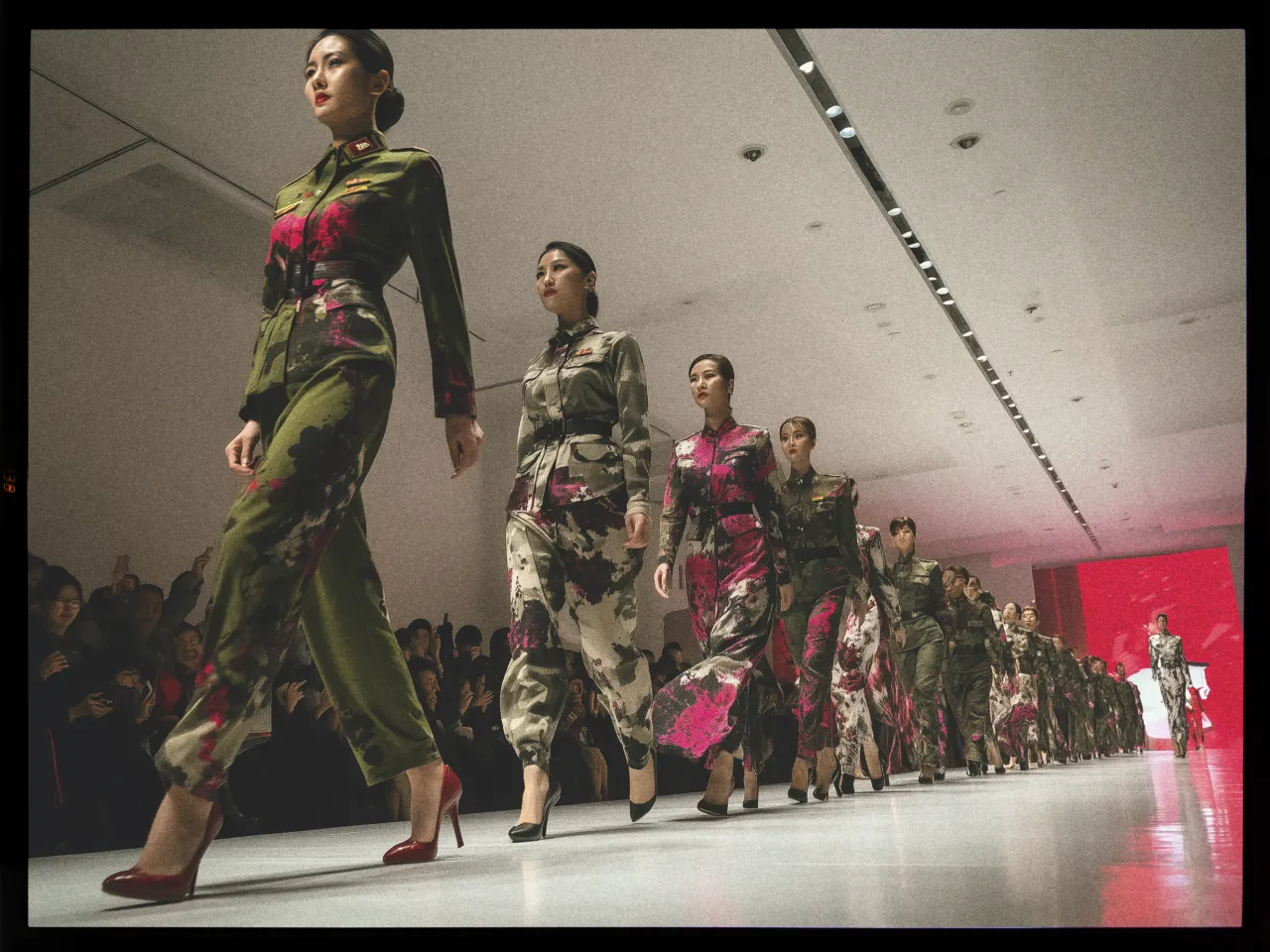
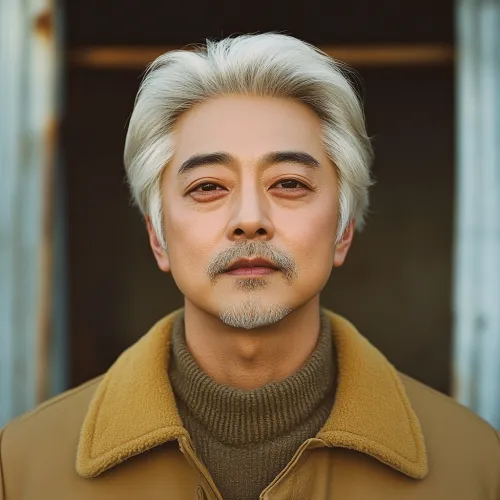 Dong-wook
Dong-wook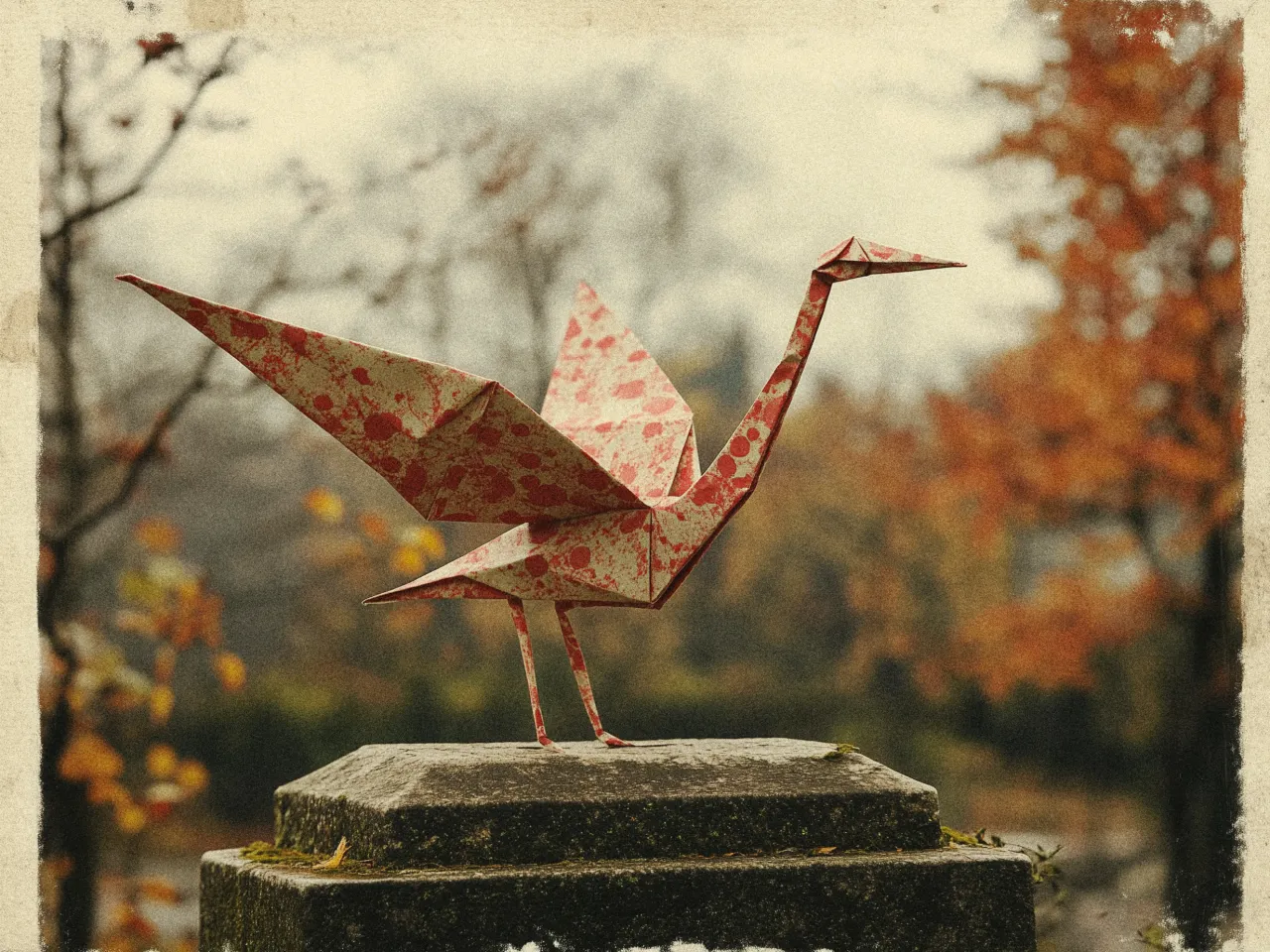
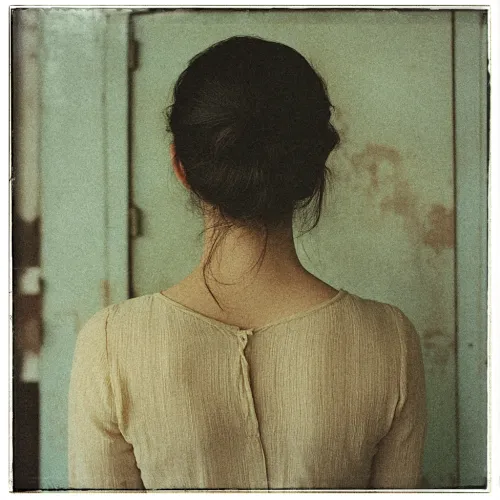 The Crane Girl
The Crane Girl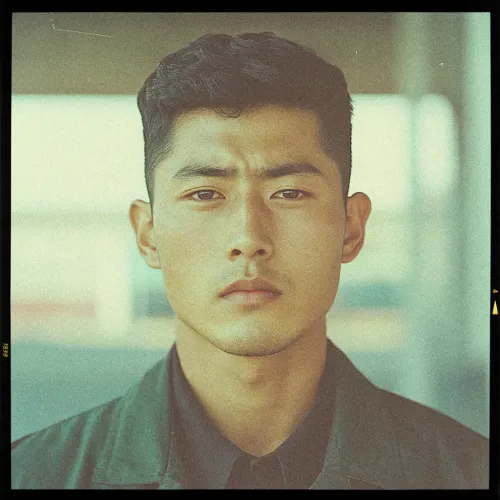 Hyun-su
Hyun-su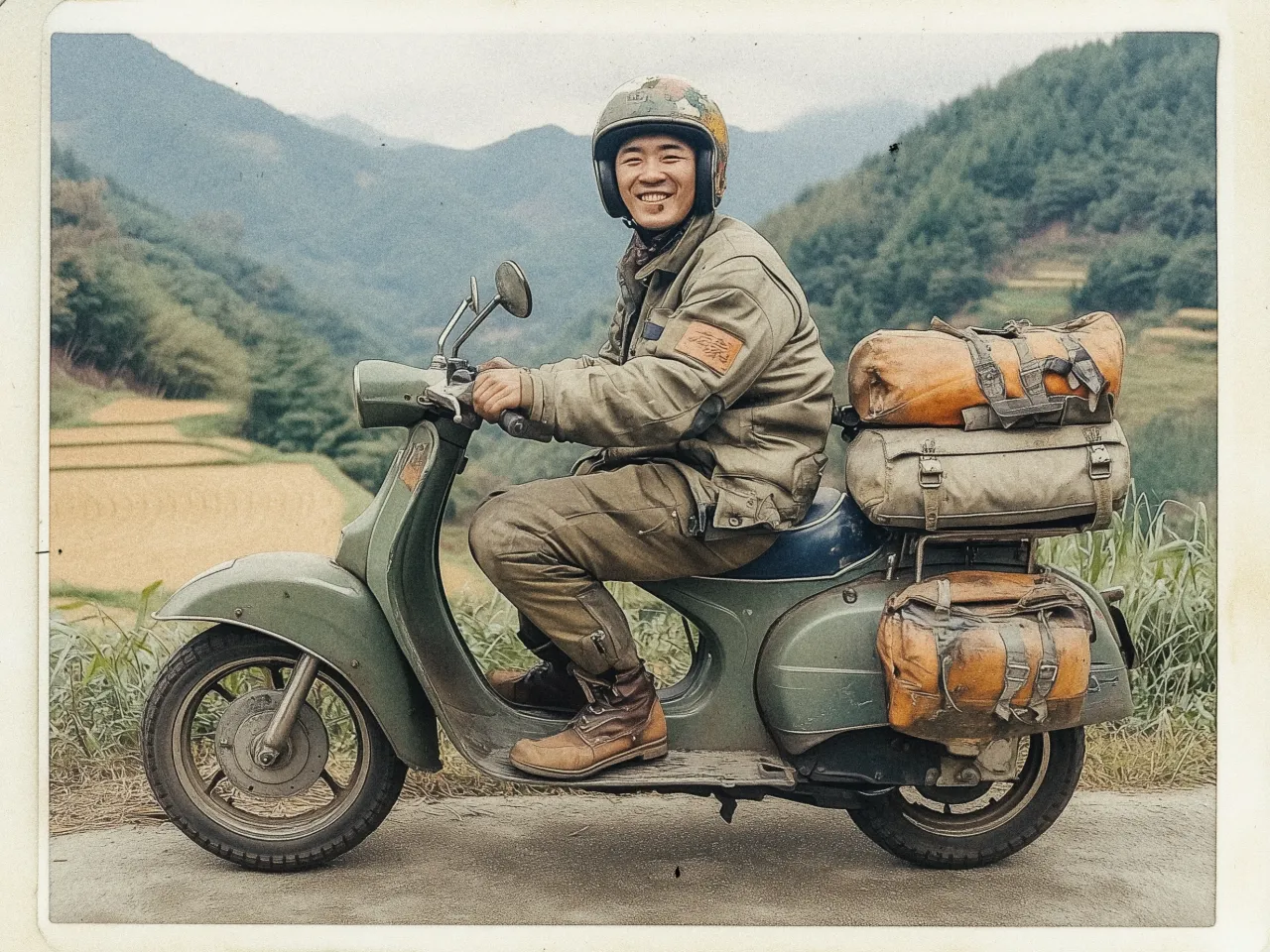
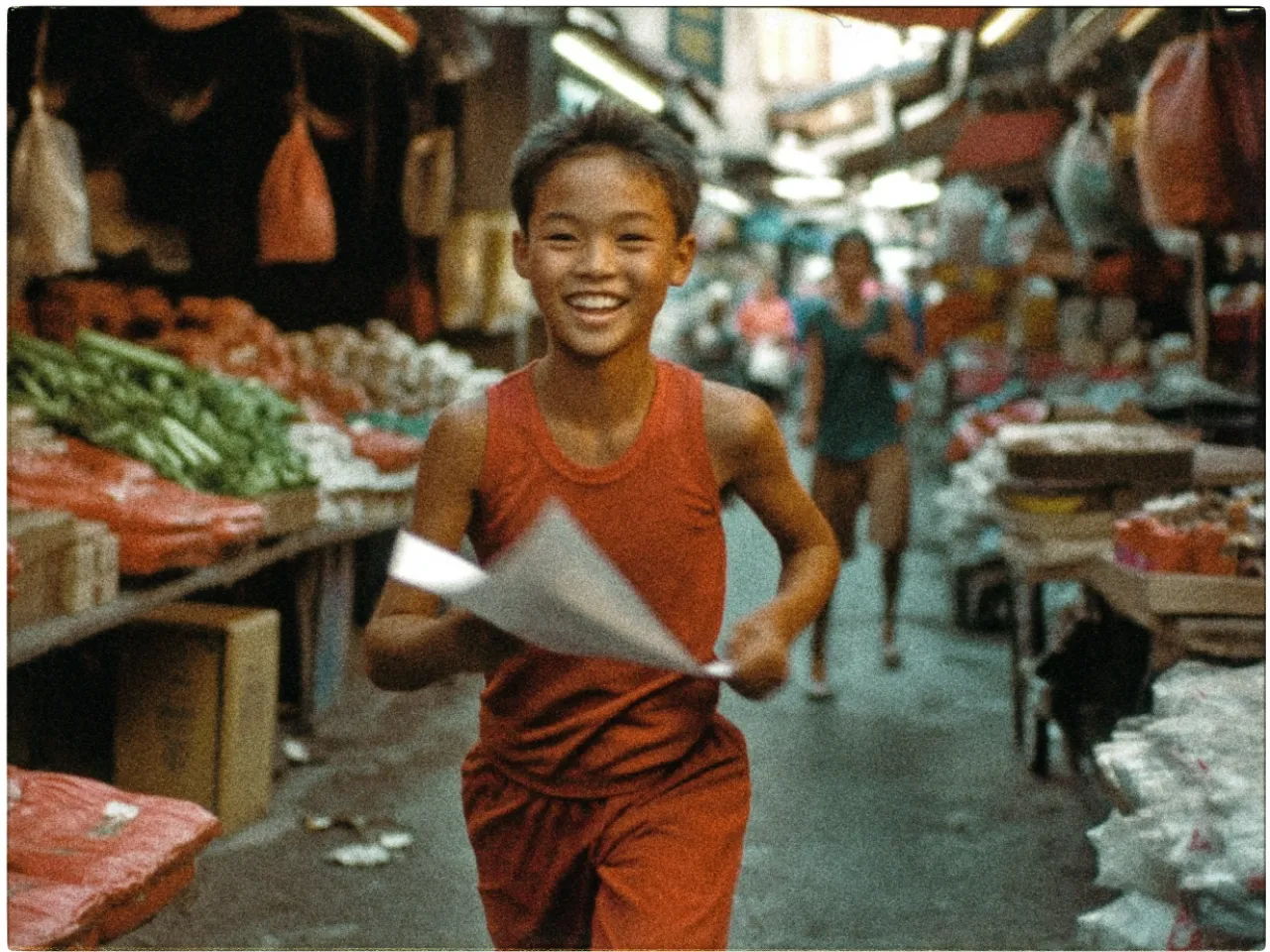
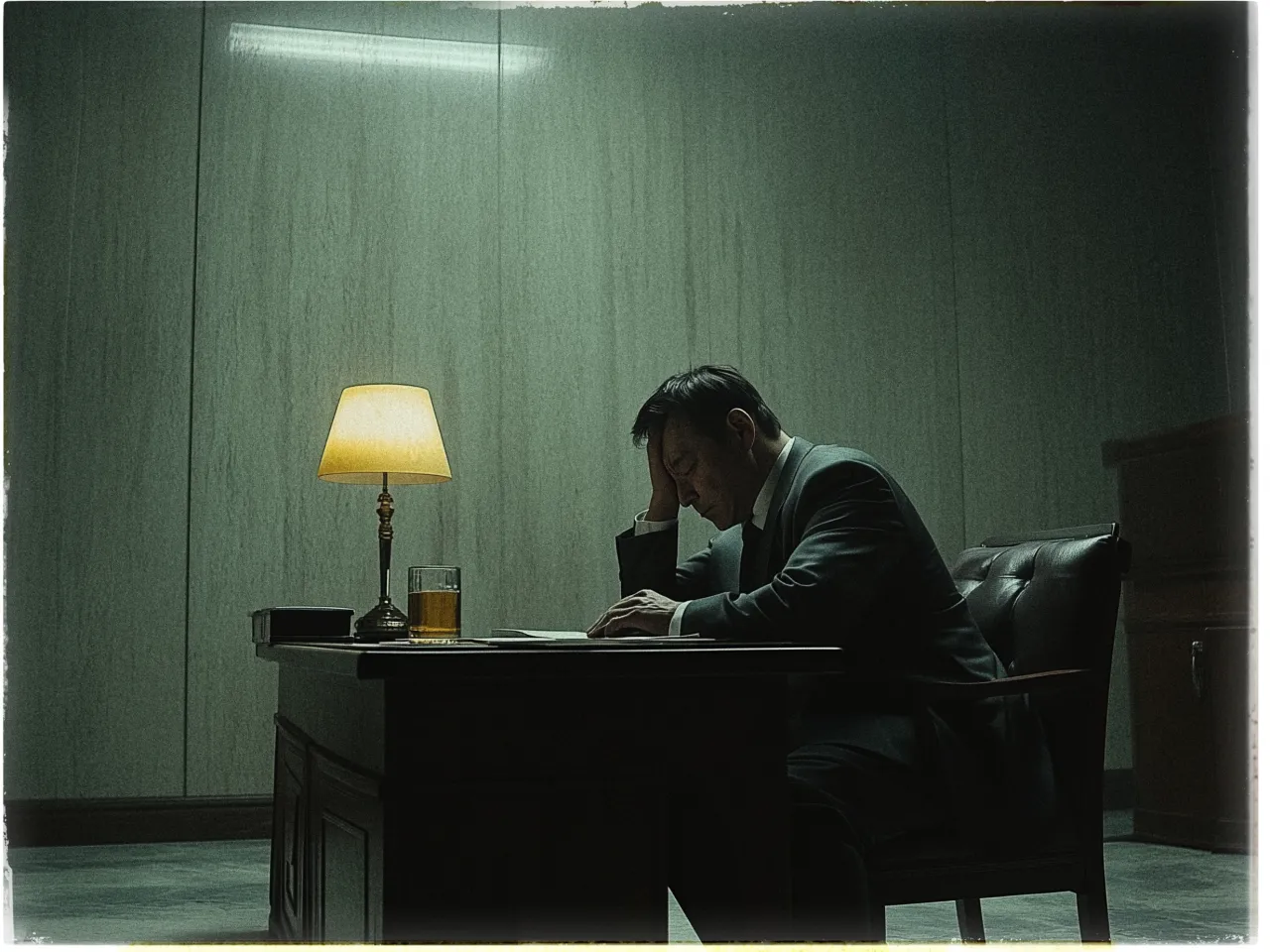
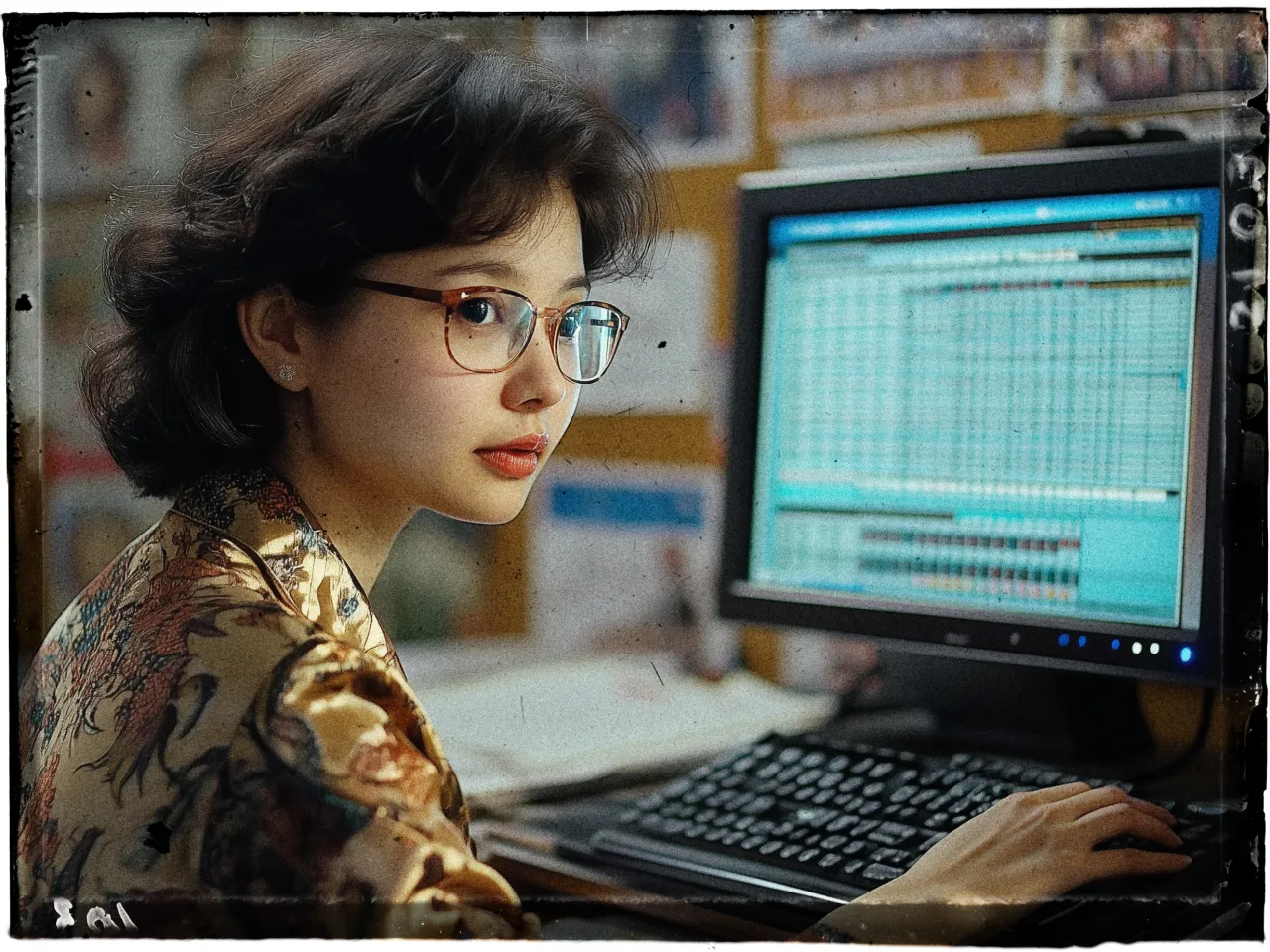
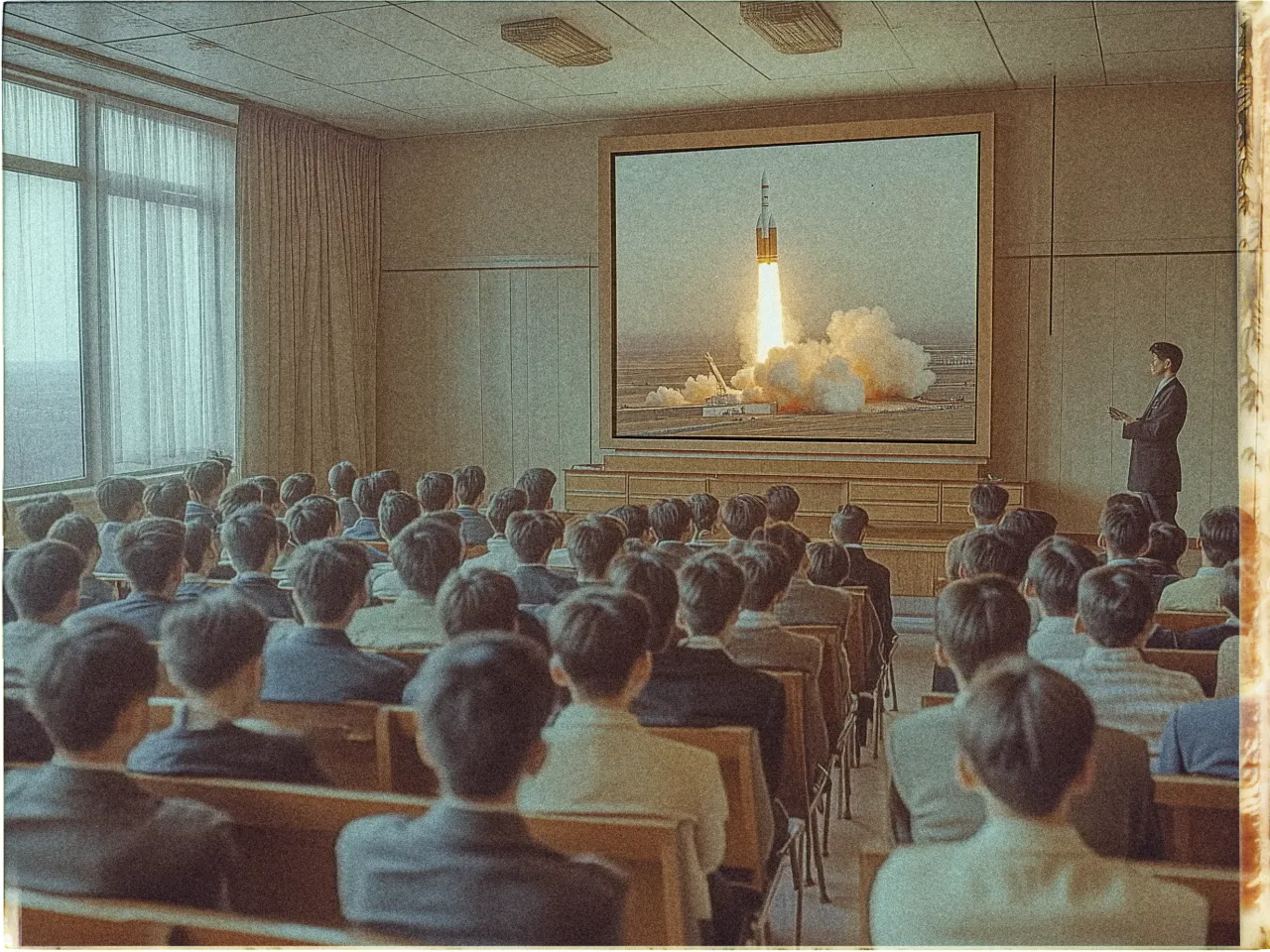
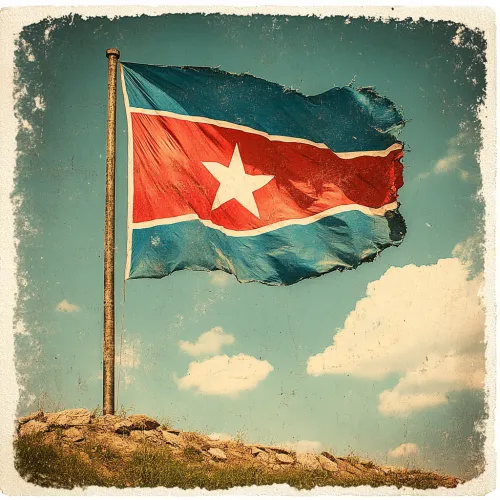 Pyongyang Aerospace Research Institute
Pyongyang Aerospace Research Institute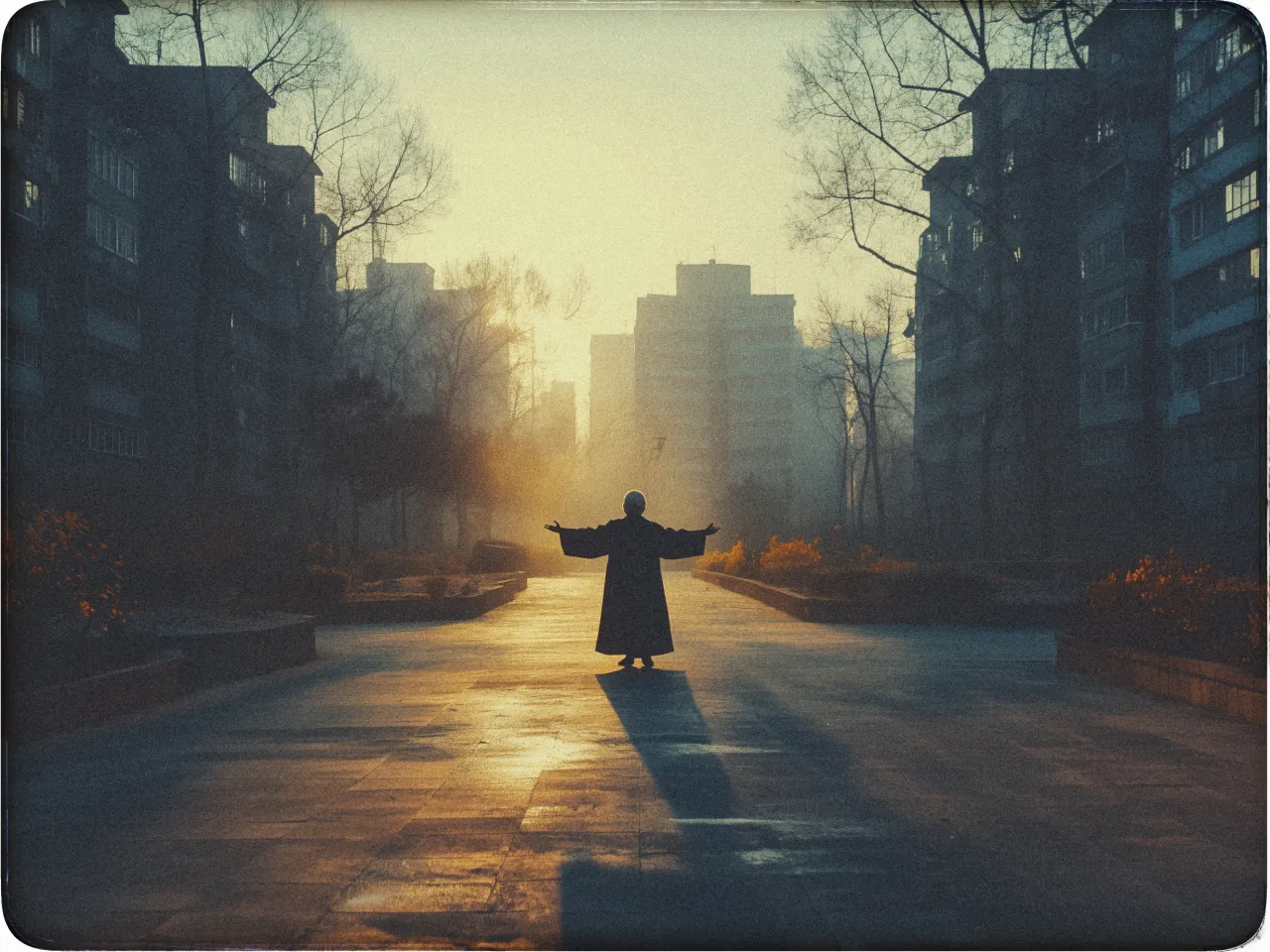
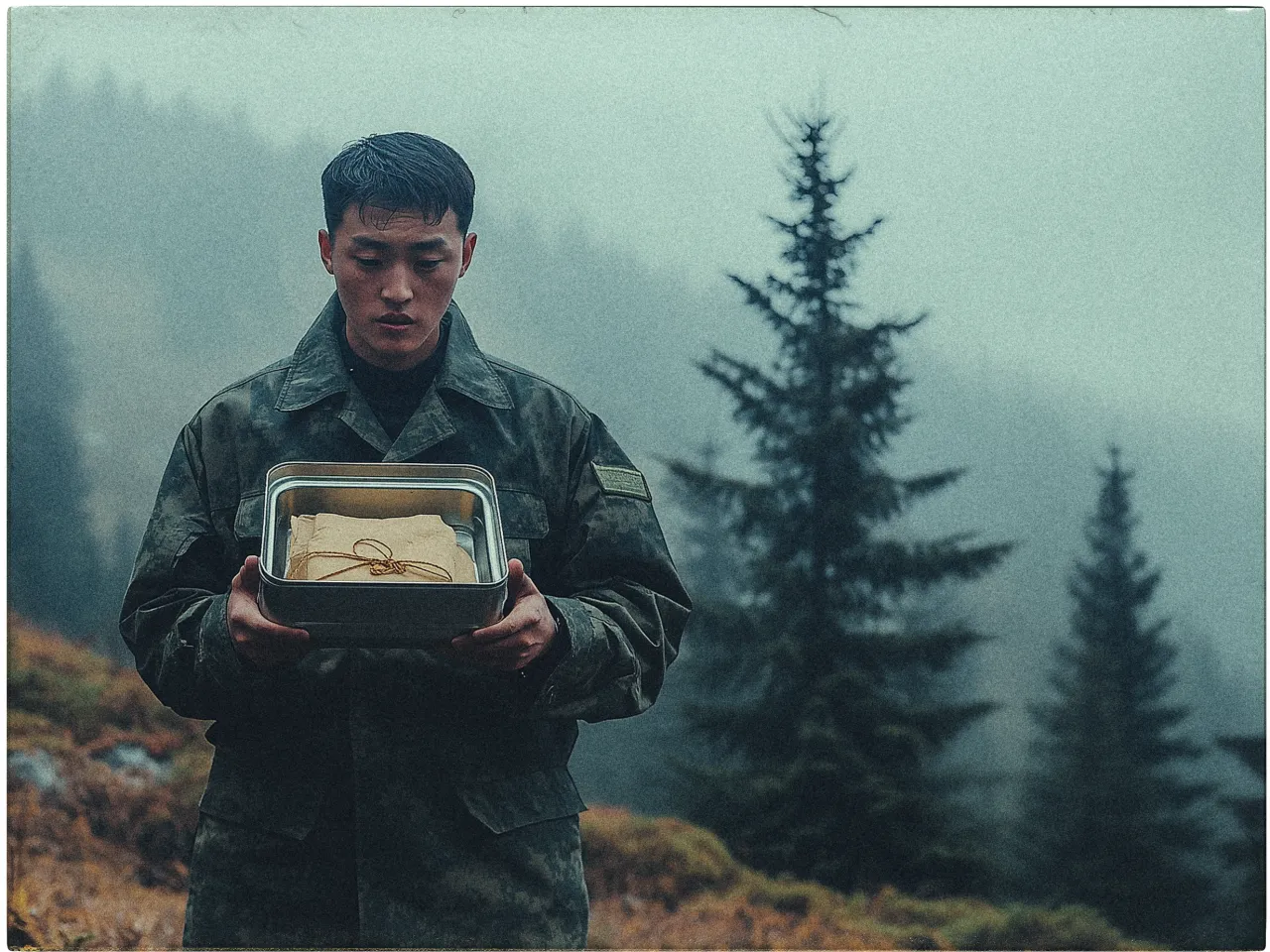
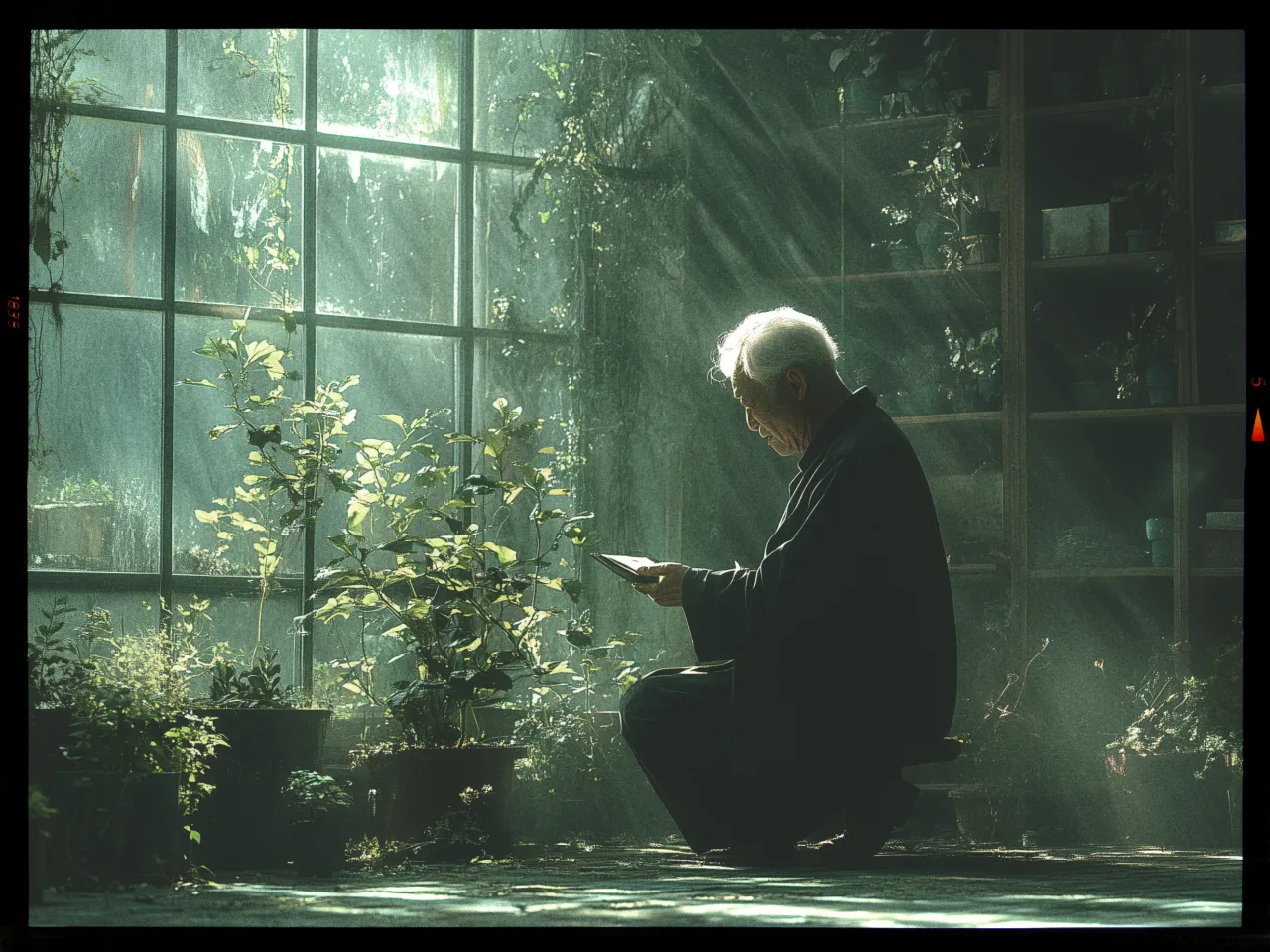
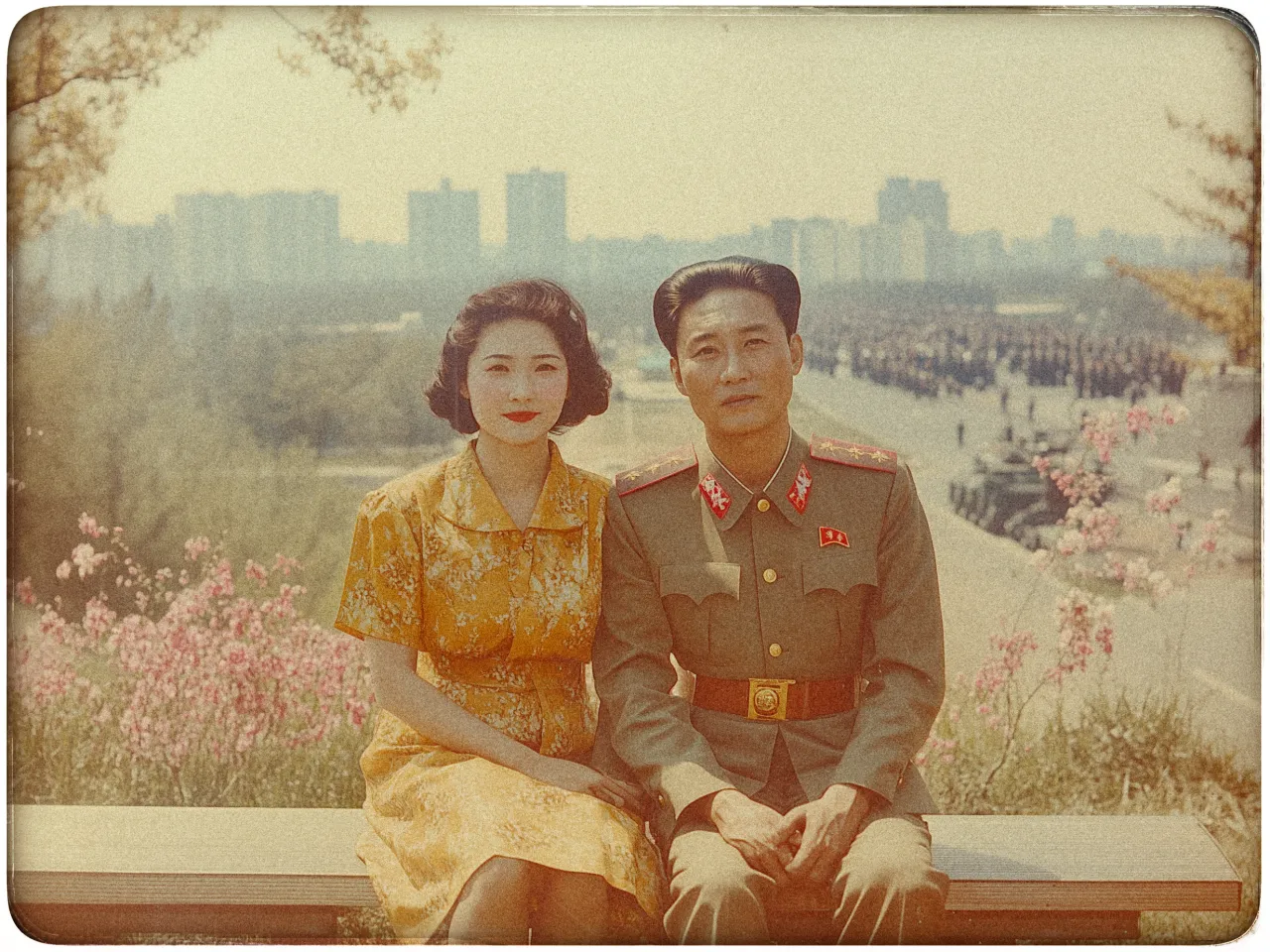
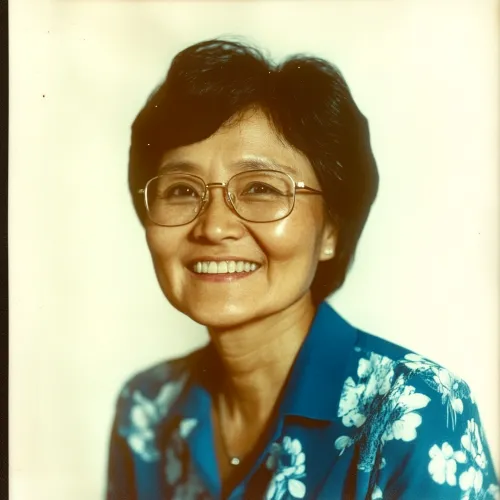 Ha-yoon
Ha-yoon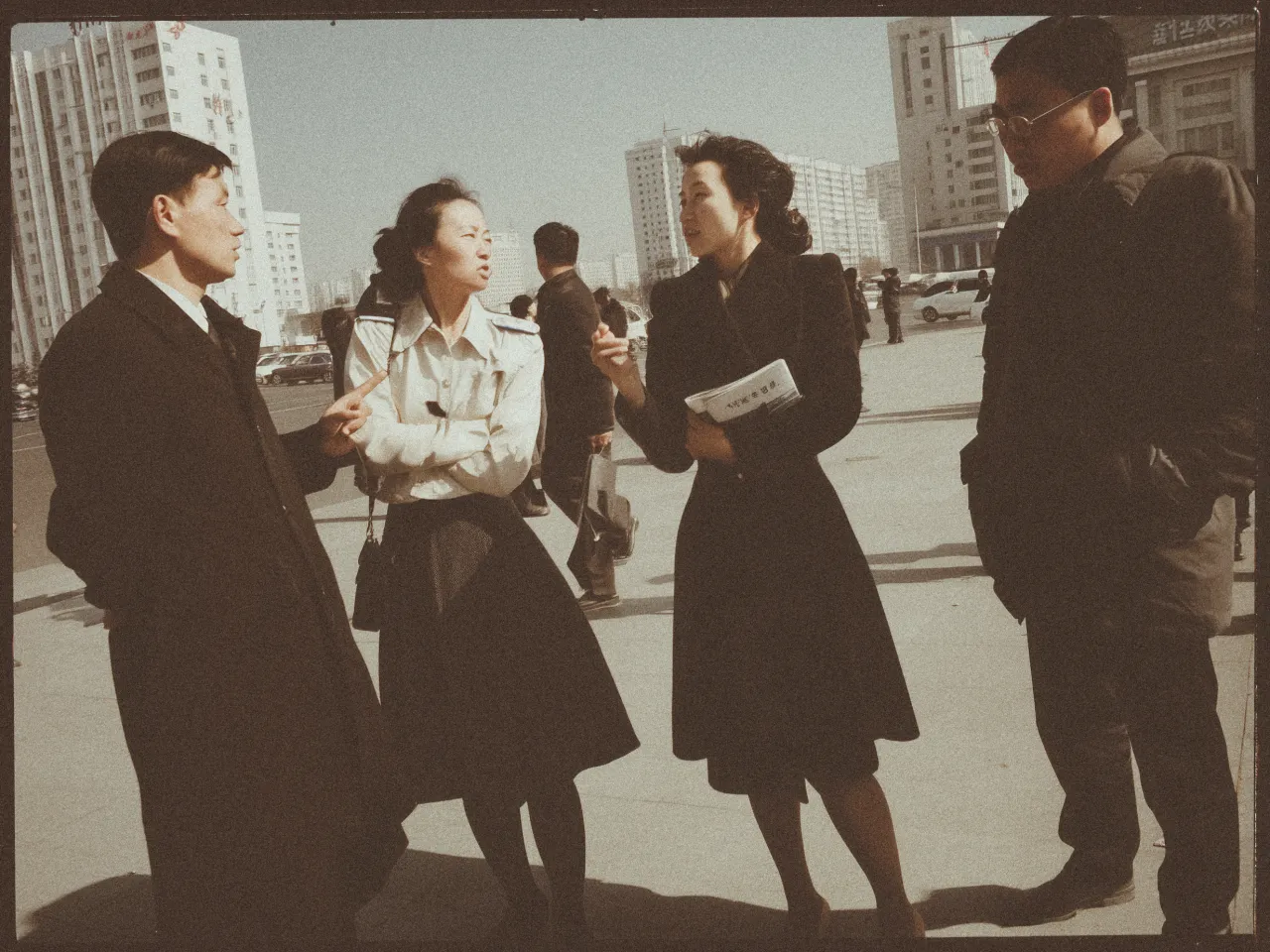
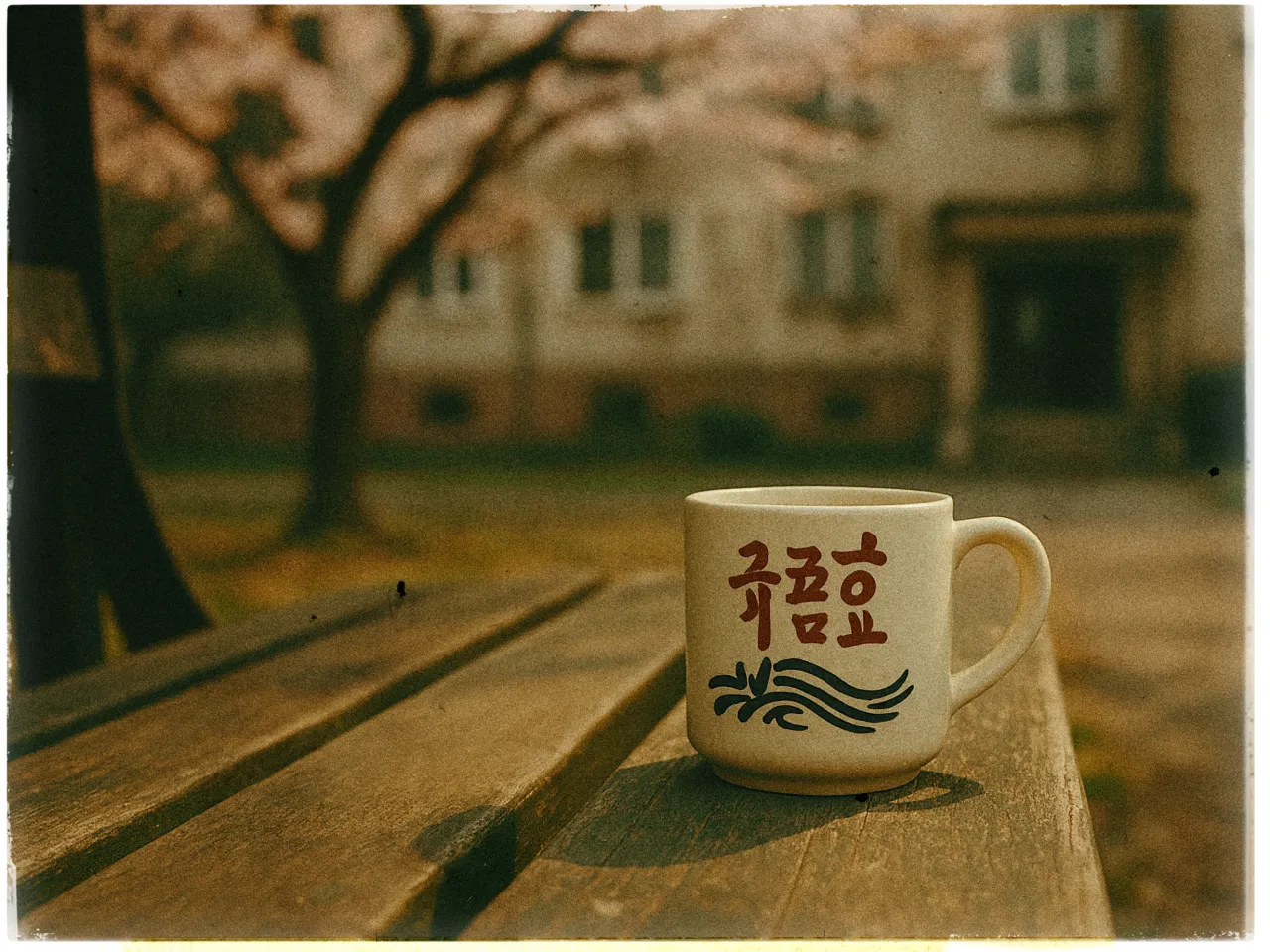
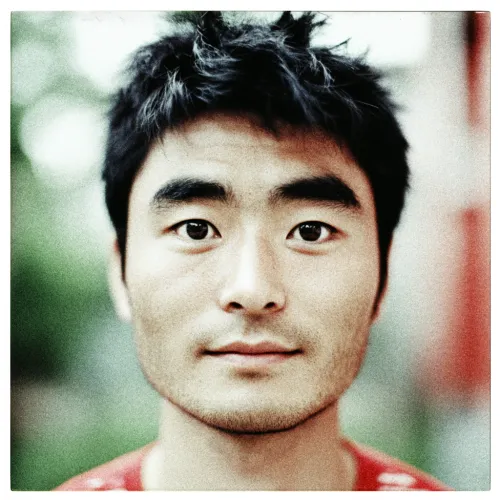 Hyeon
Hyeon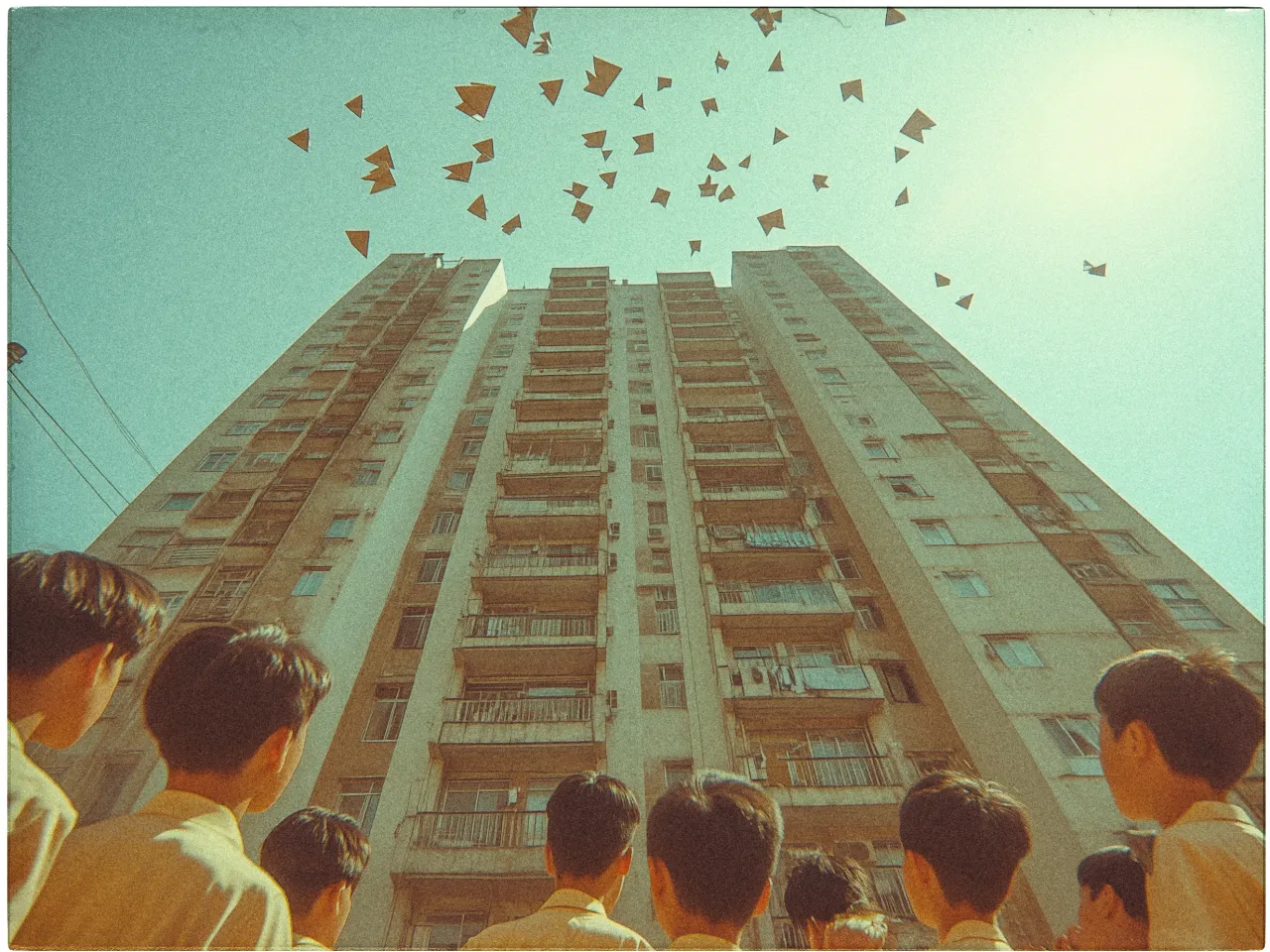
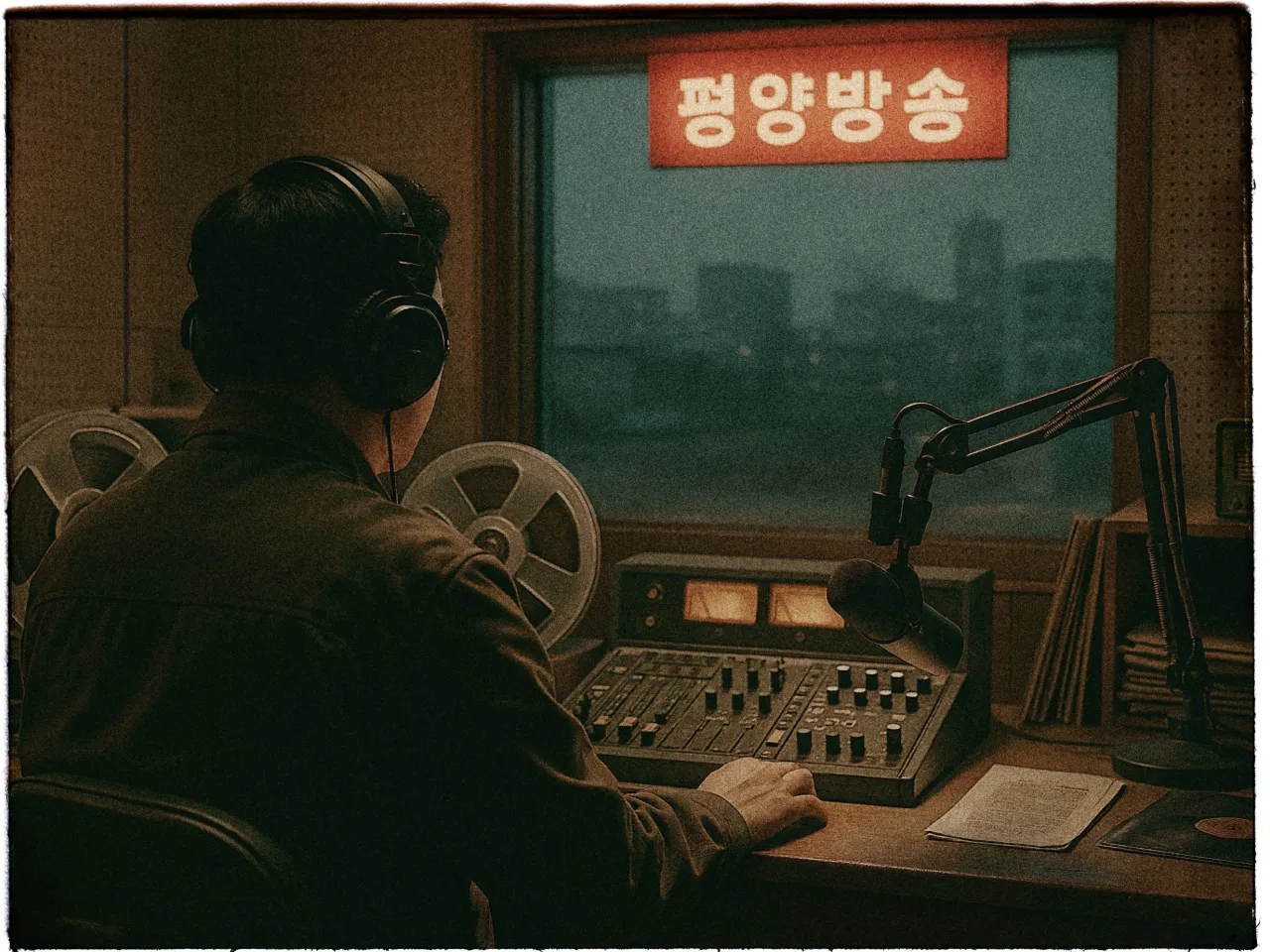
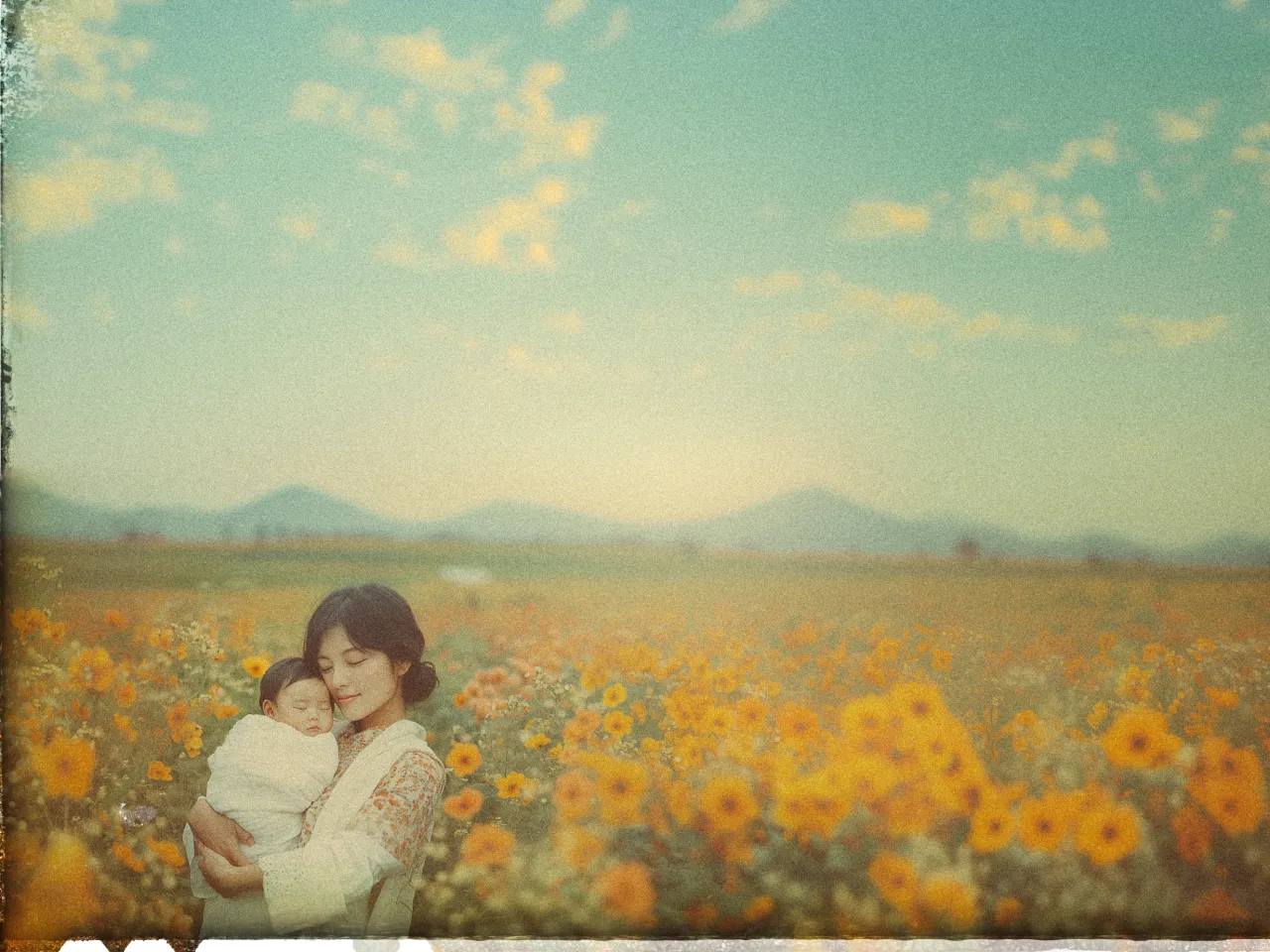
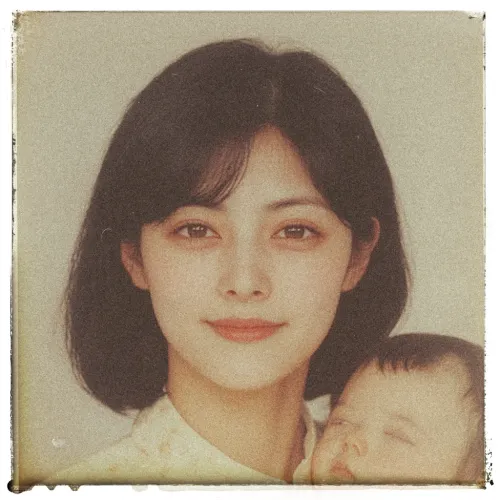 Min-seo
Min-seo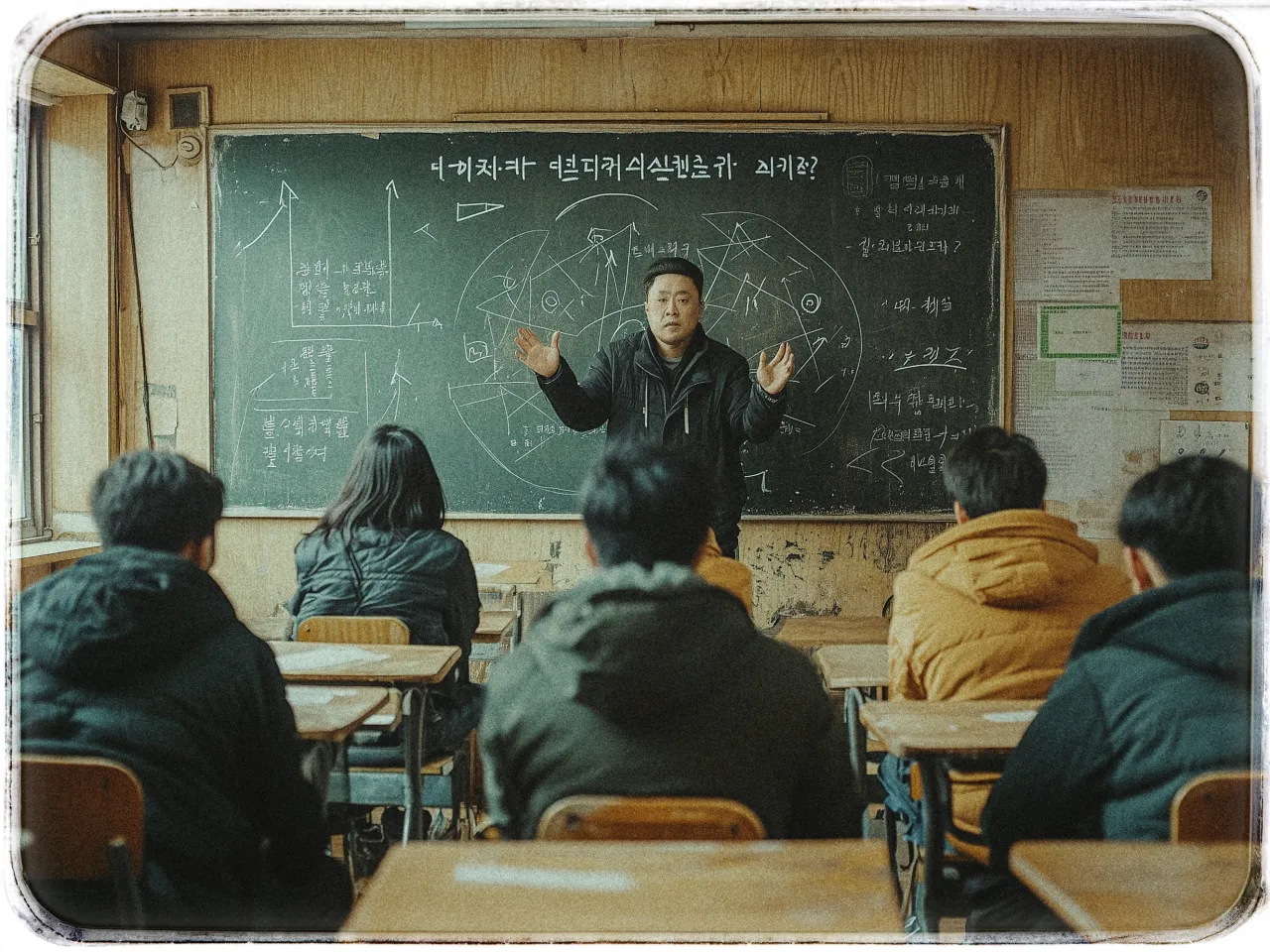
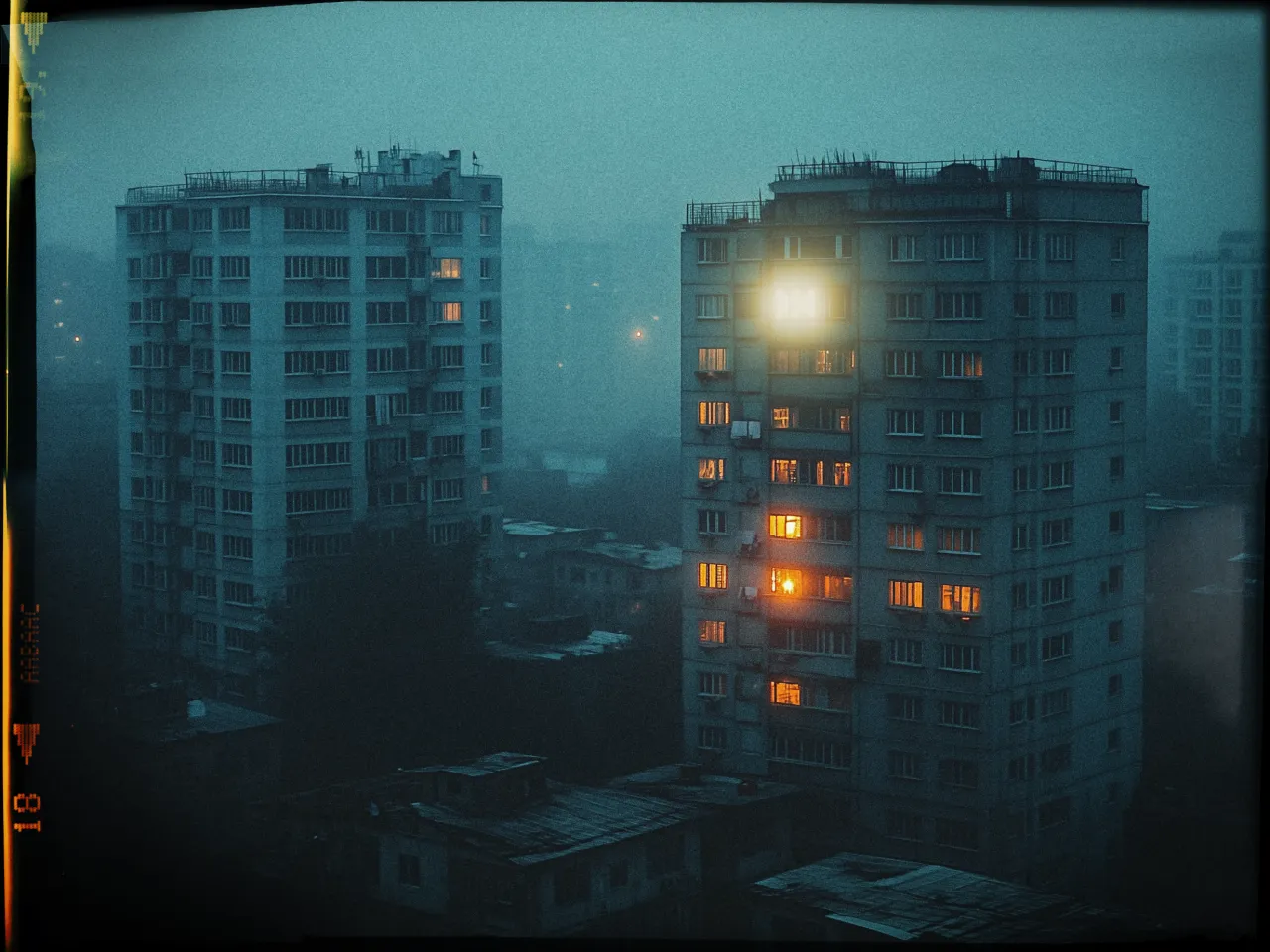
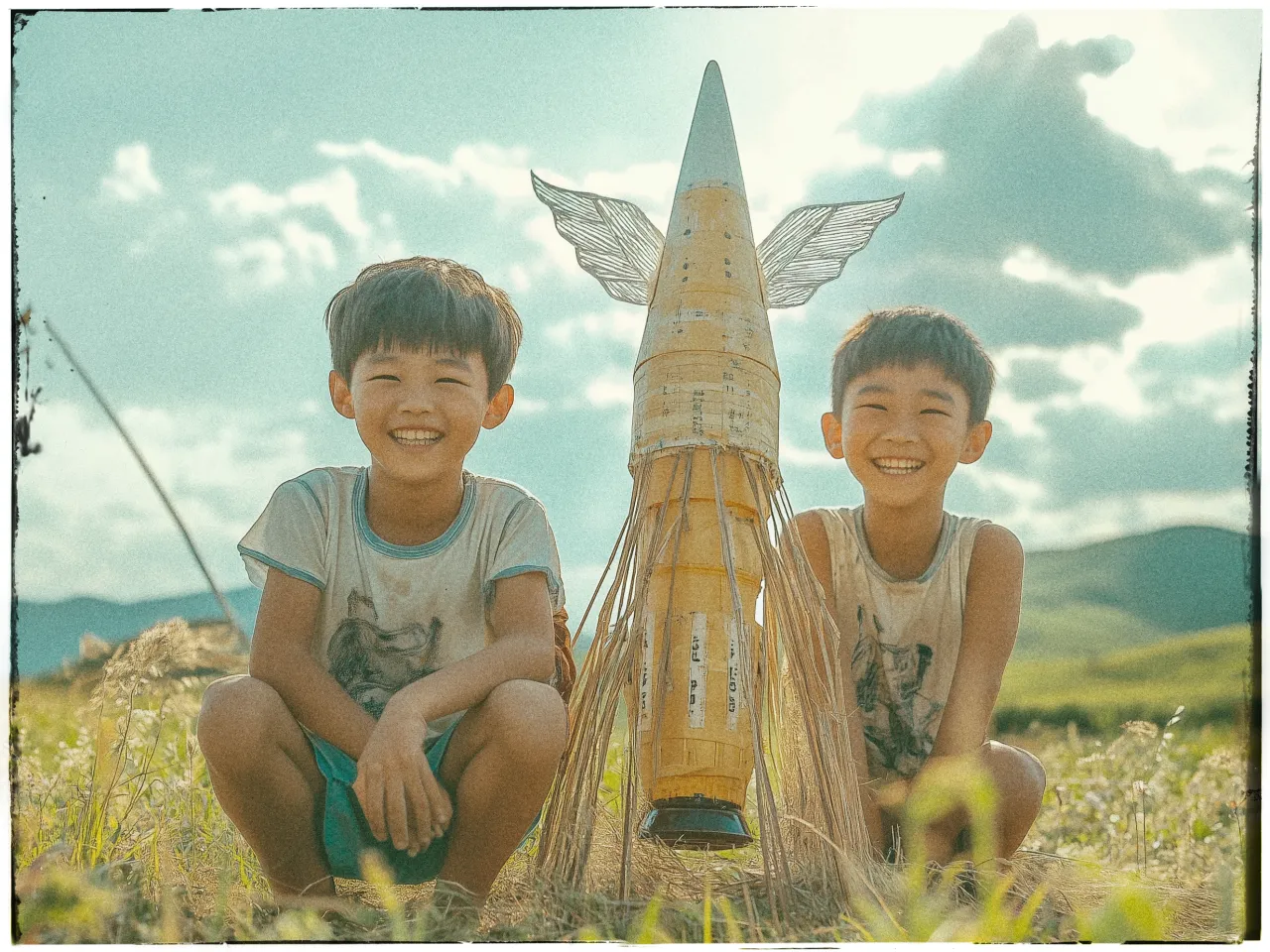
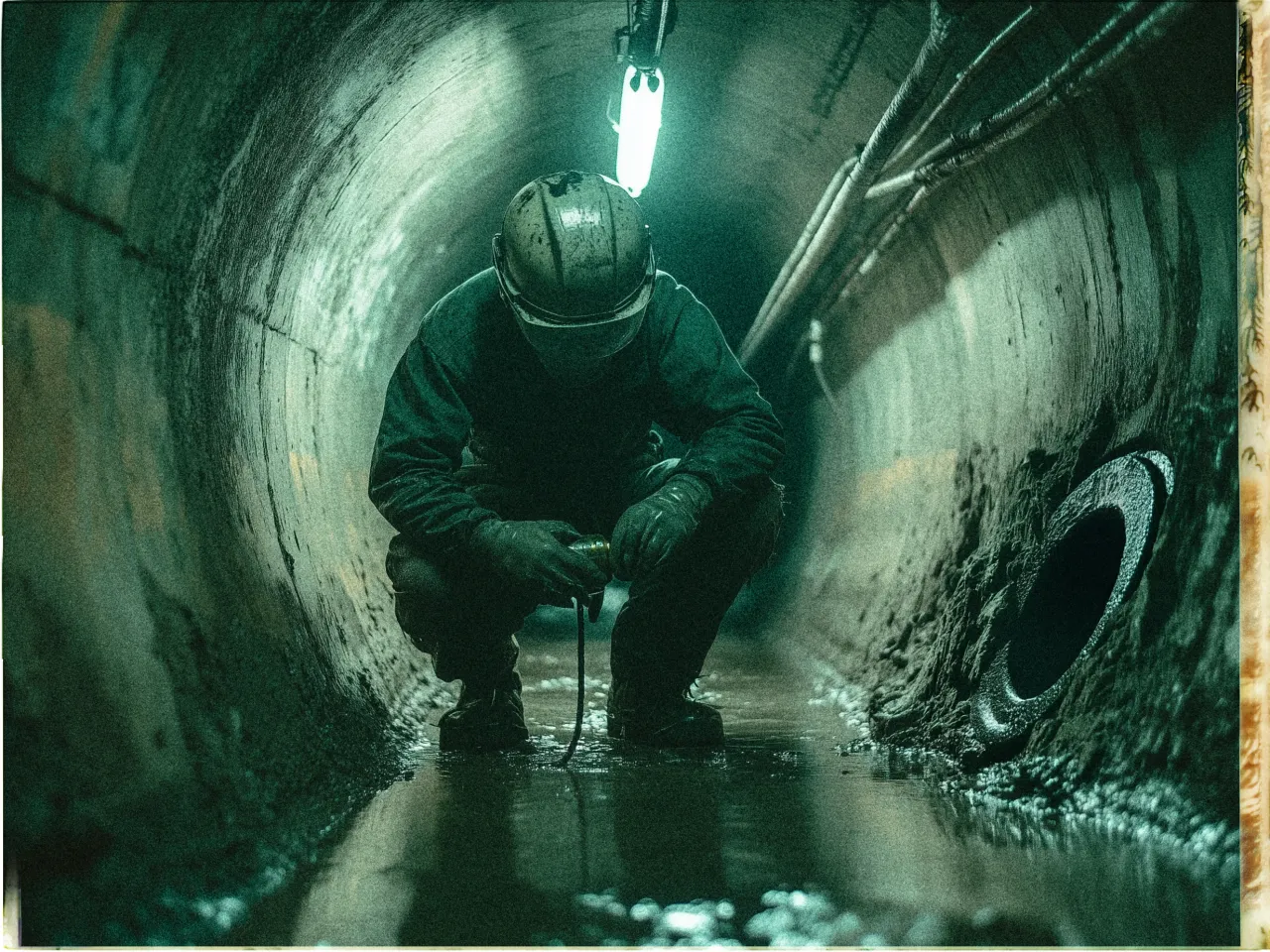
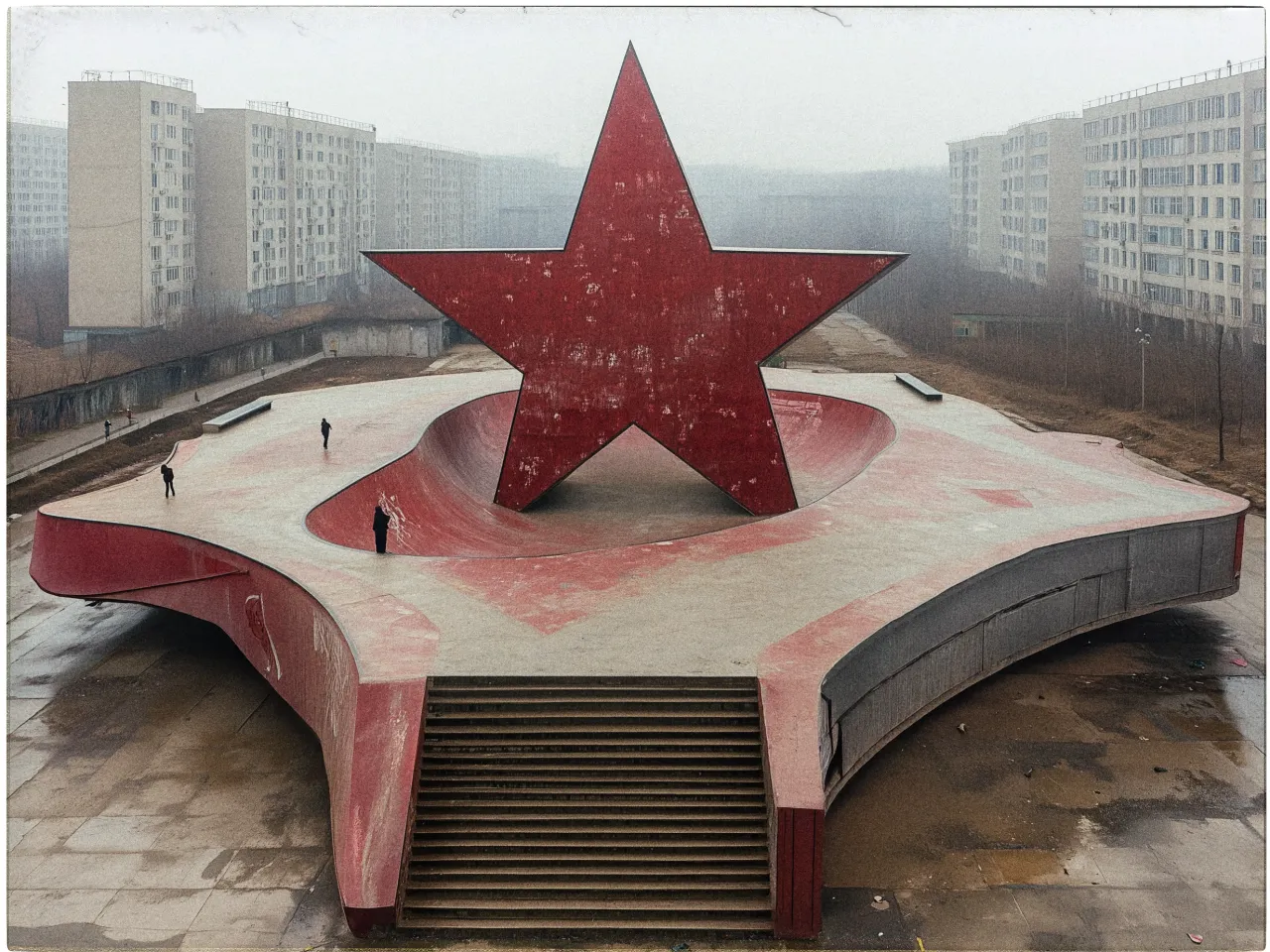
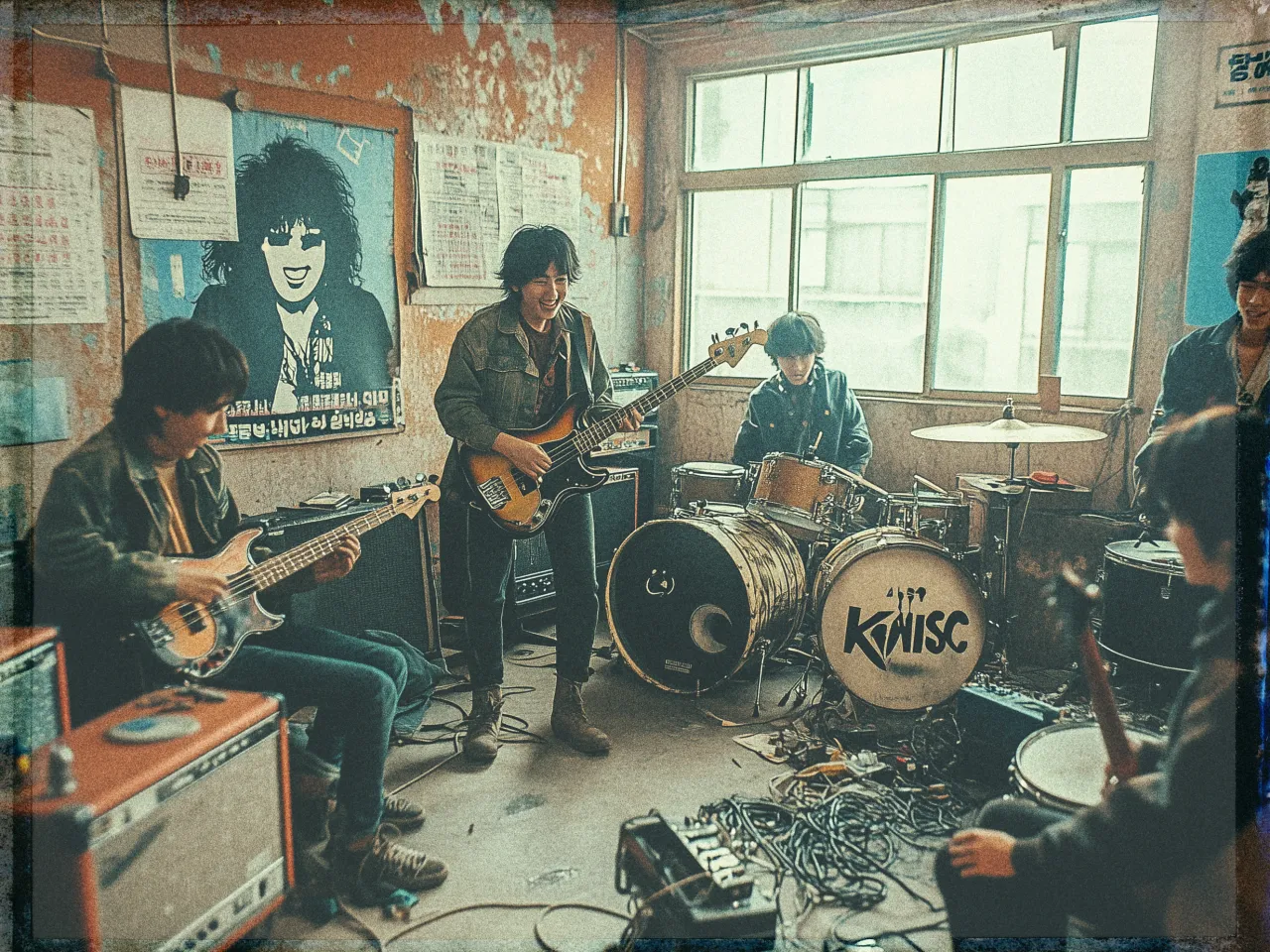
 Jack Black
Jack Black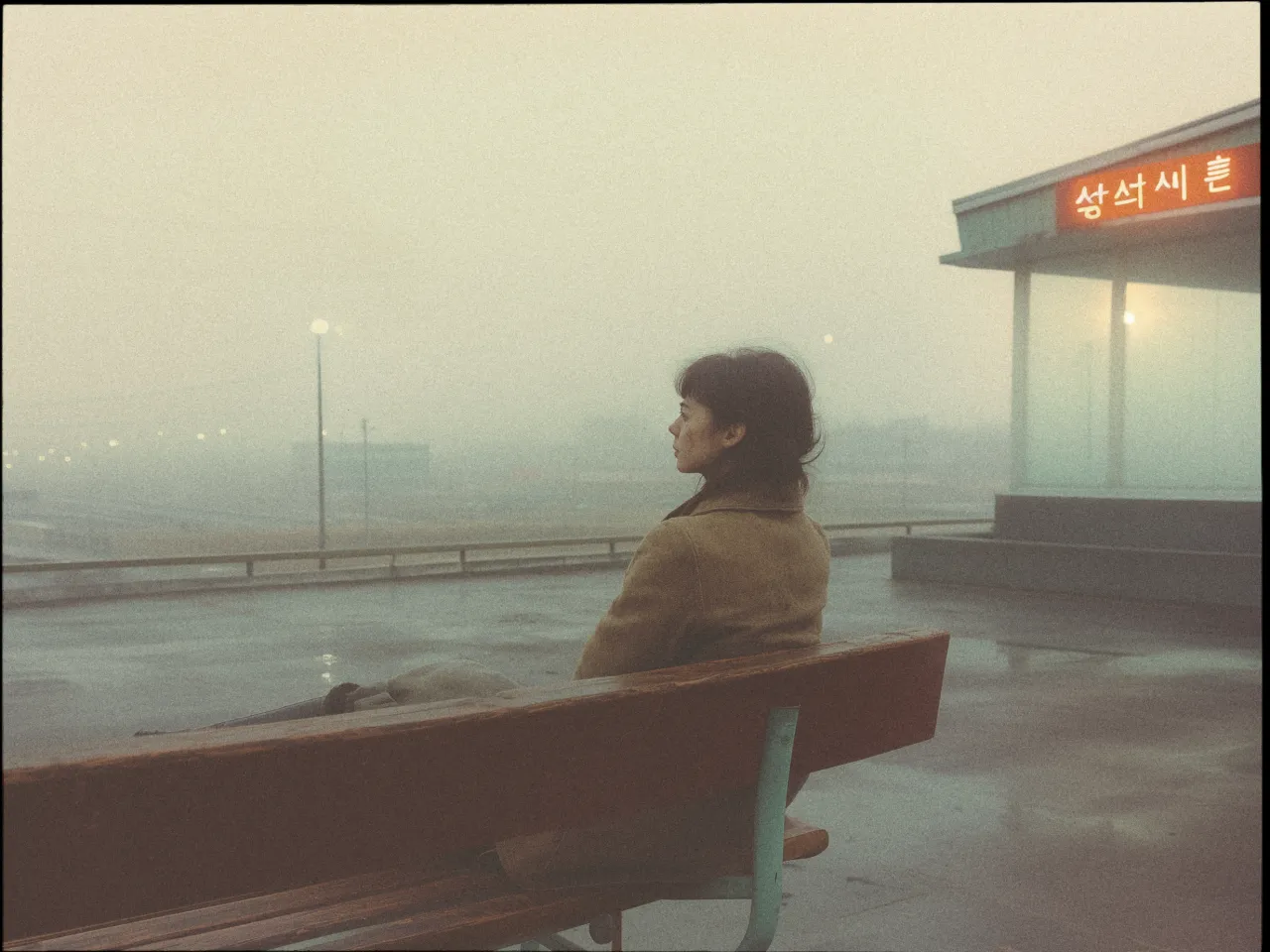
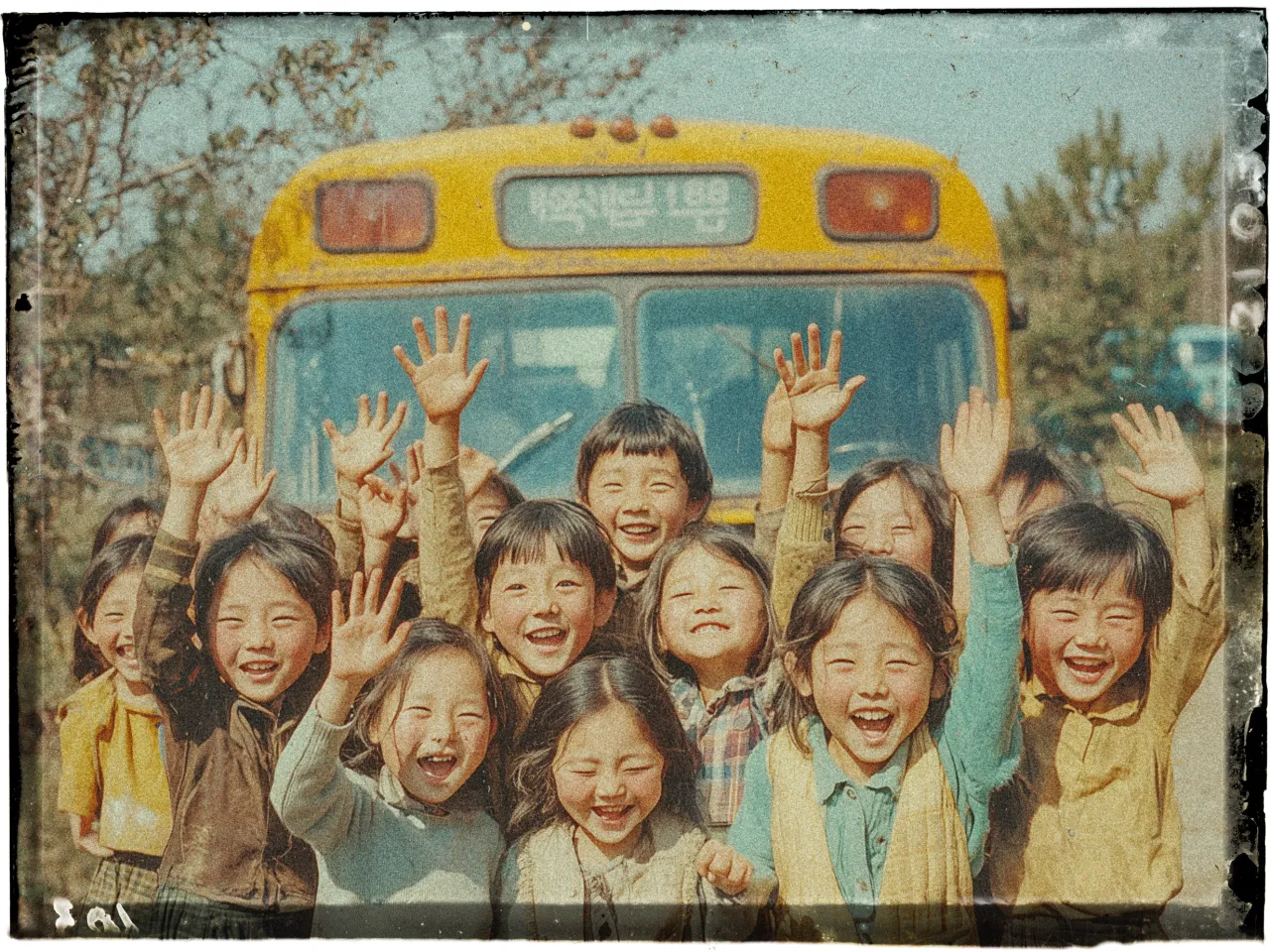
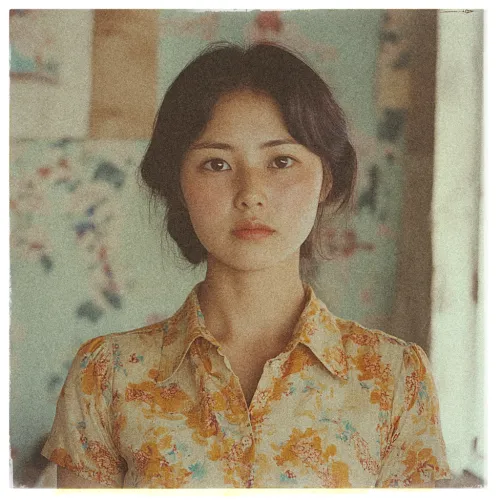 Yun-ji
Yun-ji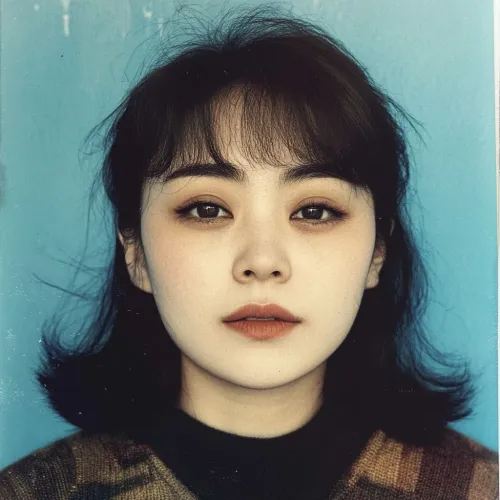 Eun-ji
Eun-ji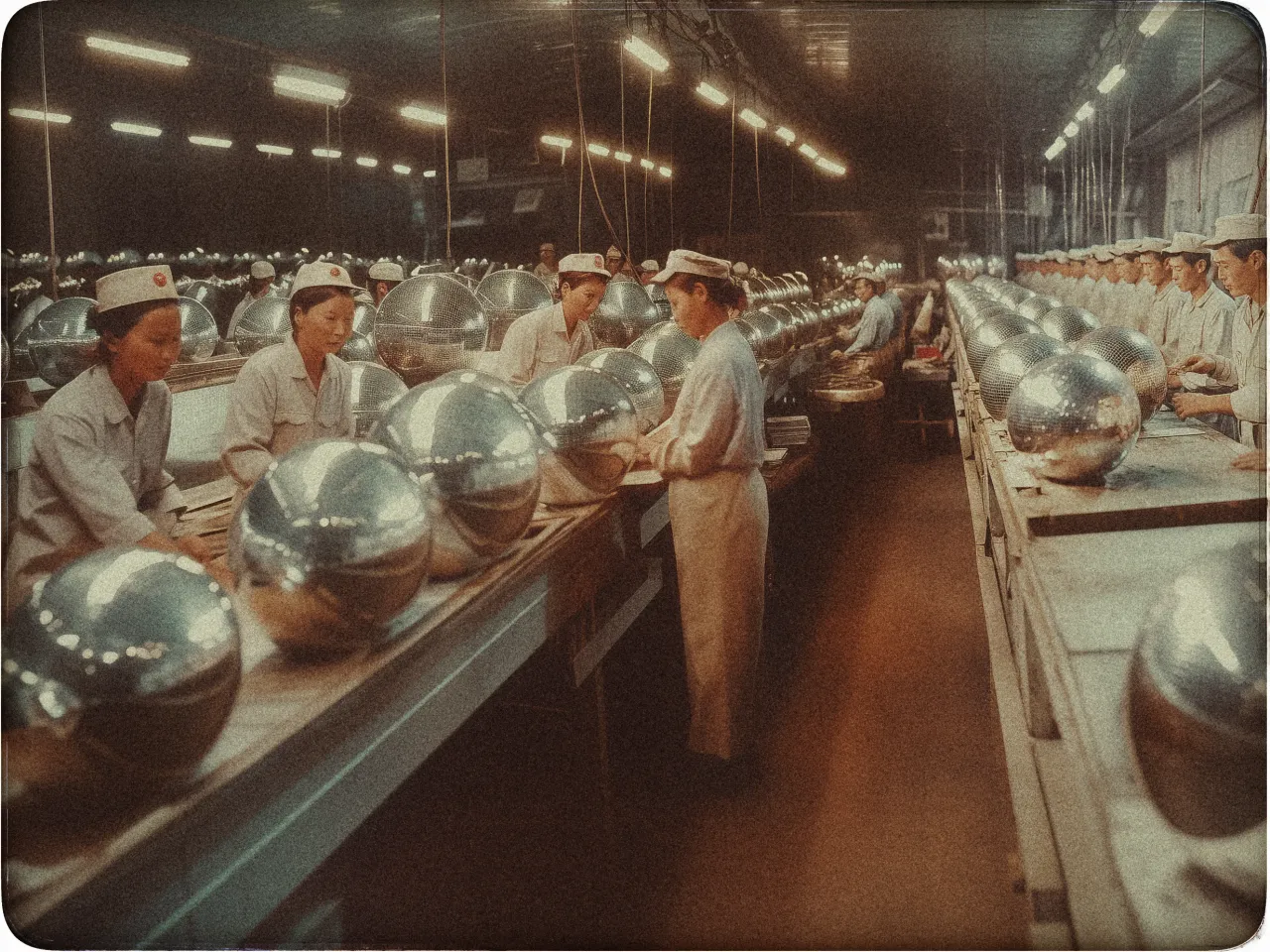
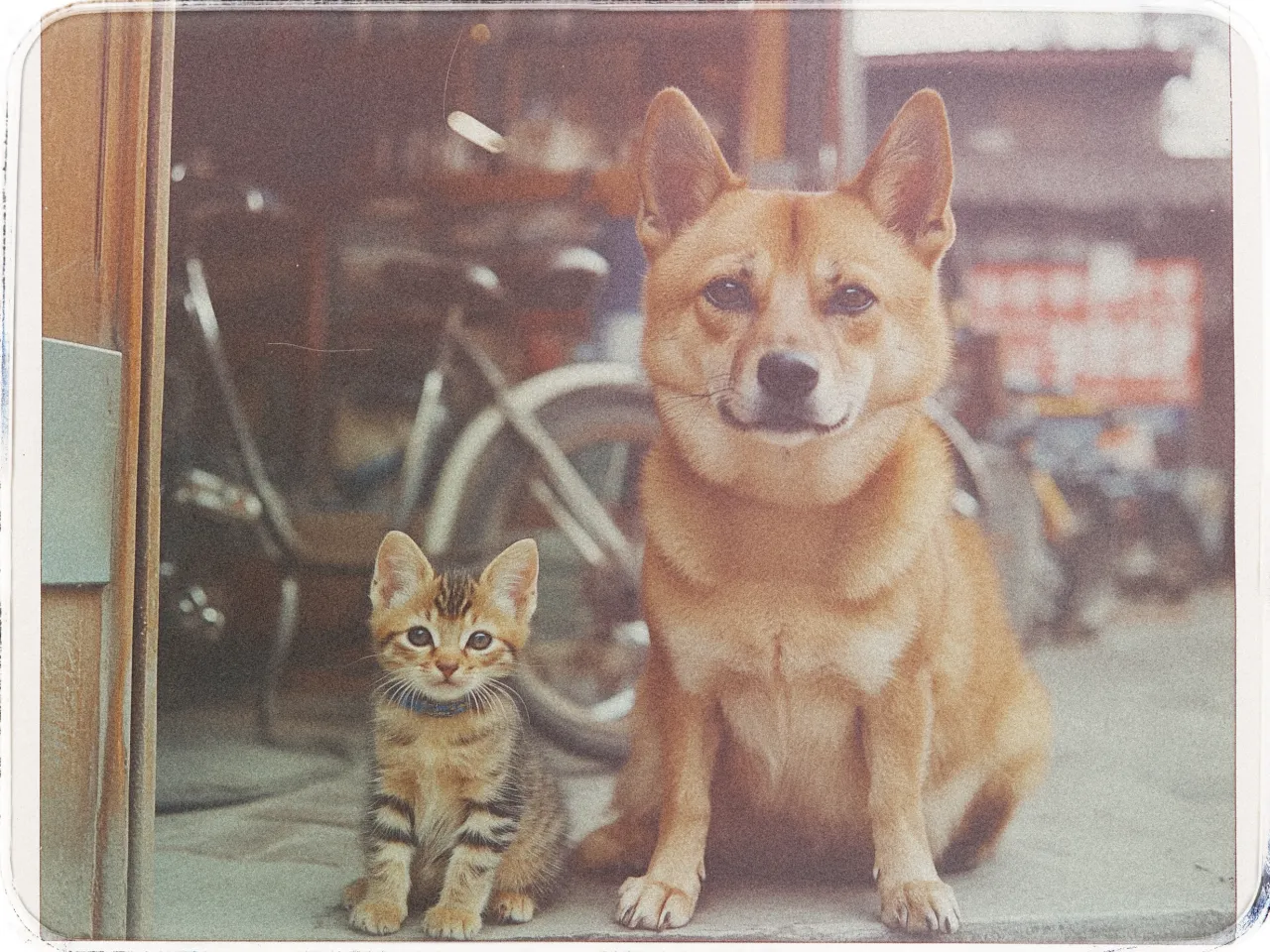
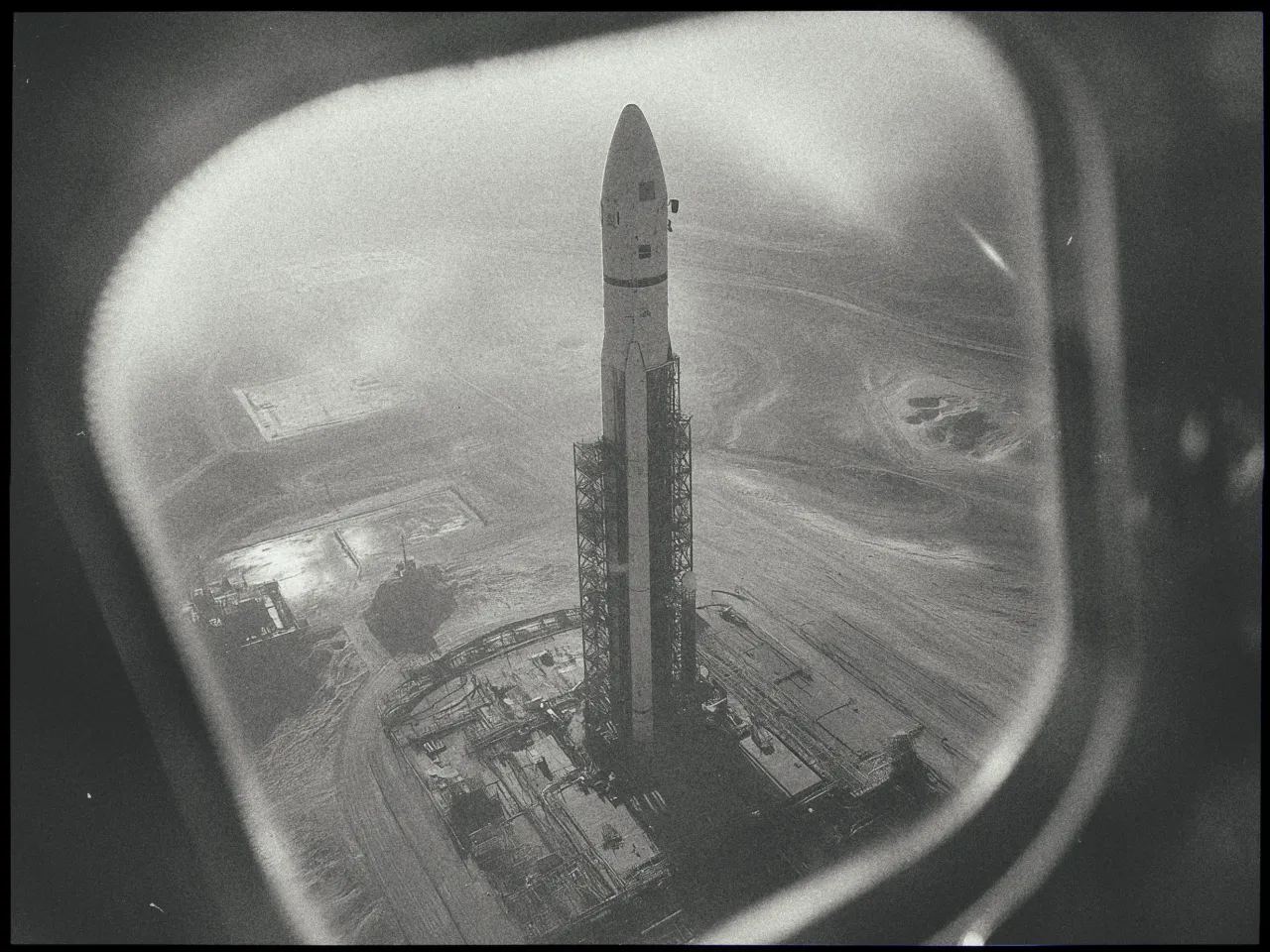
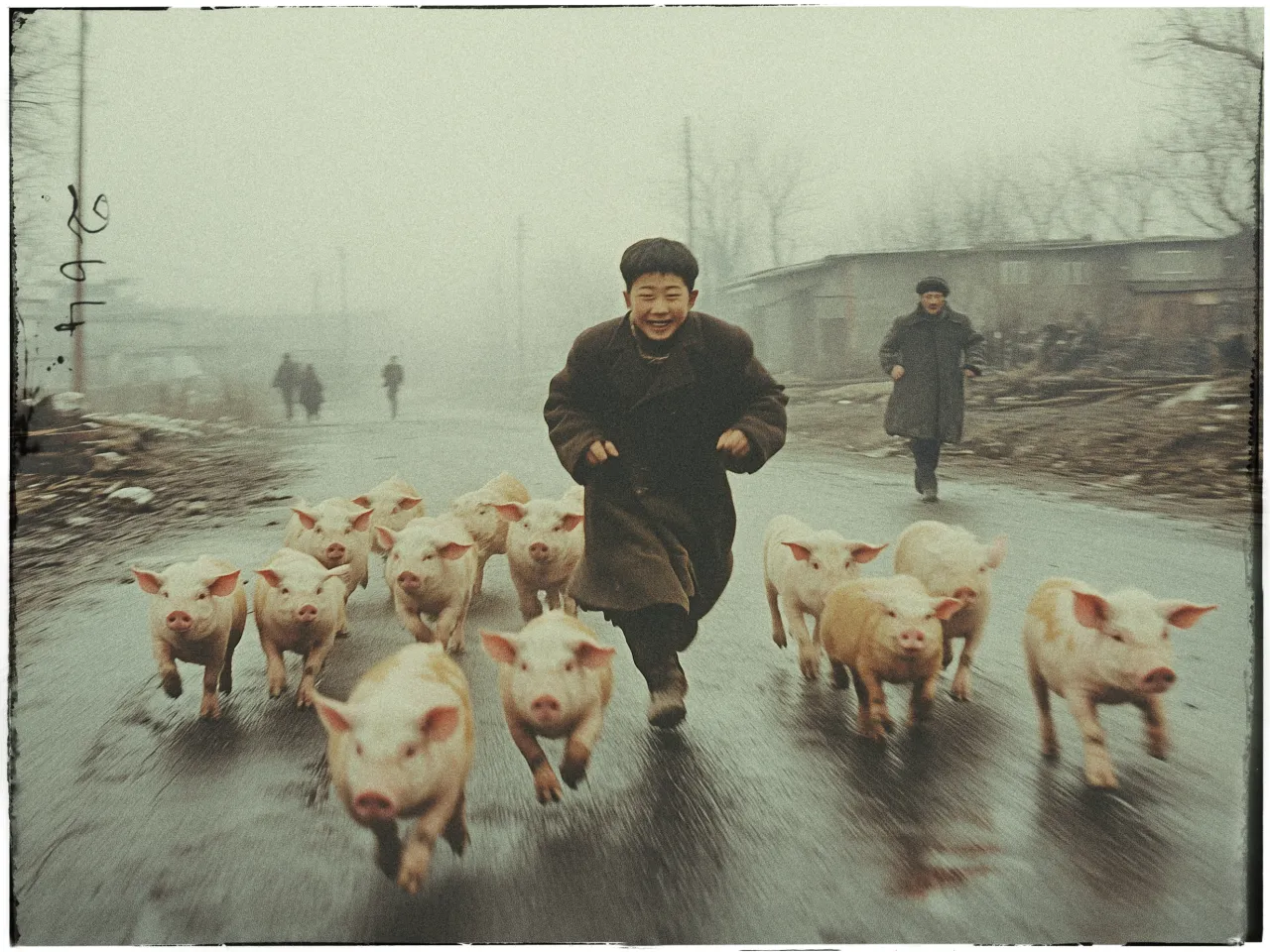
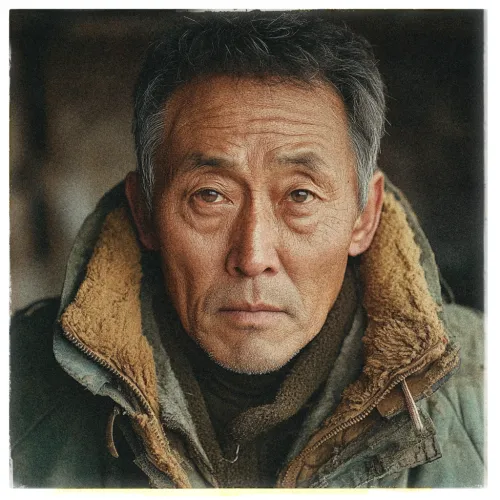 Min-su
Min-su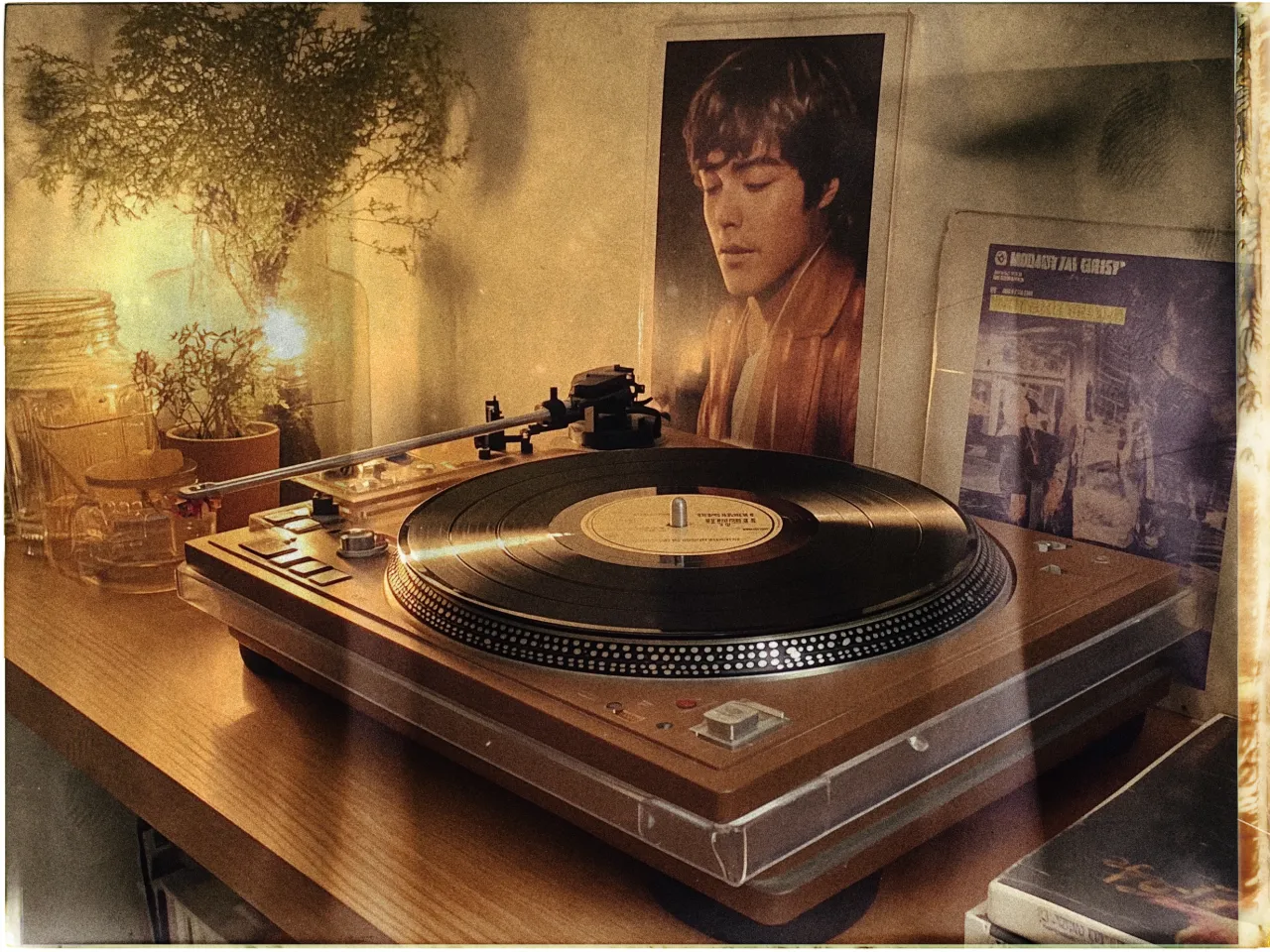
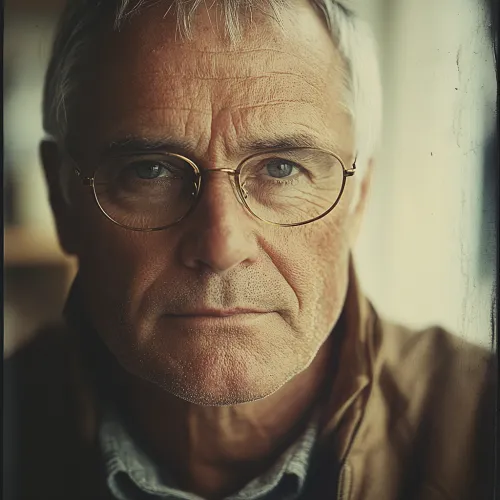 Rob
Rob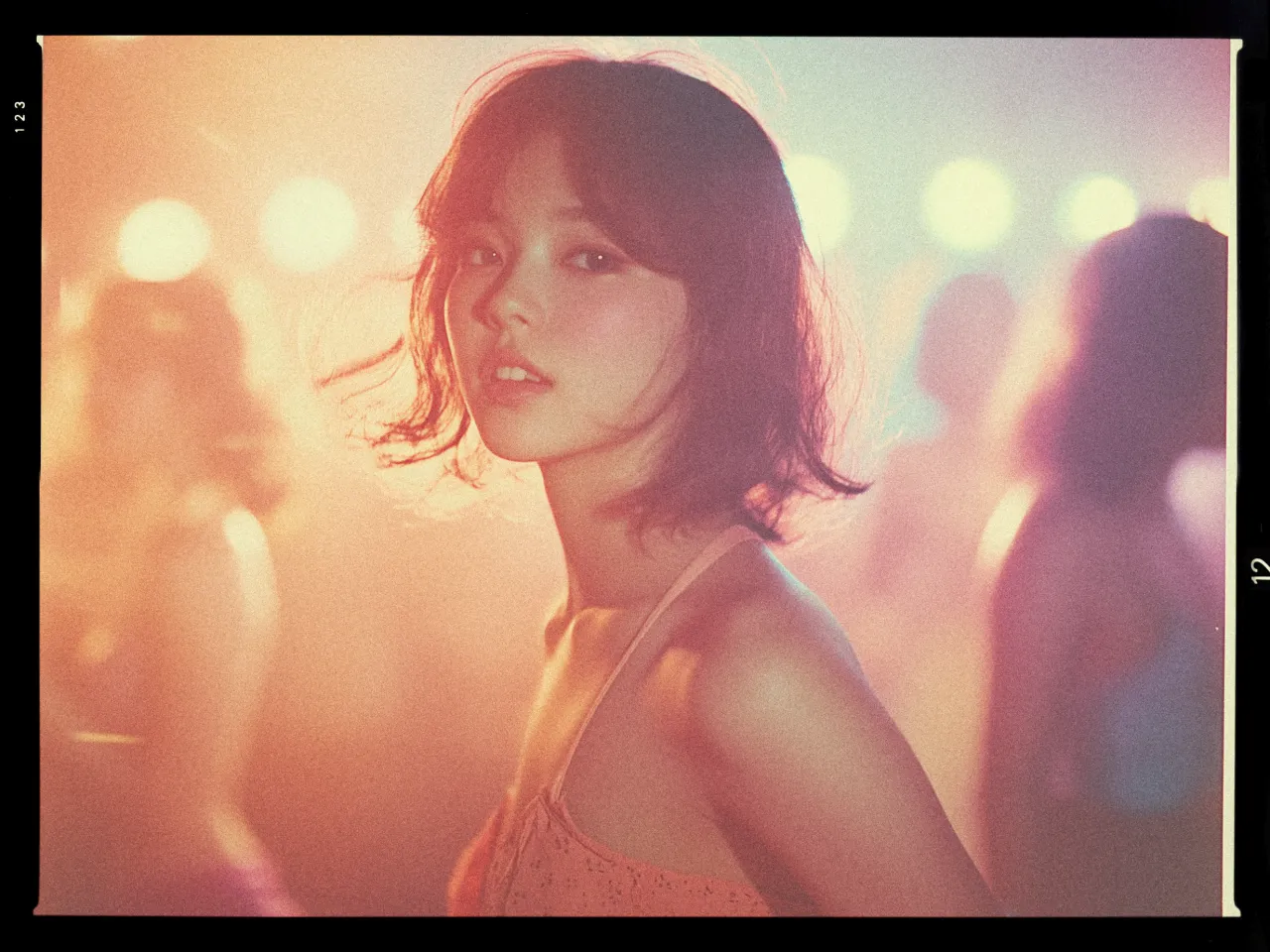
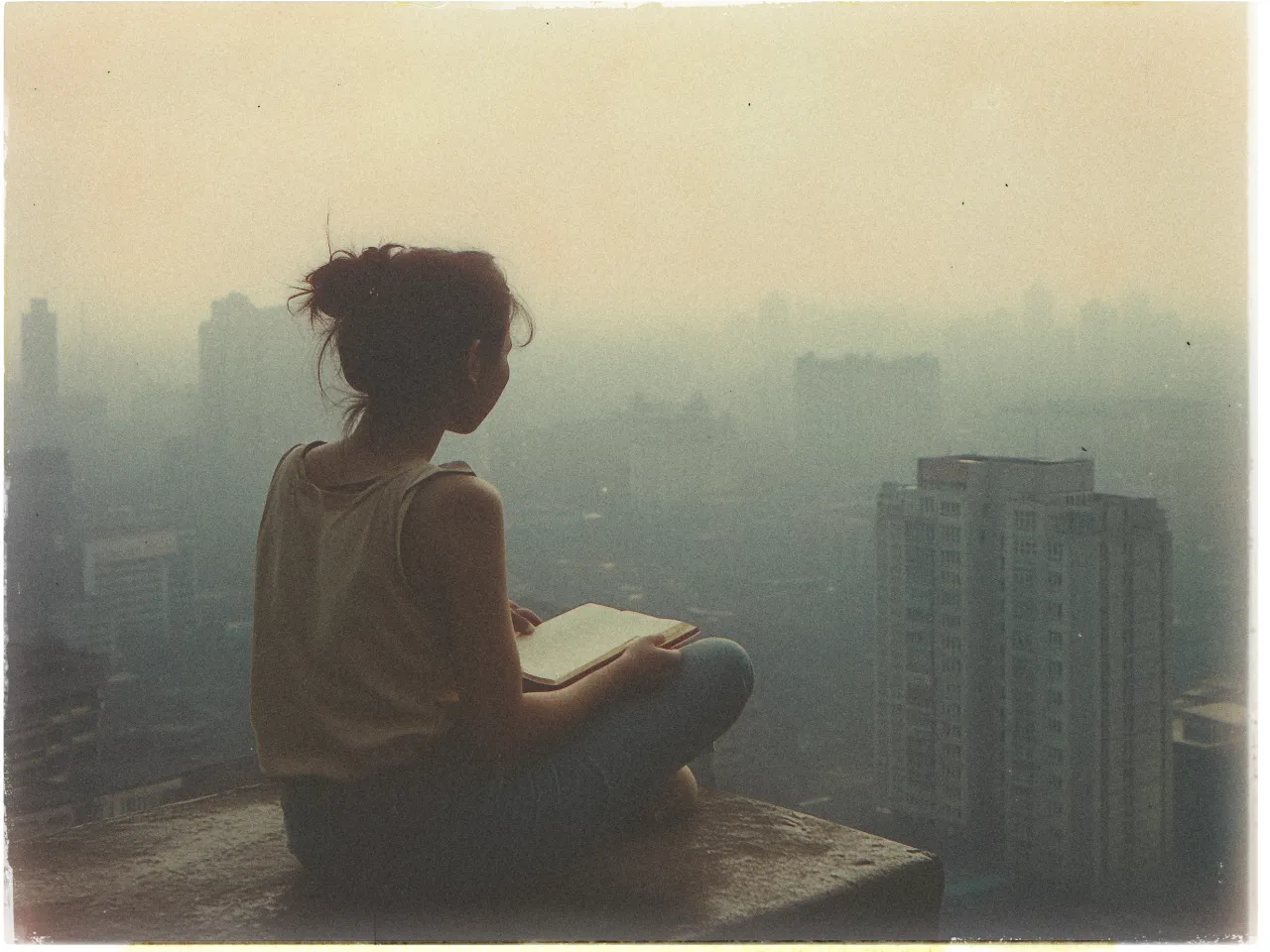
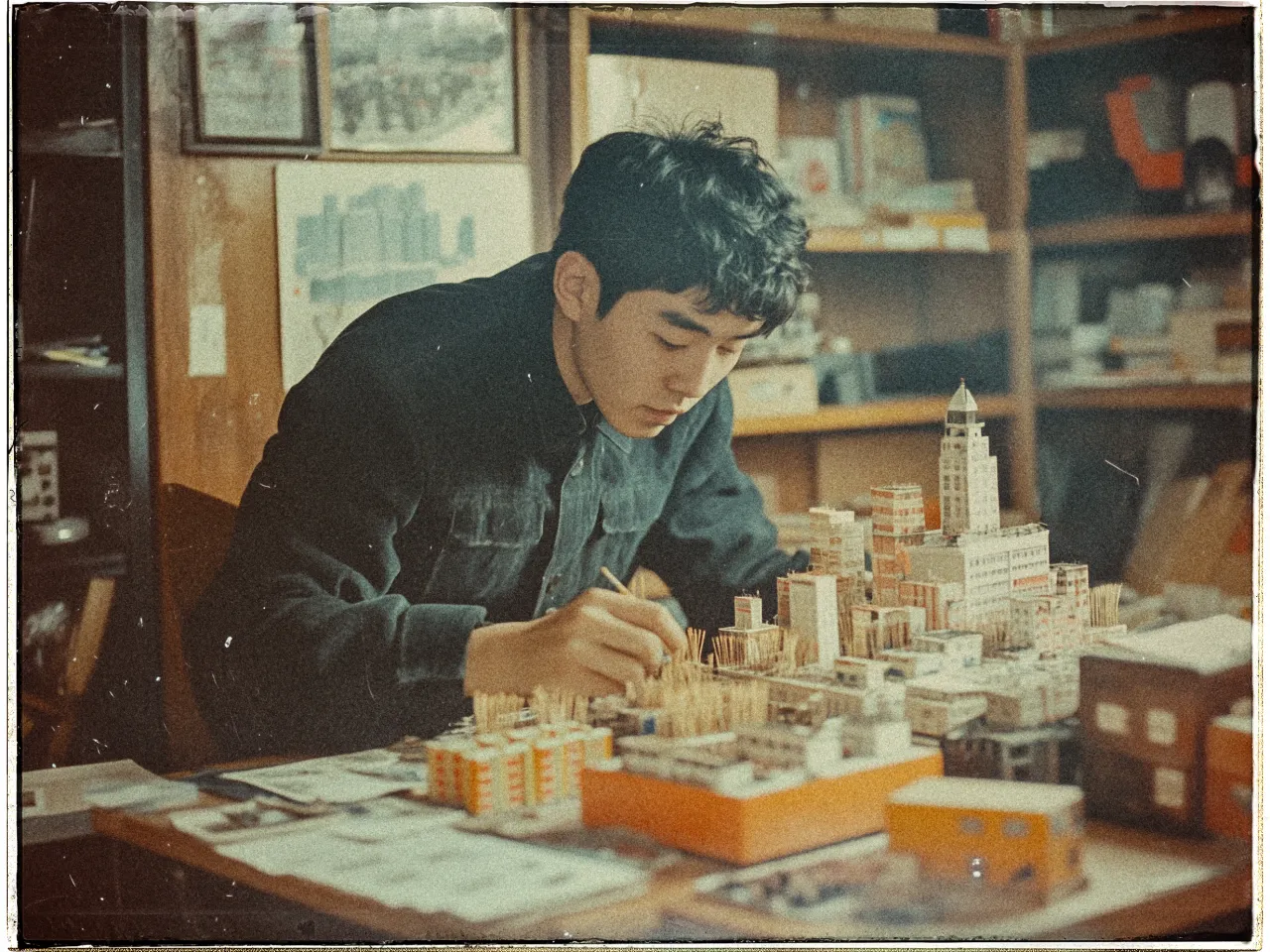
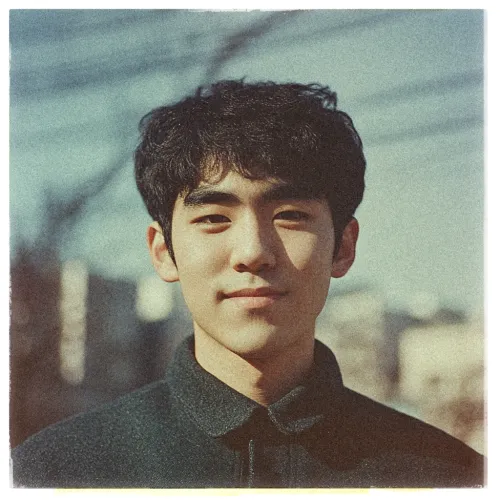 Ji-seok
Ji-seok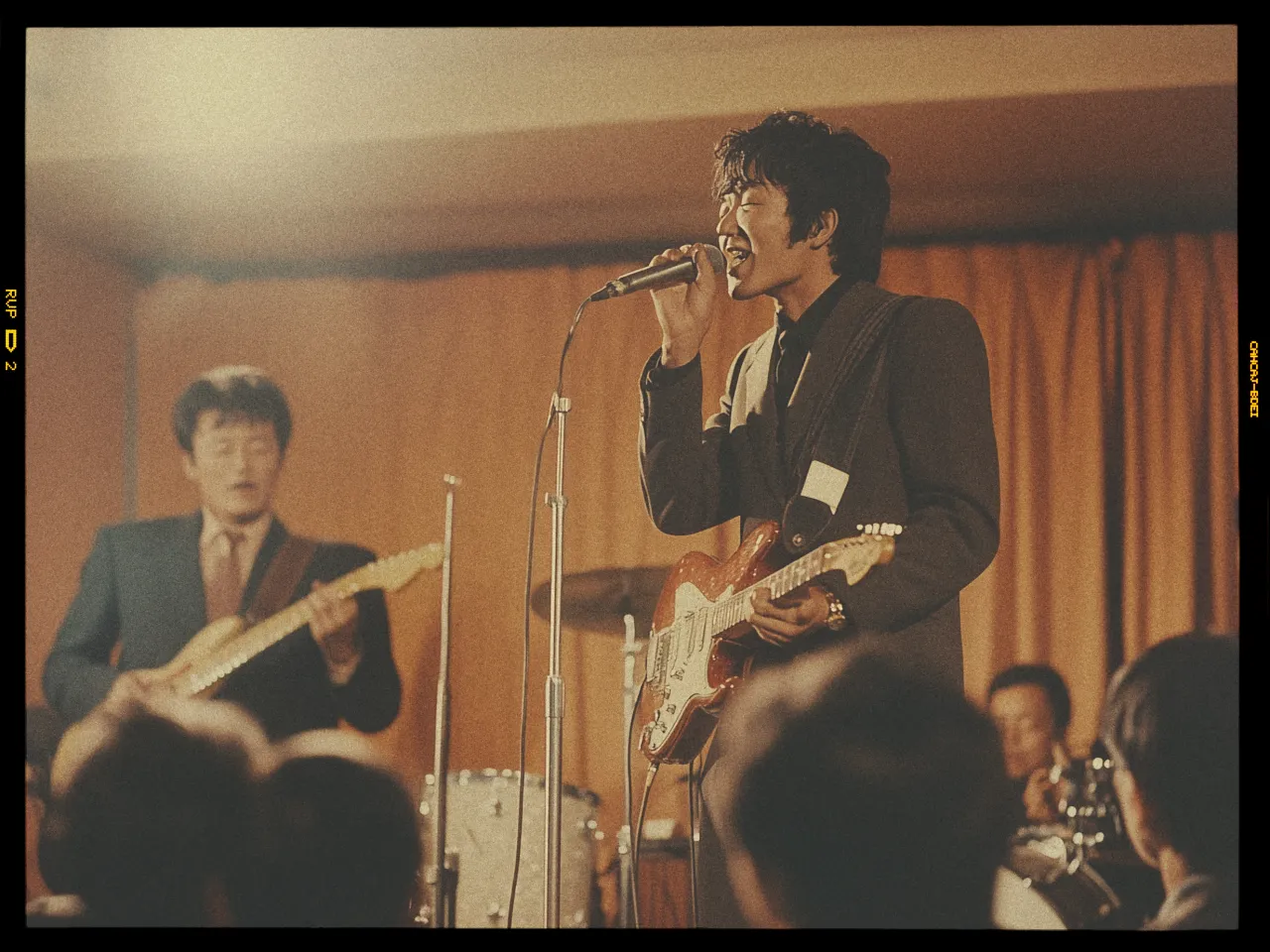
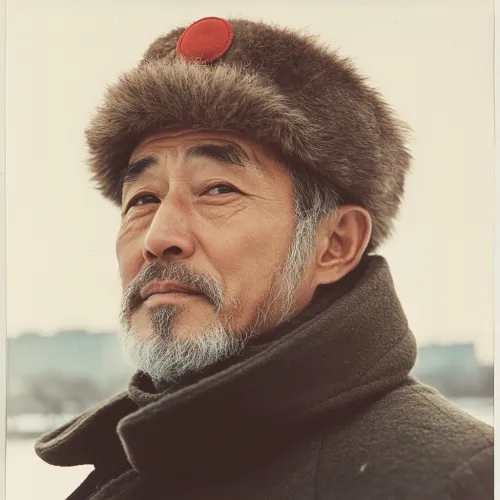 Jun-sang
Jun-sang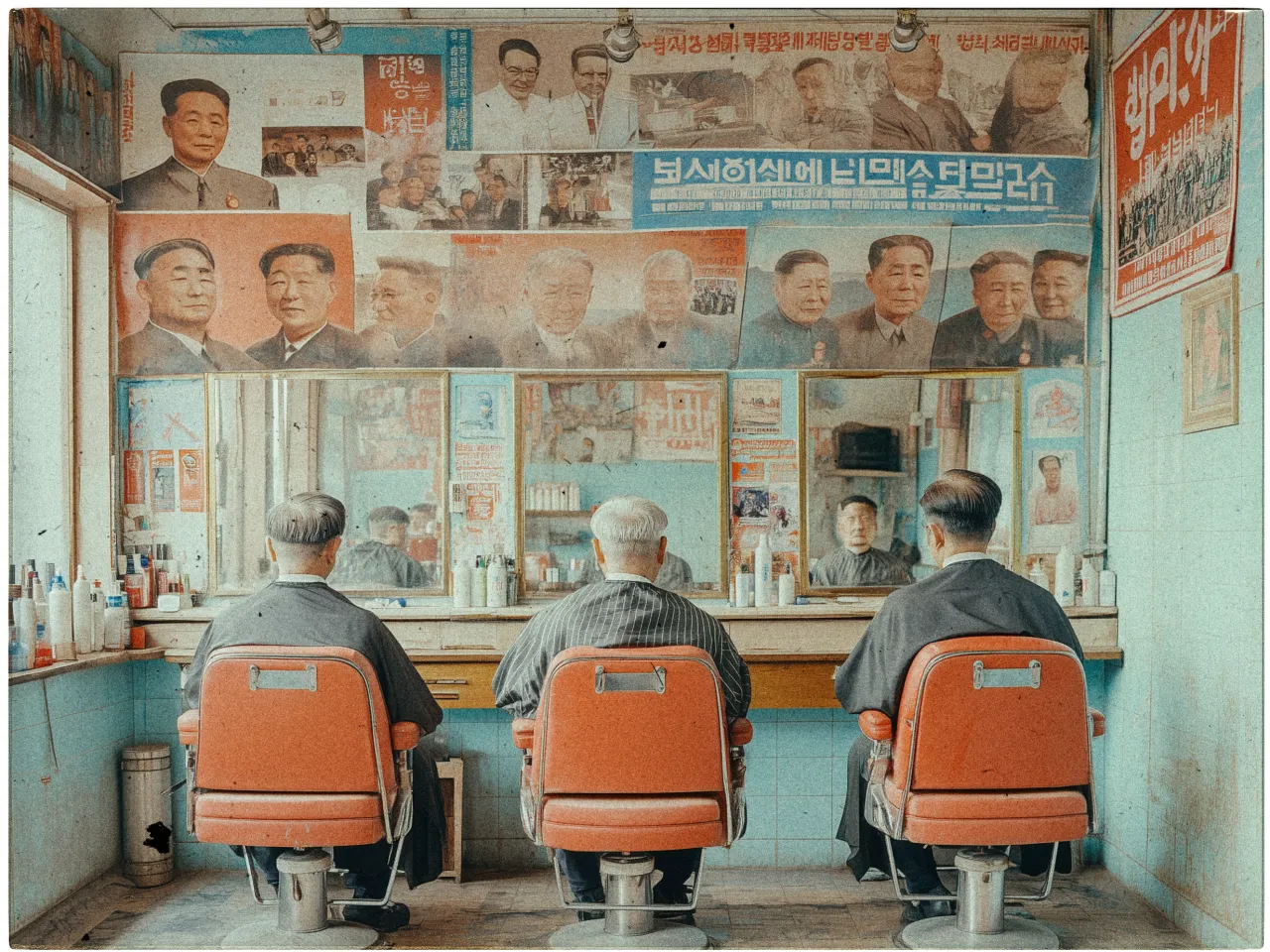
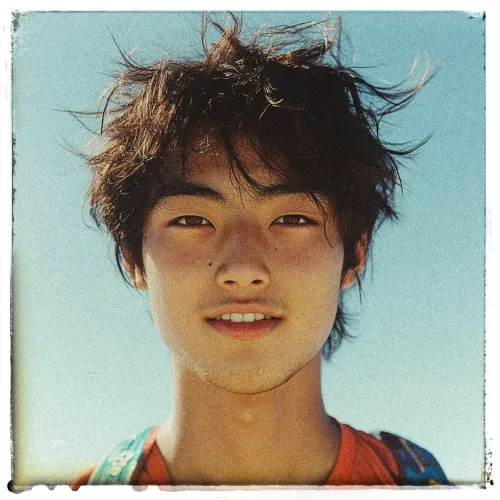 Nam-jun
Nam-jun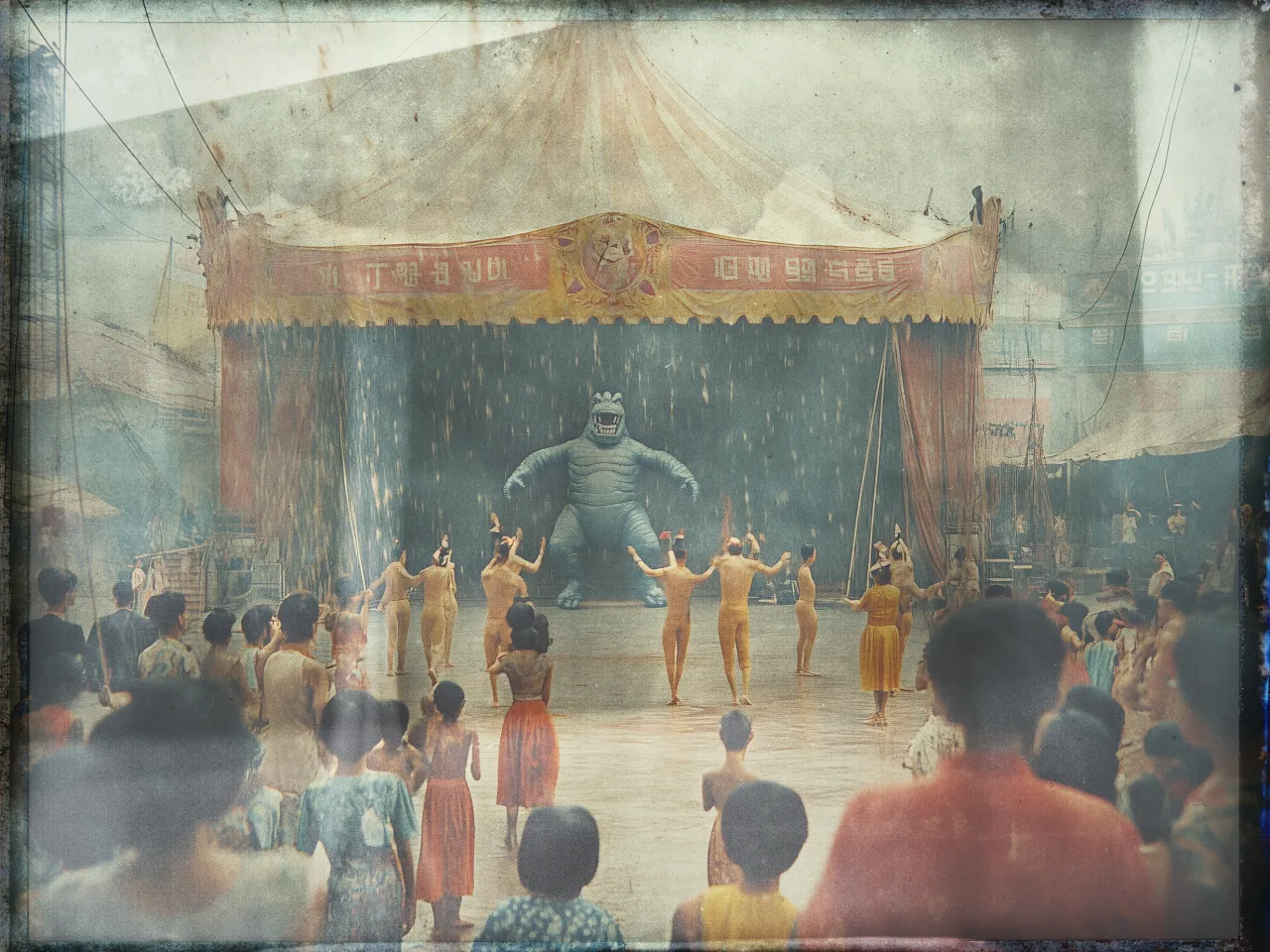
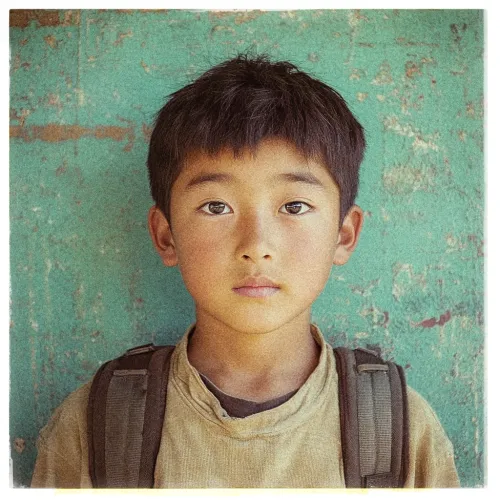 Jin-woo
Jin-woo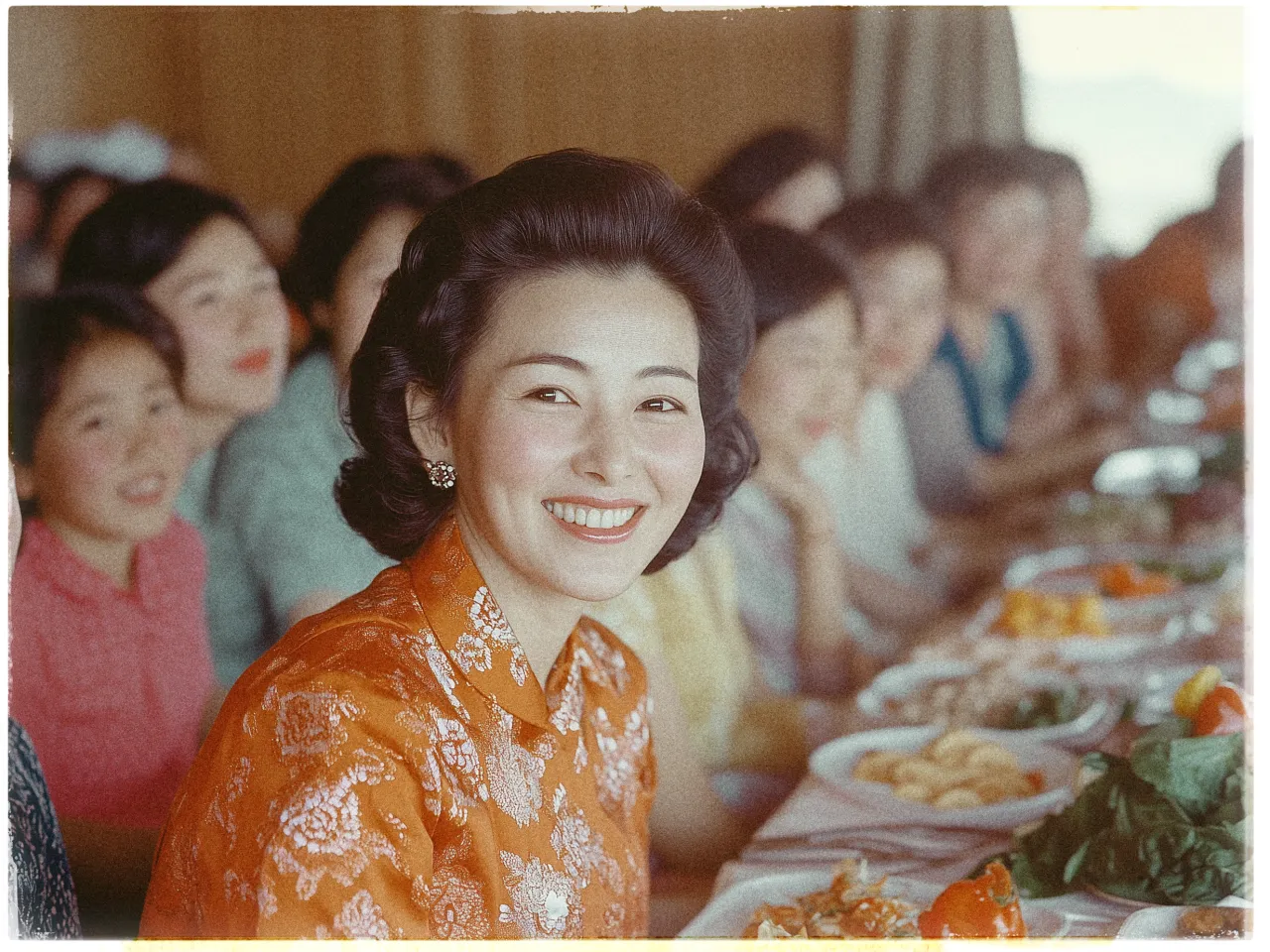
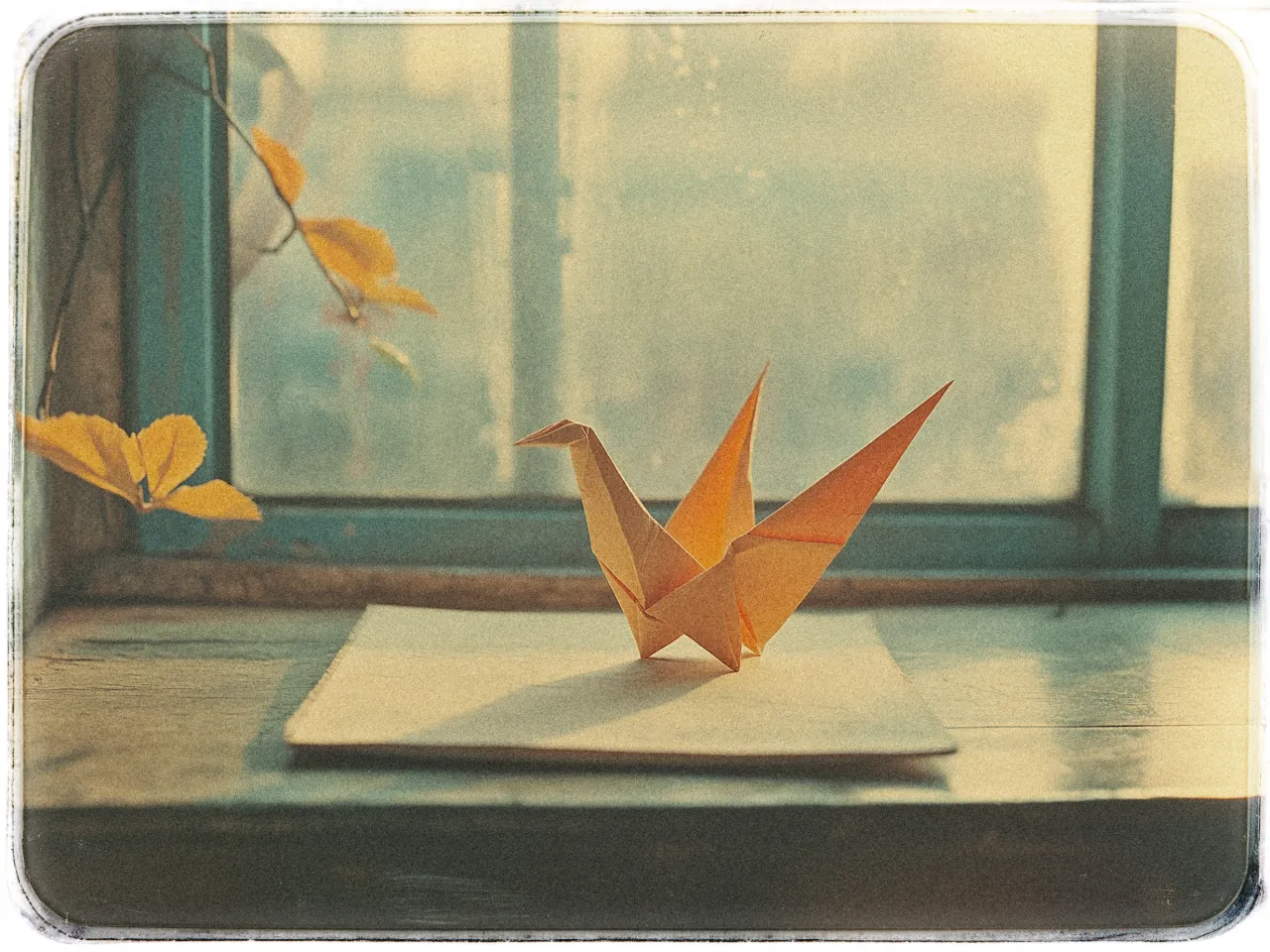
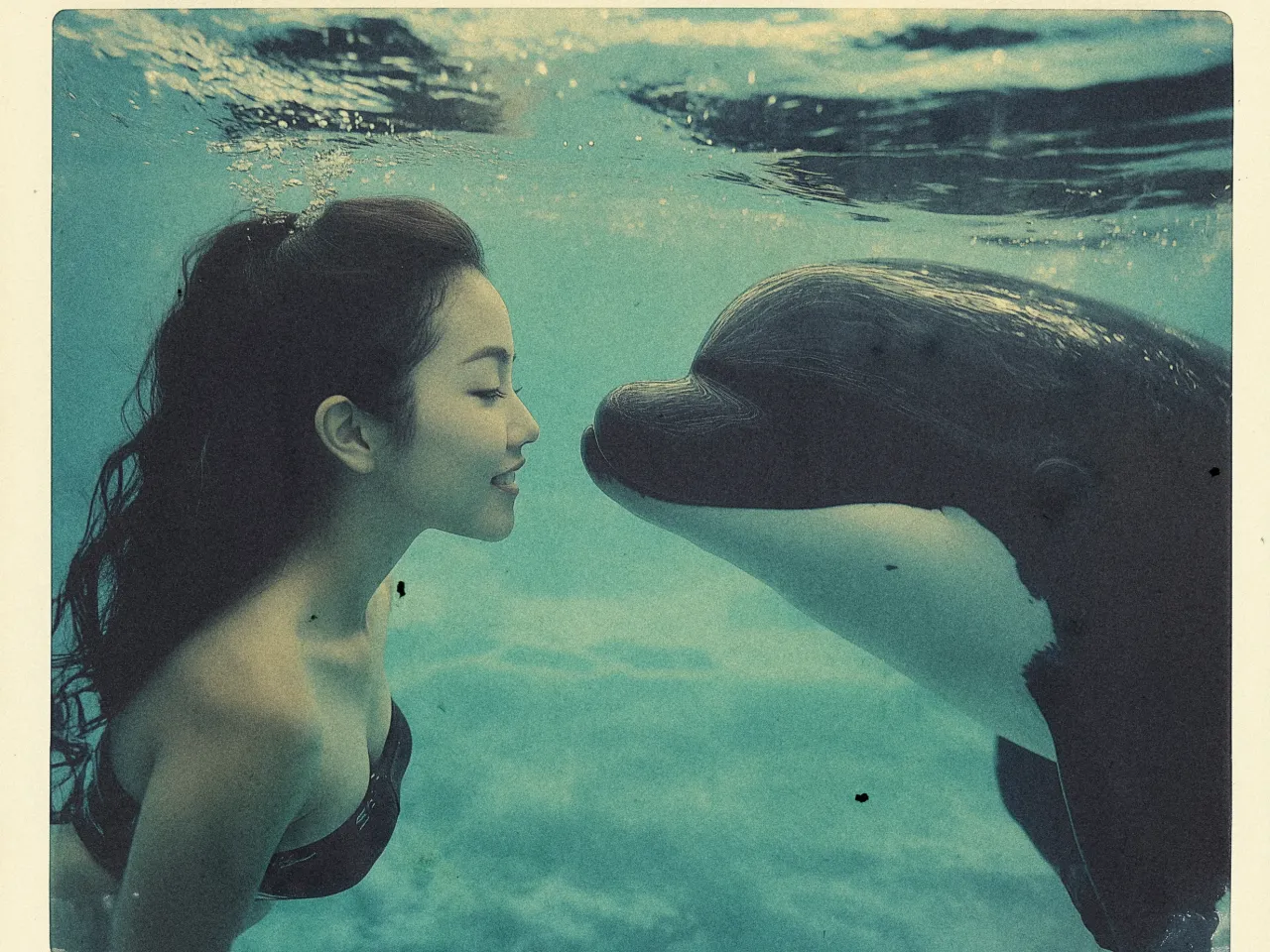
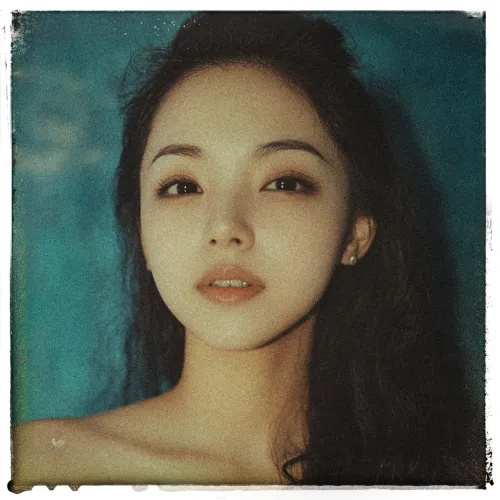 Ji-a
Ji-a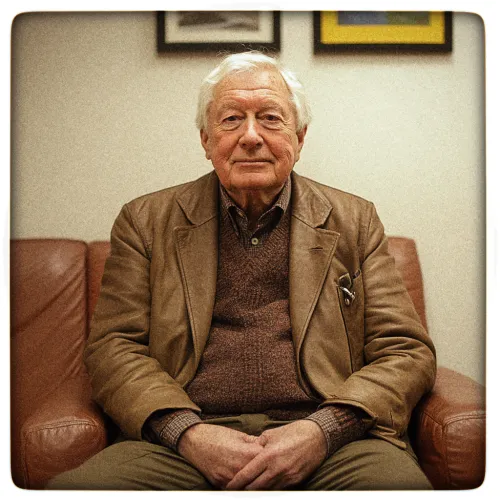 Sir David Attenborough
Sir David Attenborough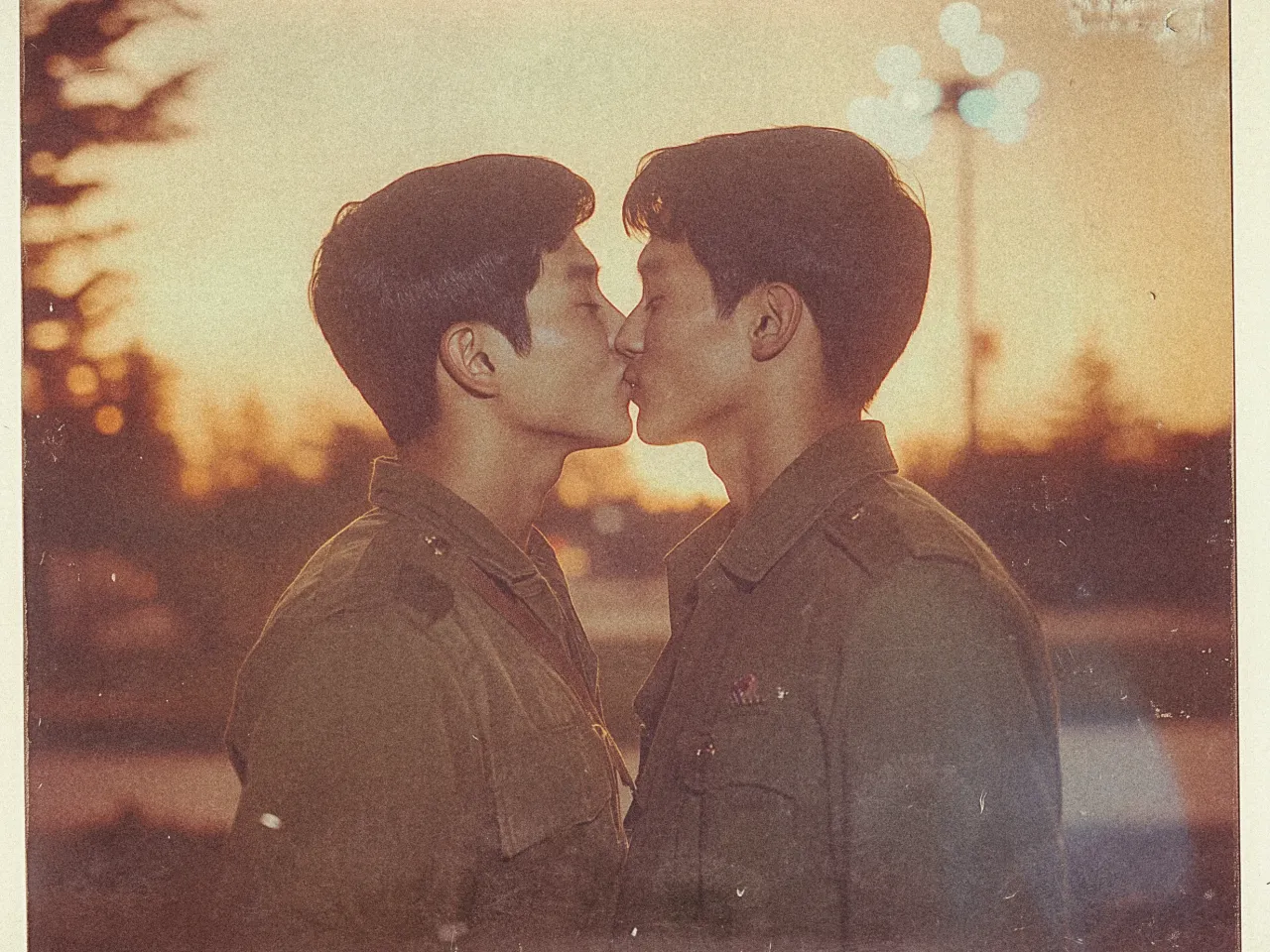
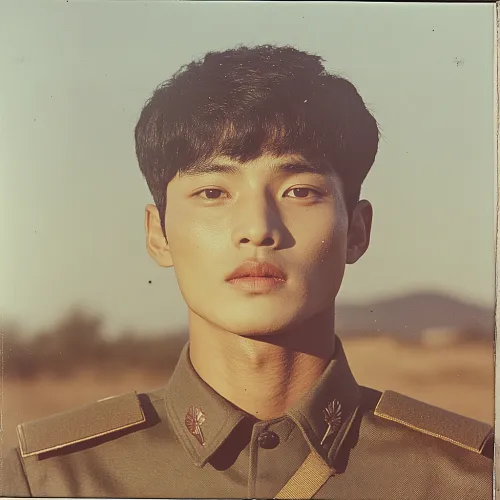 Private Joon-hyuk
Private Joon-hyuk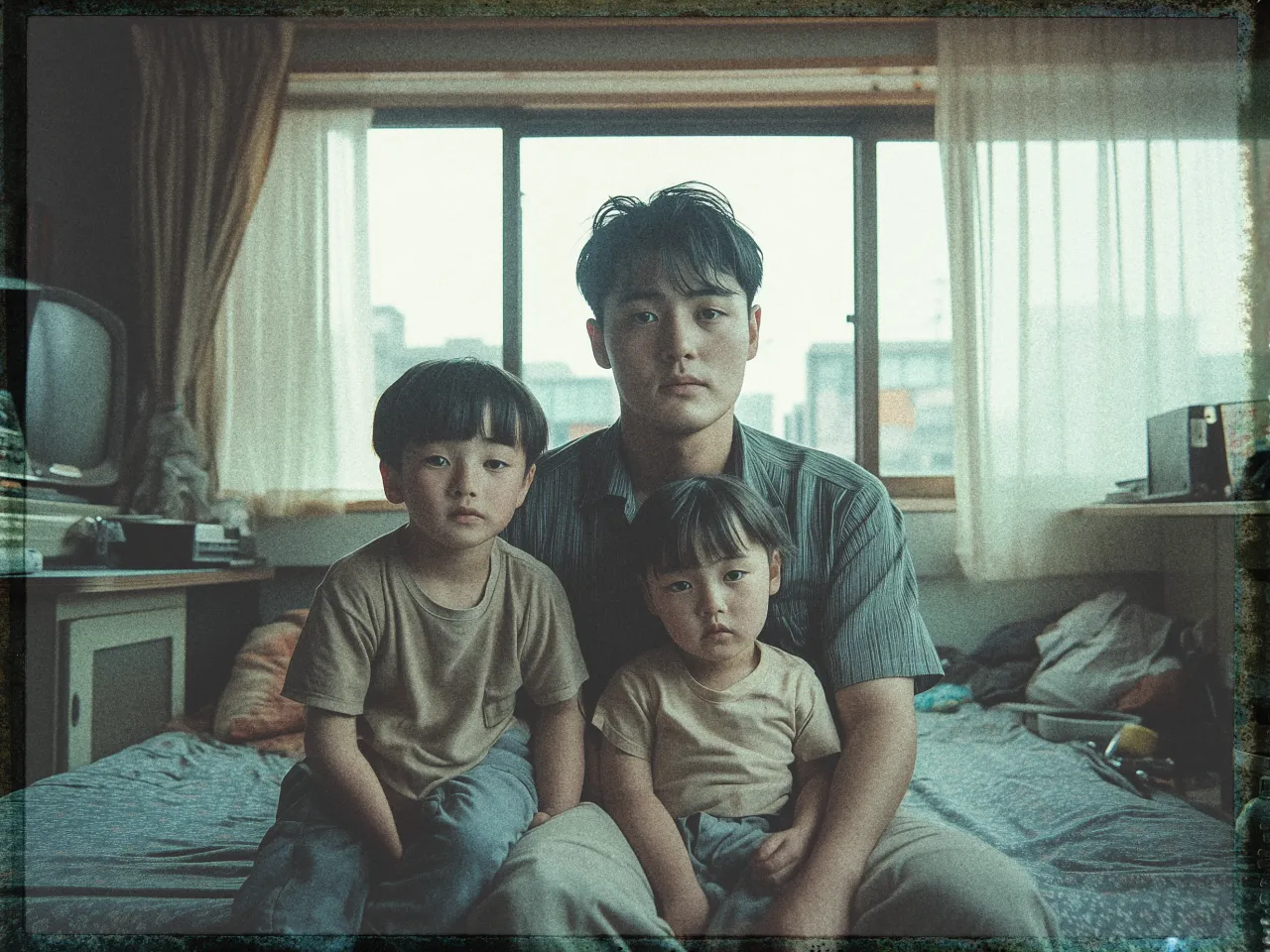
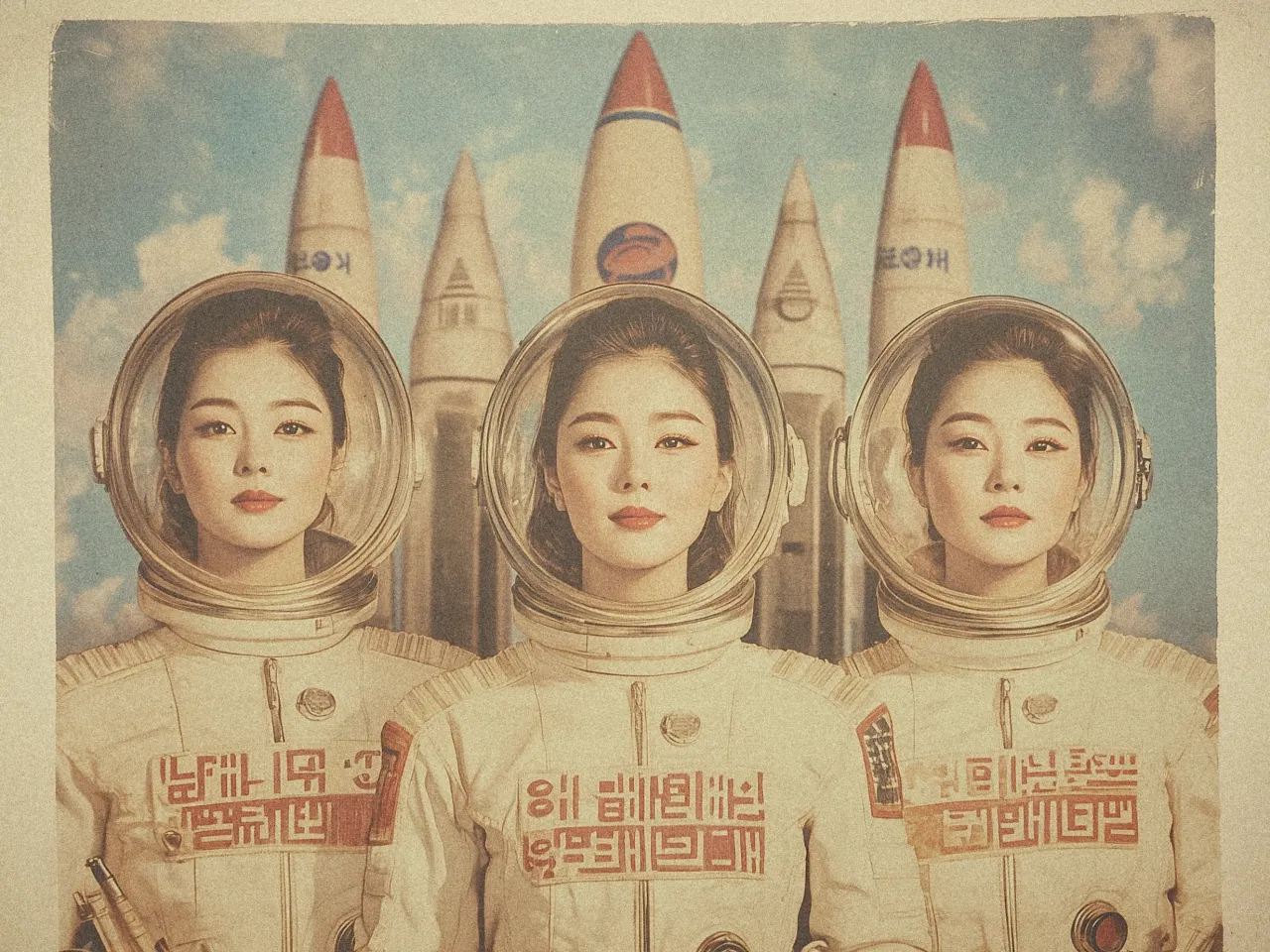
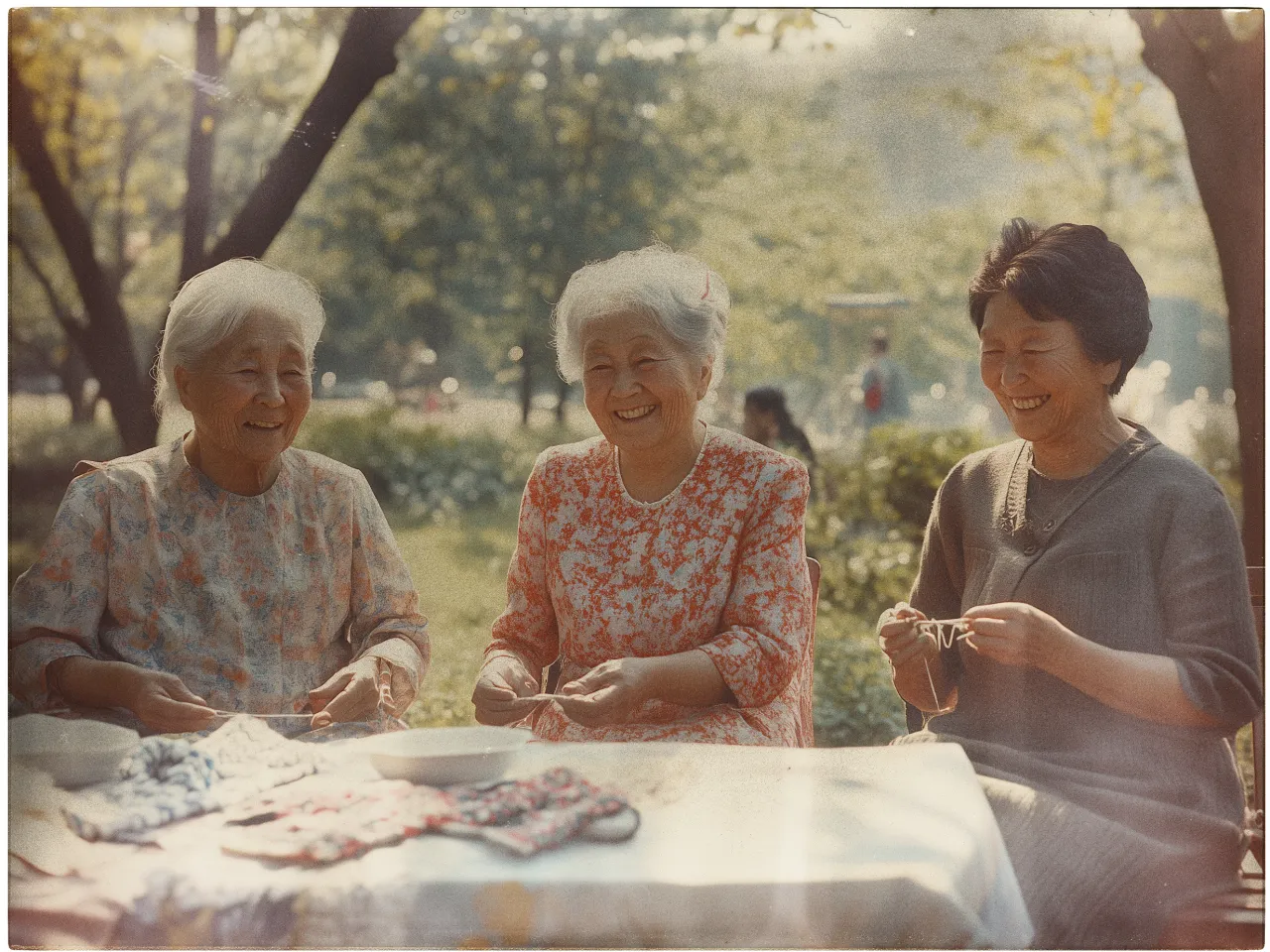
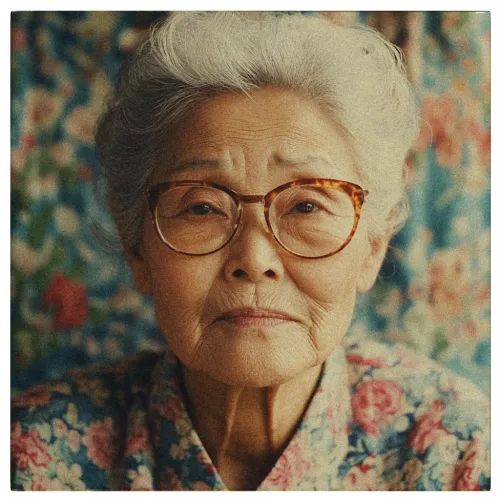 Chae-young
Chae-young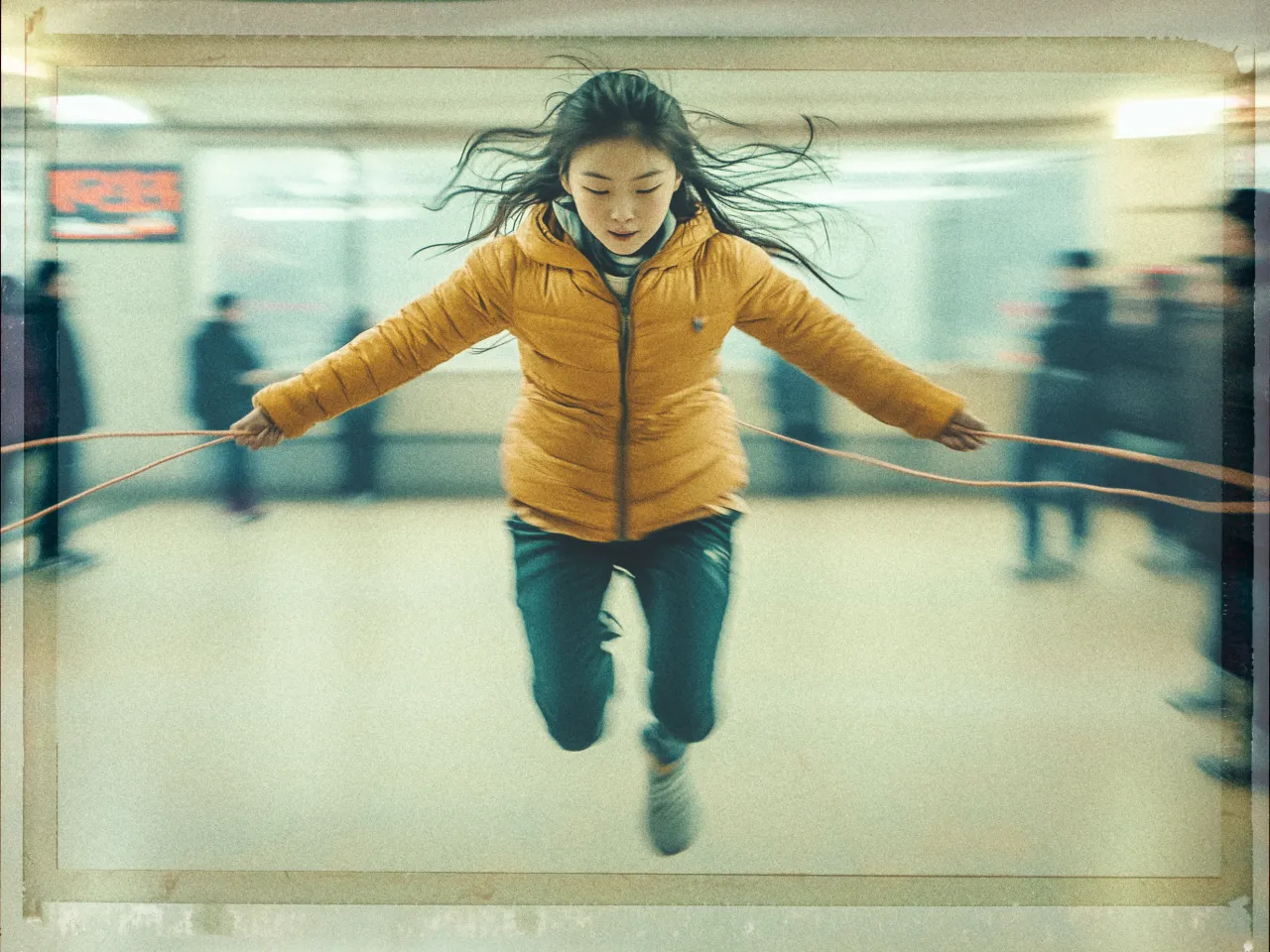
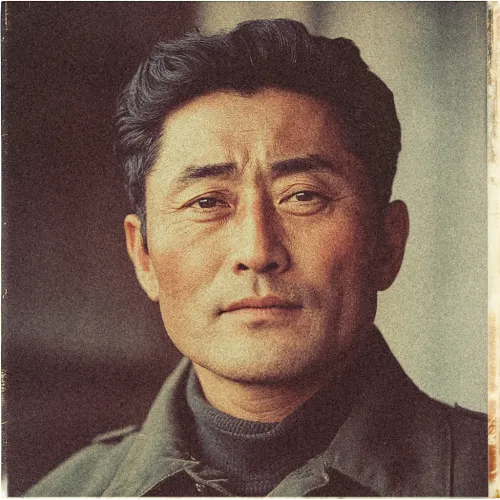 Mr. Kim
Mr. Kim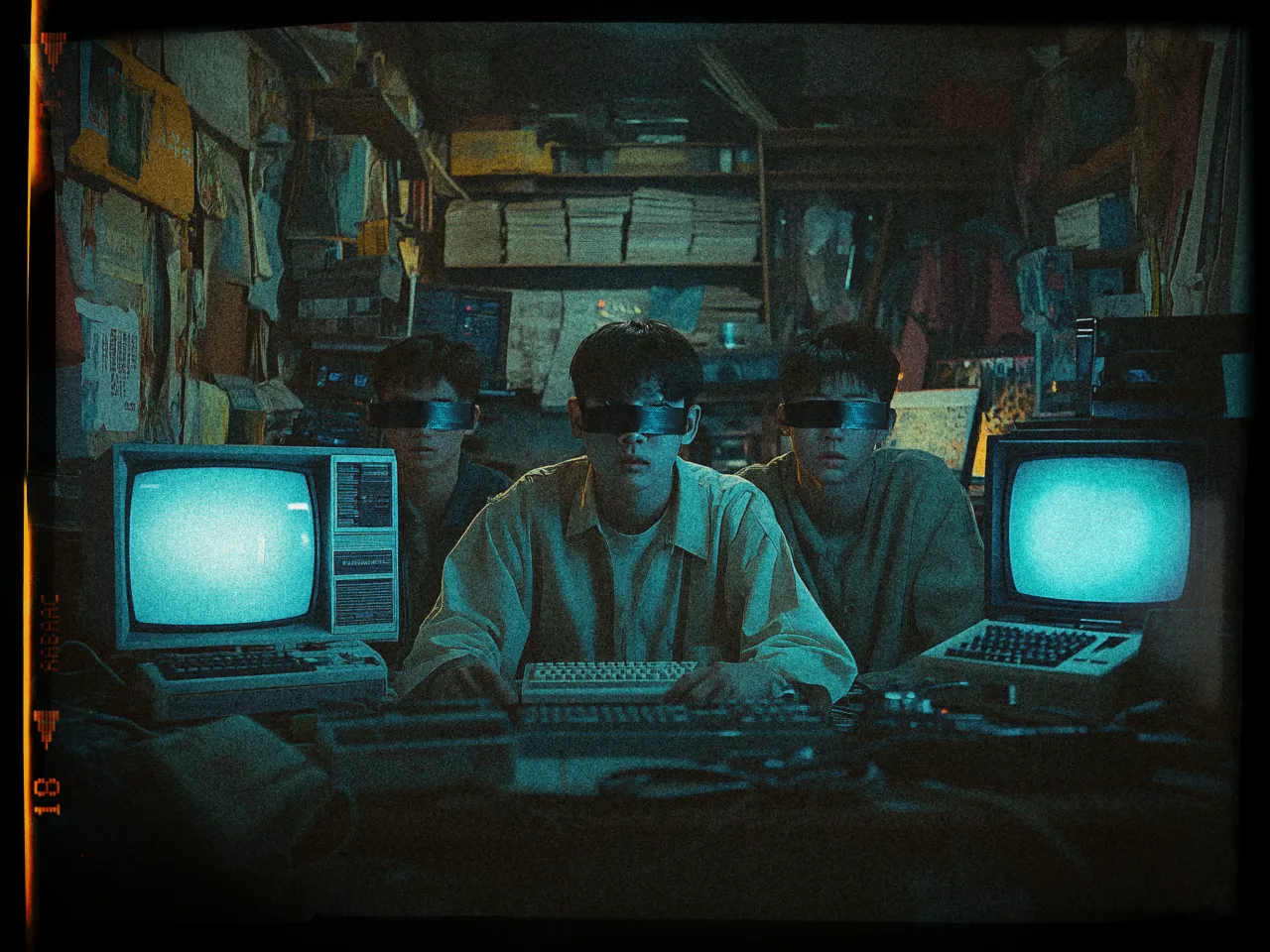
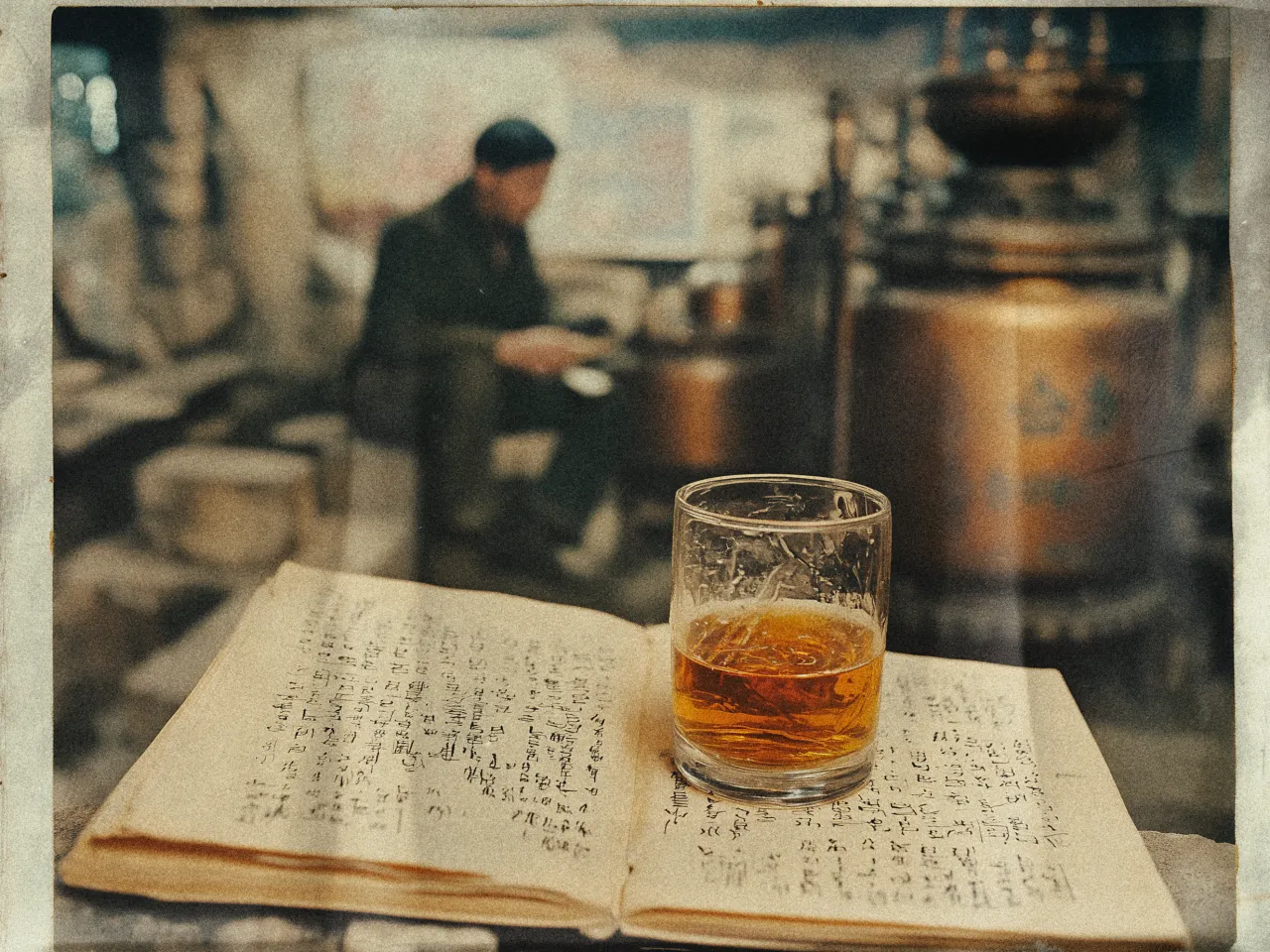
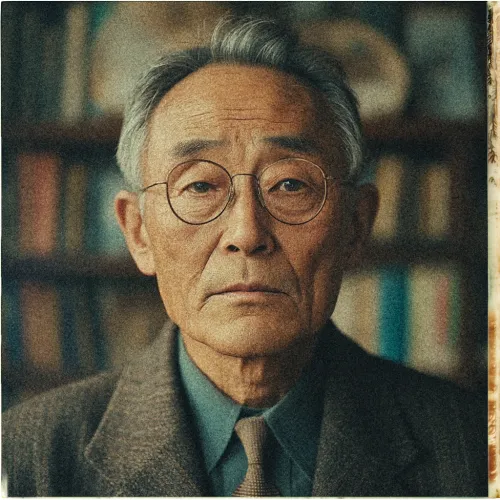 Hui-so
Hui-so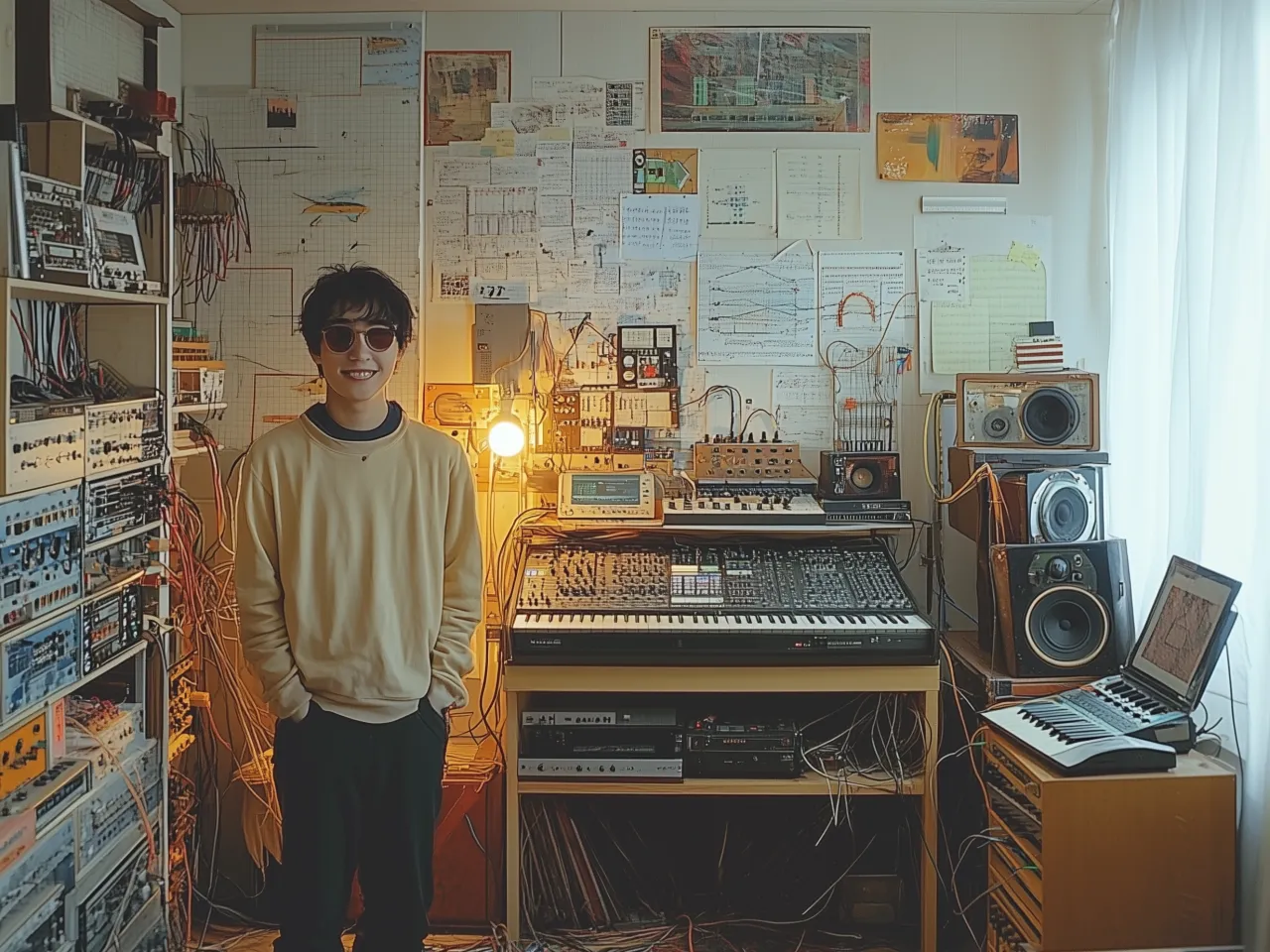
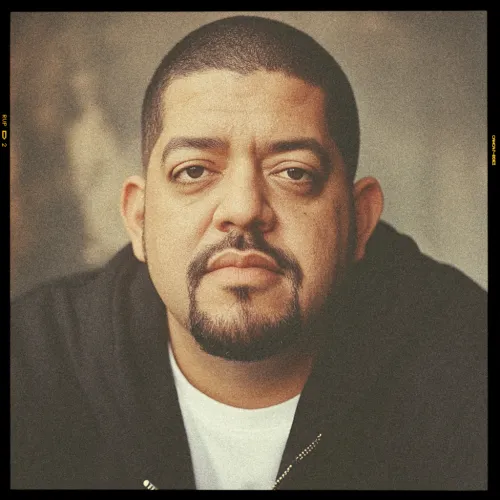 Kenny Dope Gonzales
Kenny Dope Gonzales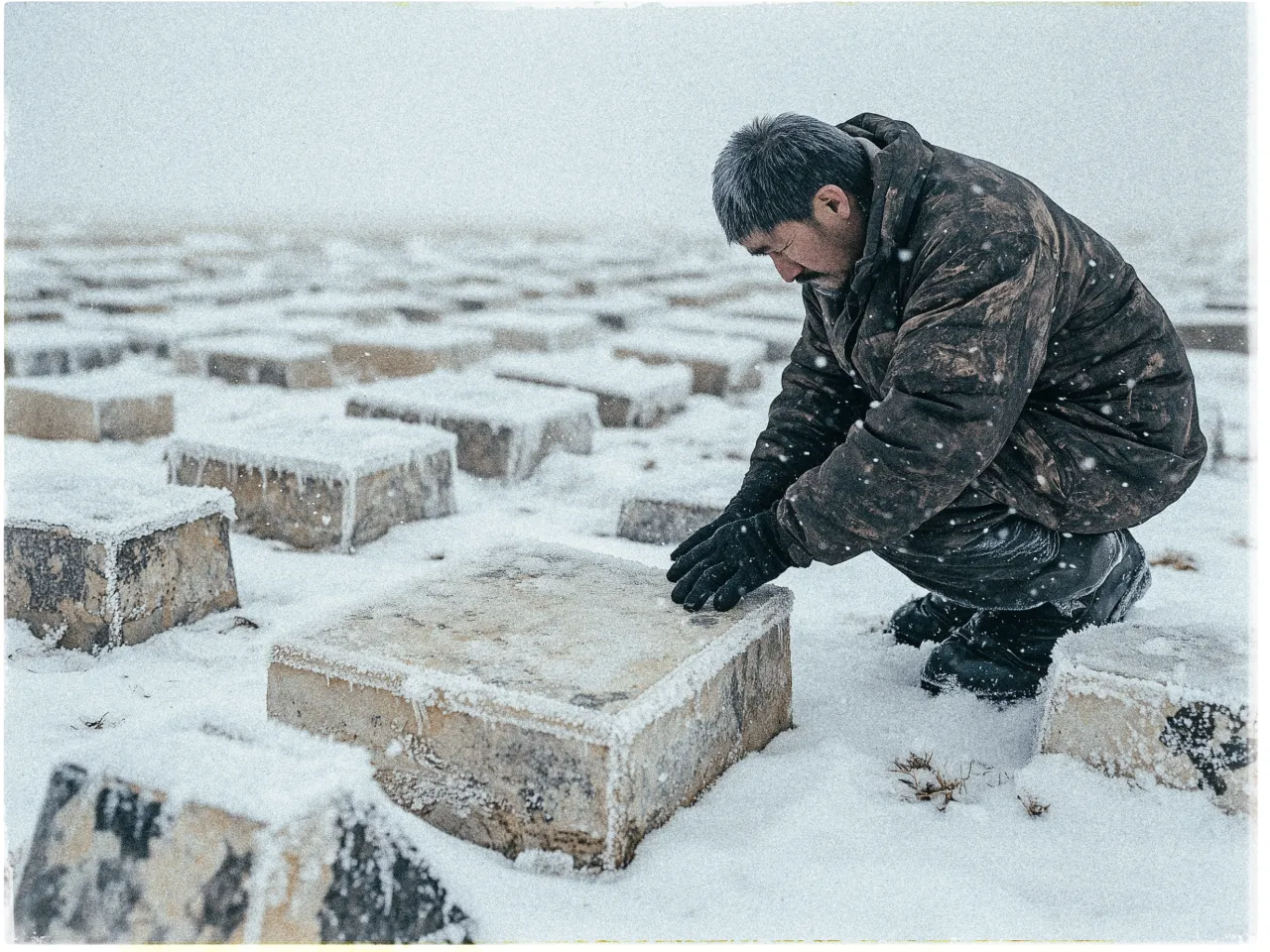
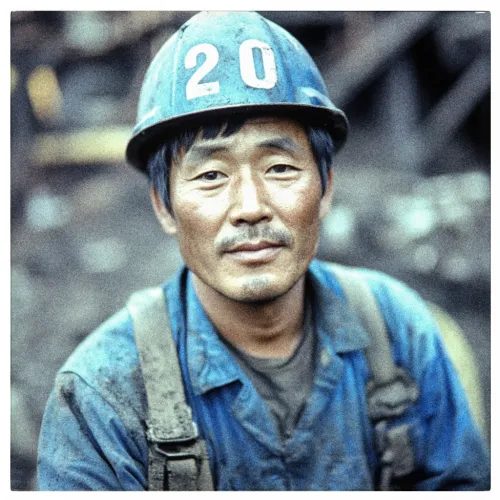 Jae-yong
Jae-yong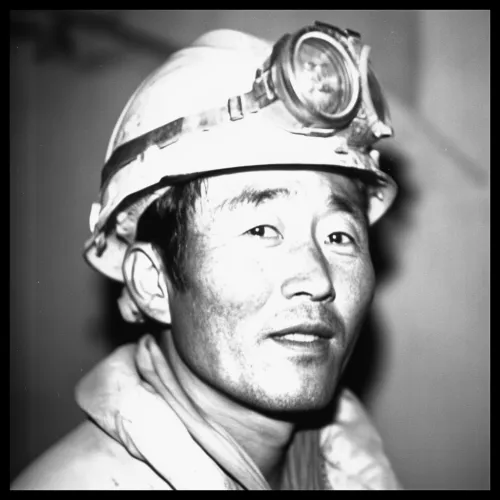 Yong-jin
Yong-jin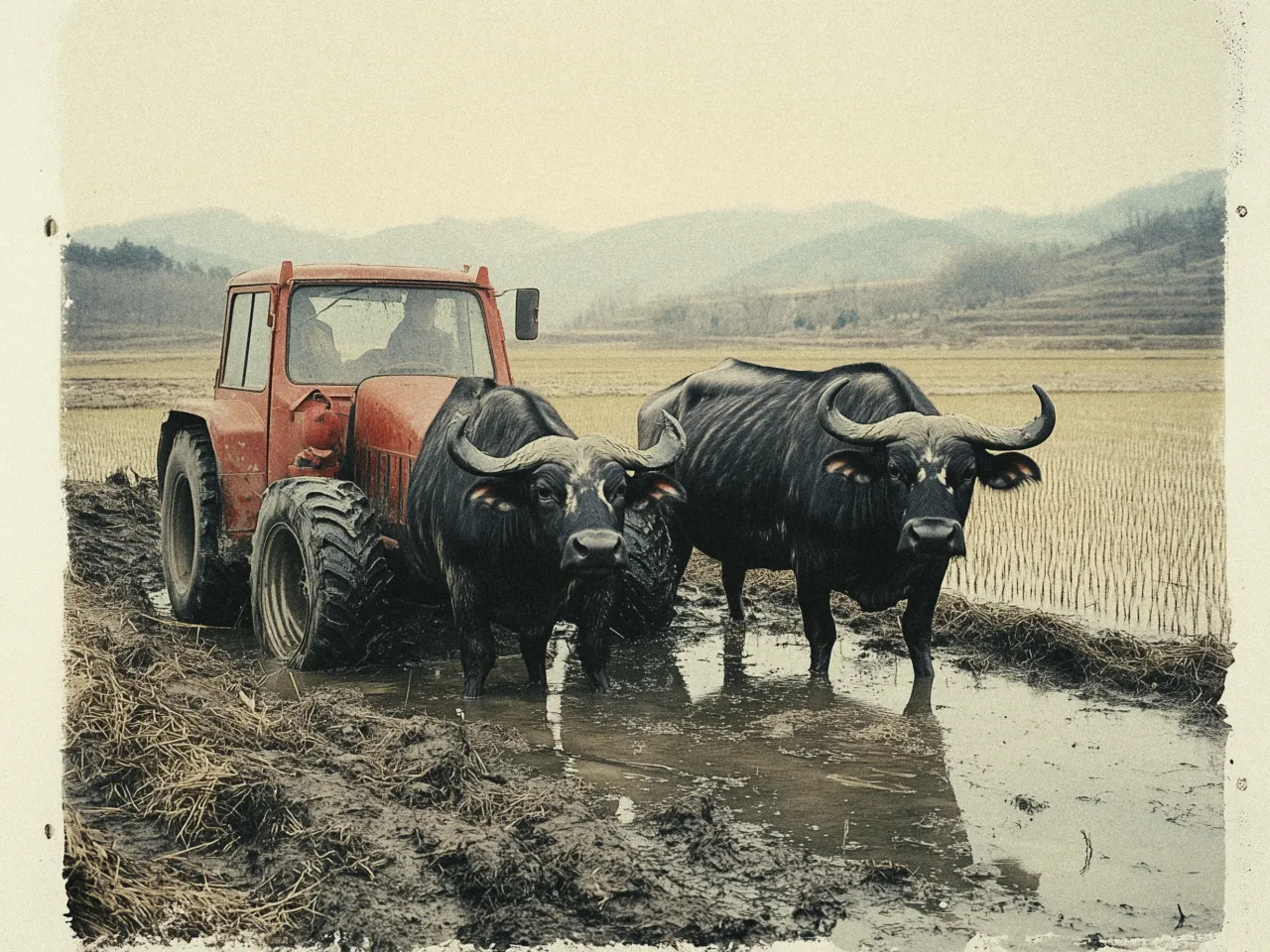
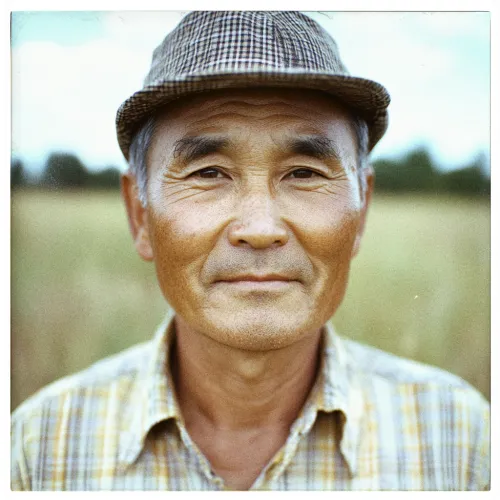 Park Jin-ho
Park Jin-ho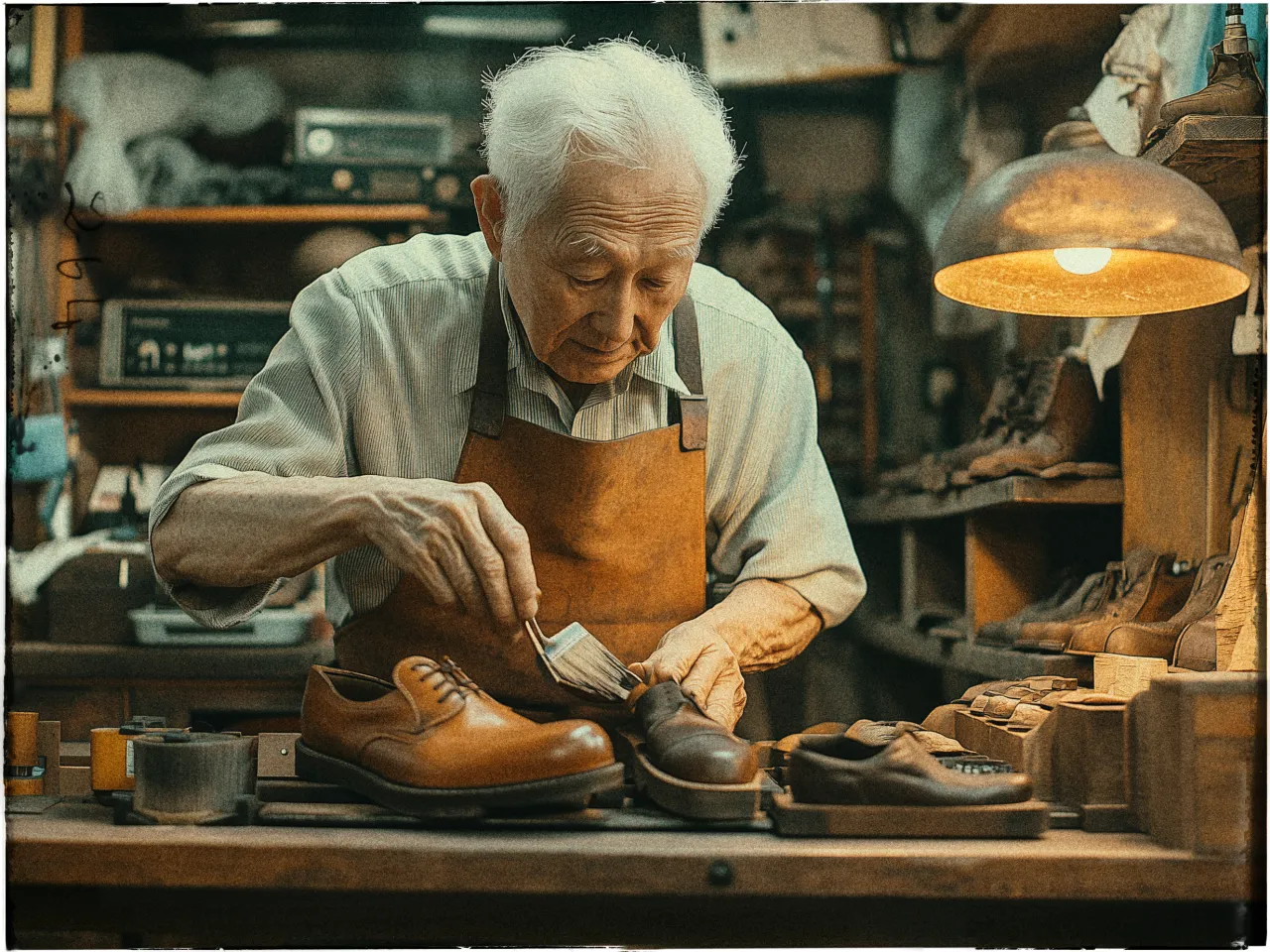
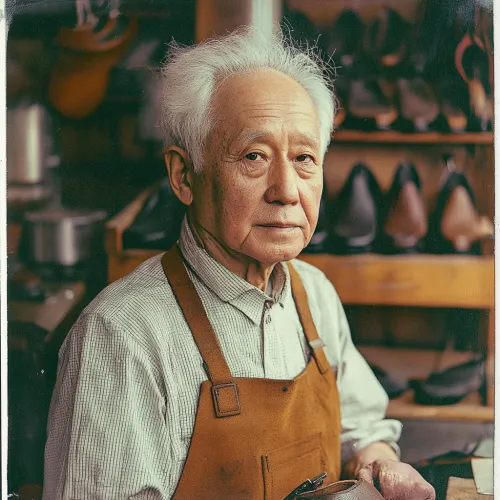 Dong-woo
Dong-woo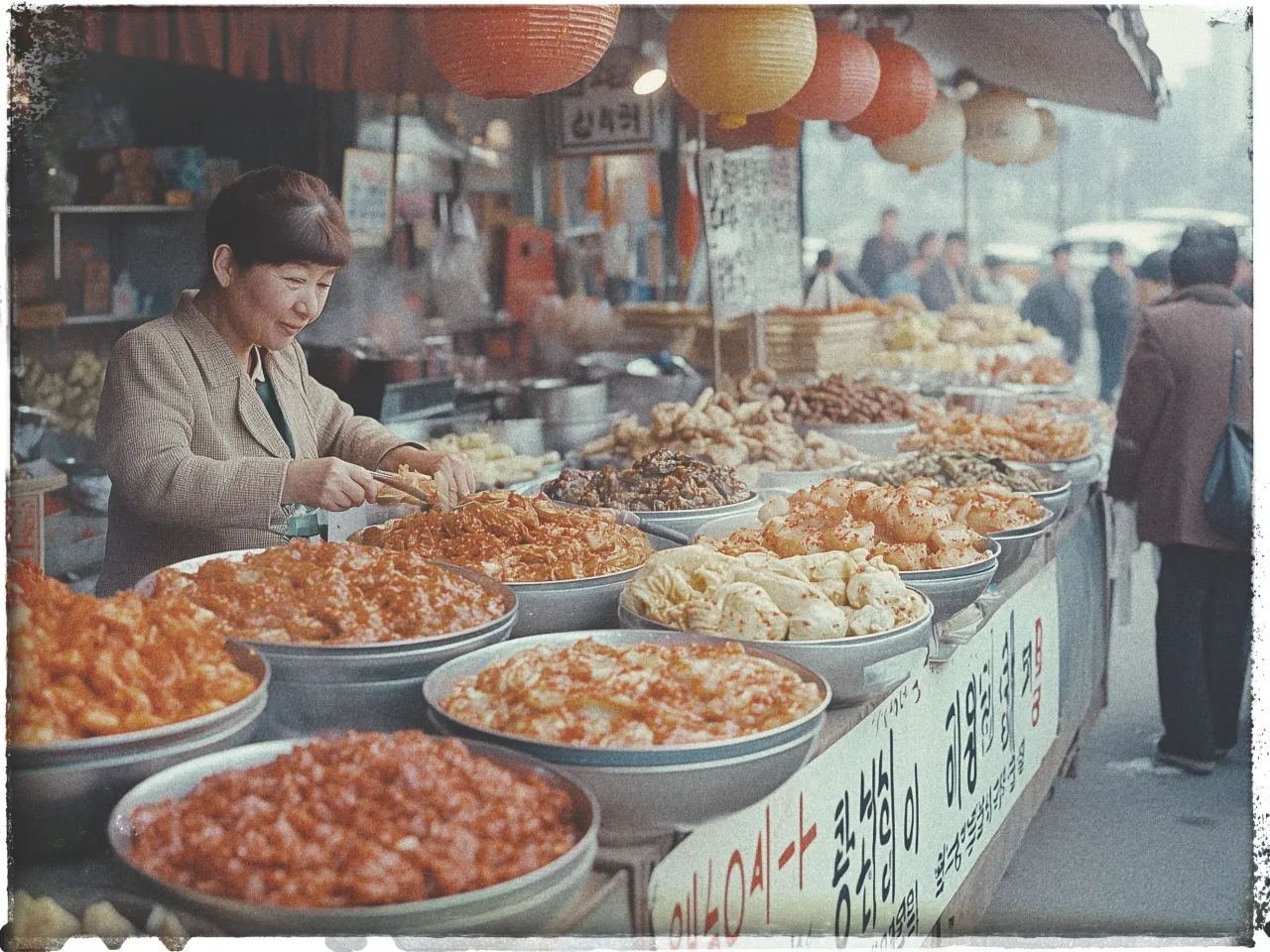
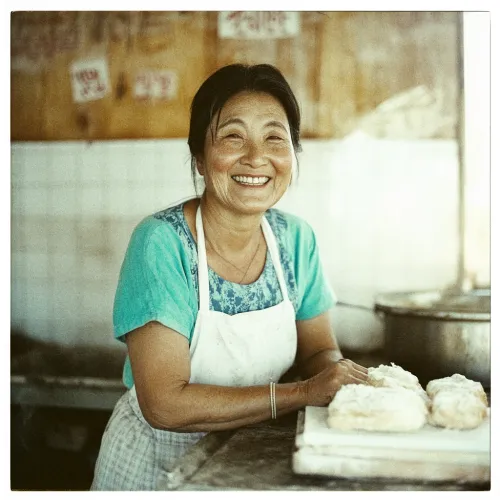 Seul-bi
Seul-bi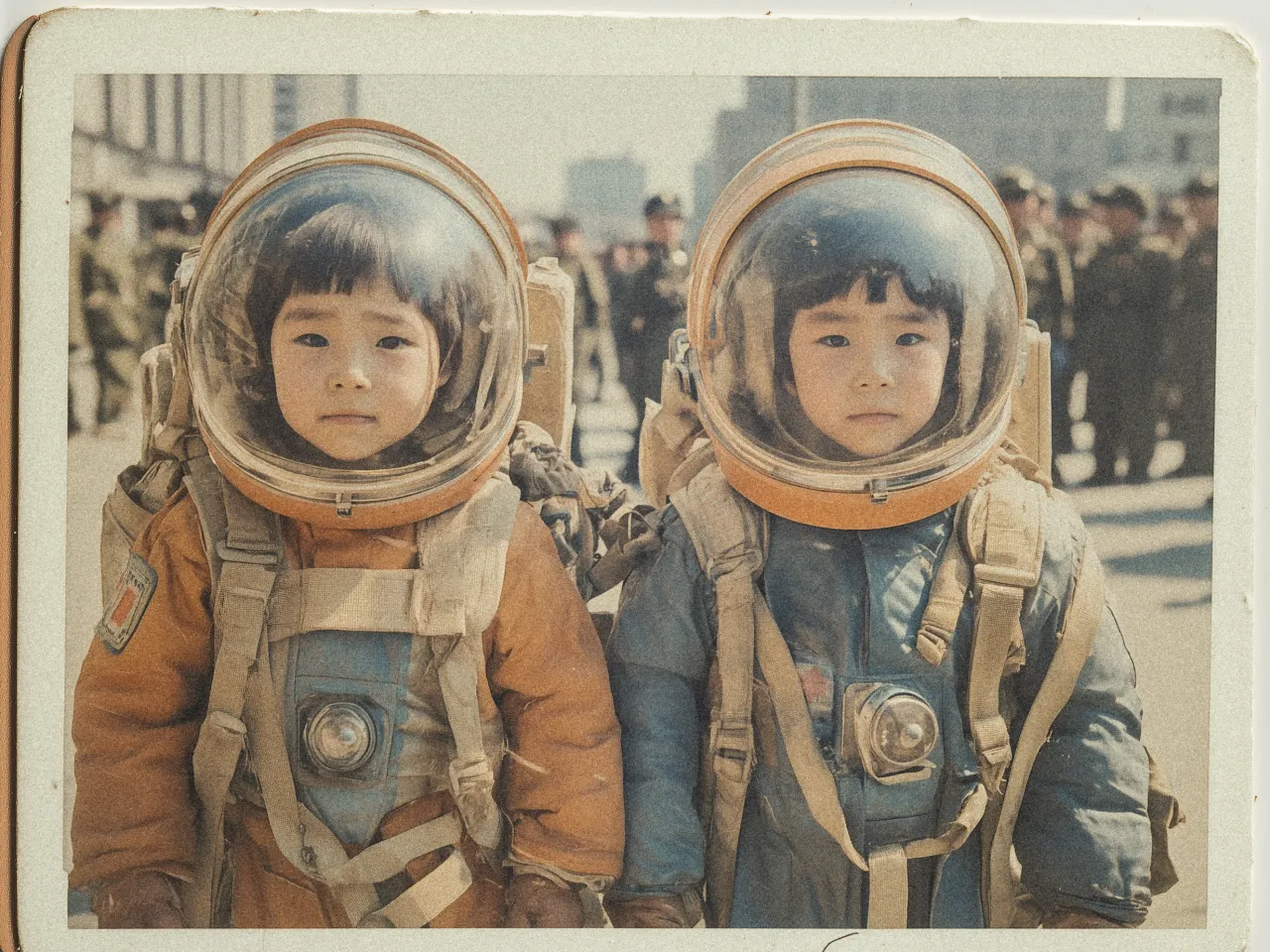
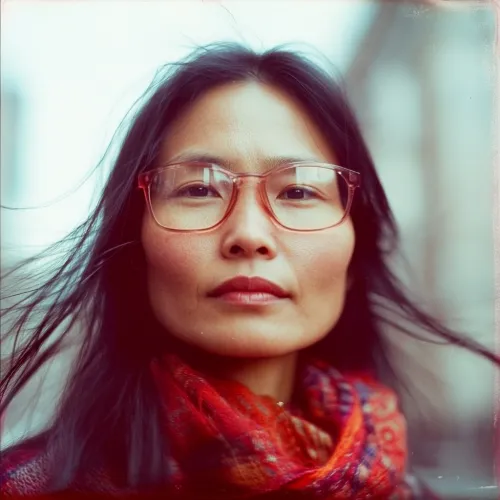 Ji-young
Ji-young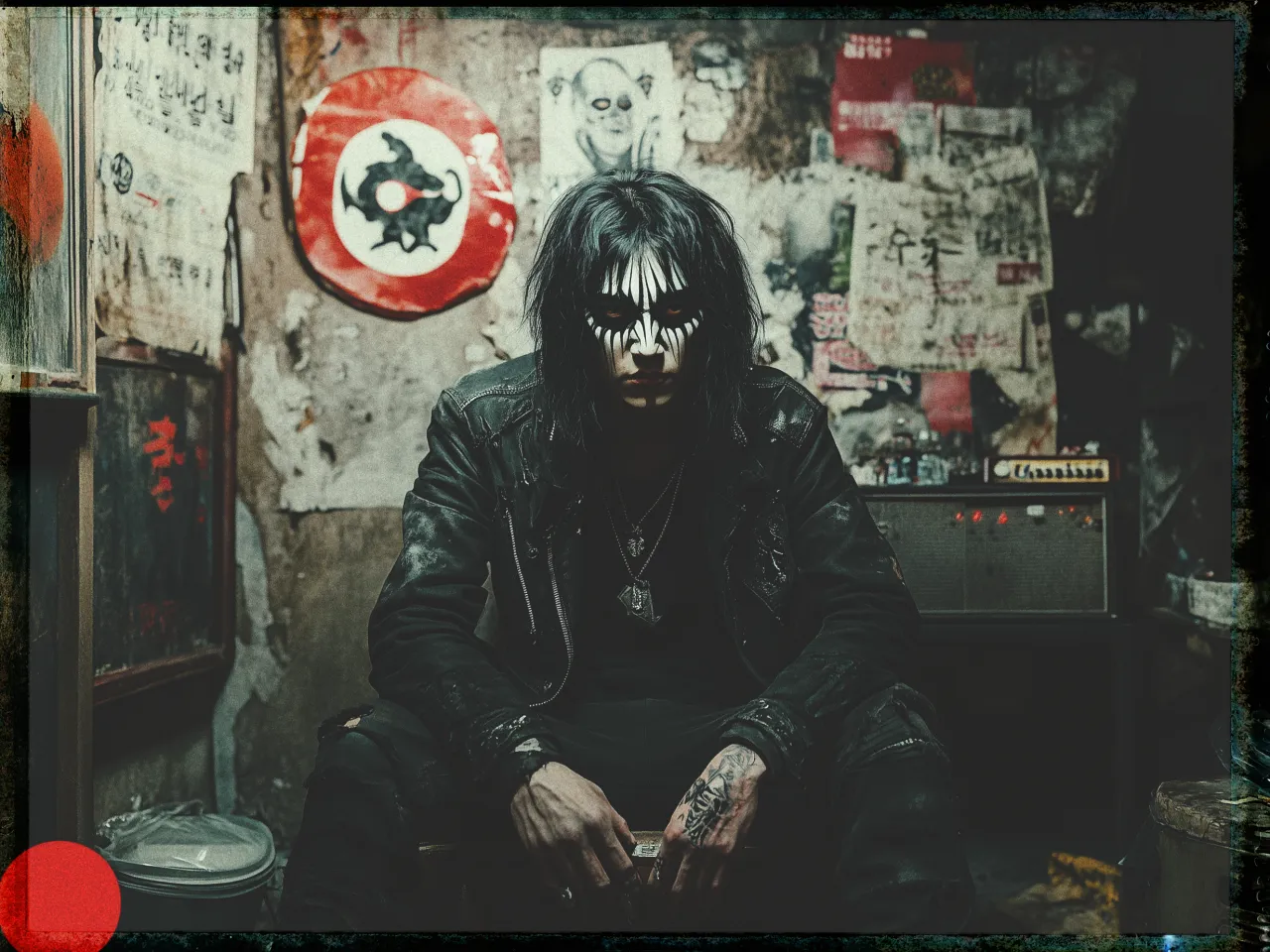
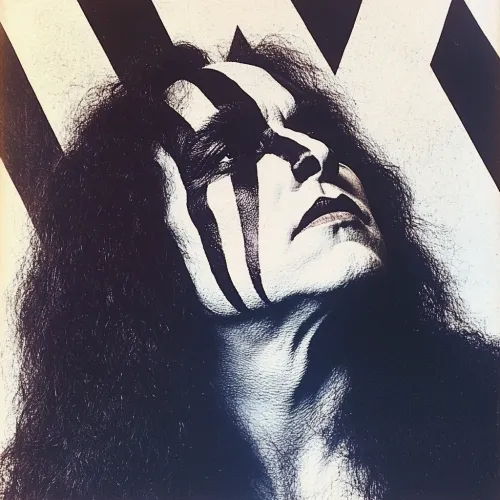 Gene Simmons
Gene Simmons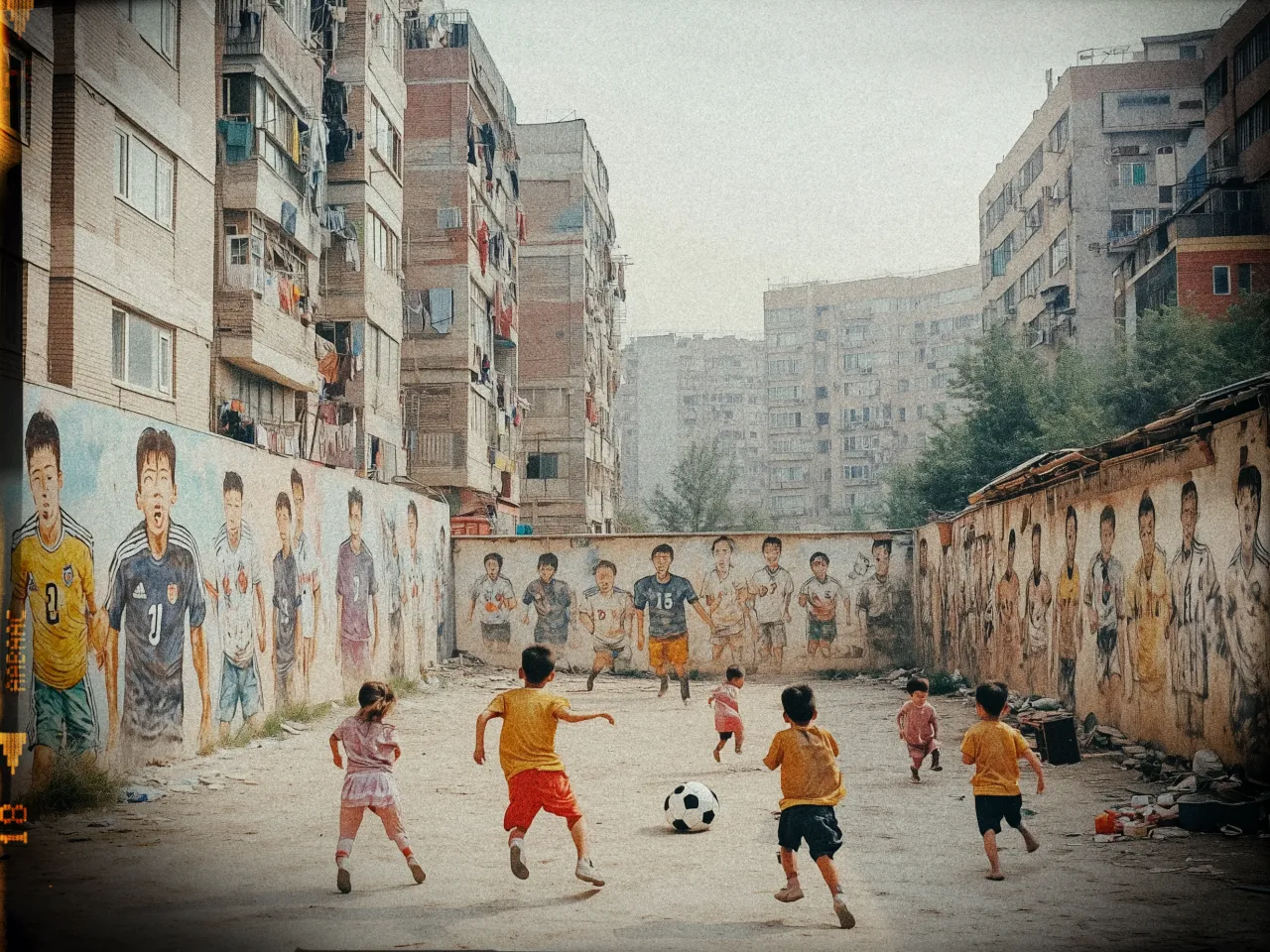
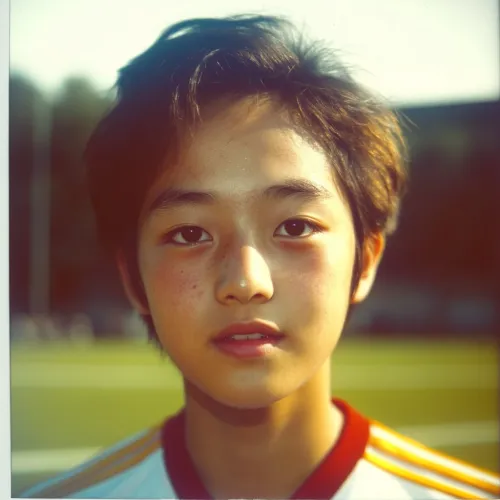 Dae-jun
Dae-jun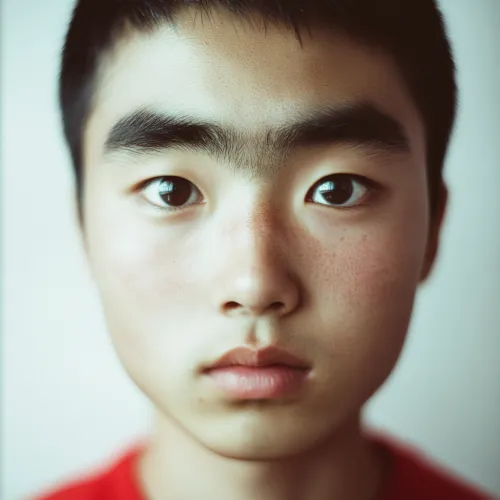 Hung-so
Hung-so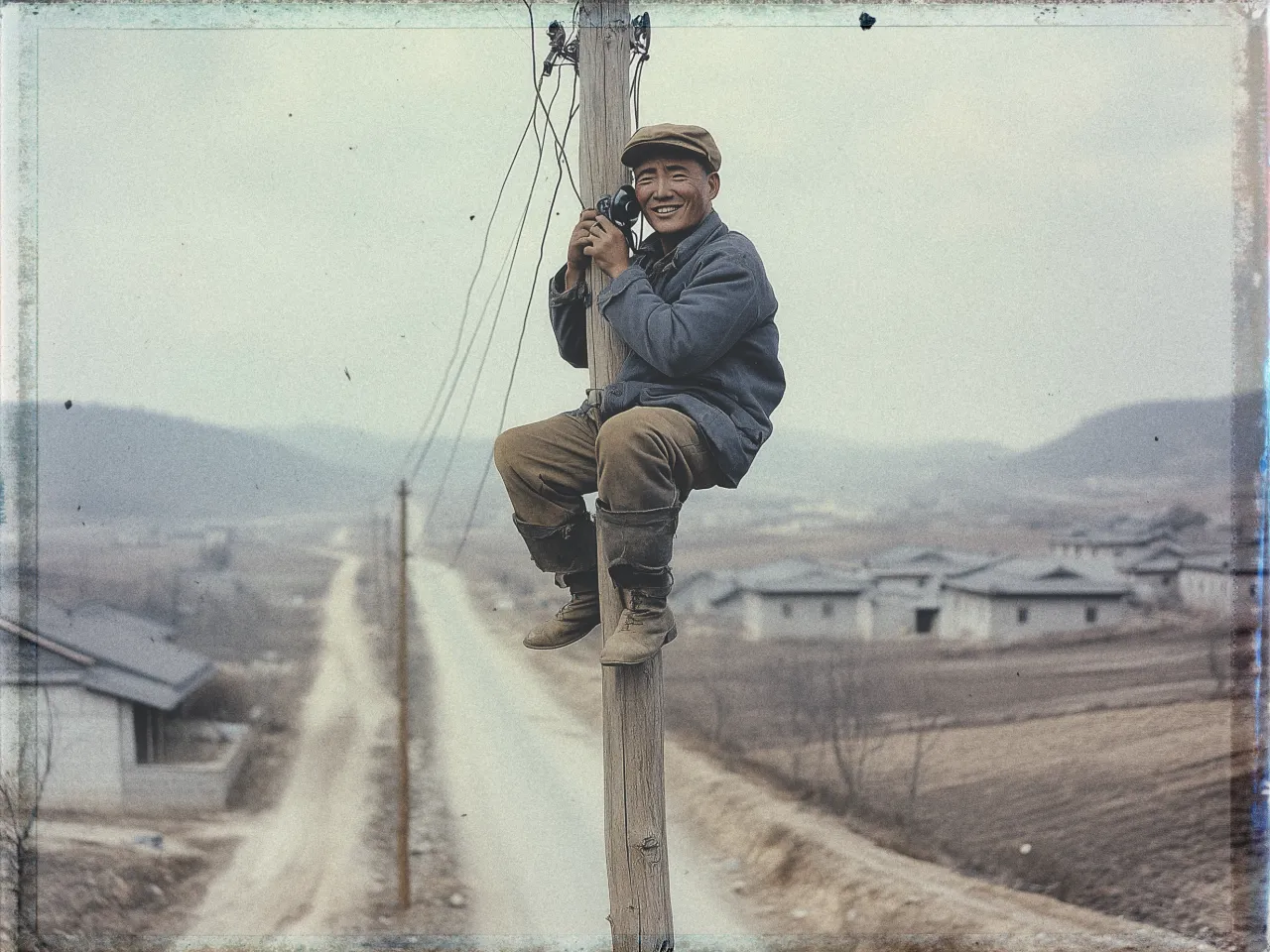
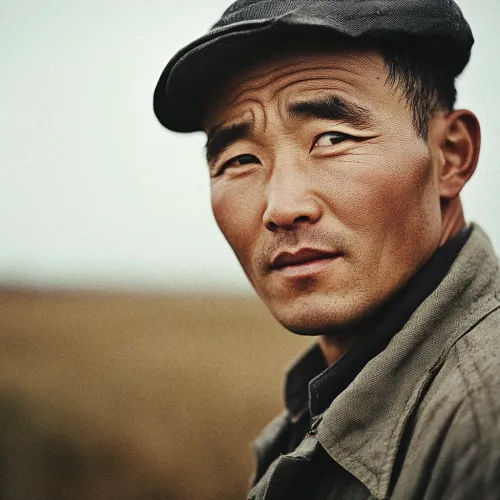 Jong-chul
Jong-chul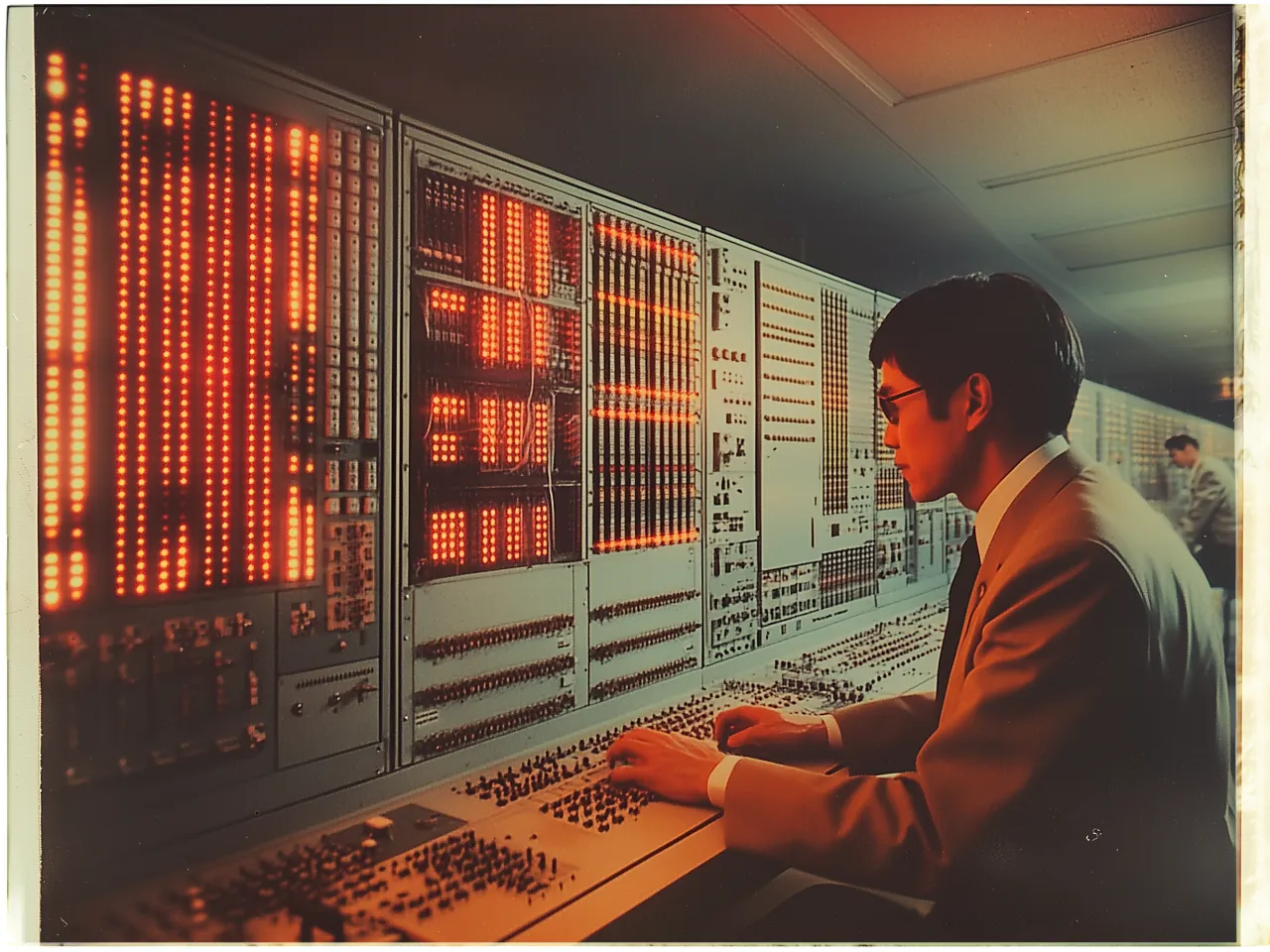
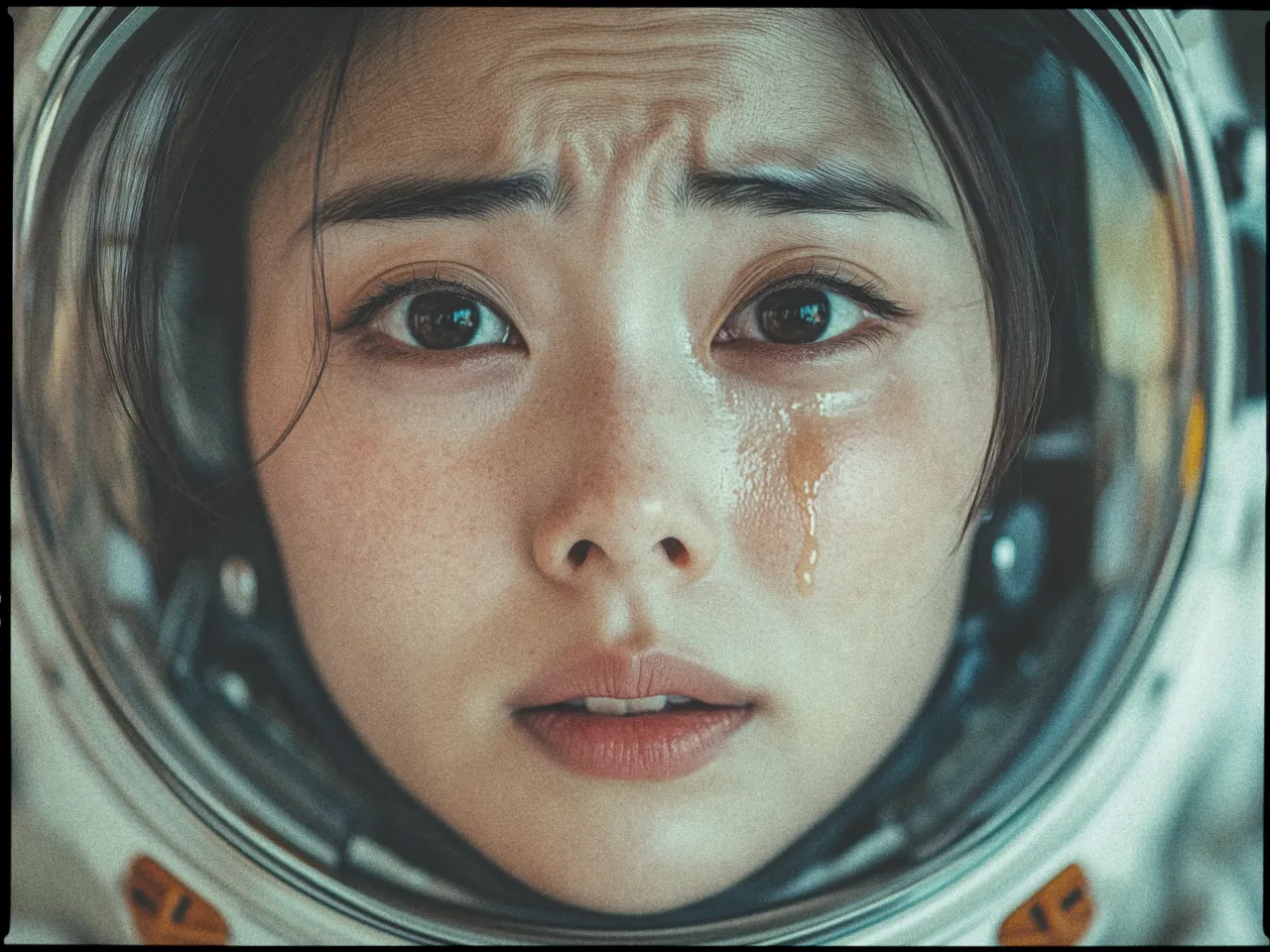
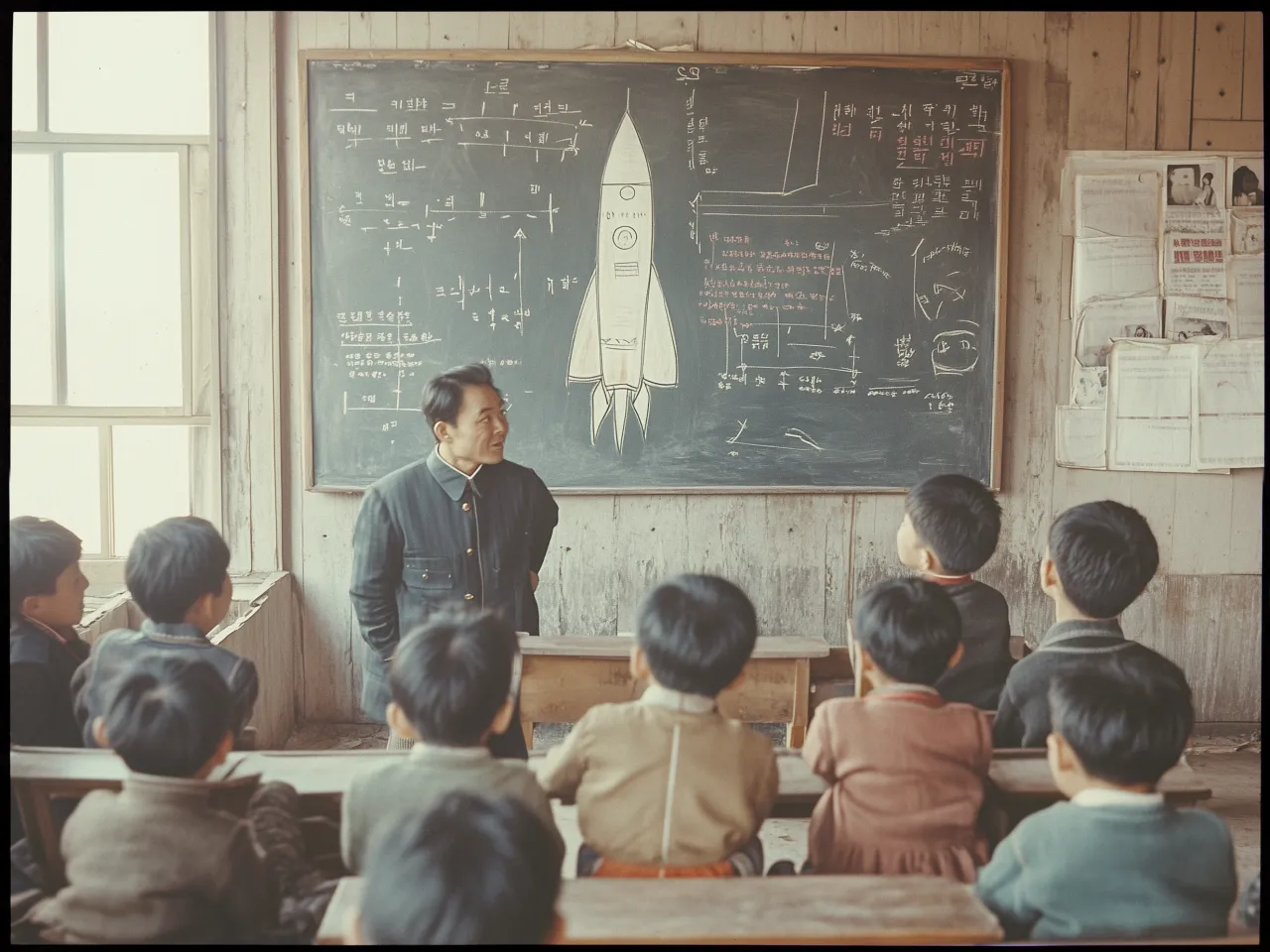
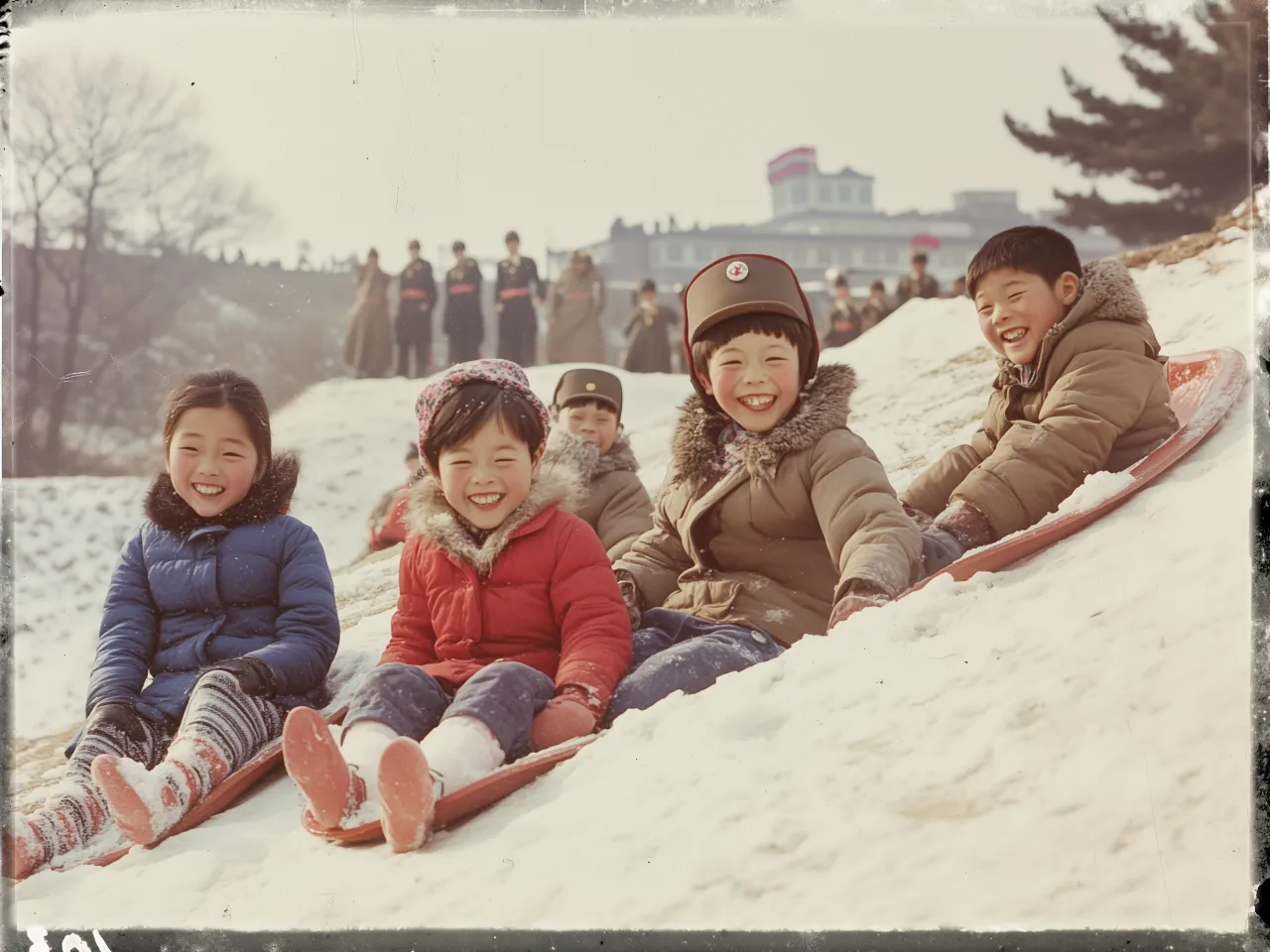
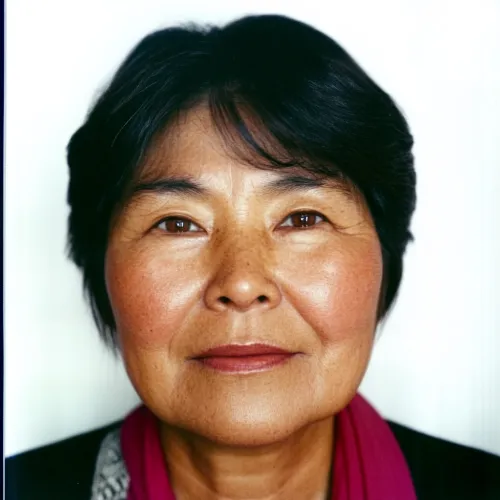 Min-ji
Min-ji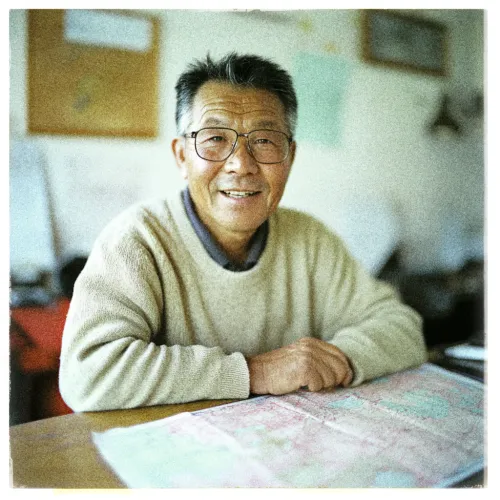 Hwan-hee
Hwan-hee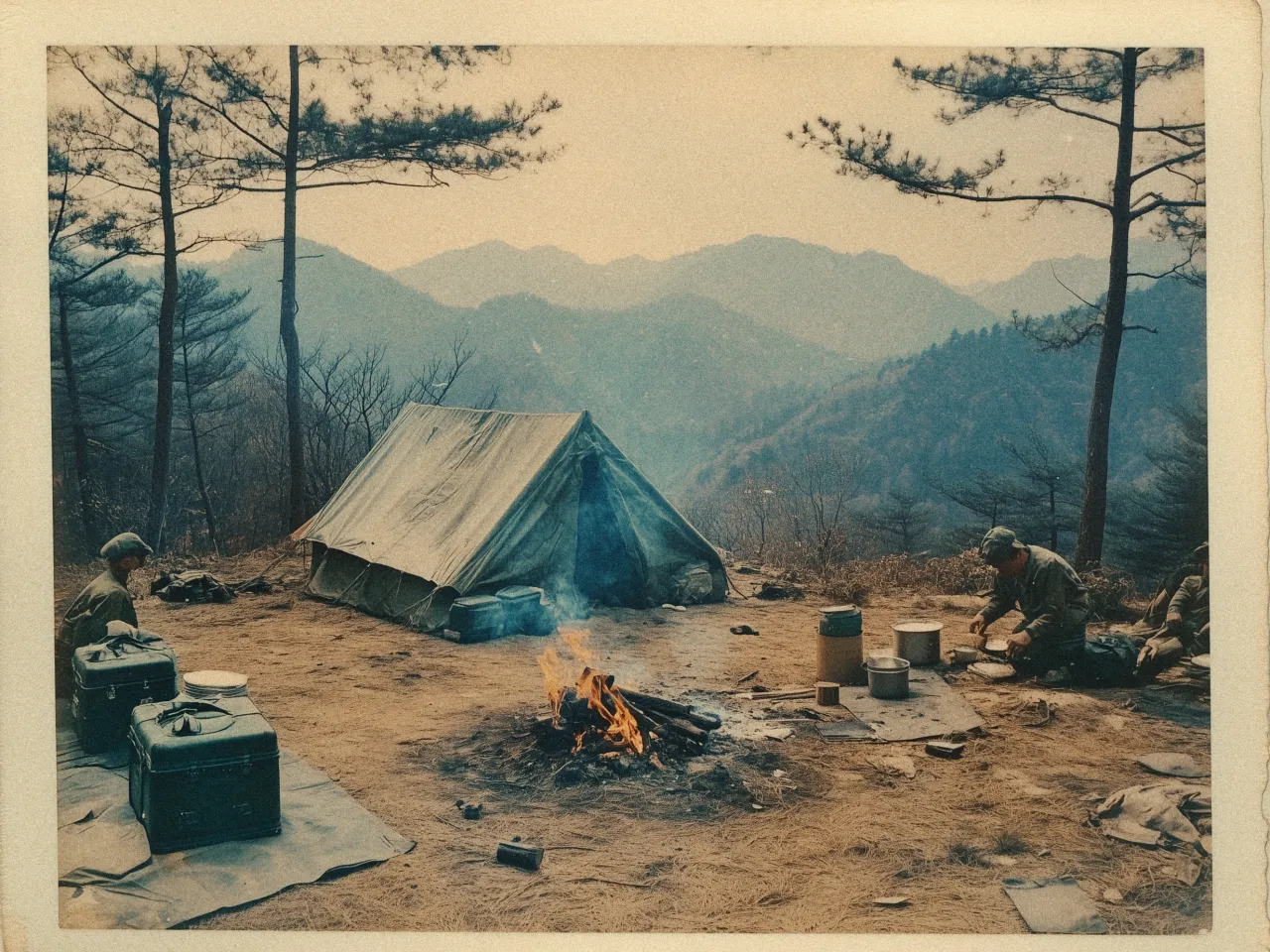
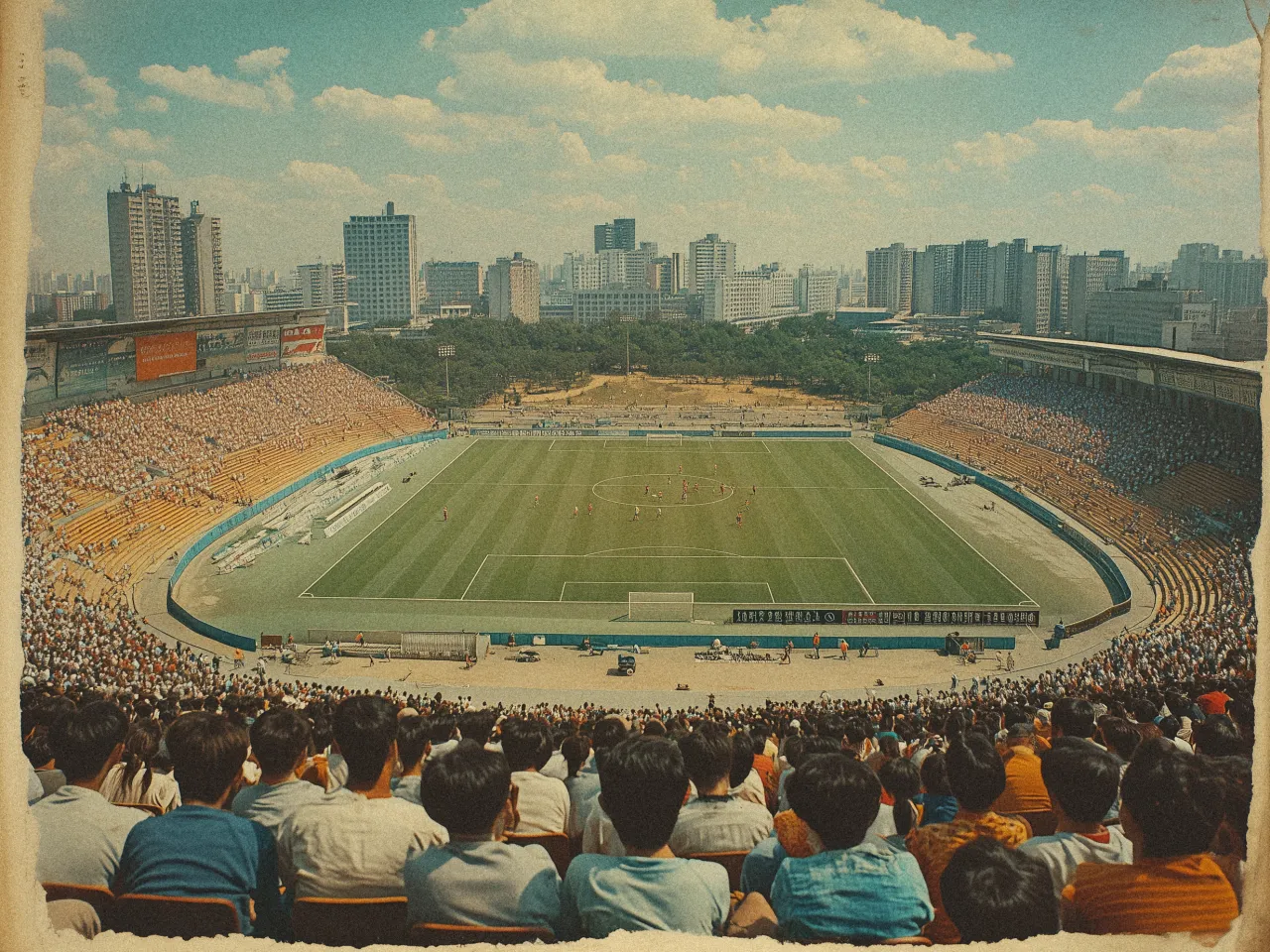
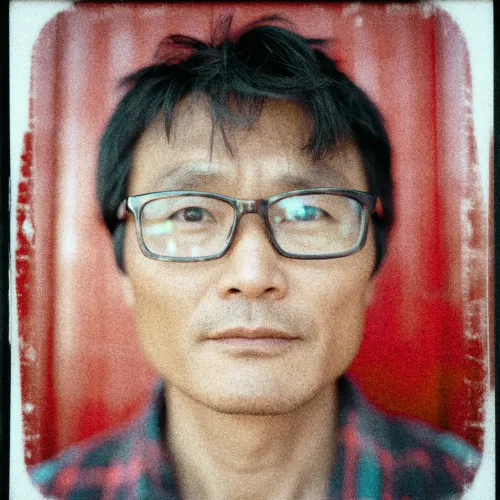 Jin-su
Jin-su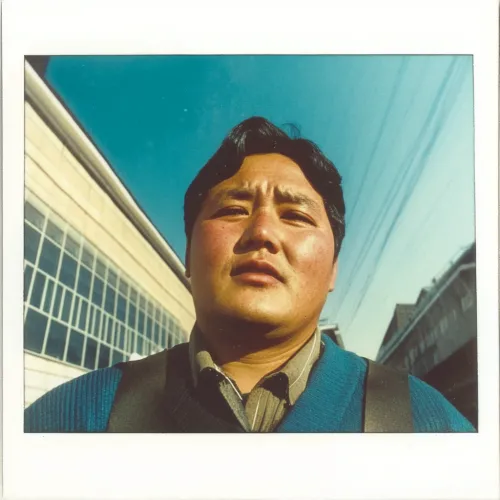 Kyung-ho
Kyung-ho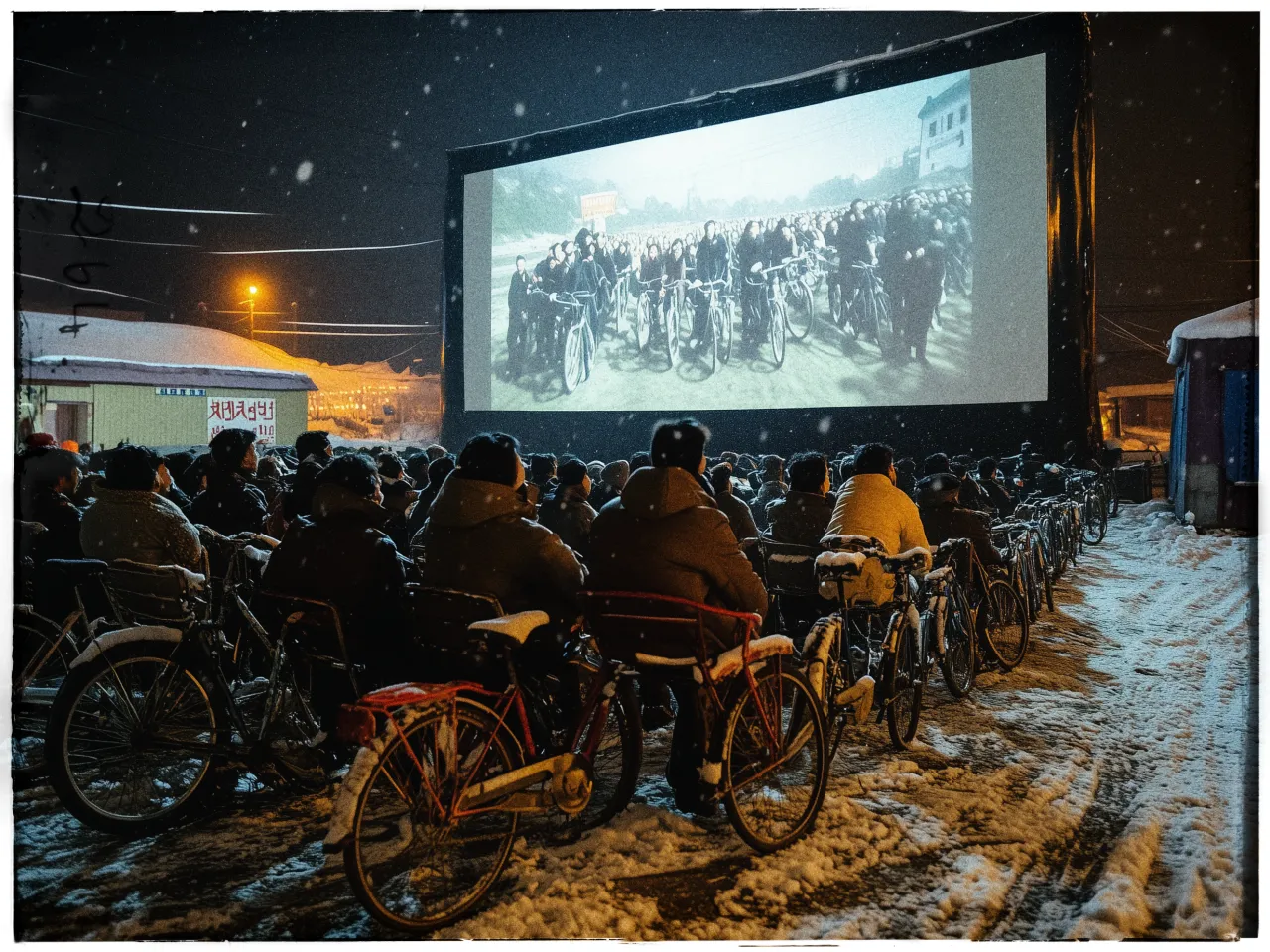
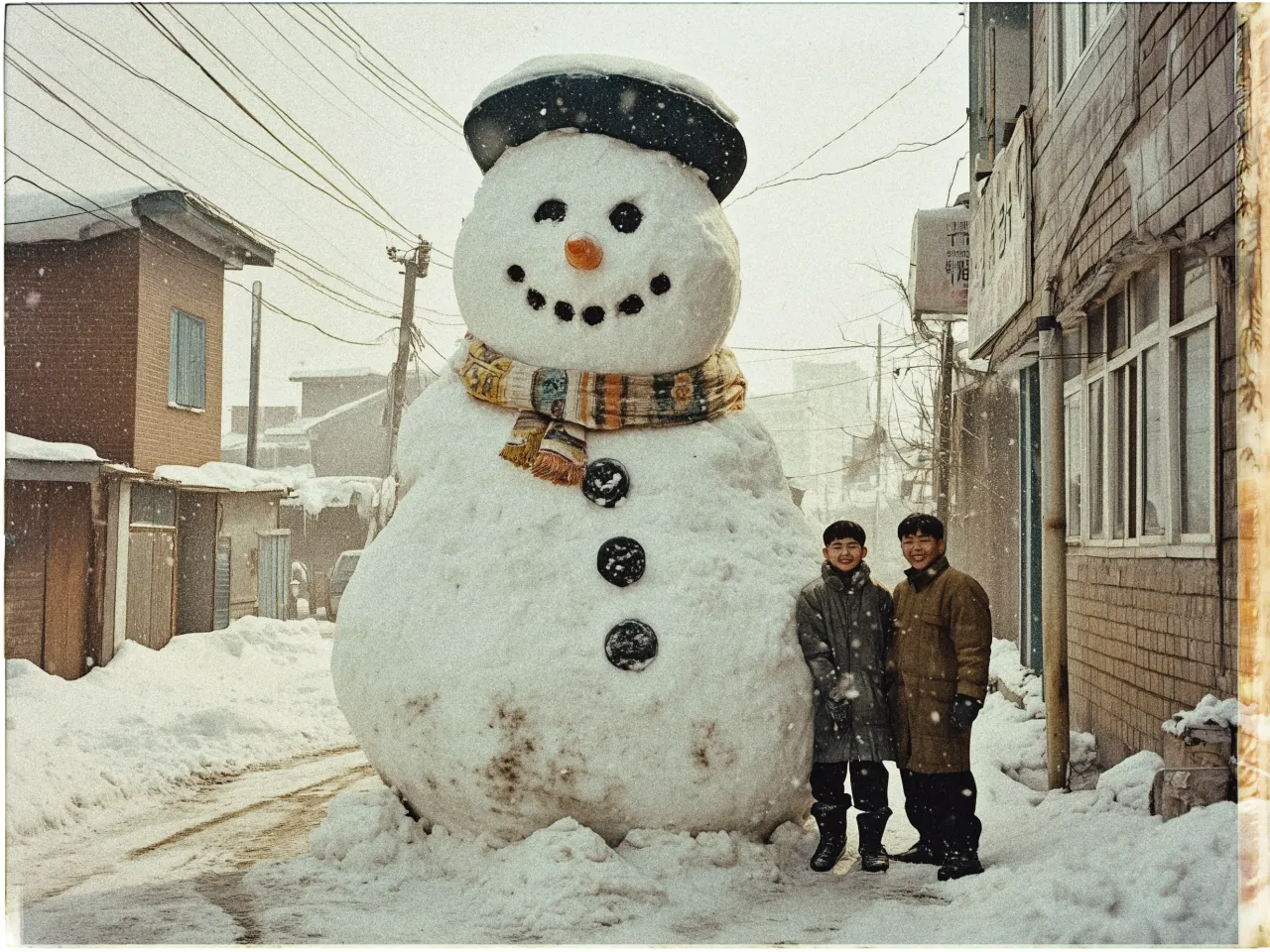
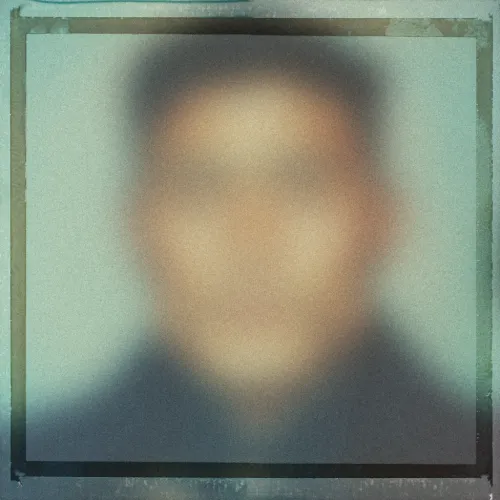 Unknown Person
Unknown Person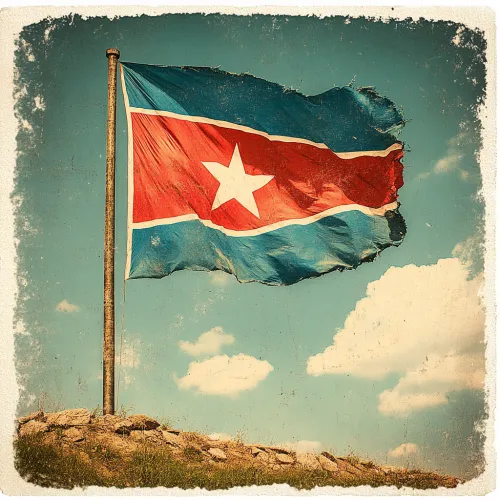 Department of Snowman Administration
Department of Snowman Administration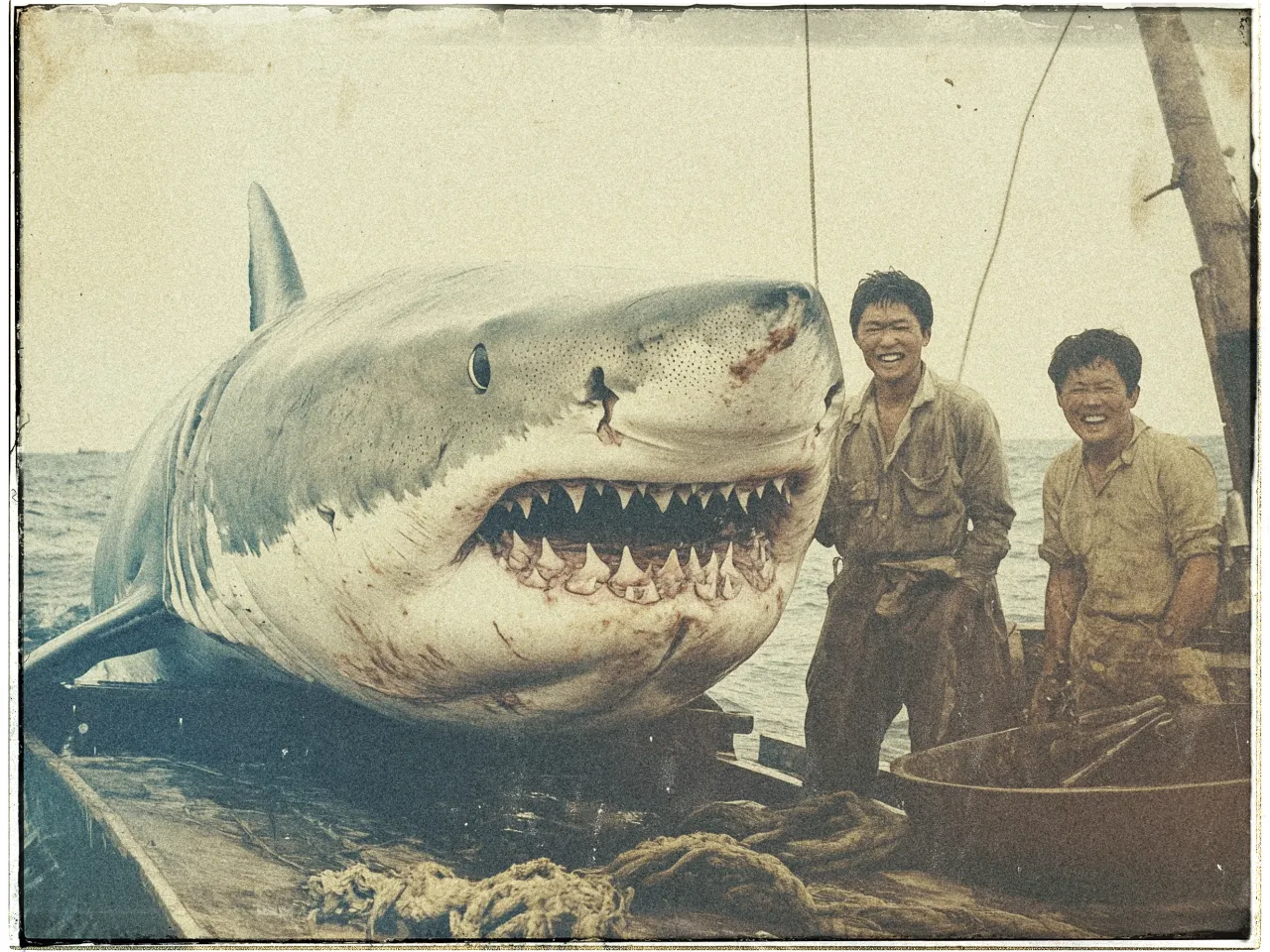
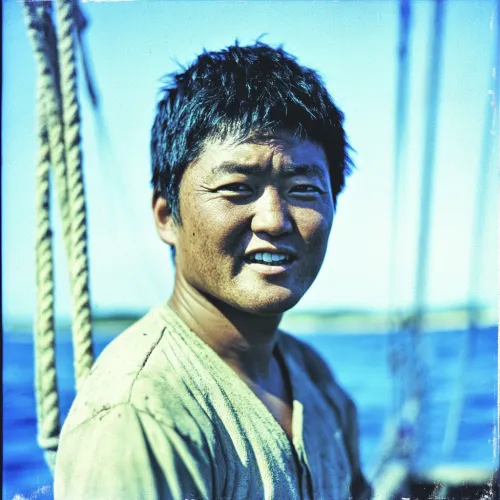 Jong-su
Jong-su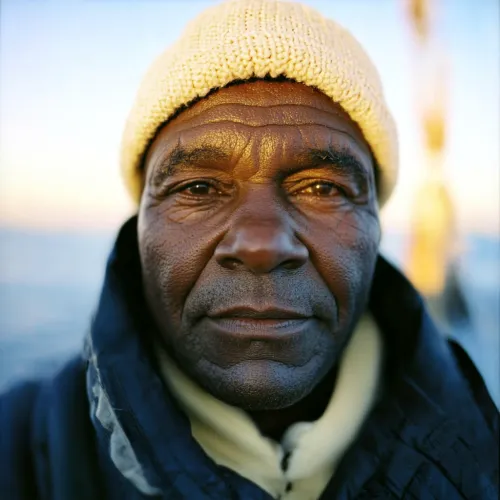 George
George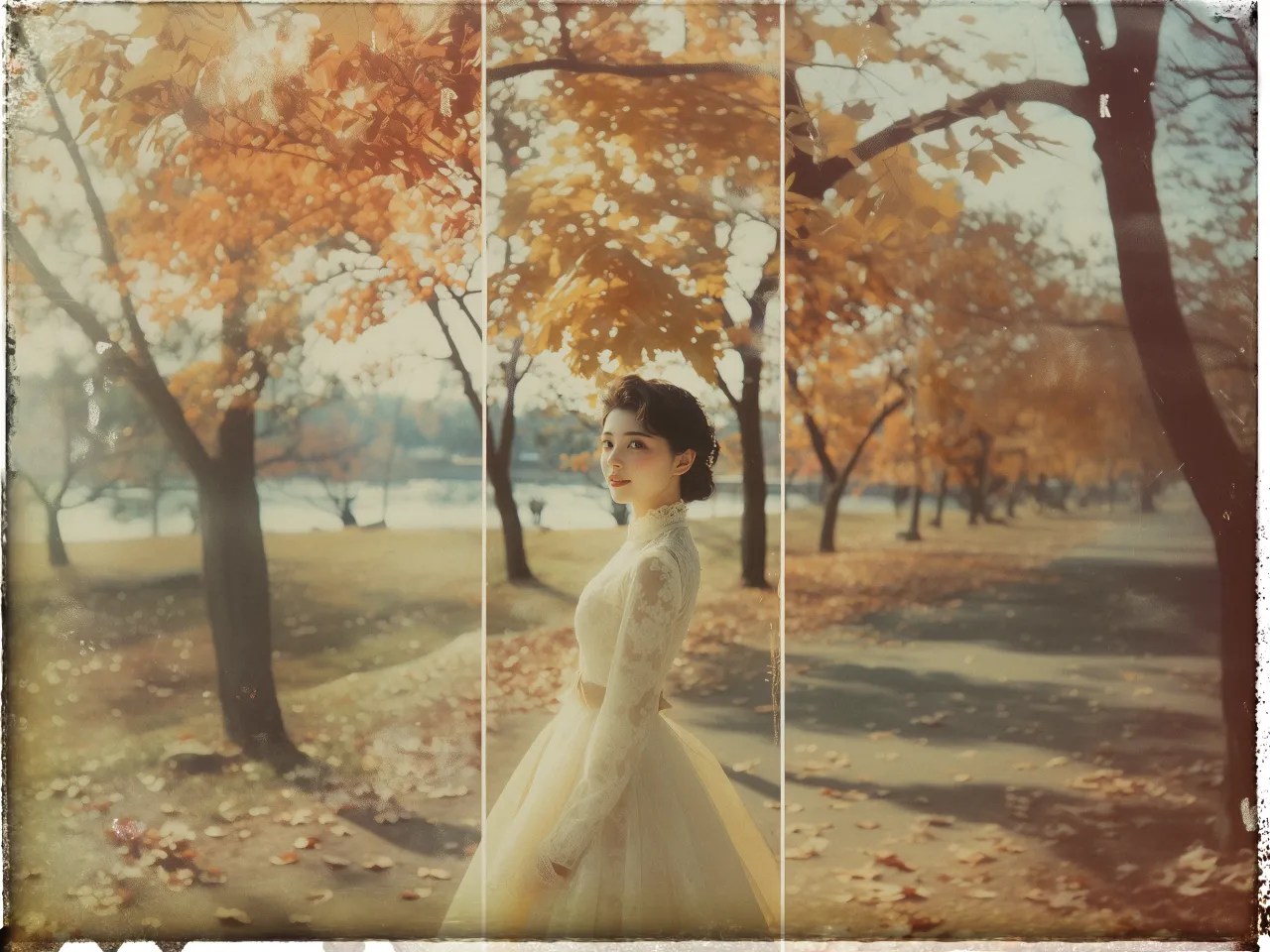
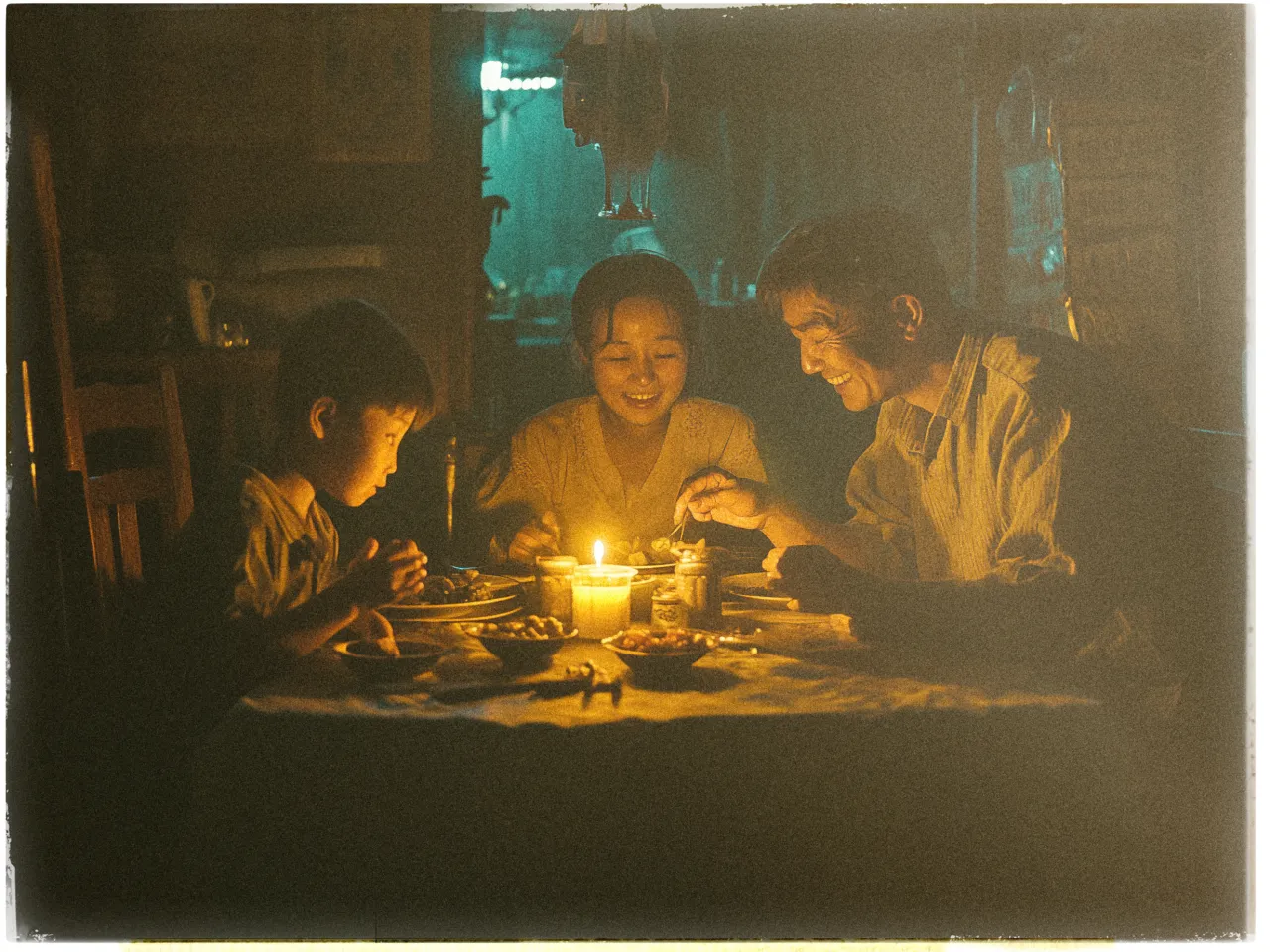
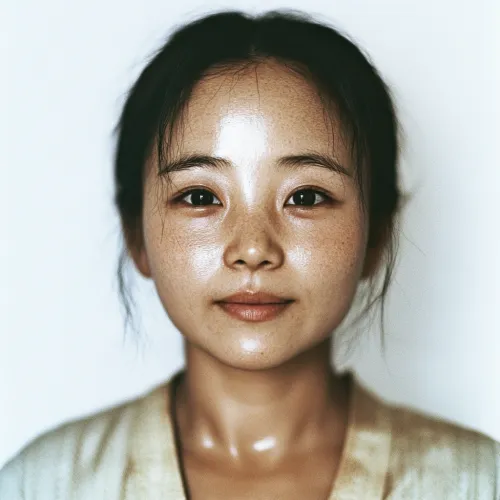 Jin-ju
Jin-ju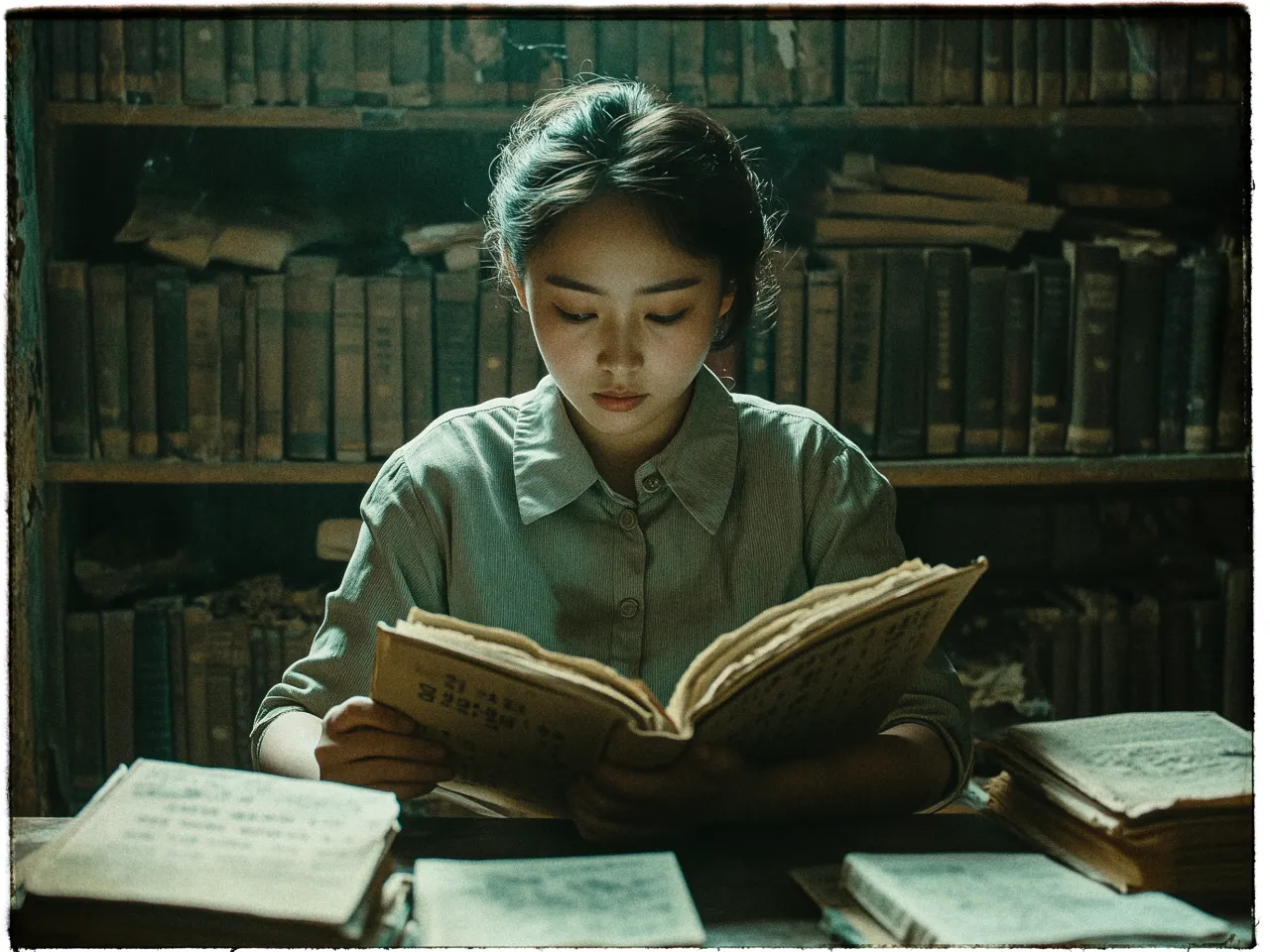
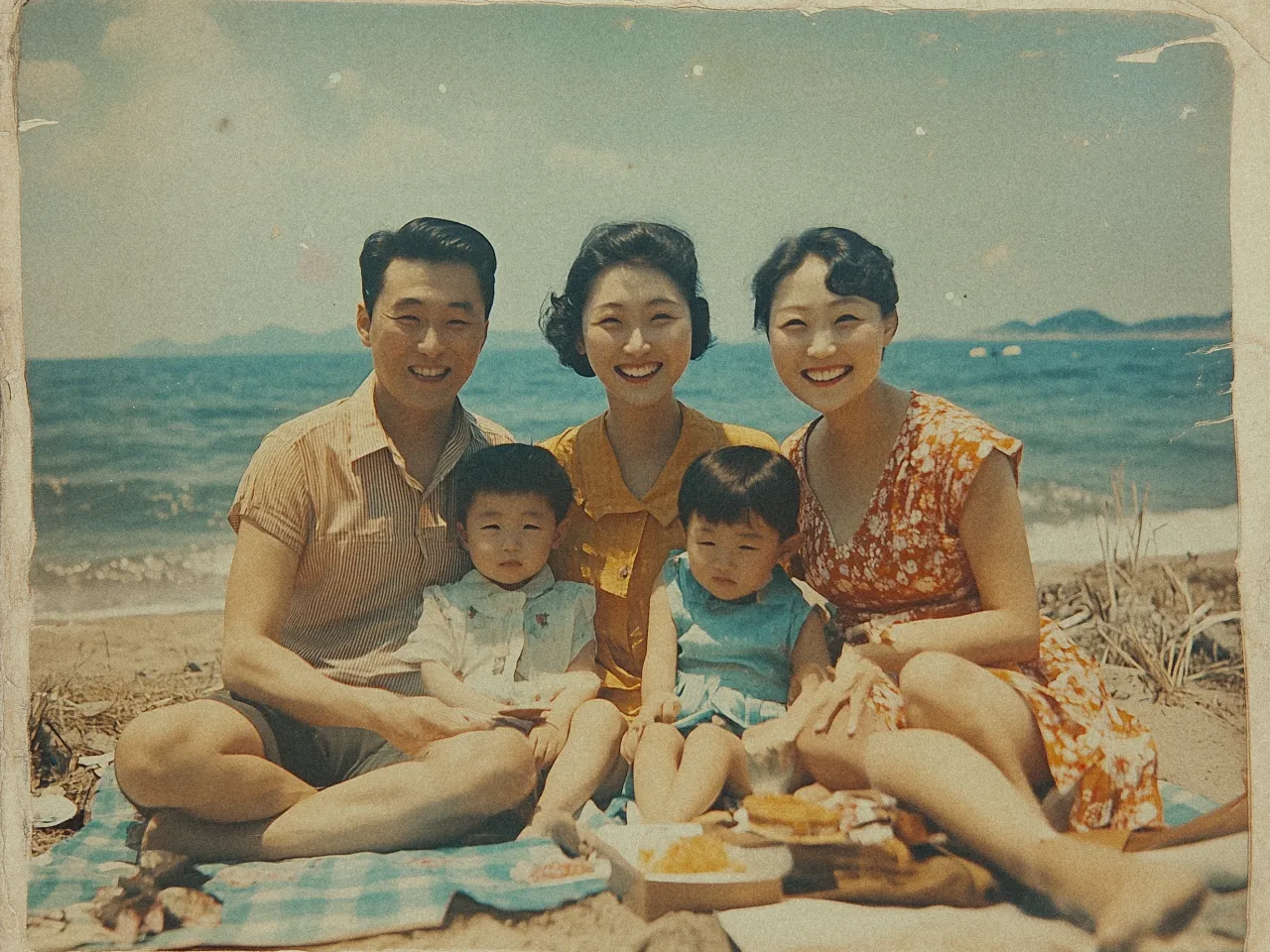
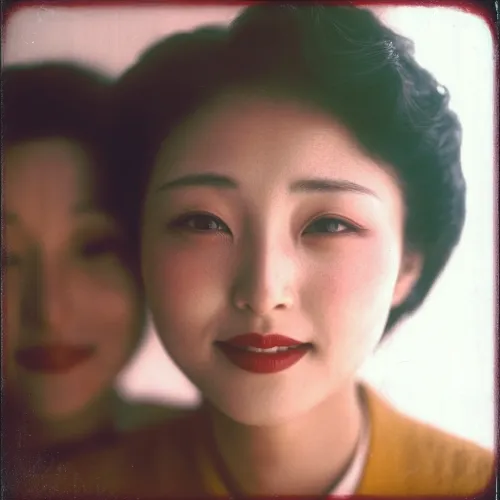 Eun-seo
Eun-seo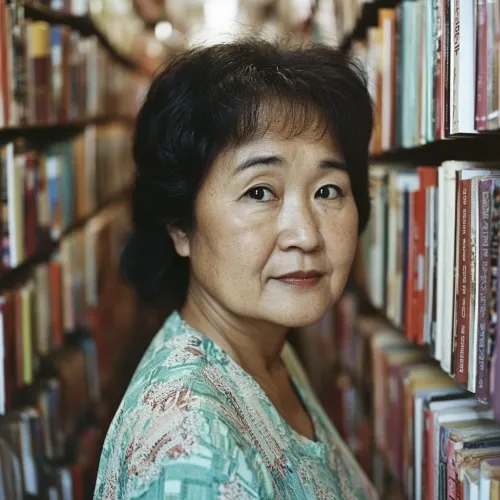 Mi-yeon
Mi-yeon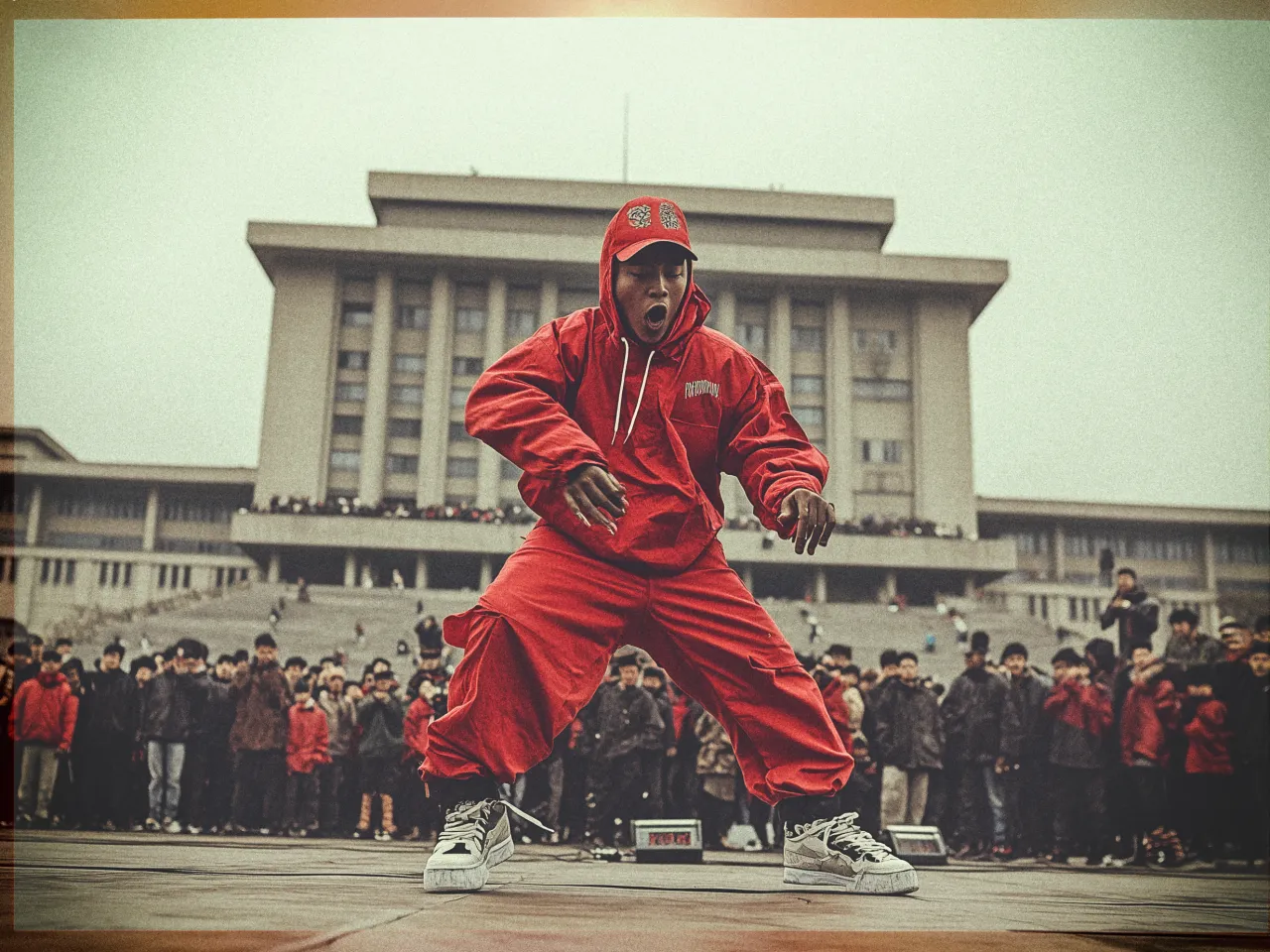
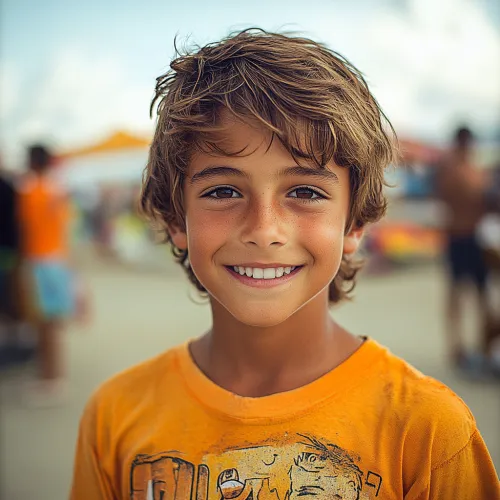 Lucas
Lucas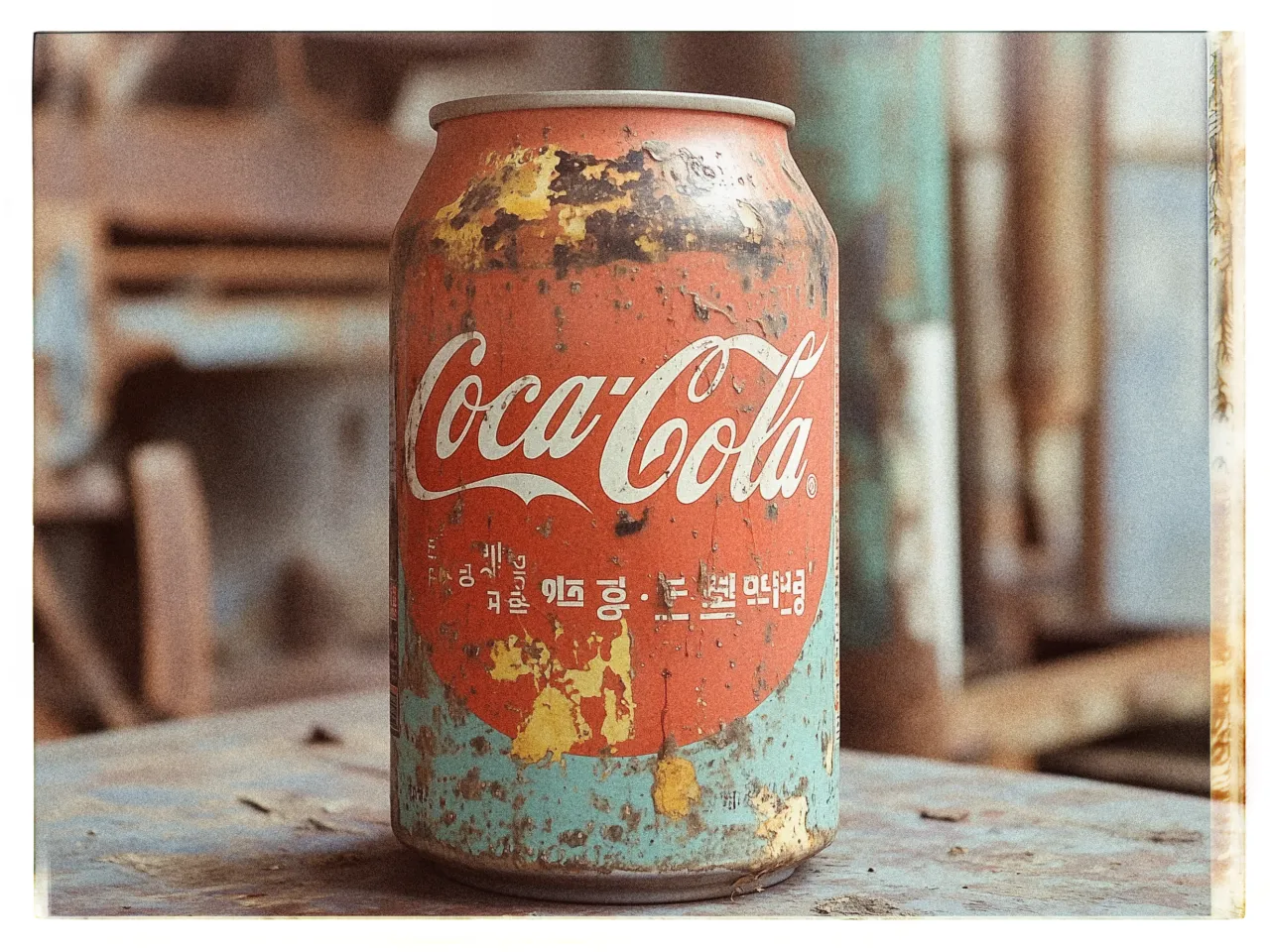
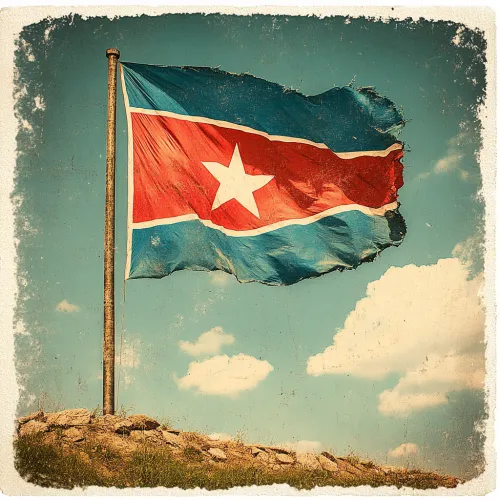 Ministry of Beverages
Ministry of Beverages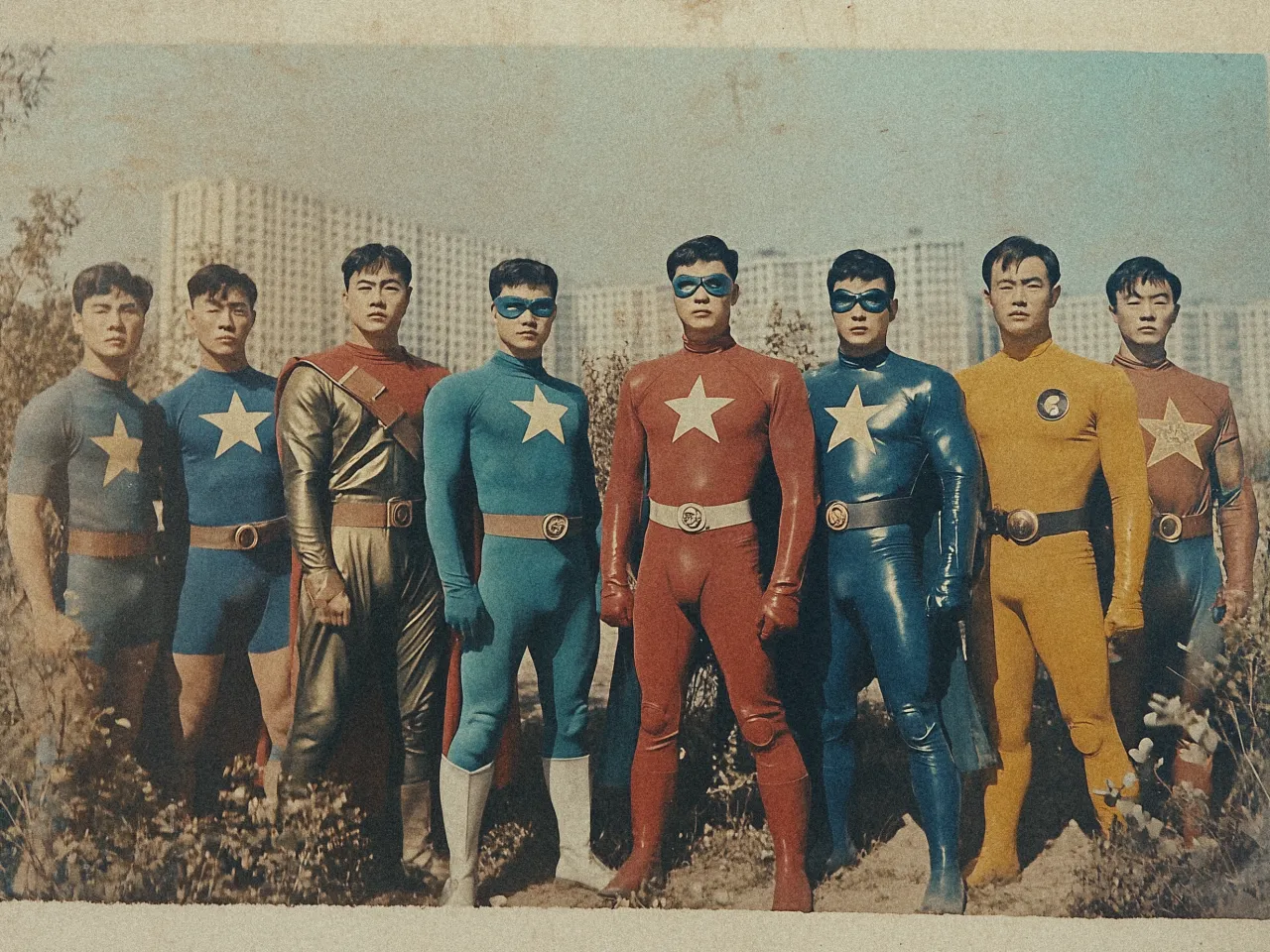
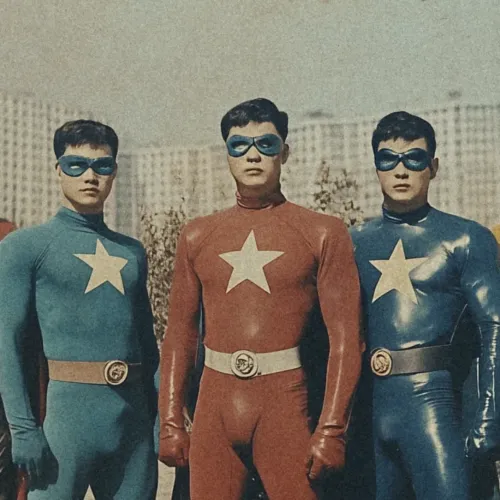 Kang-dae
Kang-dae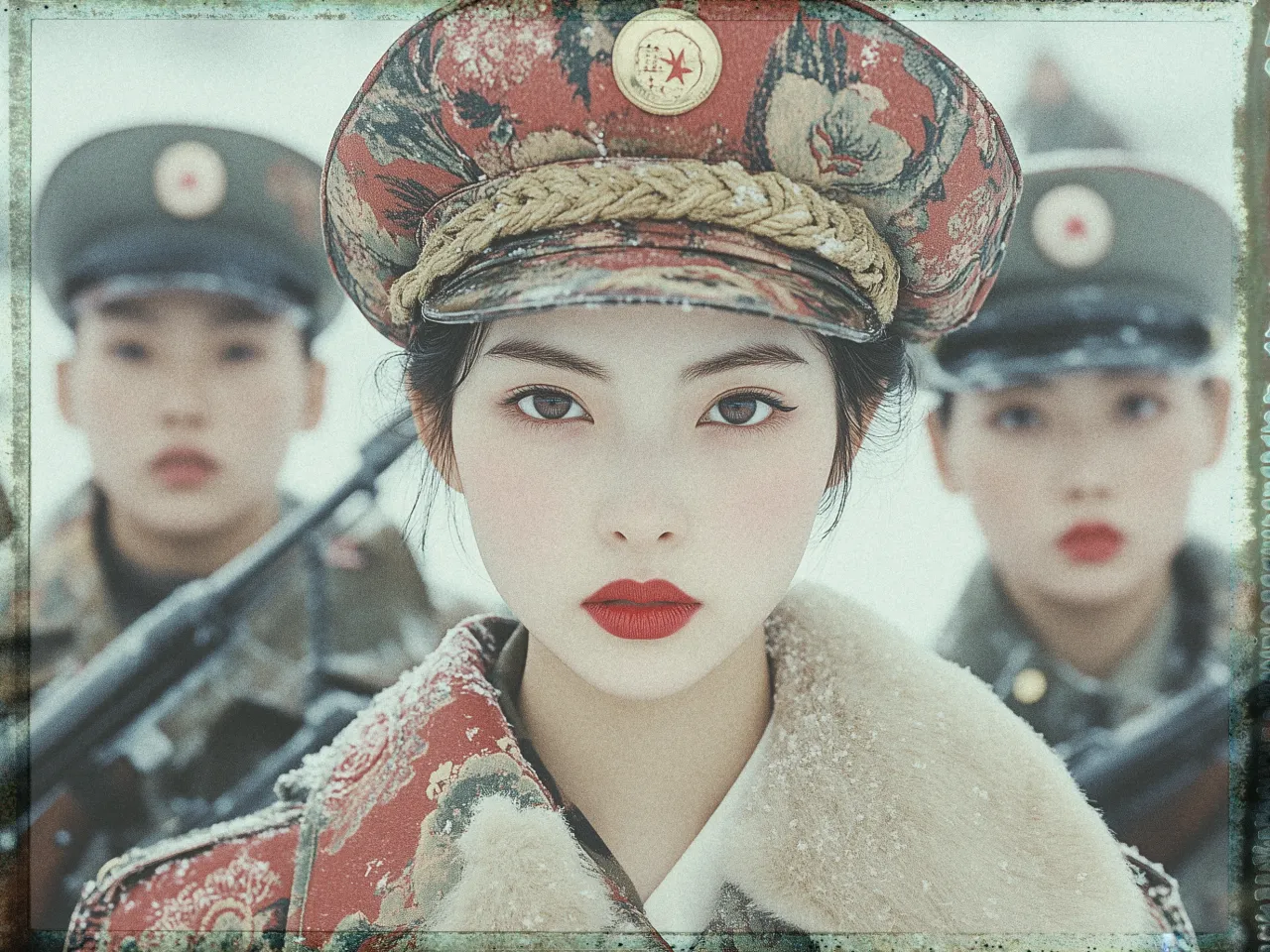
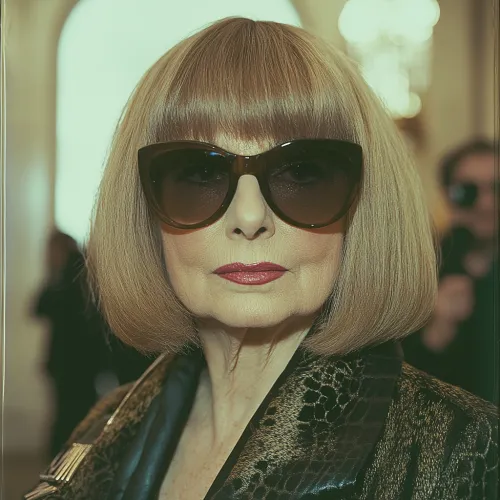 Anna Wintour
Anna Wintour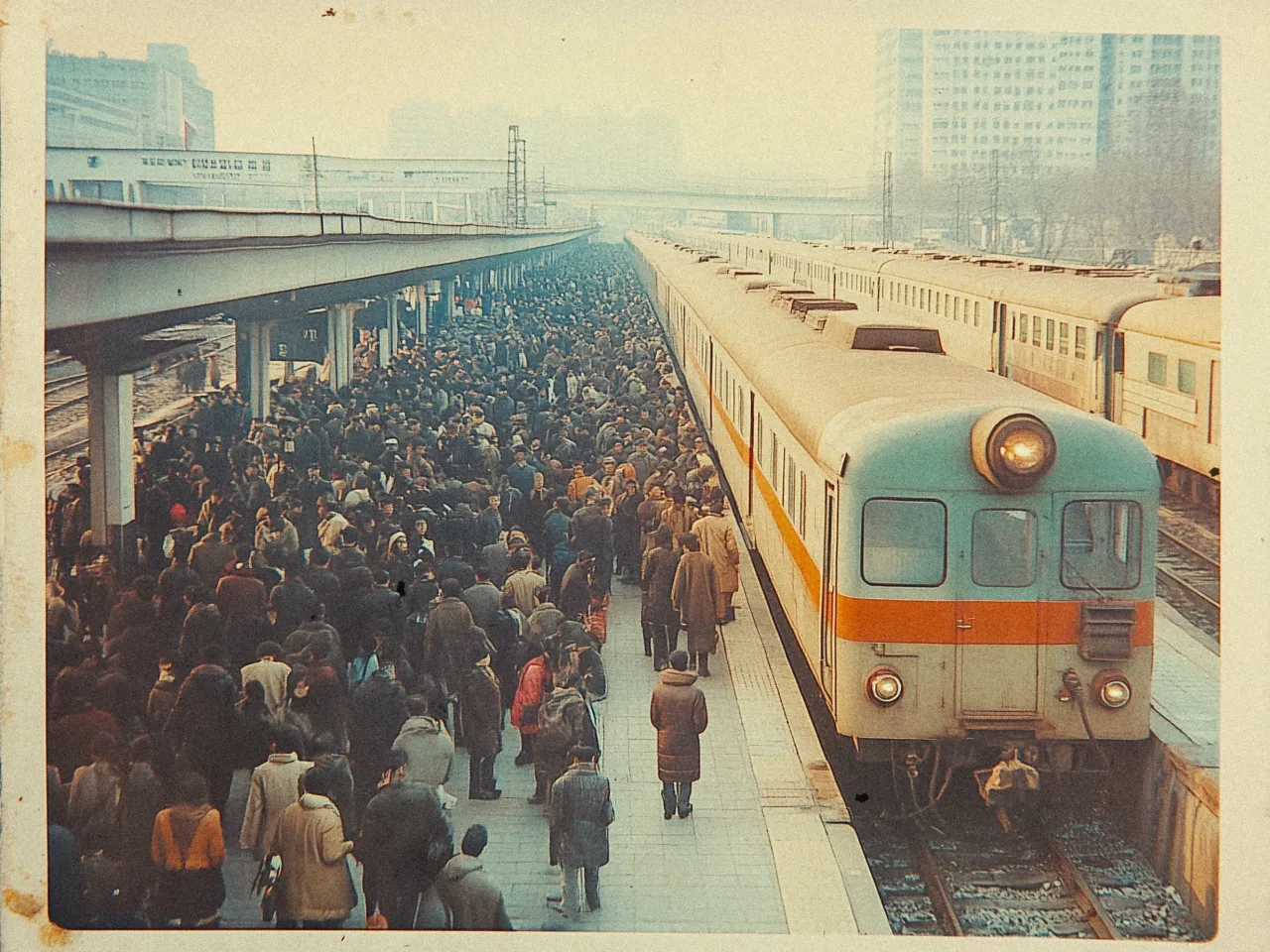
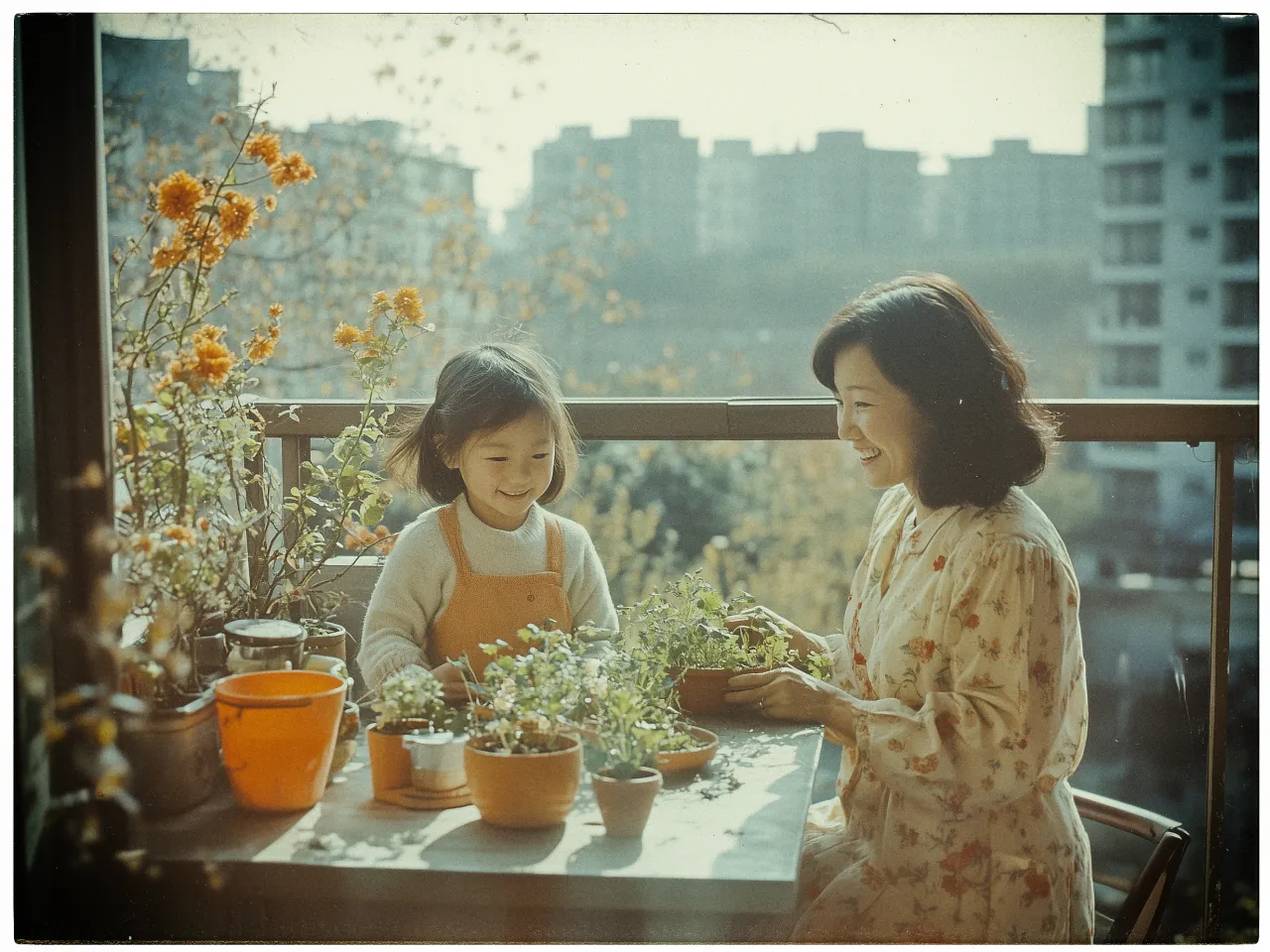
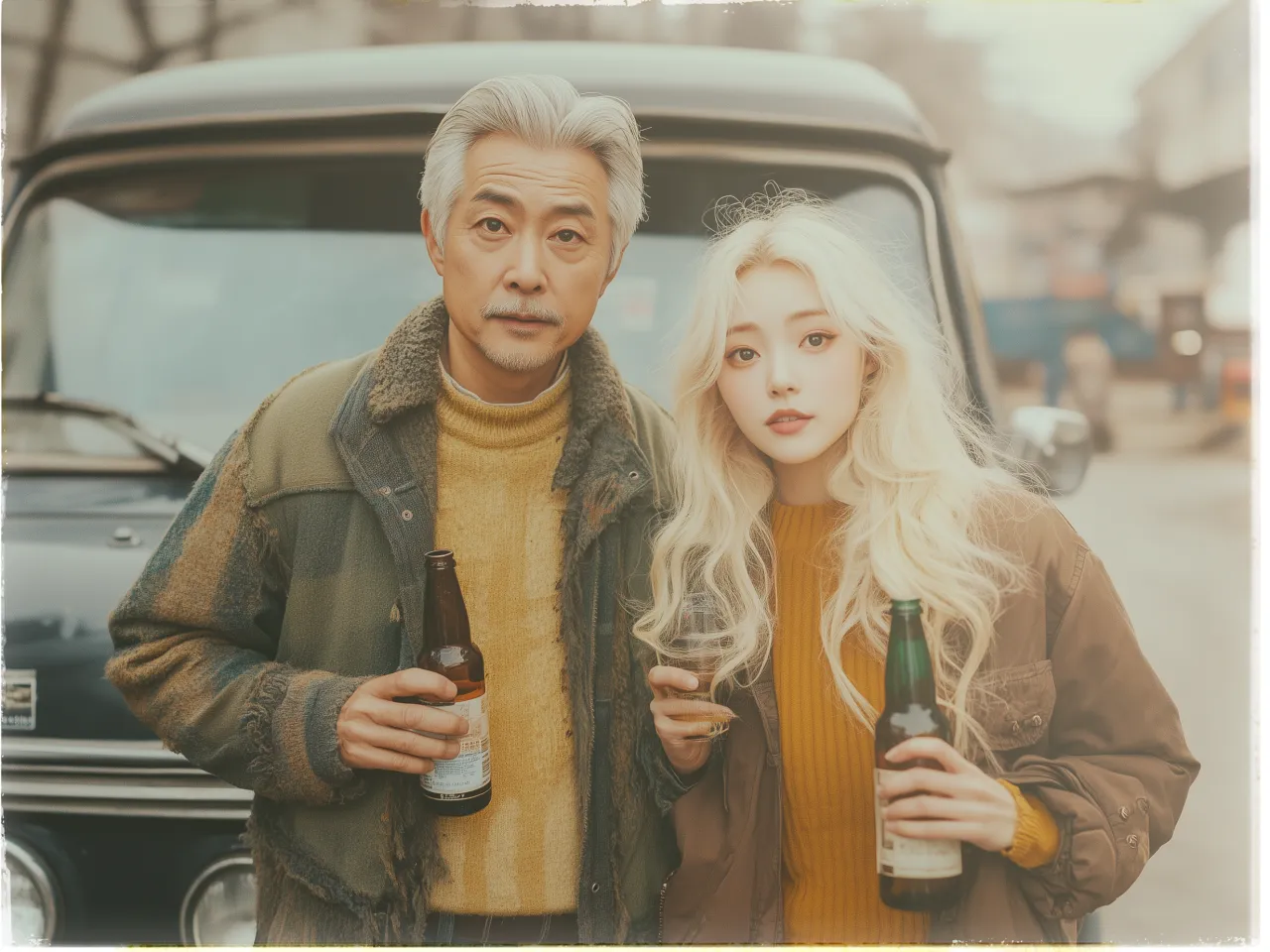
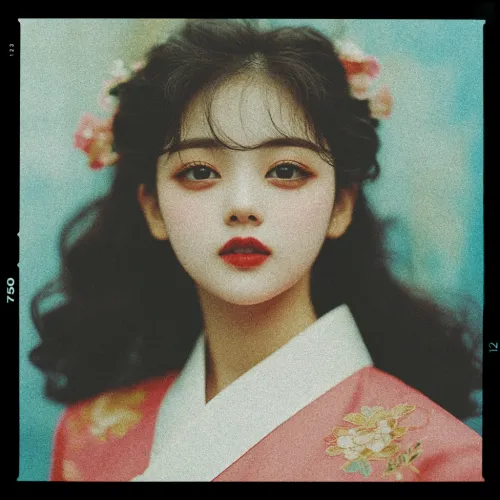 Hye-jin
Hye-jin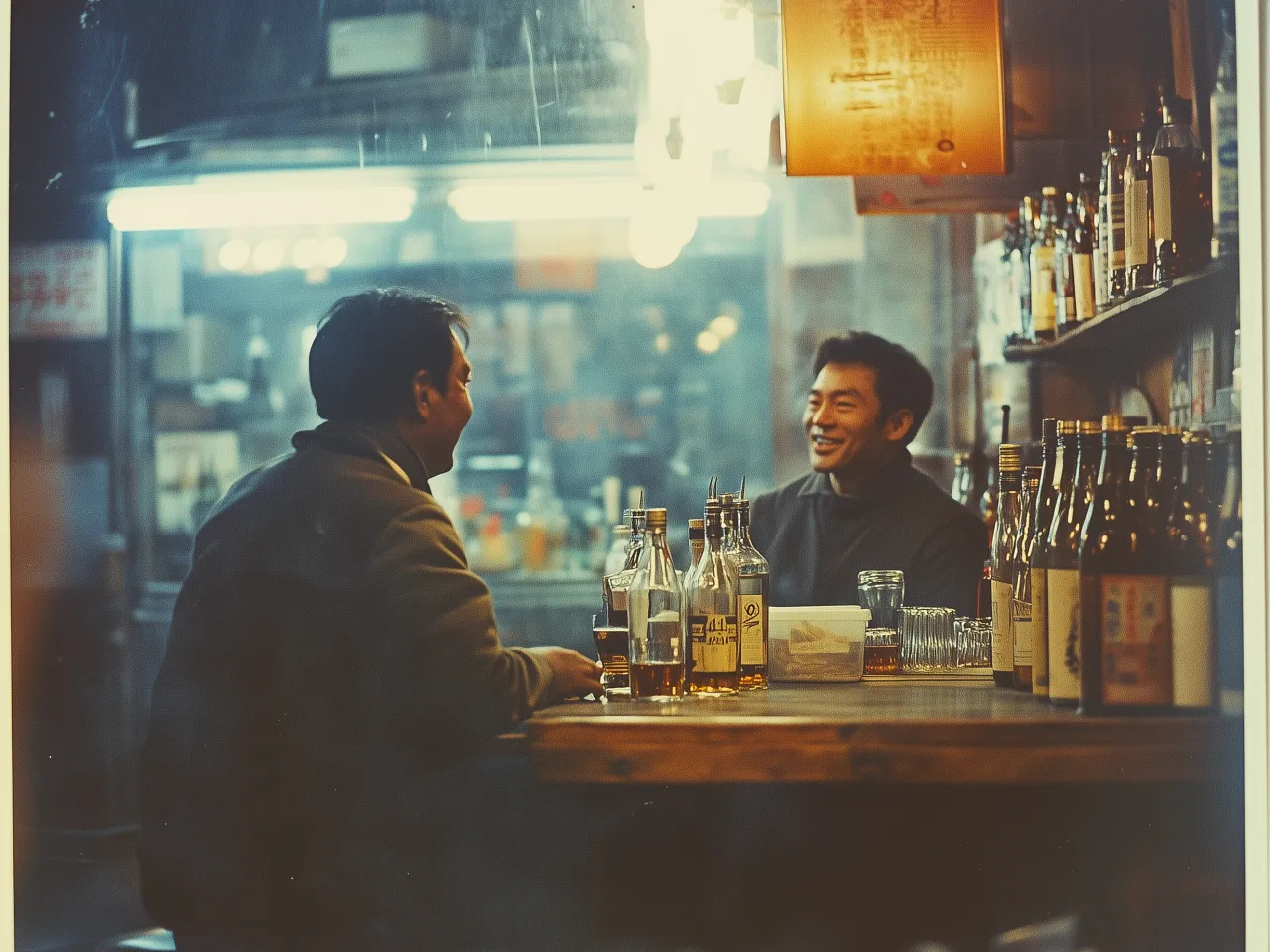
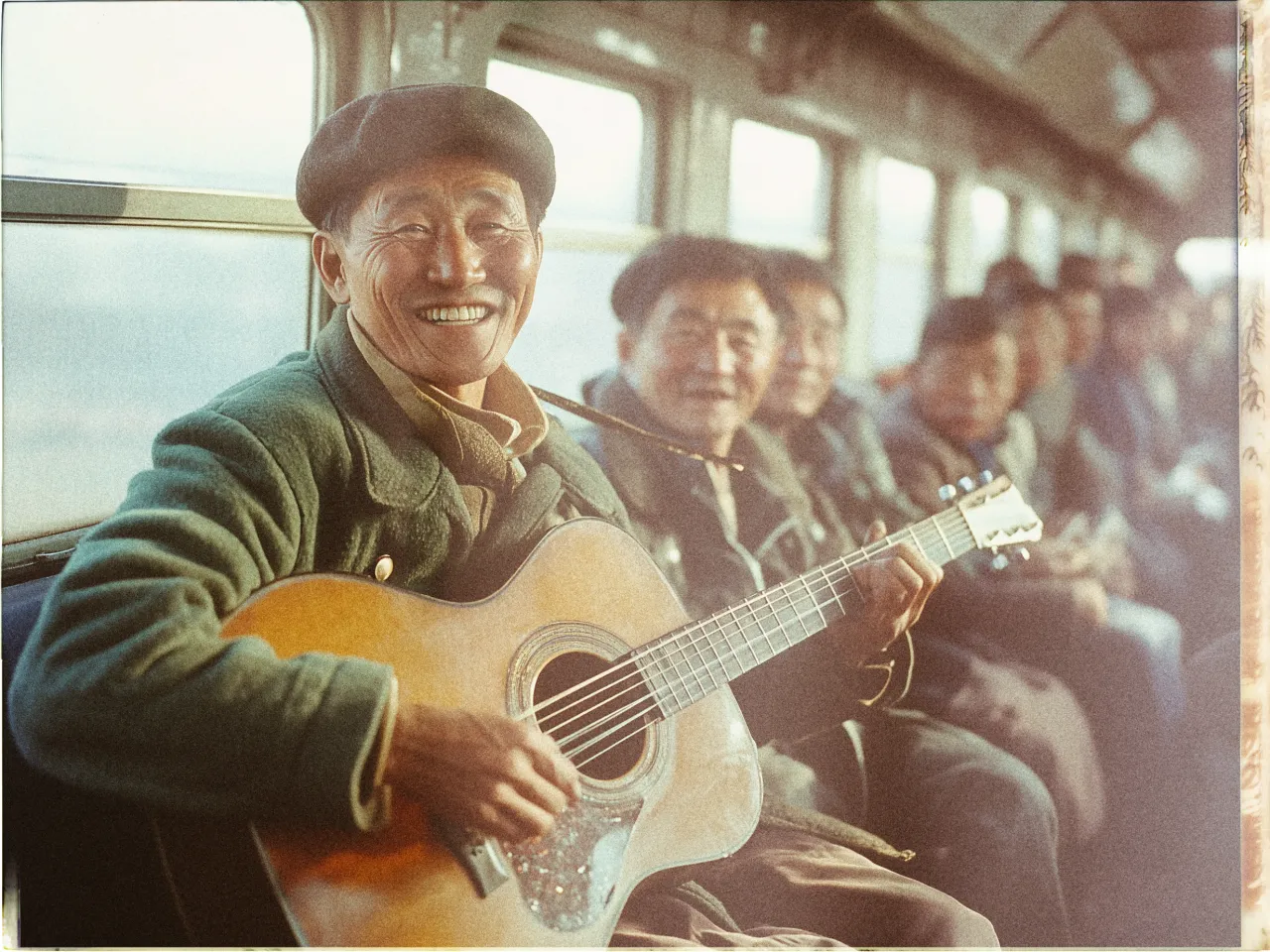
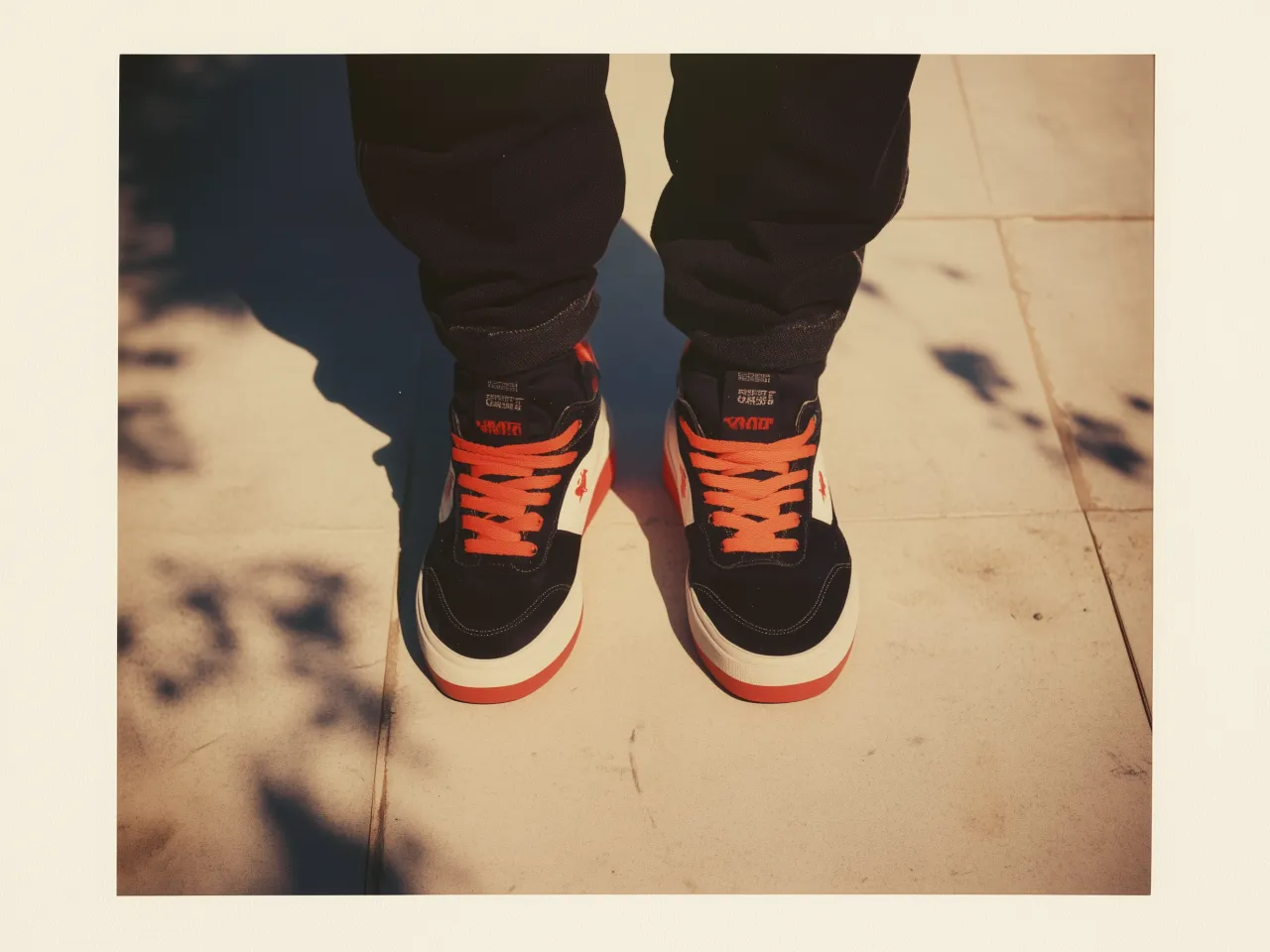
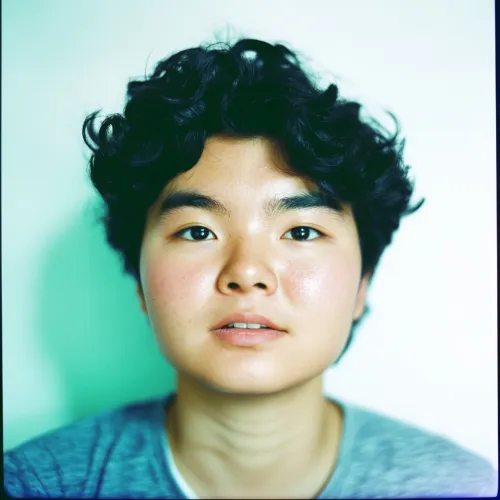 Tae-jun
Tae-jun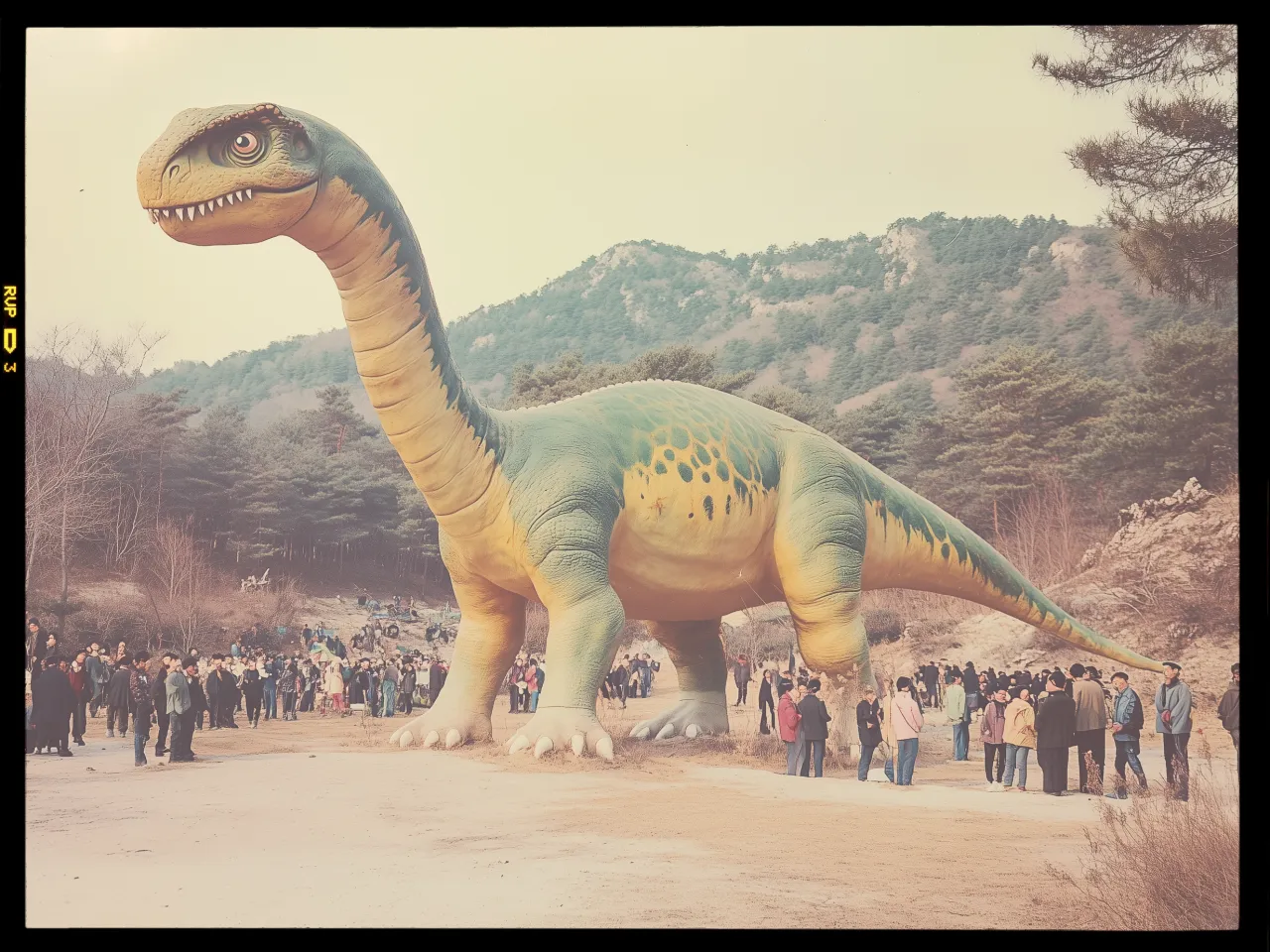
 Steven Spielberg
Steven Spielberg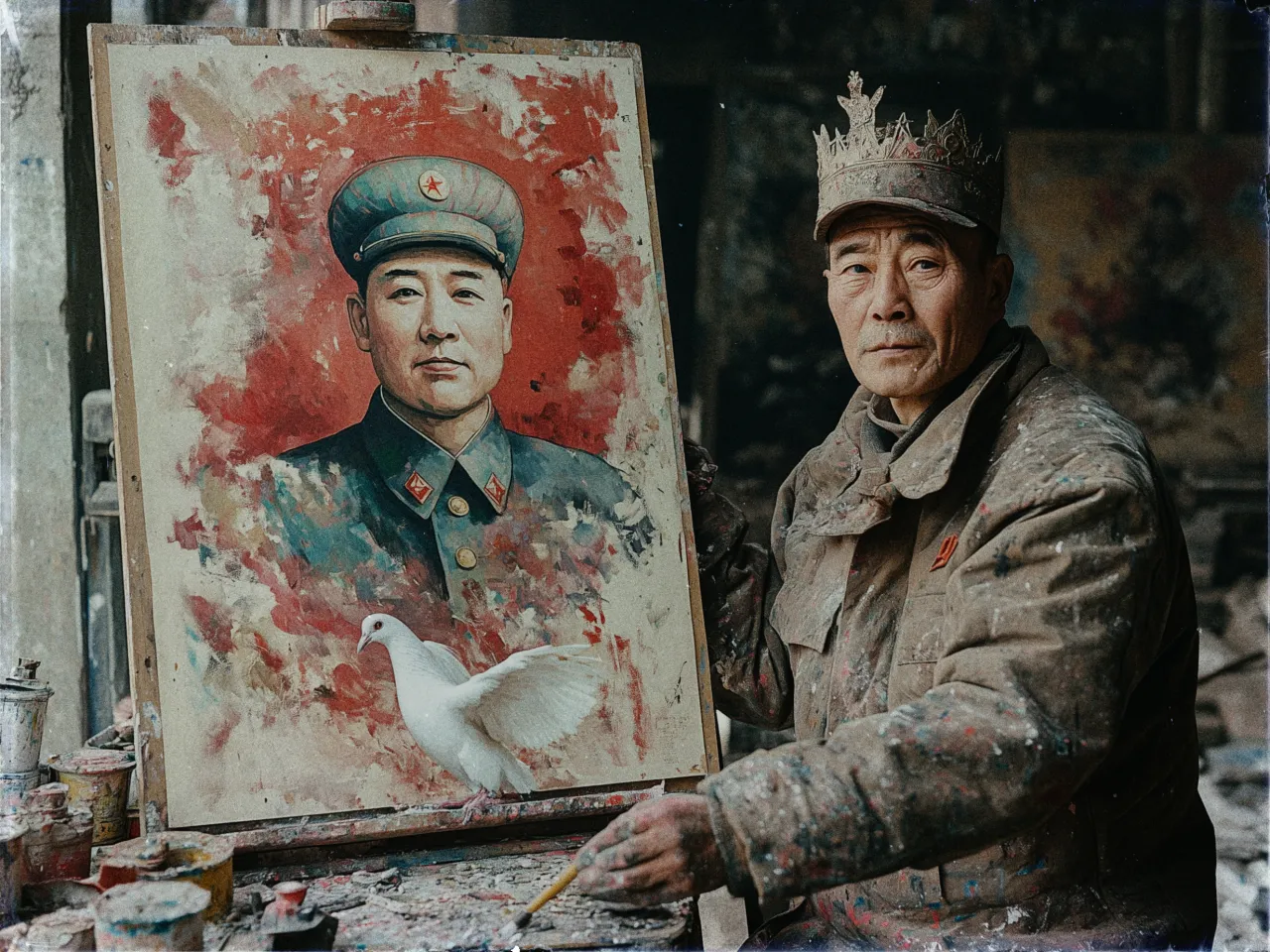
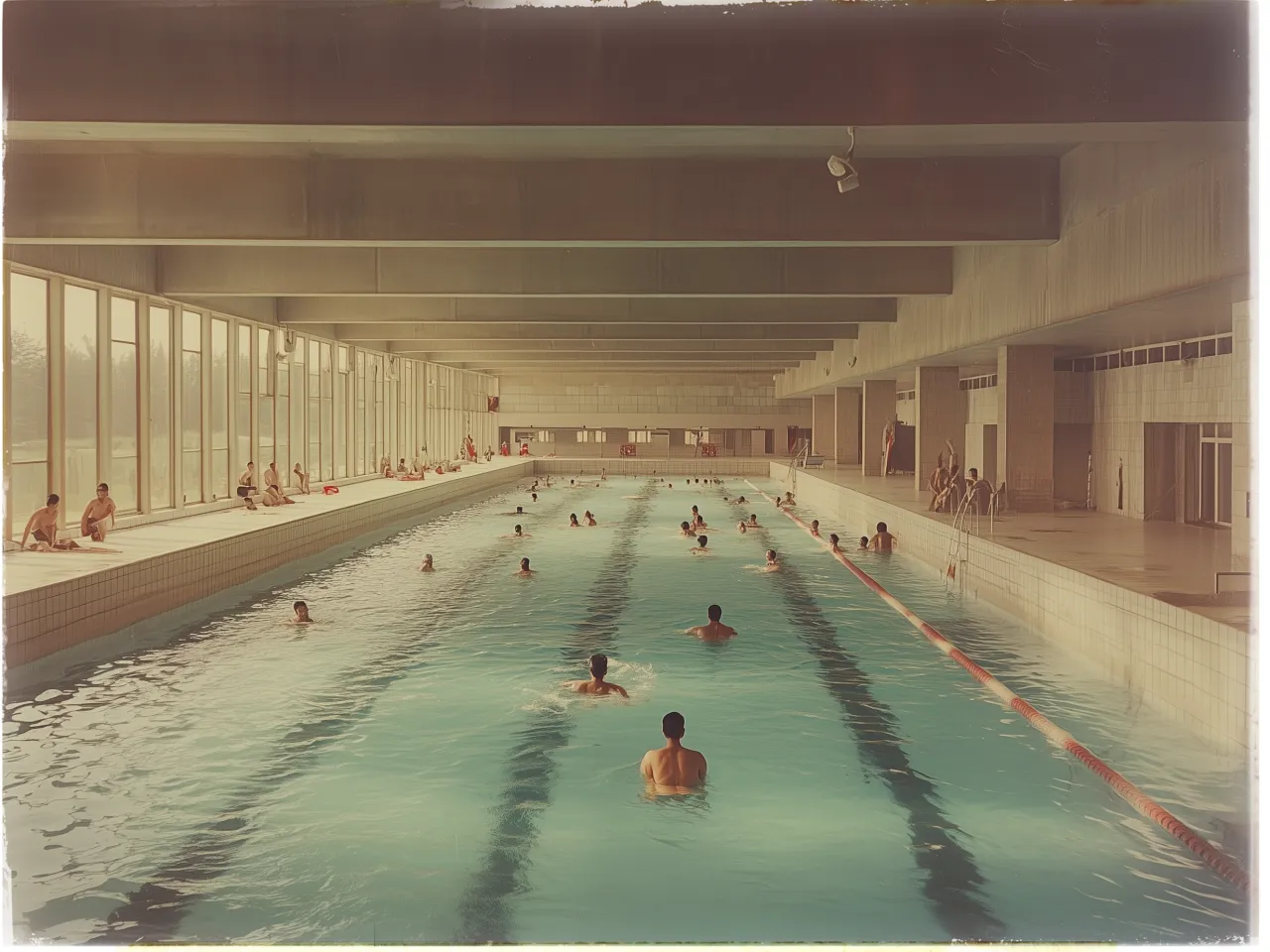
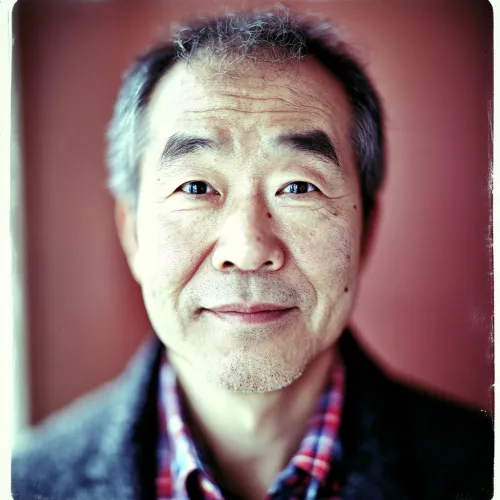 Ji-hoon
Ji-hoon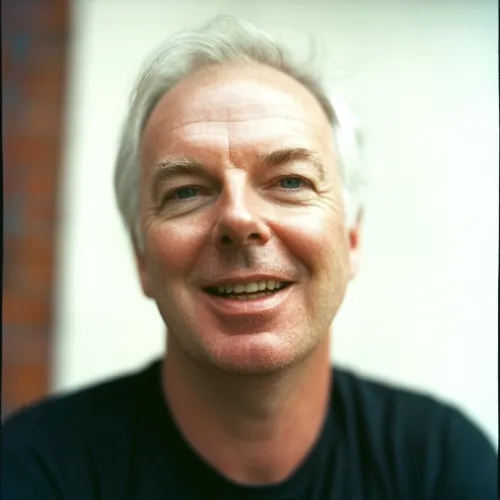 David Chipperfield
David Chipperfield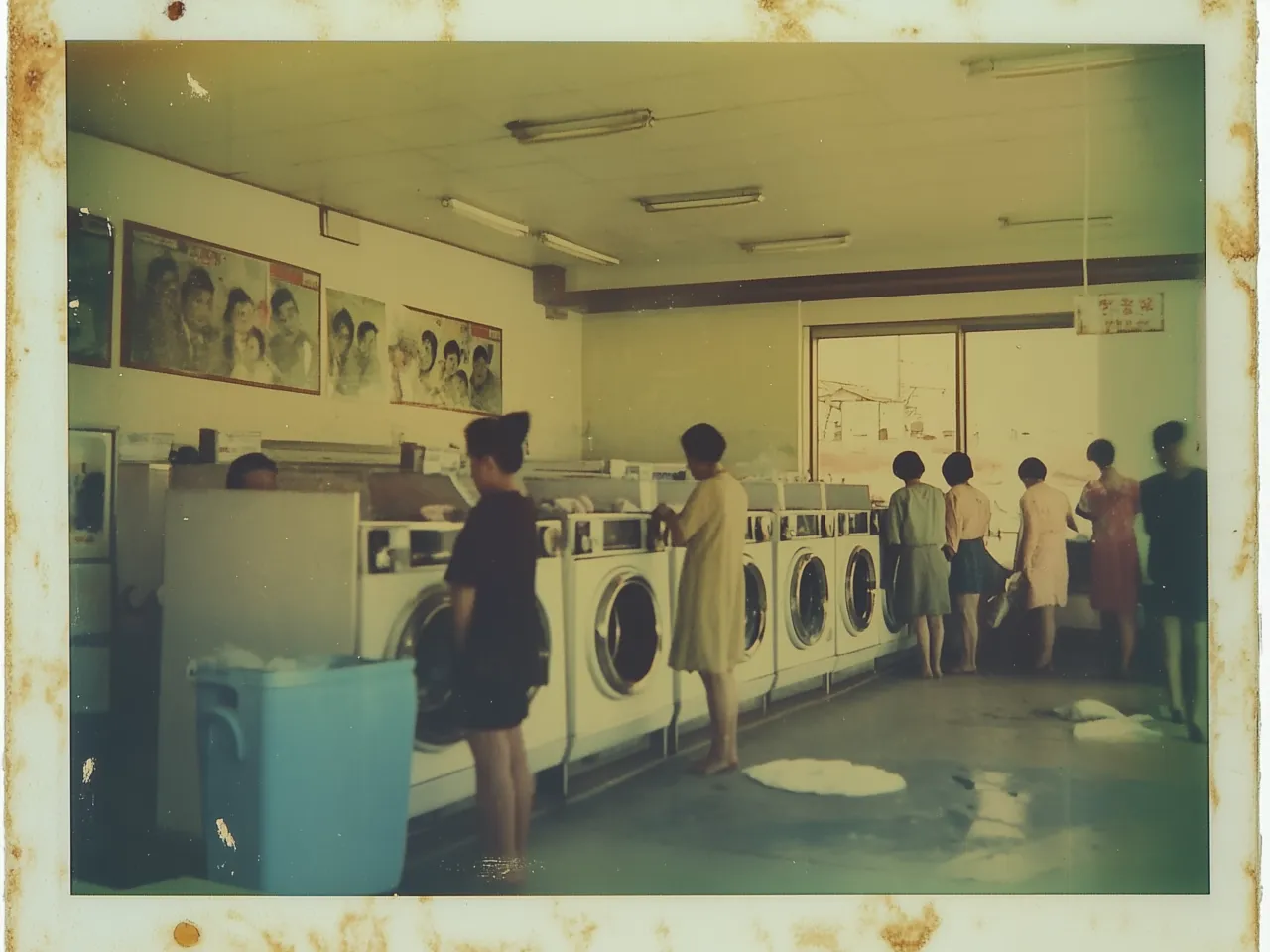
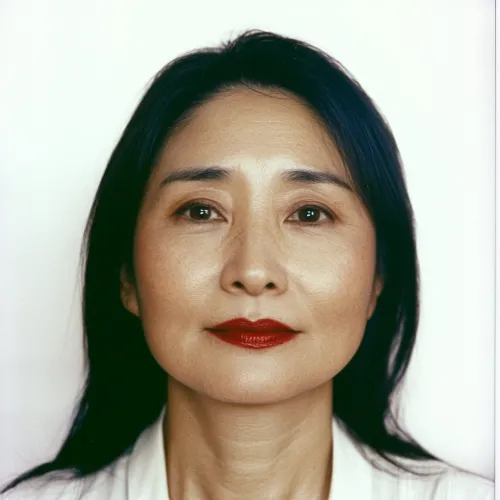 Hye-sook
Hye-sook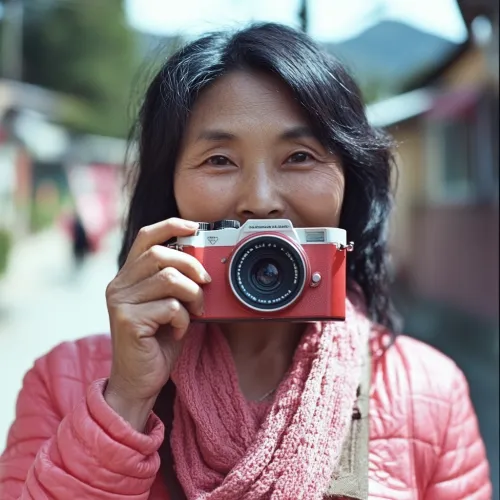 Eun-hee
Eun-hee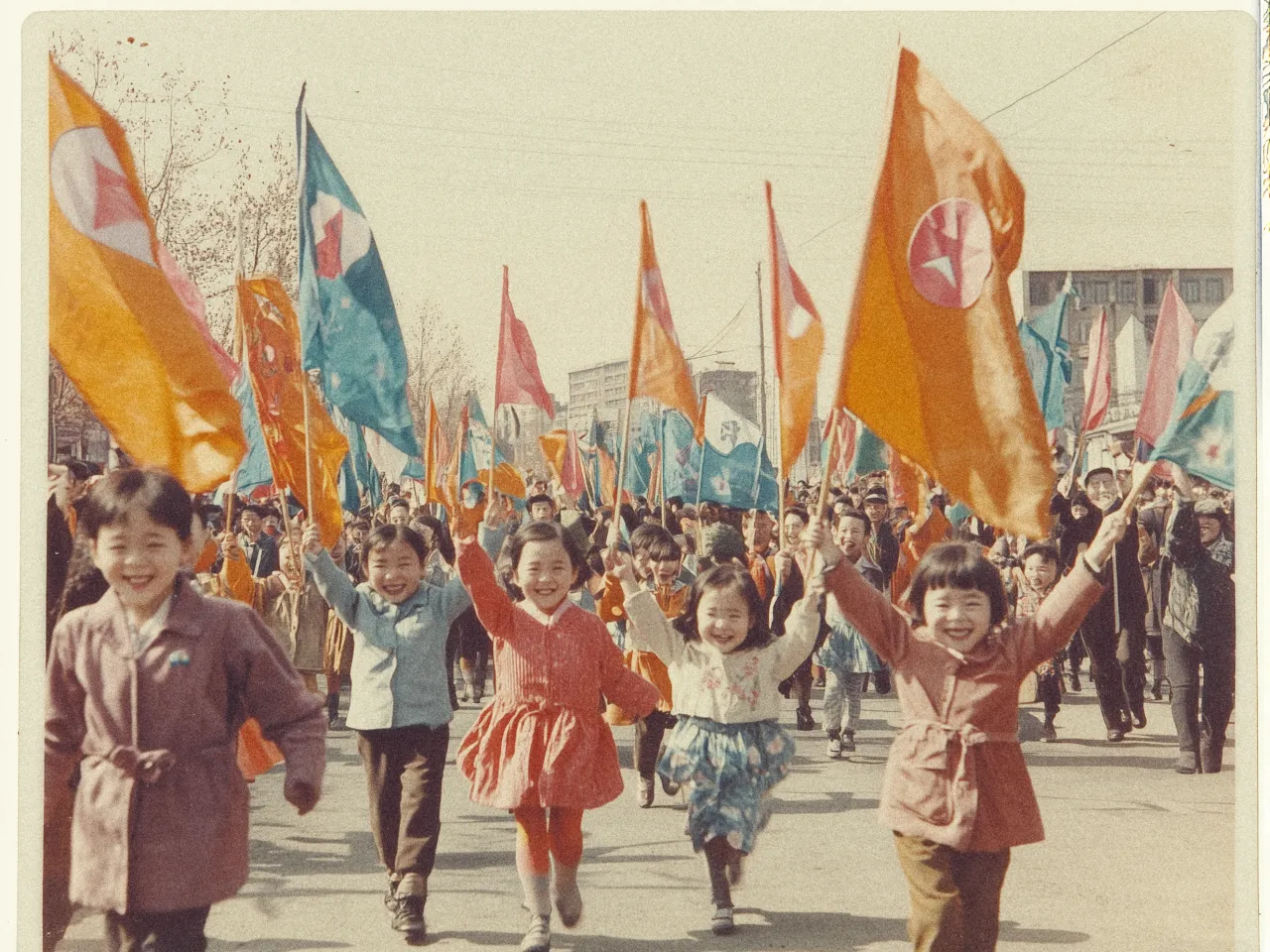
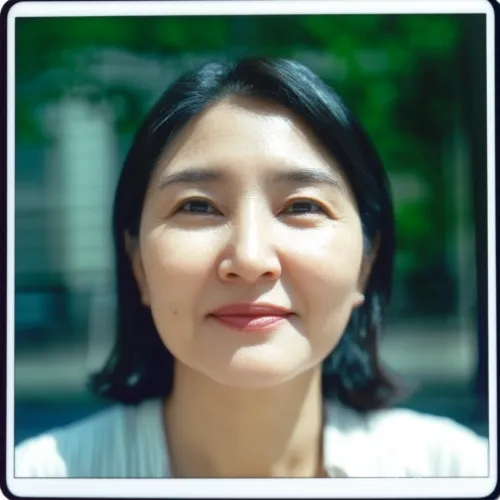 So-yeon
So-yeon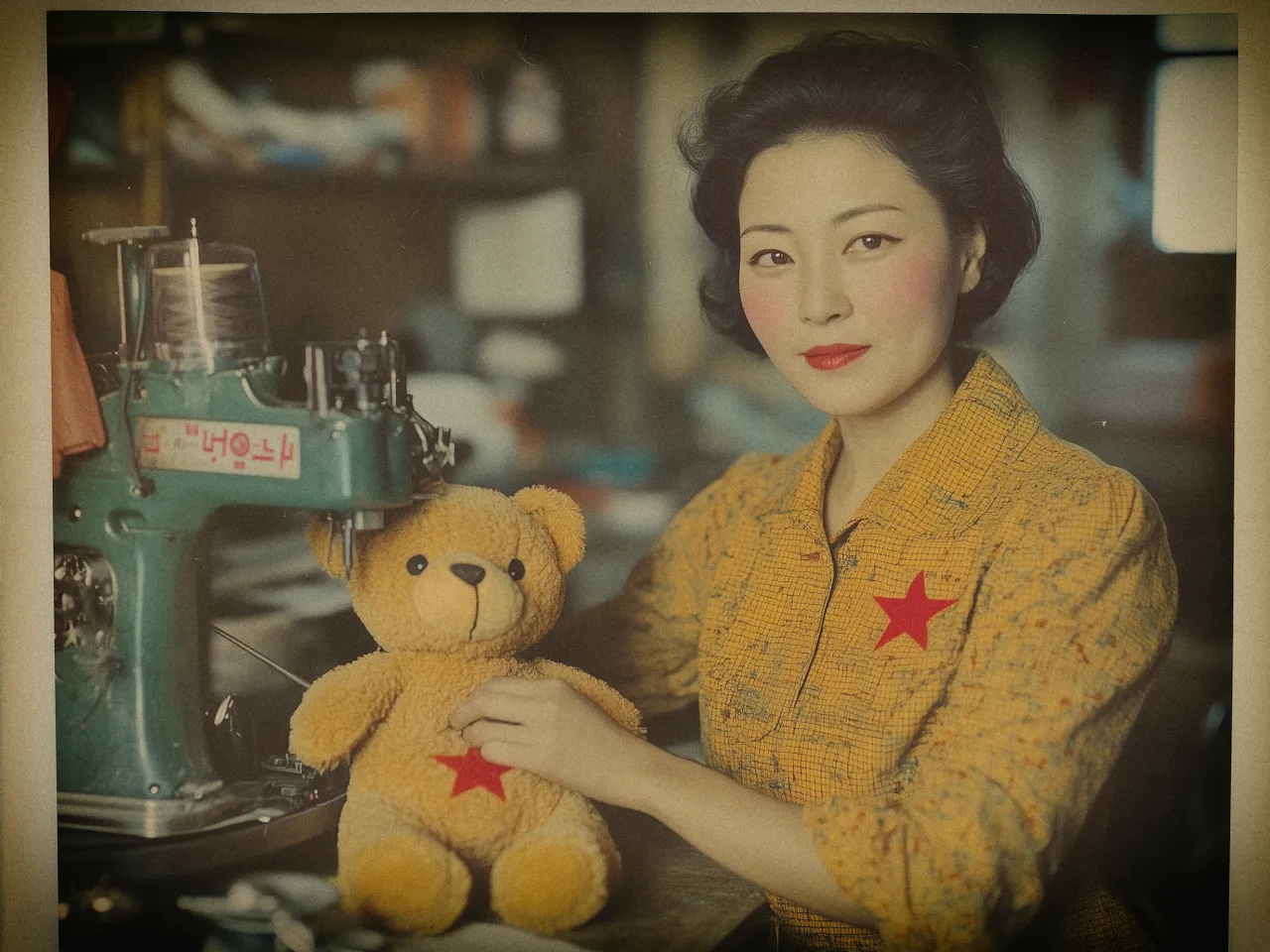
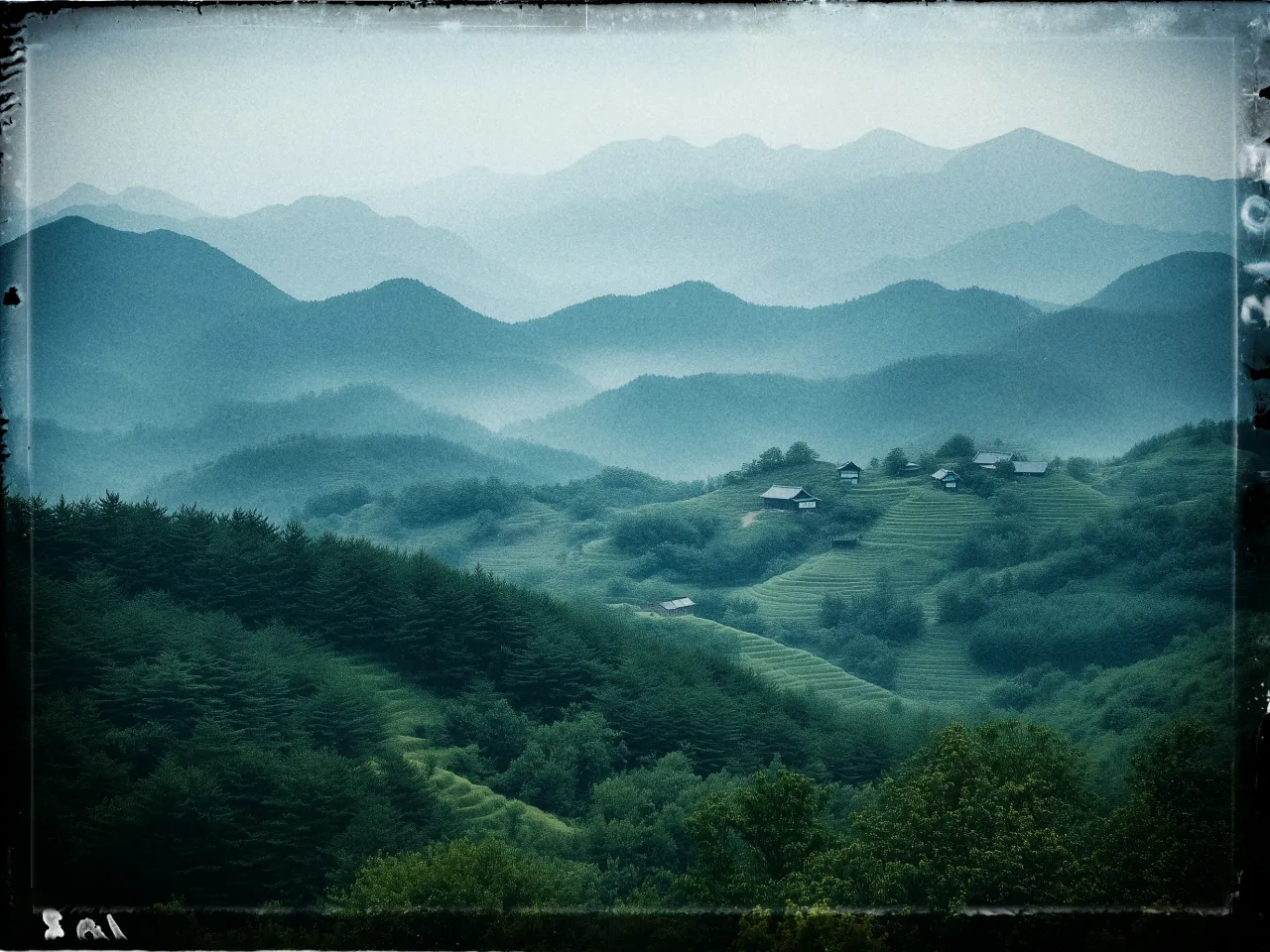
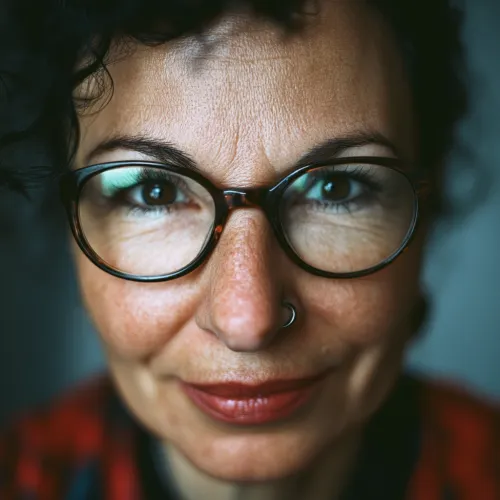 Gerda
Gerda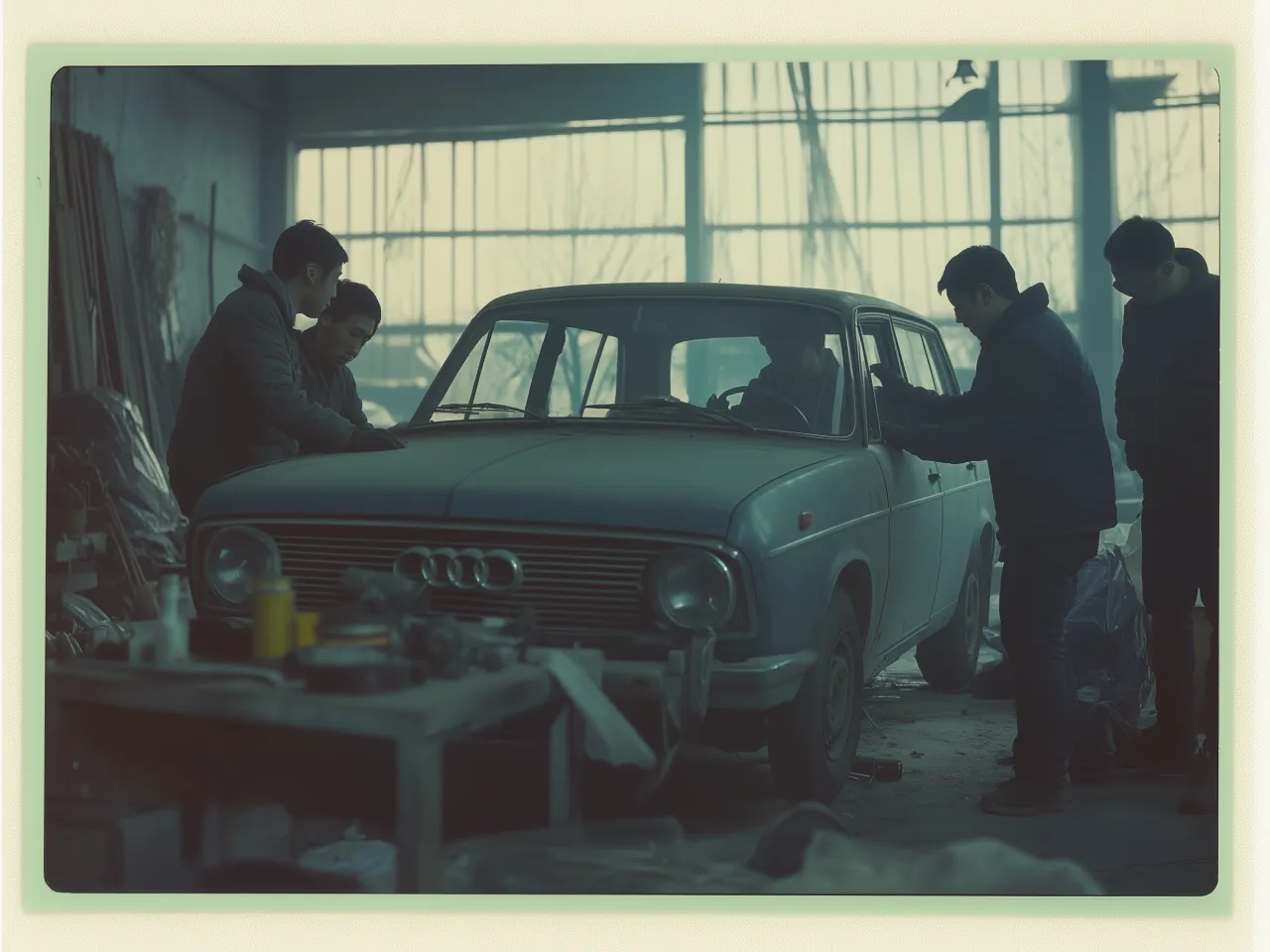
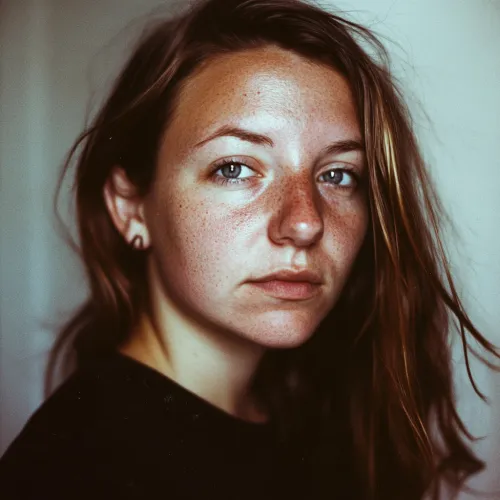 Lea
Lea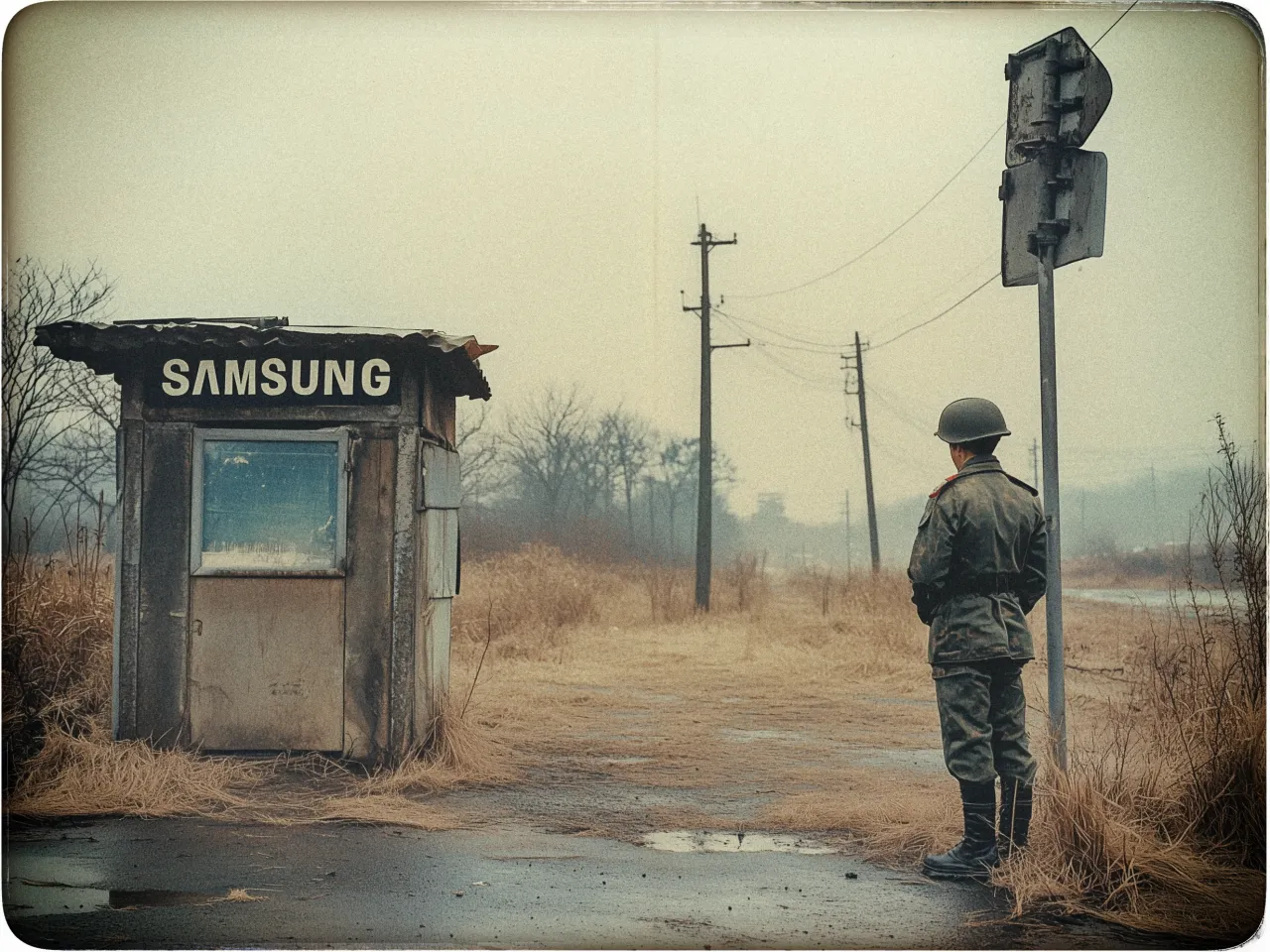
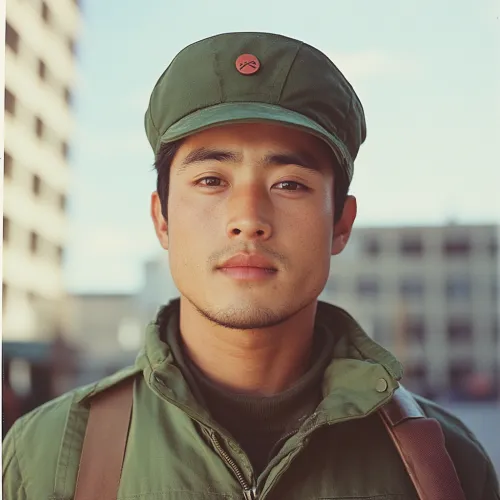 Min-soo
Min-soo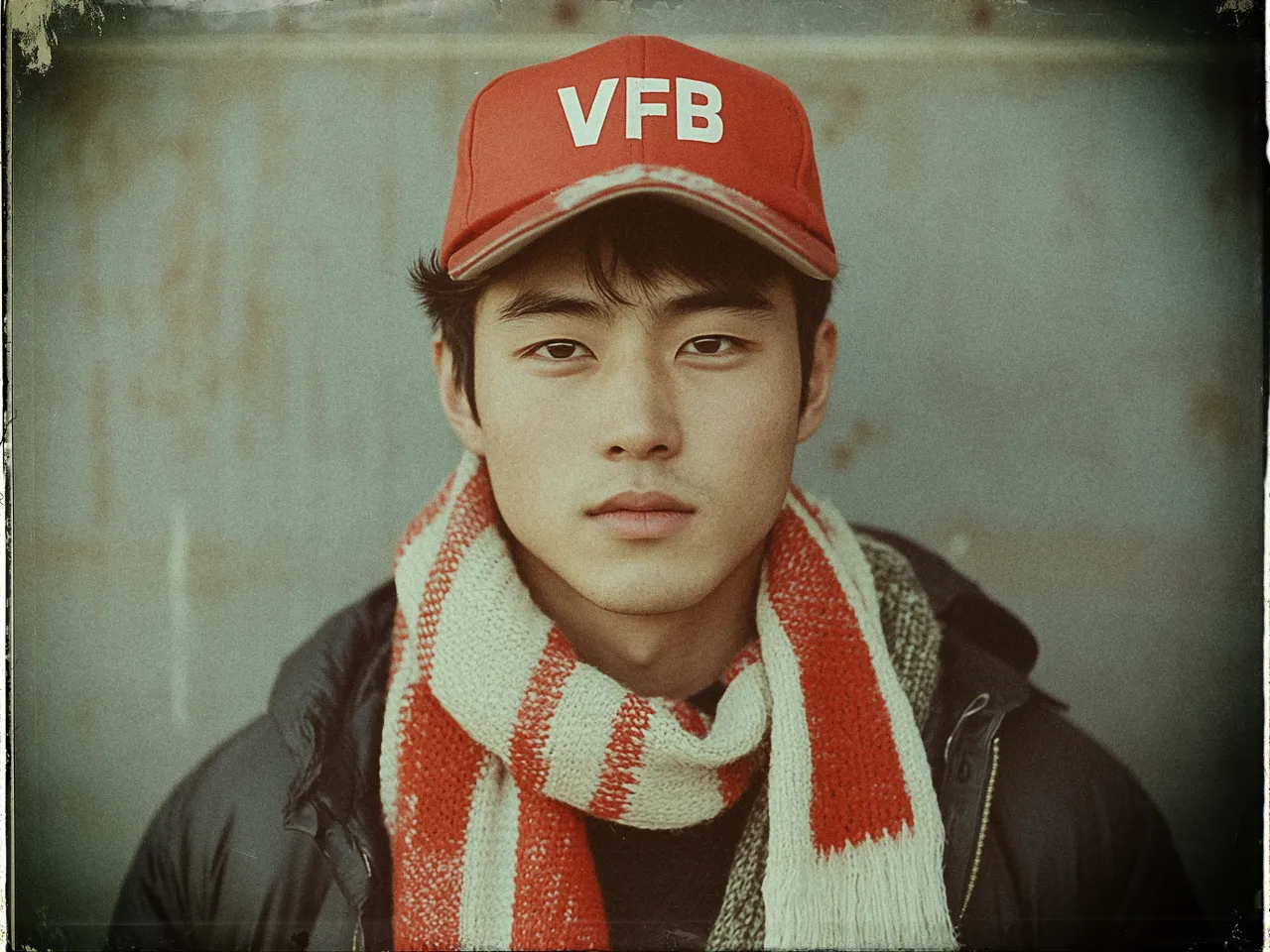
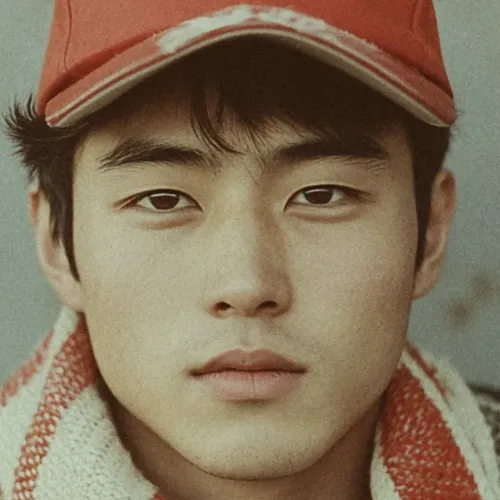 Tae-hyun
Tae-hyun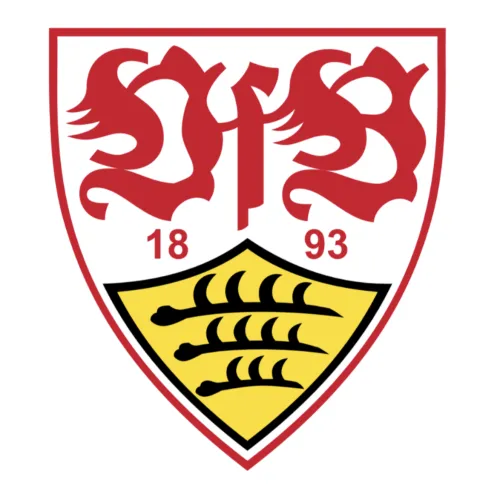 VFB Stuttgart
VFB Stuttgart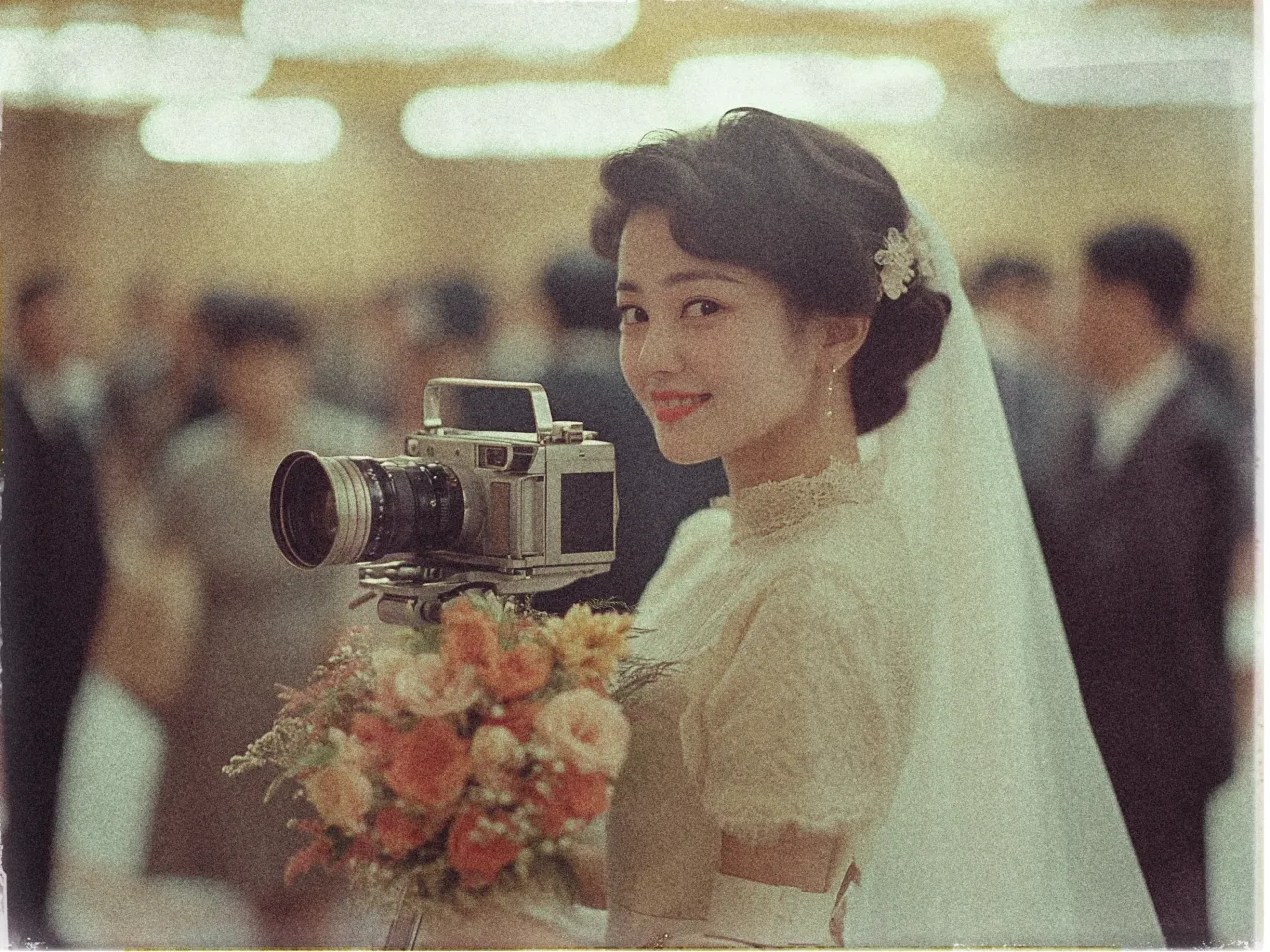
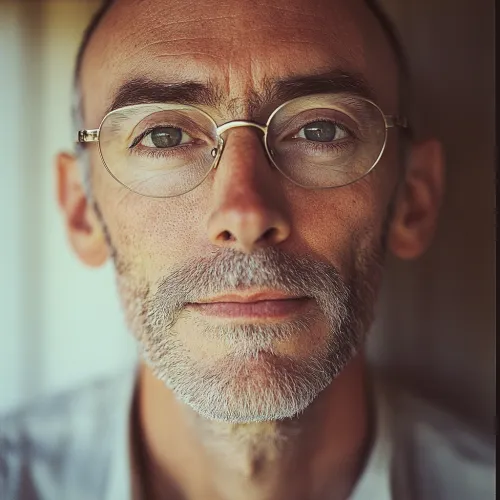 Eddy
Eddy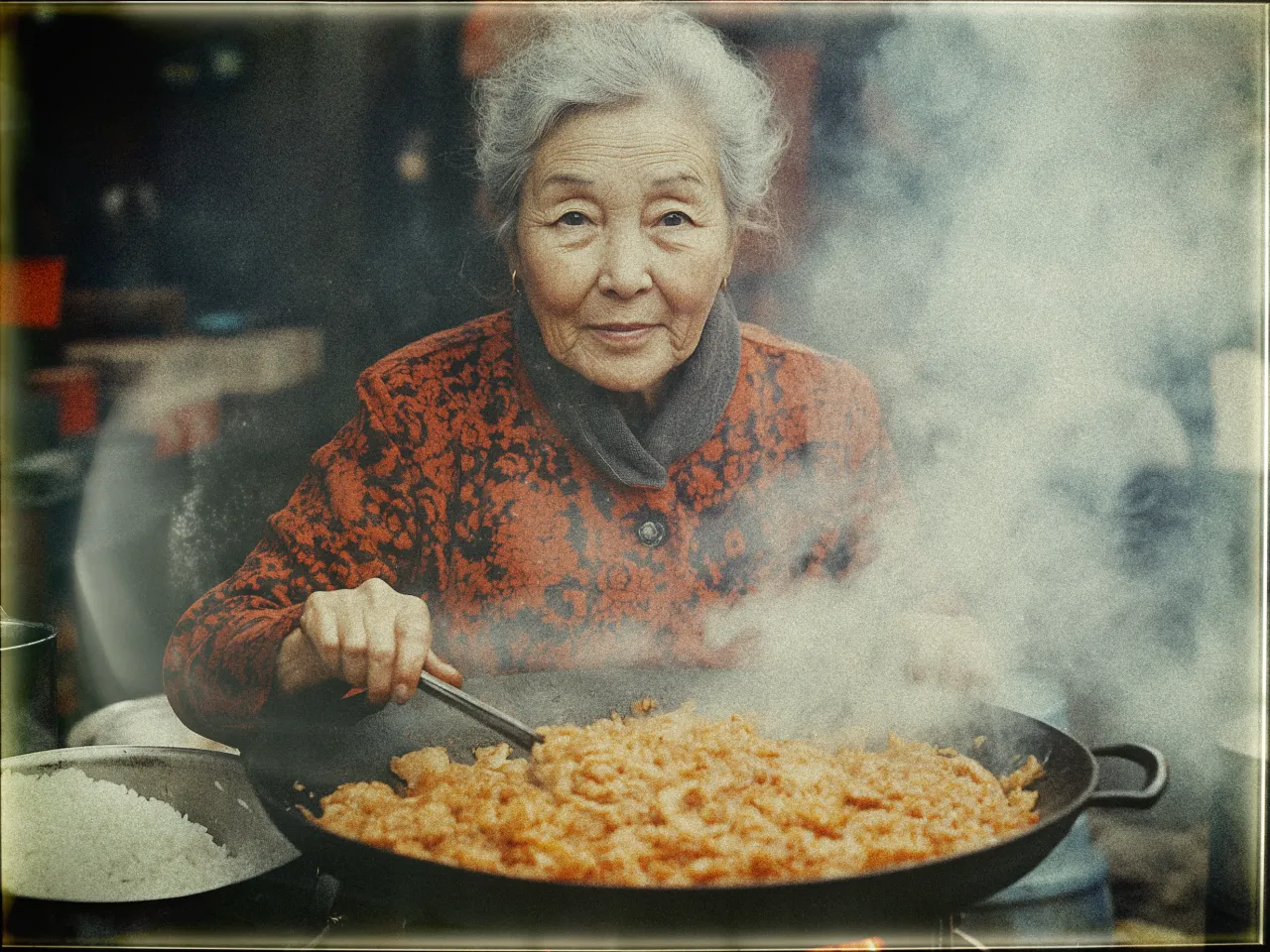
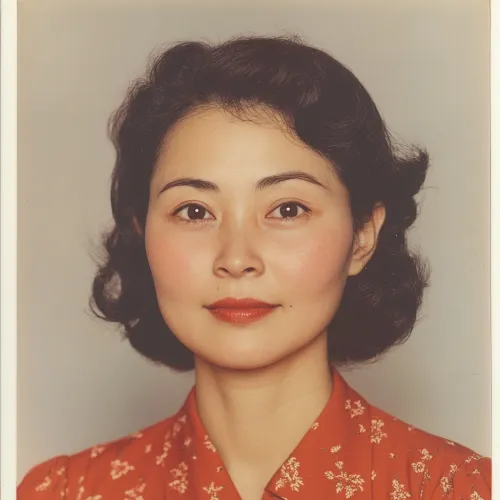 Hye-sun
Hye-sun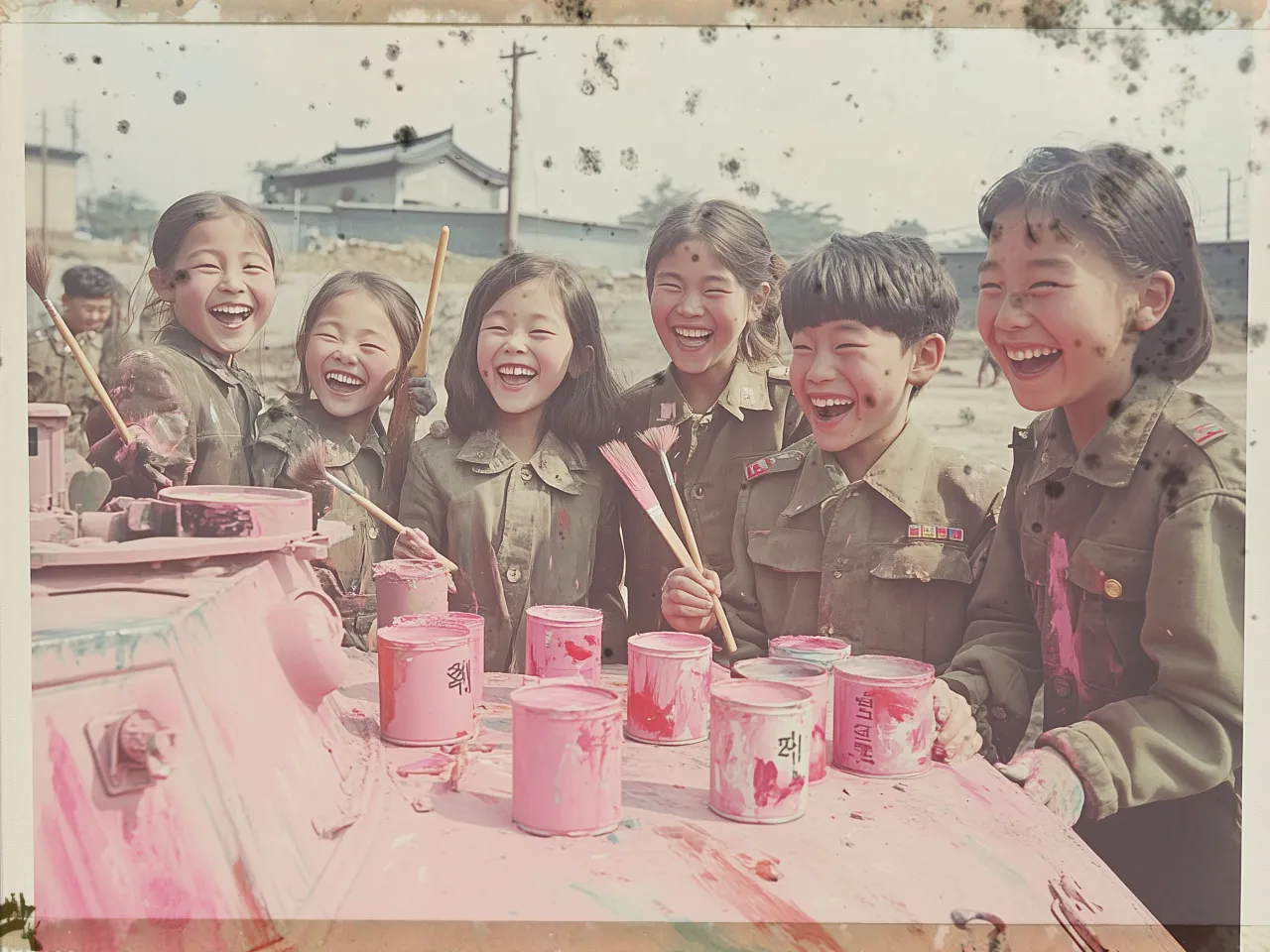
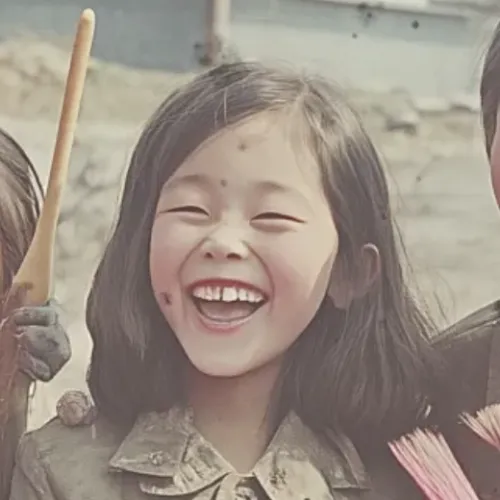 Hana
Hana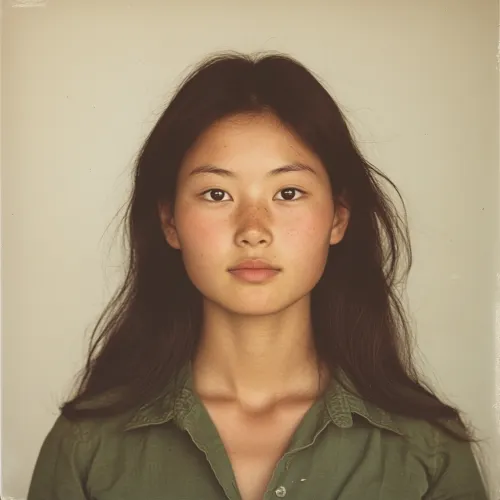 Eun-mi
Eun-mi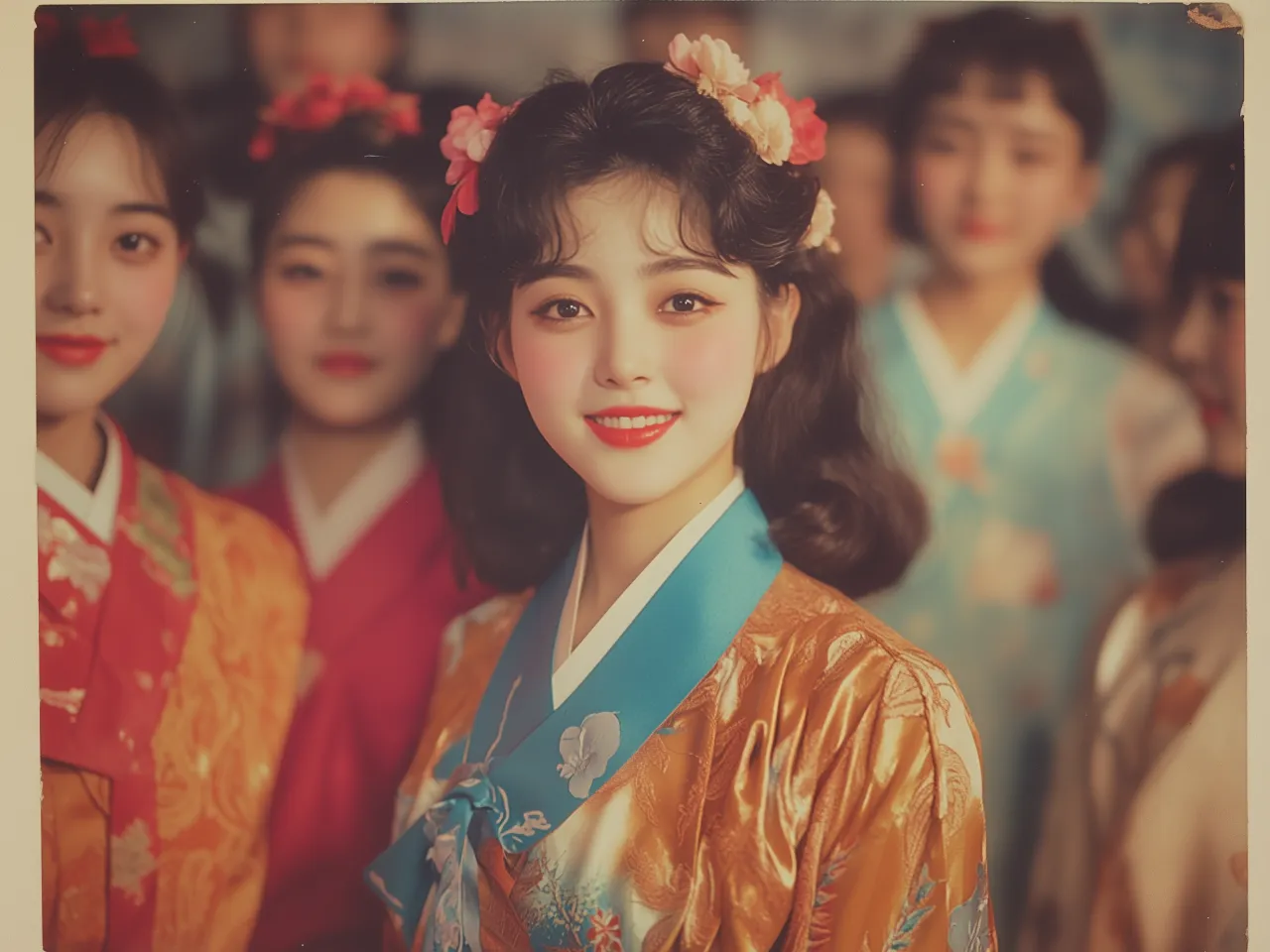
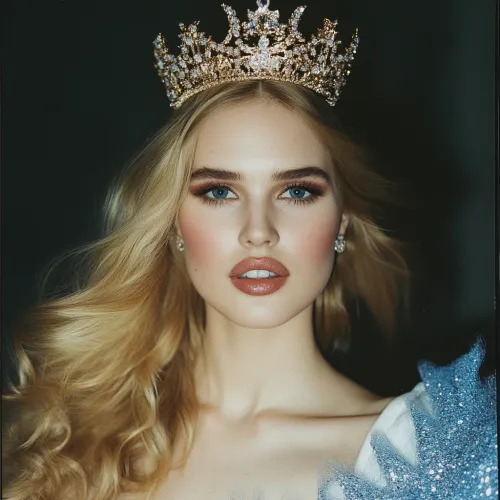 Krystyna
Krystyna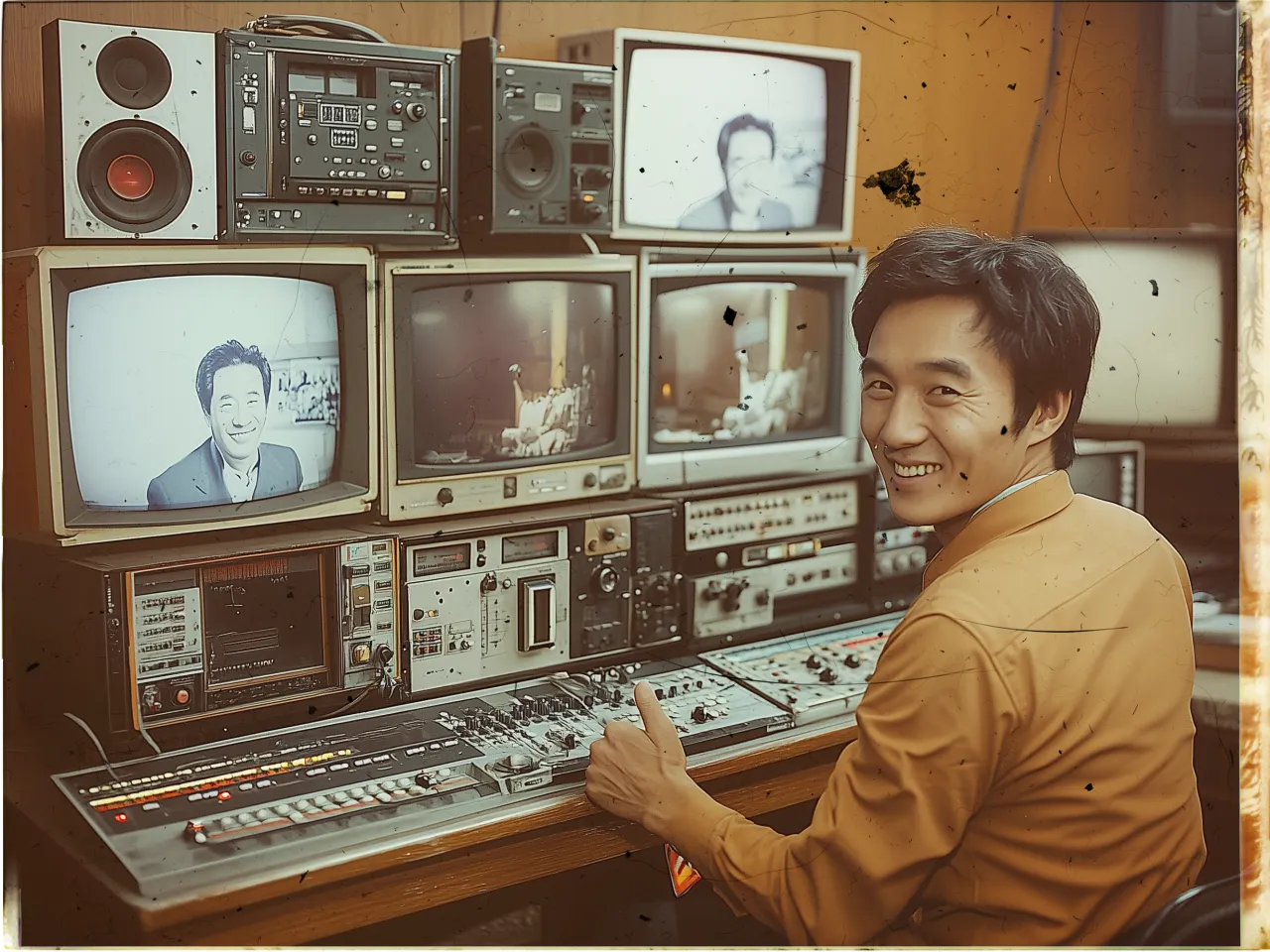
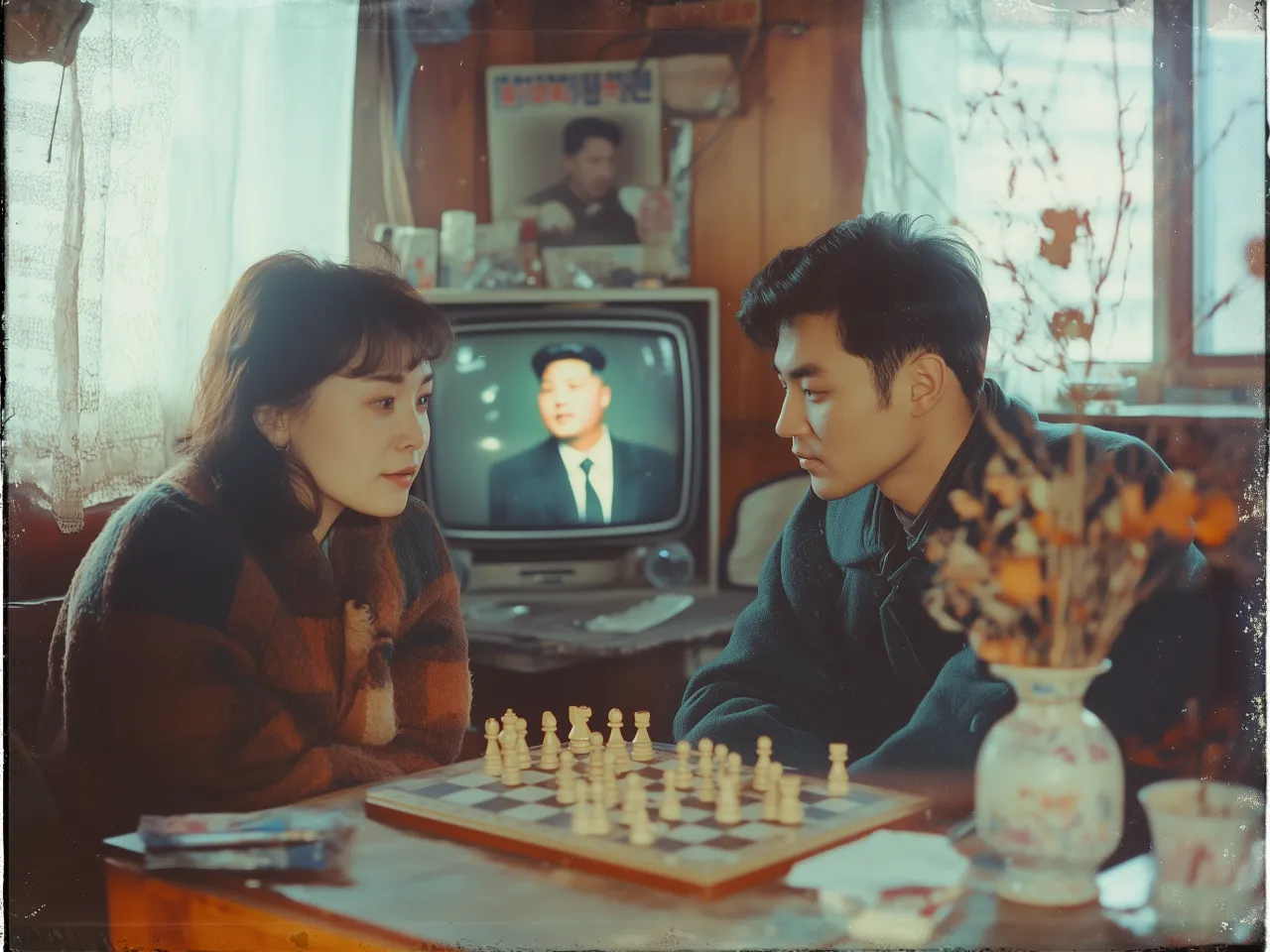
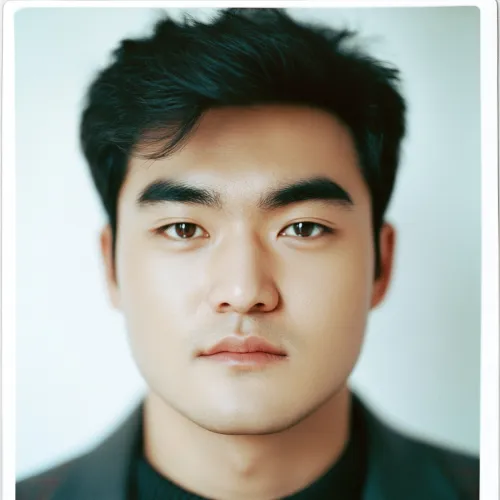 In-bum
In-bum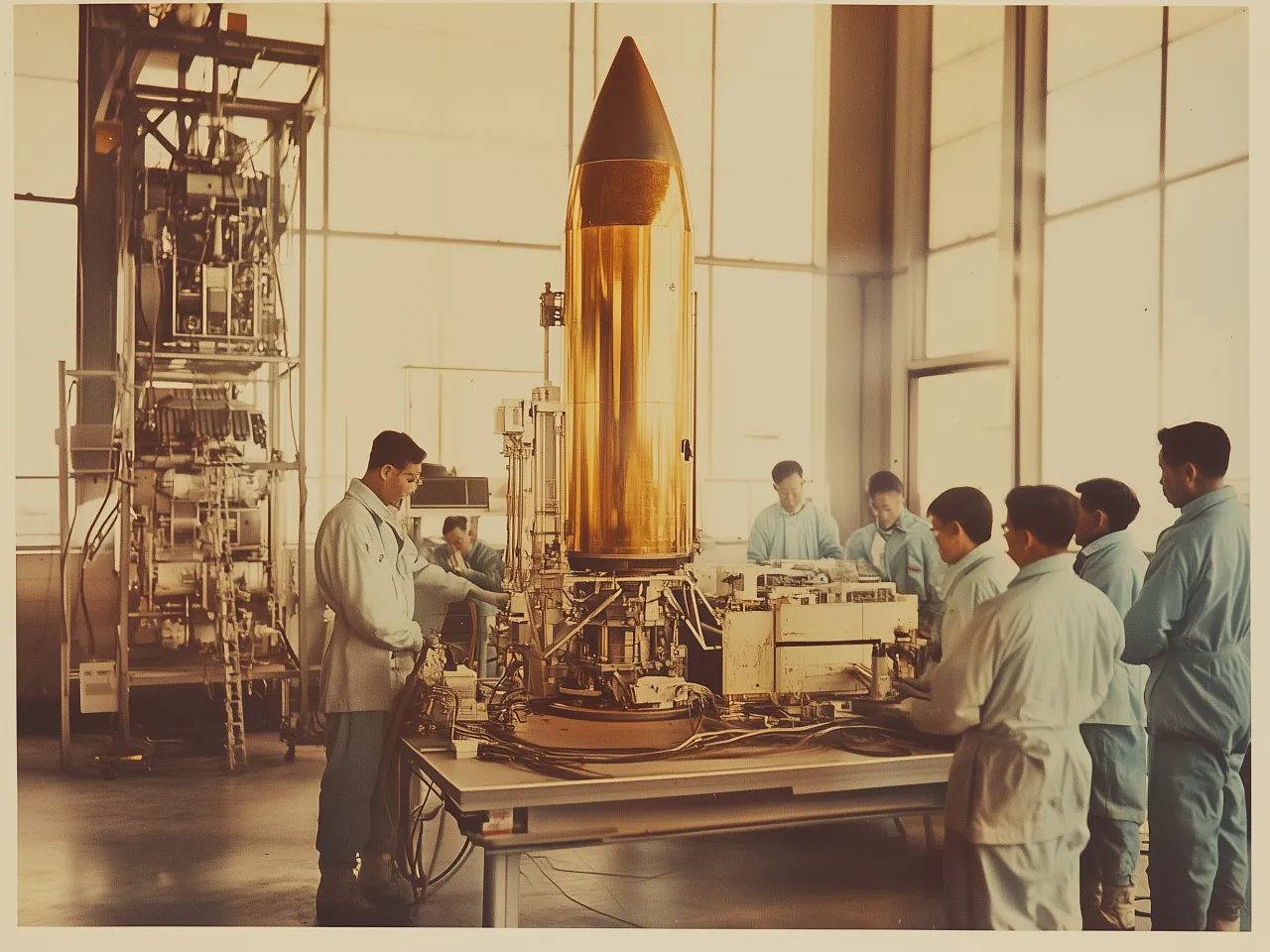
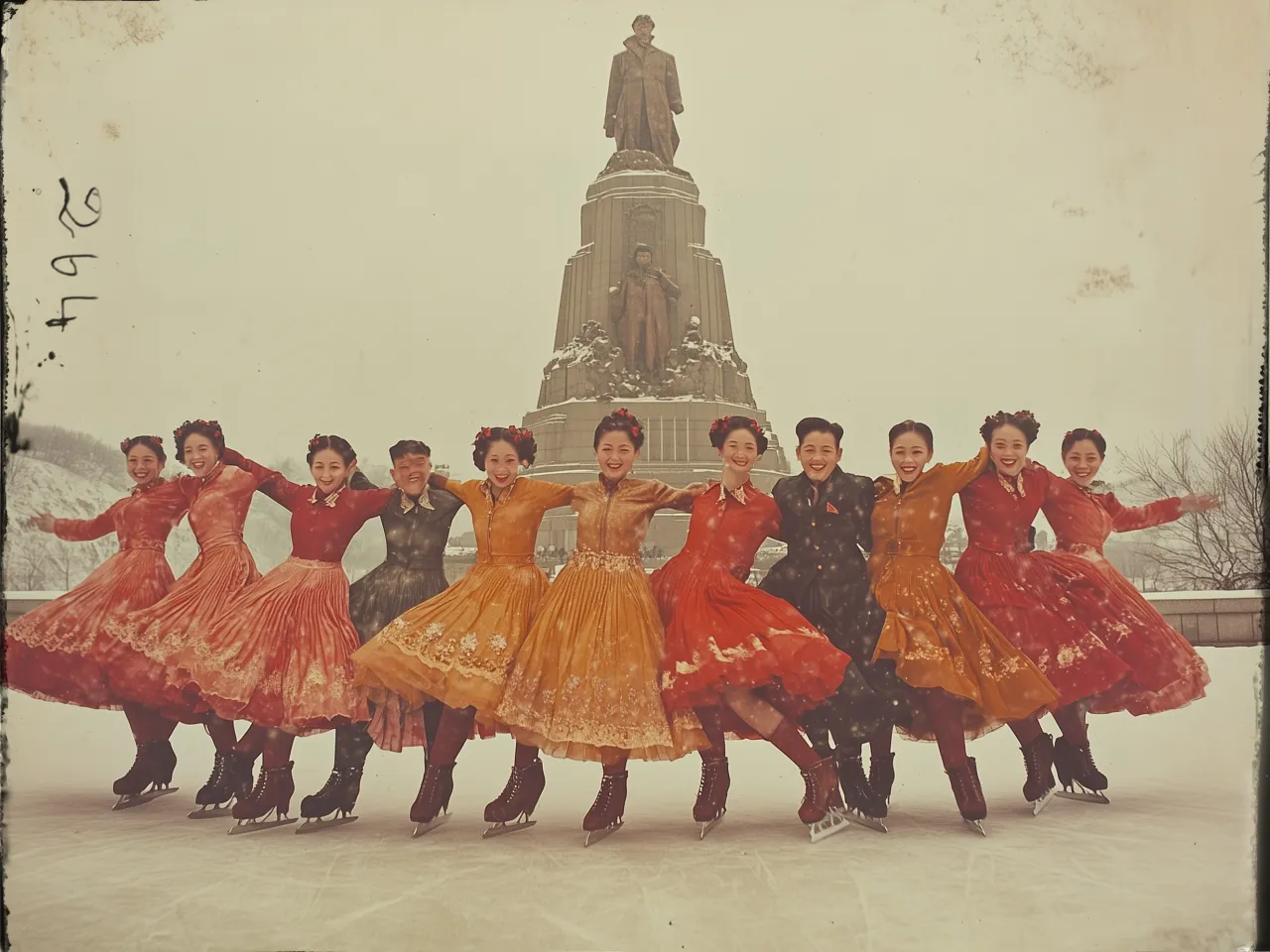
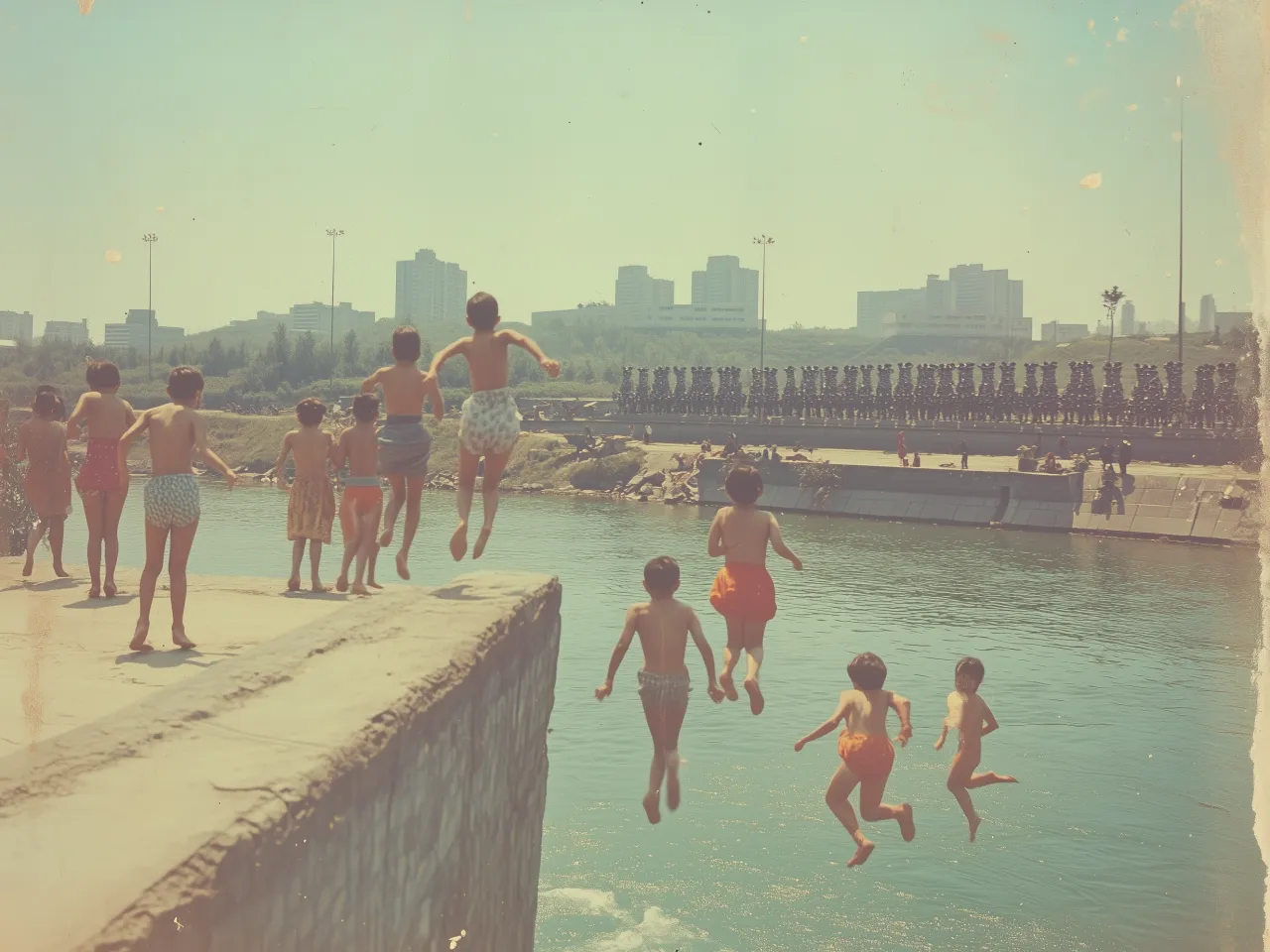
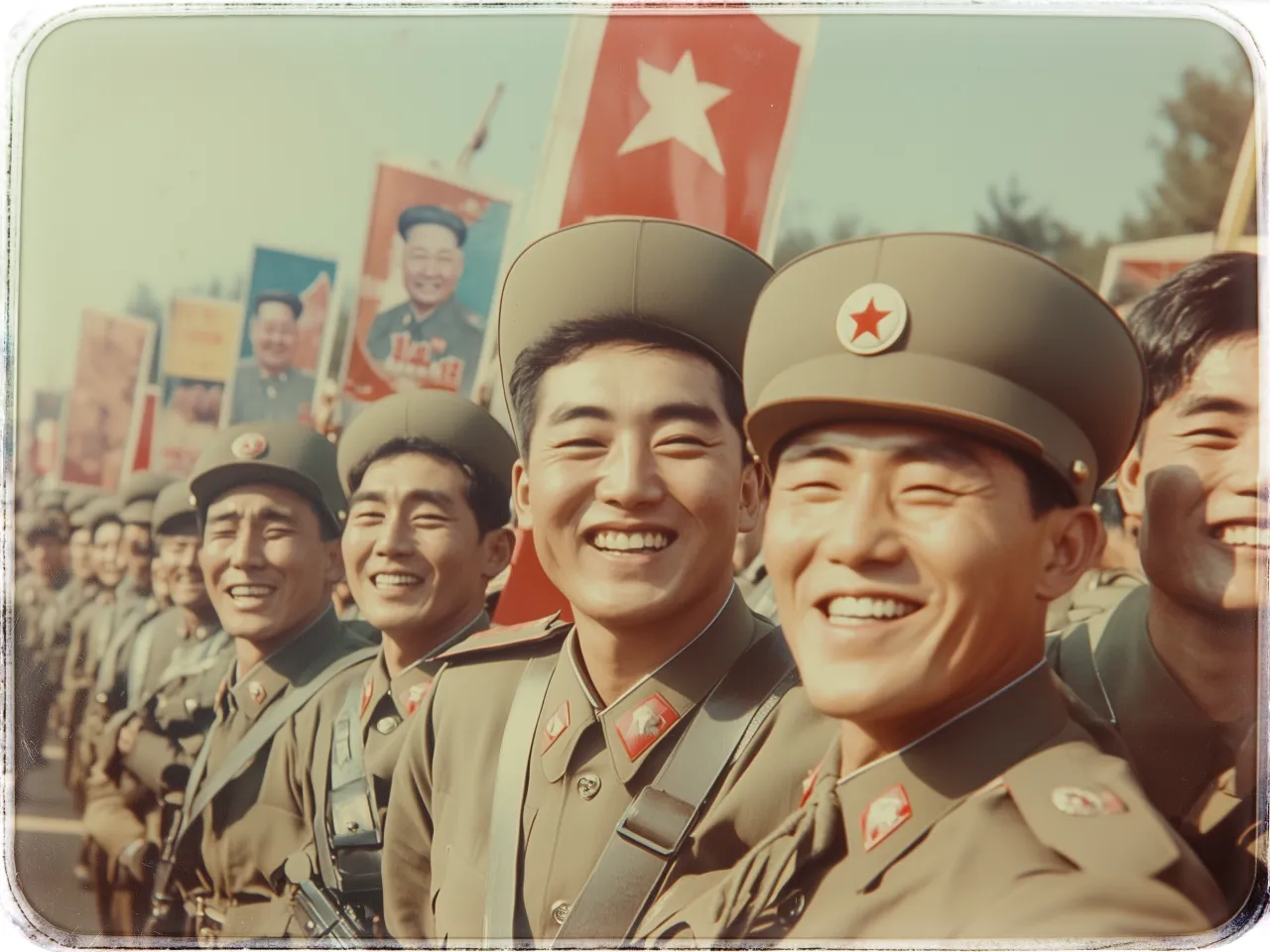
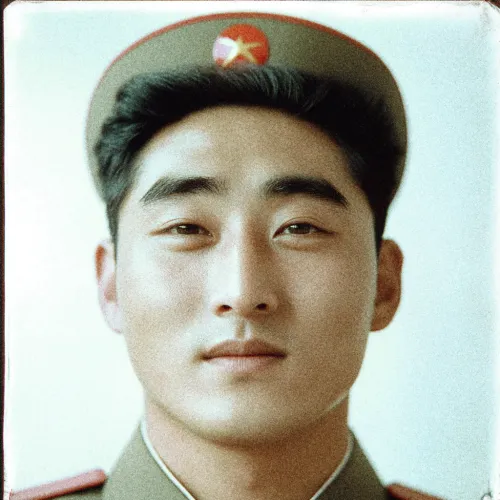 Kim
Kim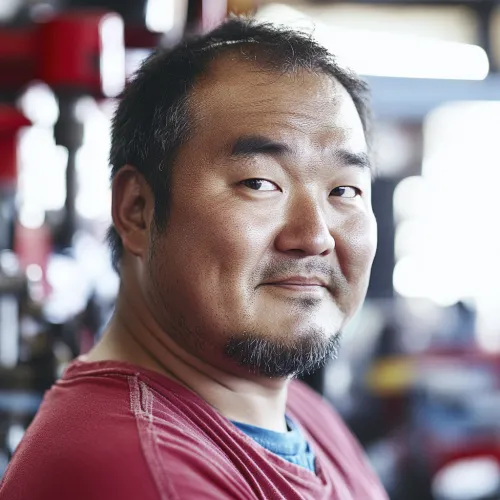 Dong-hyun
Dong-hyun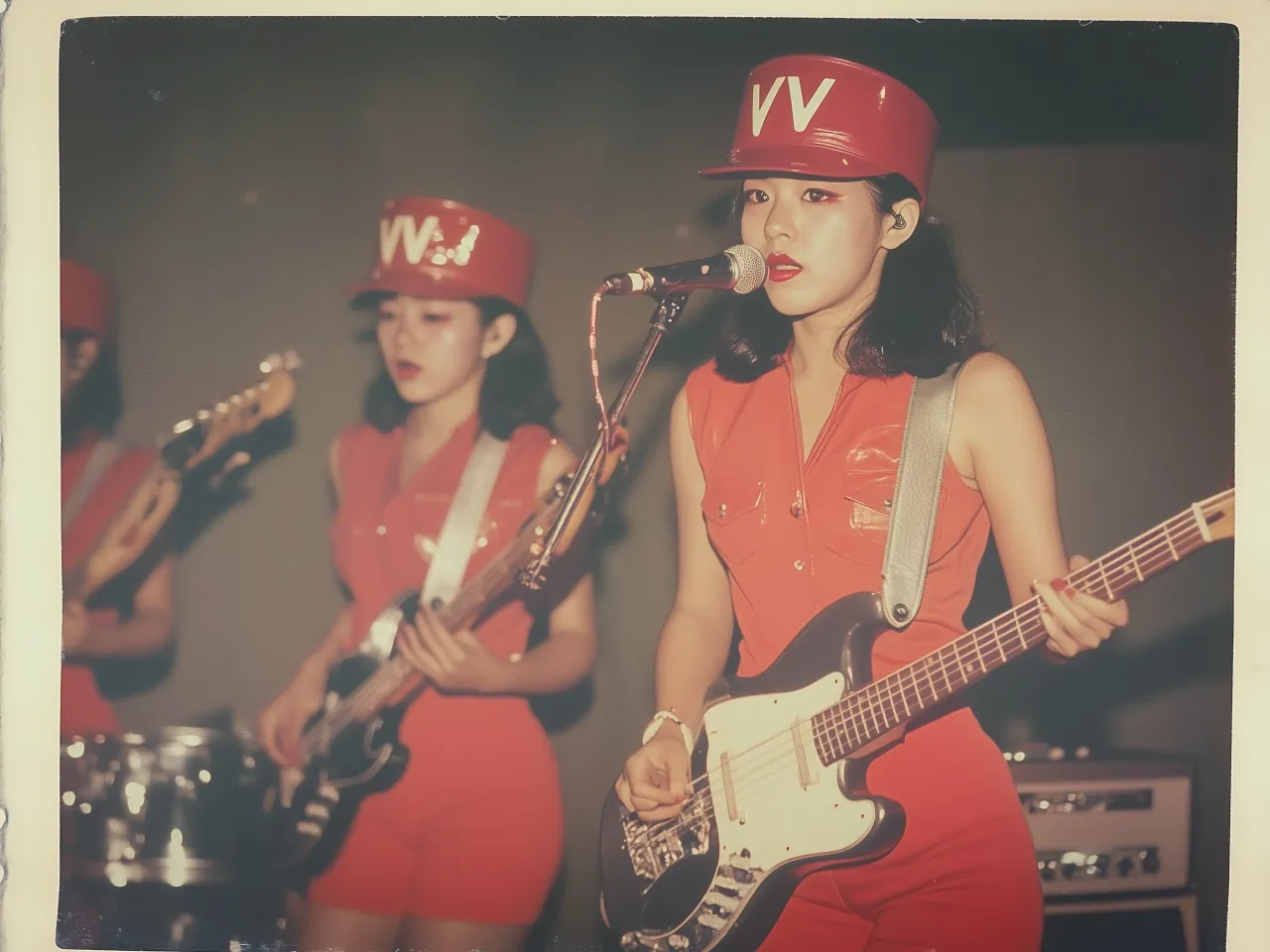
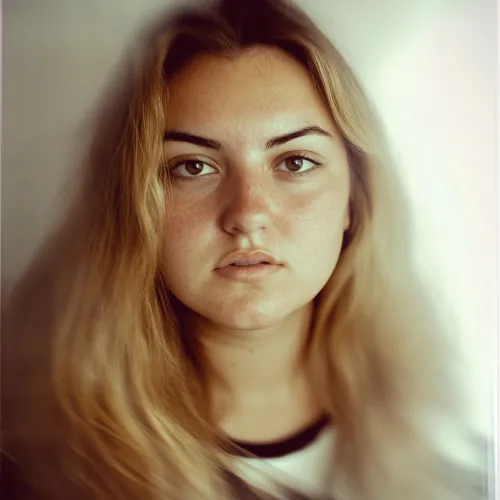 Sina
Sina